- Alumina
- Boron Nitride
- Zirconia
- Other Ceramics
- Applications
- Contact

What is a Crucible? A crucible is a container in which a substance may be melted or heated at very…
Read more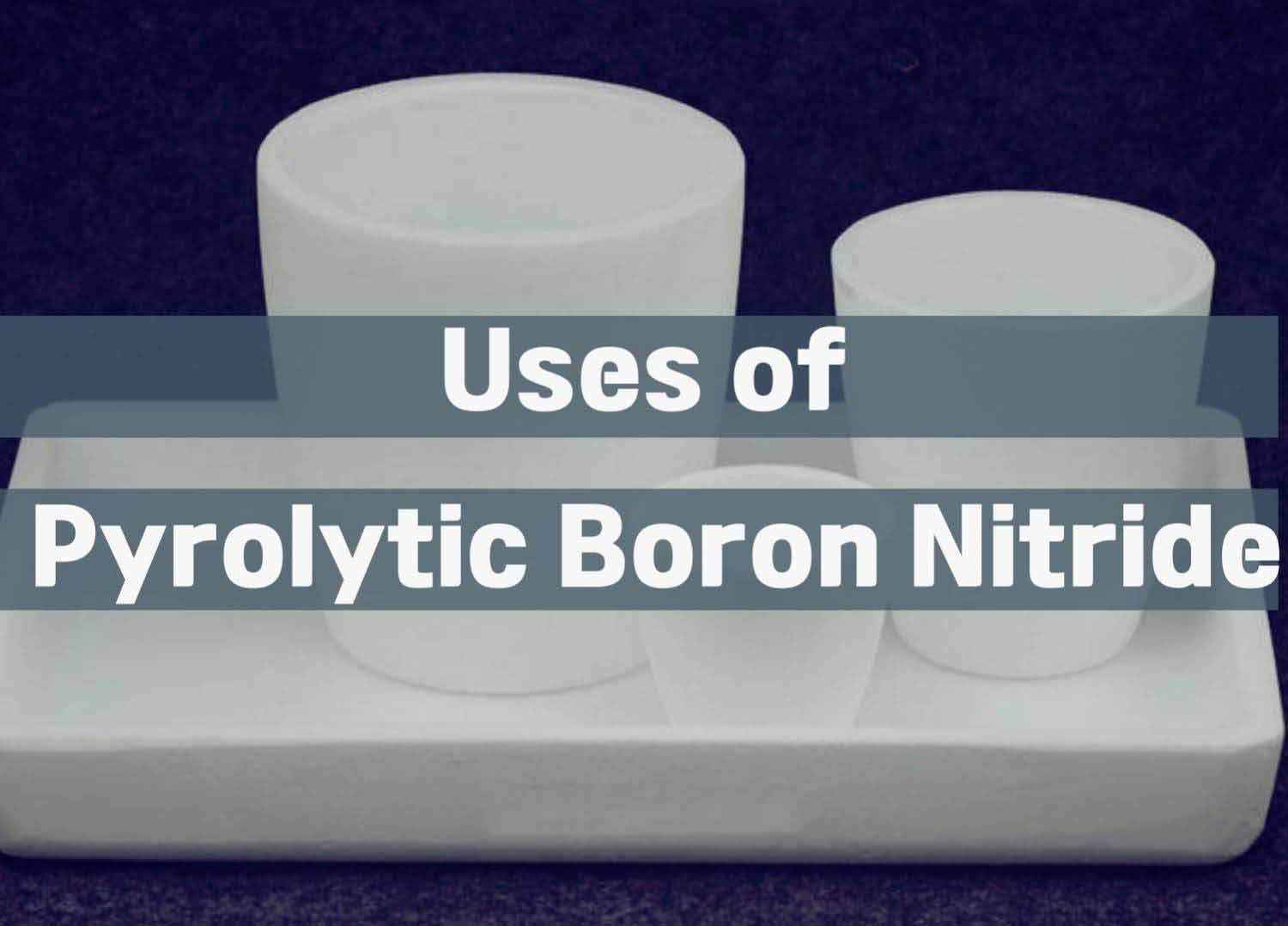
Introduction Pyrolytic boron nitride is also referred to as chemical vapor-deposited boron nitride. This is because it is produced by…
Read more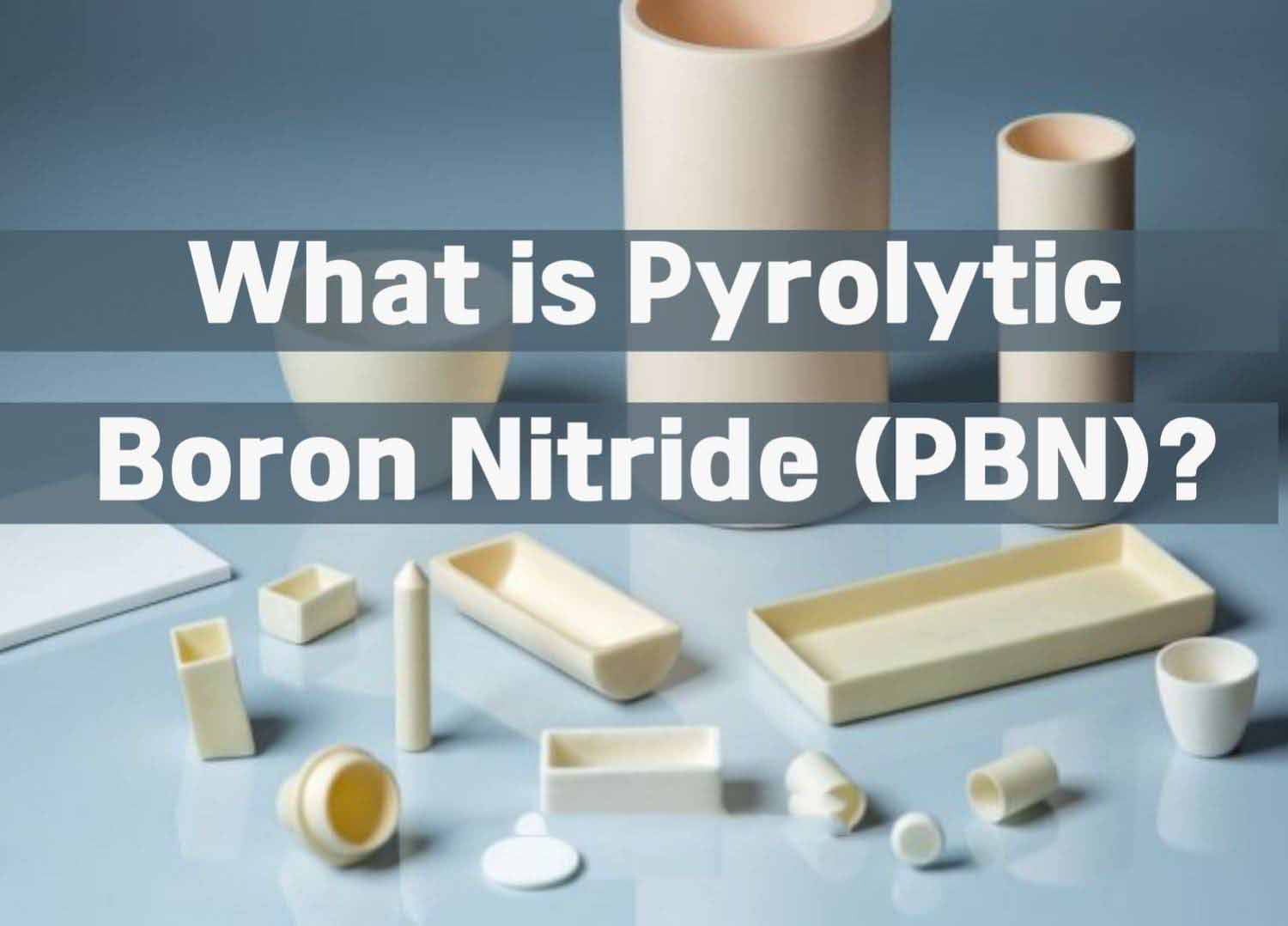
Introduction Pyrolytic boron nitride is also written as PBN or pyrolytic BN. It is a highly pure ceramic that has high chemical resistance…
Read more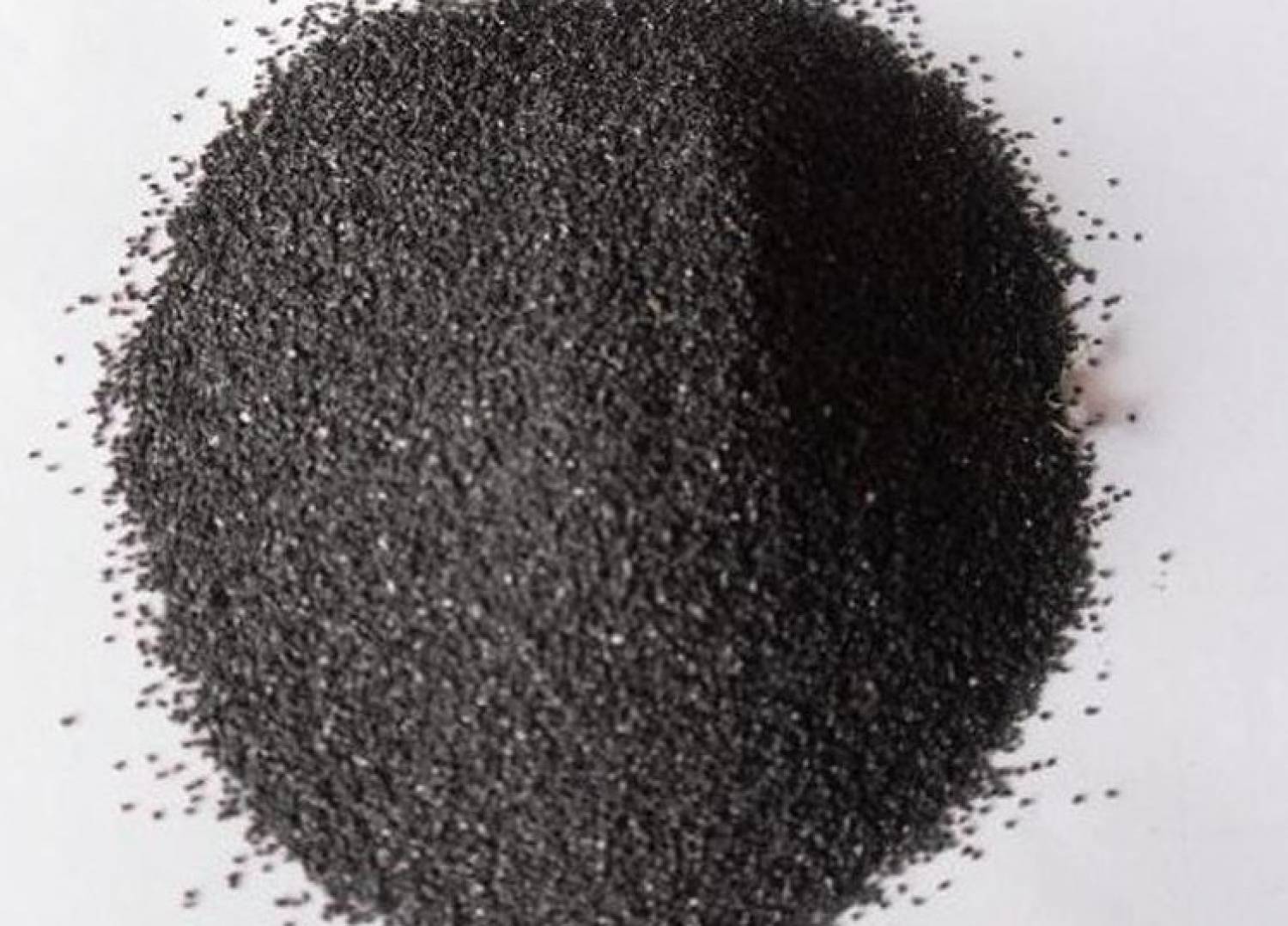
Introduction Boron carbide, with the chemical formula B4C, is a chemical compound noted for its hardness. It is the third hardest…
Read more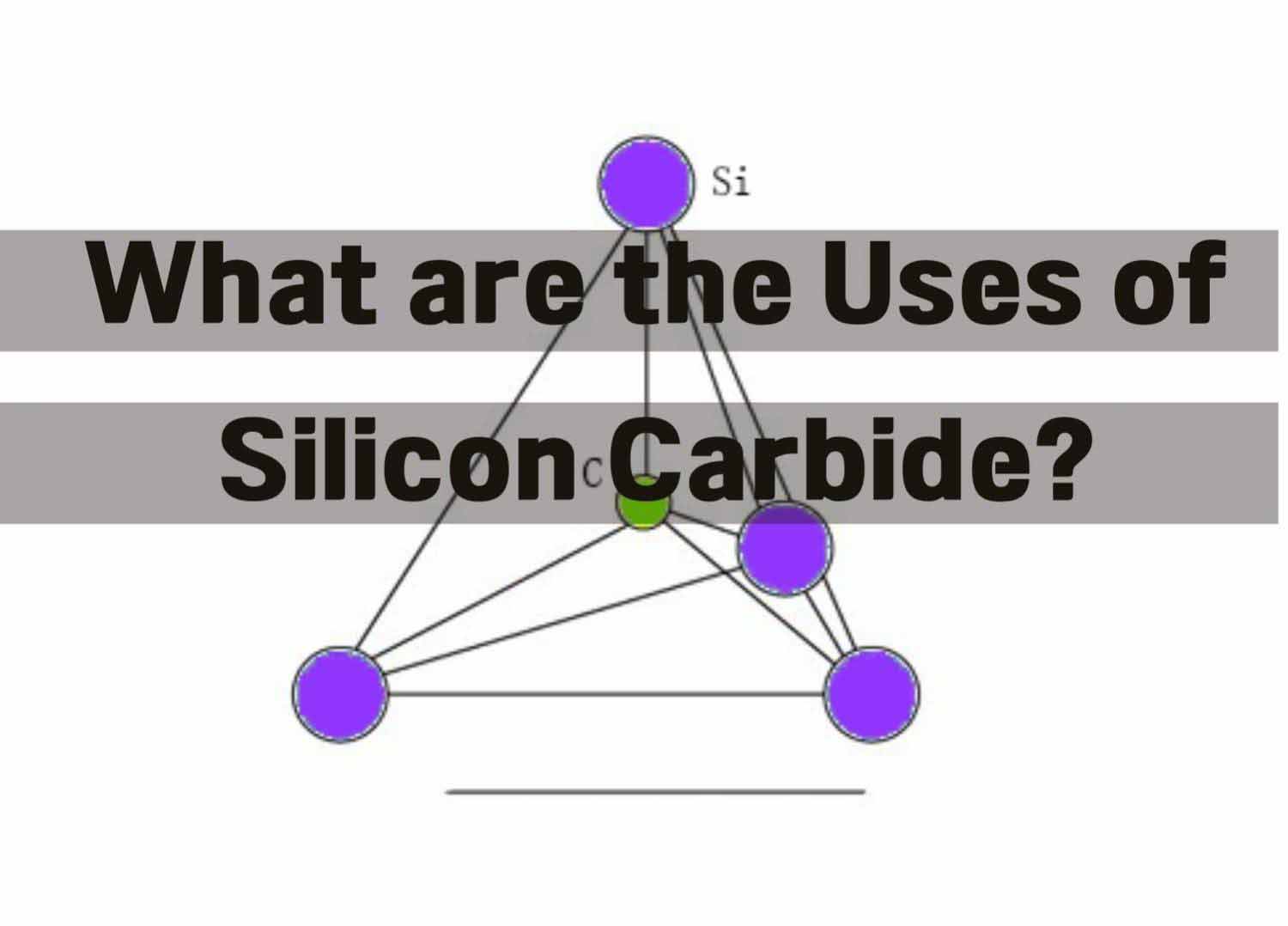
Silicon carbide, also called carborundum, is a compound made from silicon and carbon. This chemical compound is found in a mineral…
Read more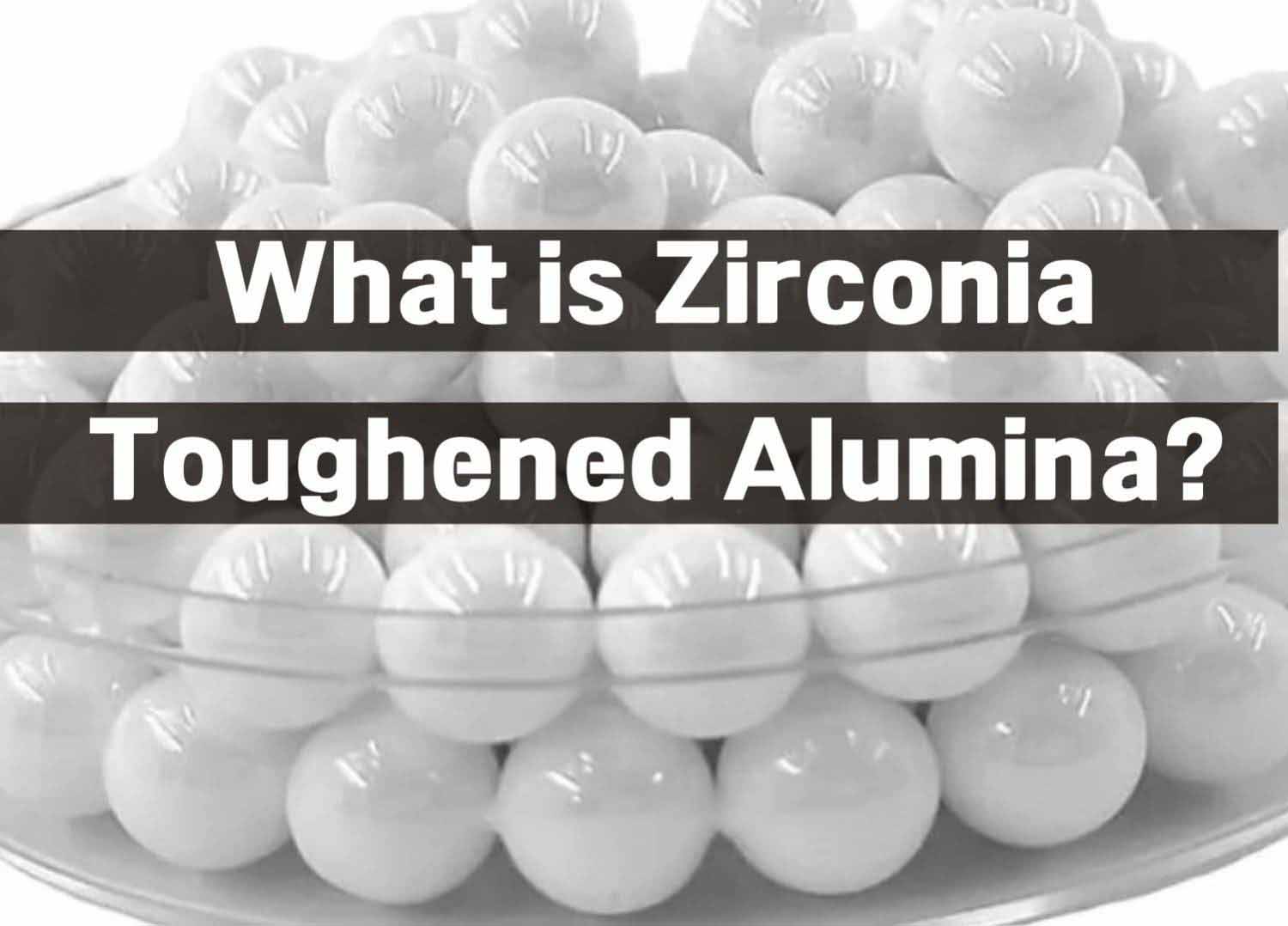
Introduction Zirconia toughened alumina (ZTA) products are products made from zirconia and alumina. Zirconia is an oxide of zircon that…
Read more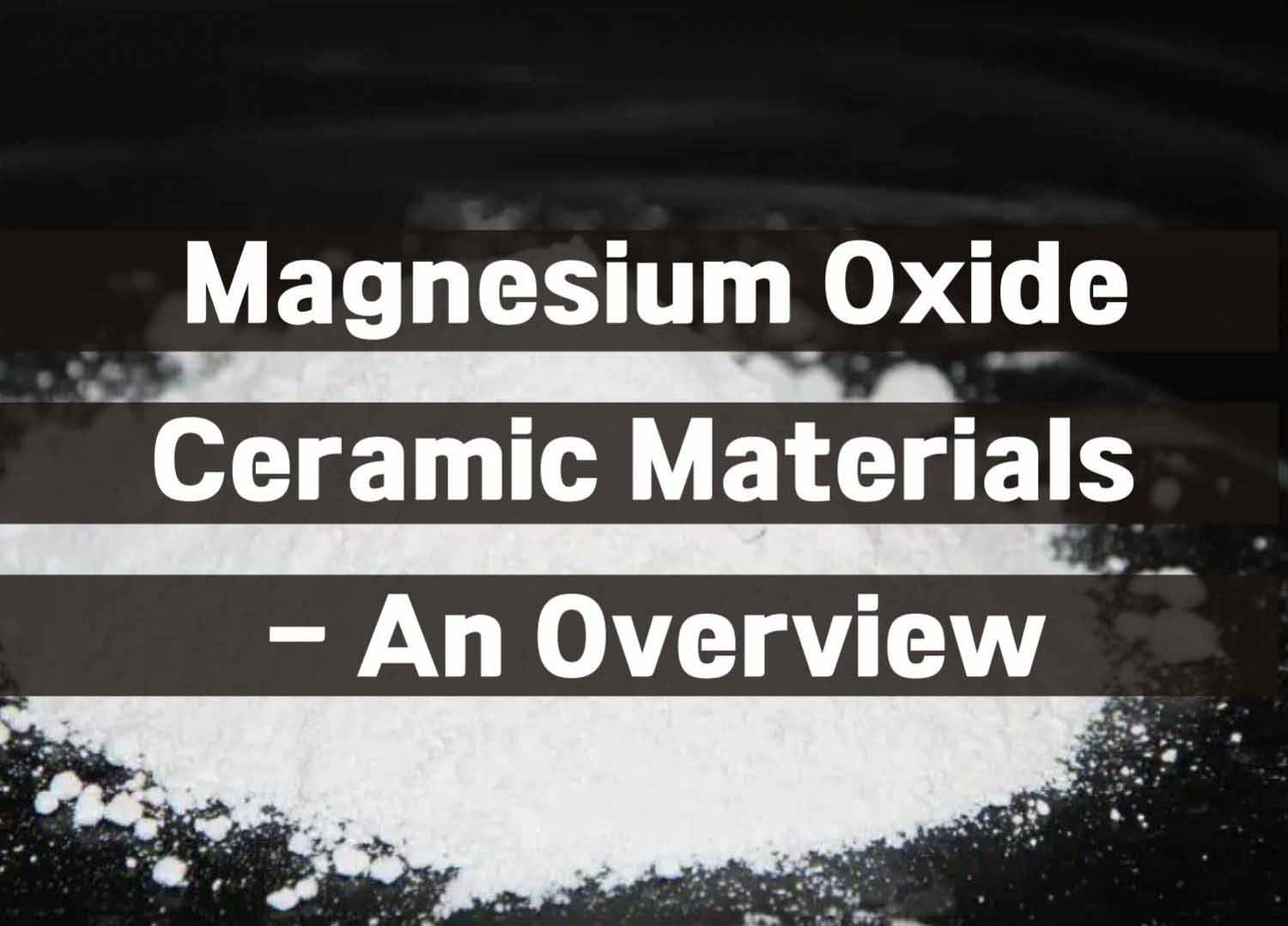
Magnesia (also known as magnesium oxide or MgO) is an alkaline earth metal oxide that is produced by the calcination…
Read more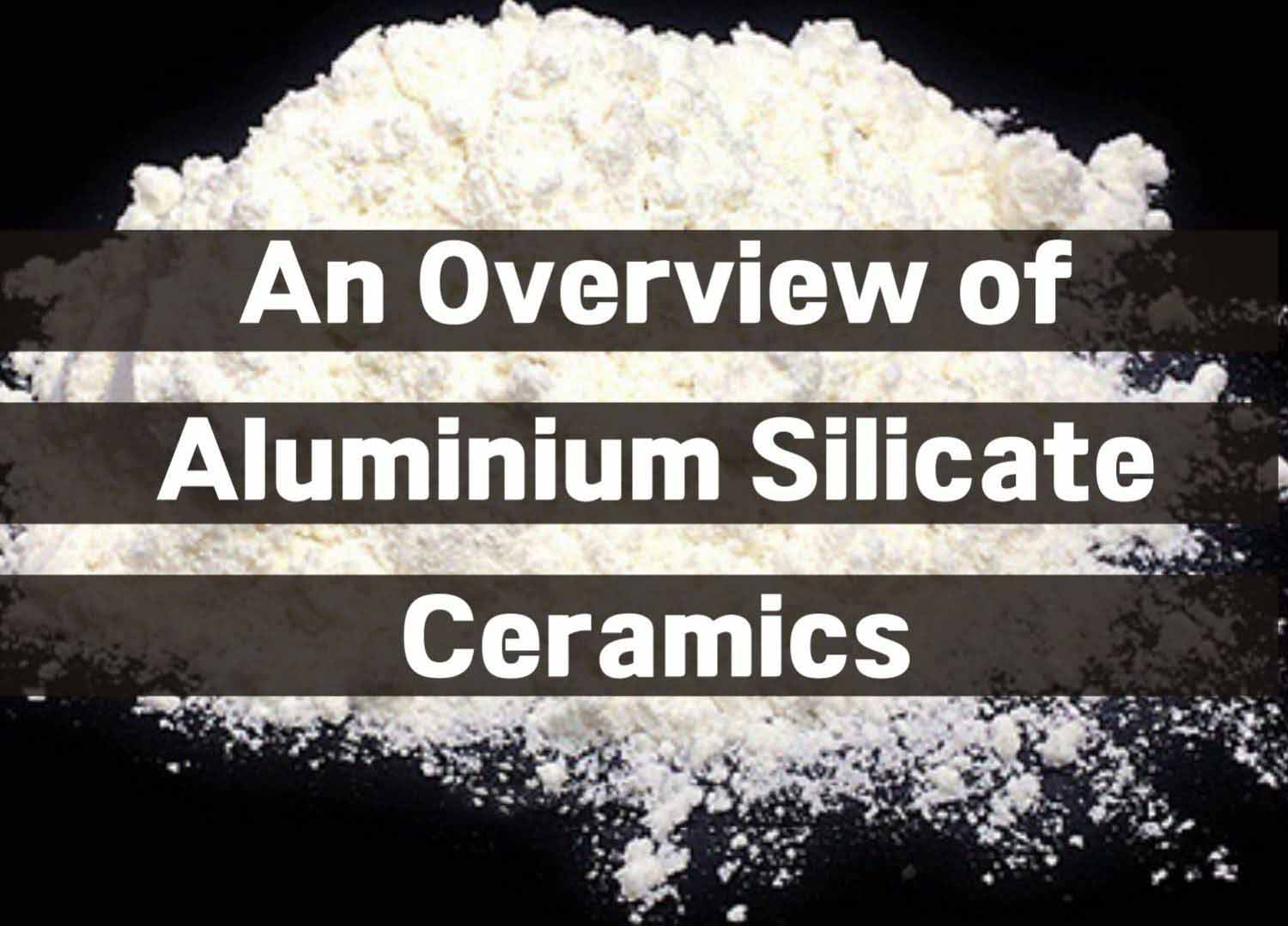
Introduction to Aluminium Silicate Aluminum silicate refers to compounds gotten from both aluminum oxide and silicon dioxide. Aluminum silicate generally has…
Read more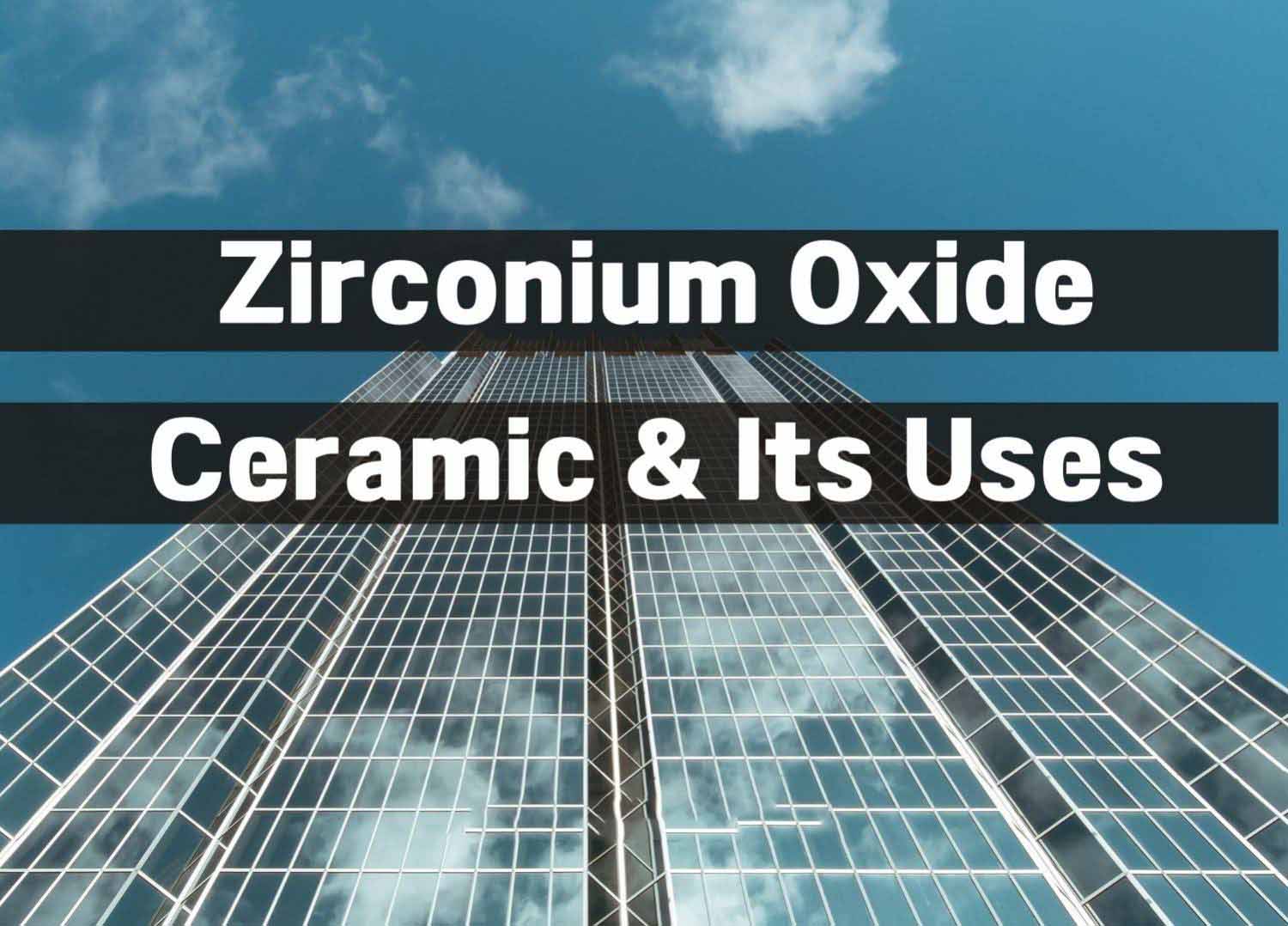
Zirconium Zirconium is a silver-gray transition metal that is very malleable and ductile. The element typically forms stable compounds. This…
Read more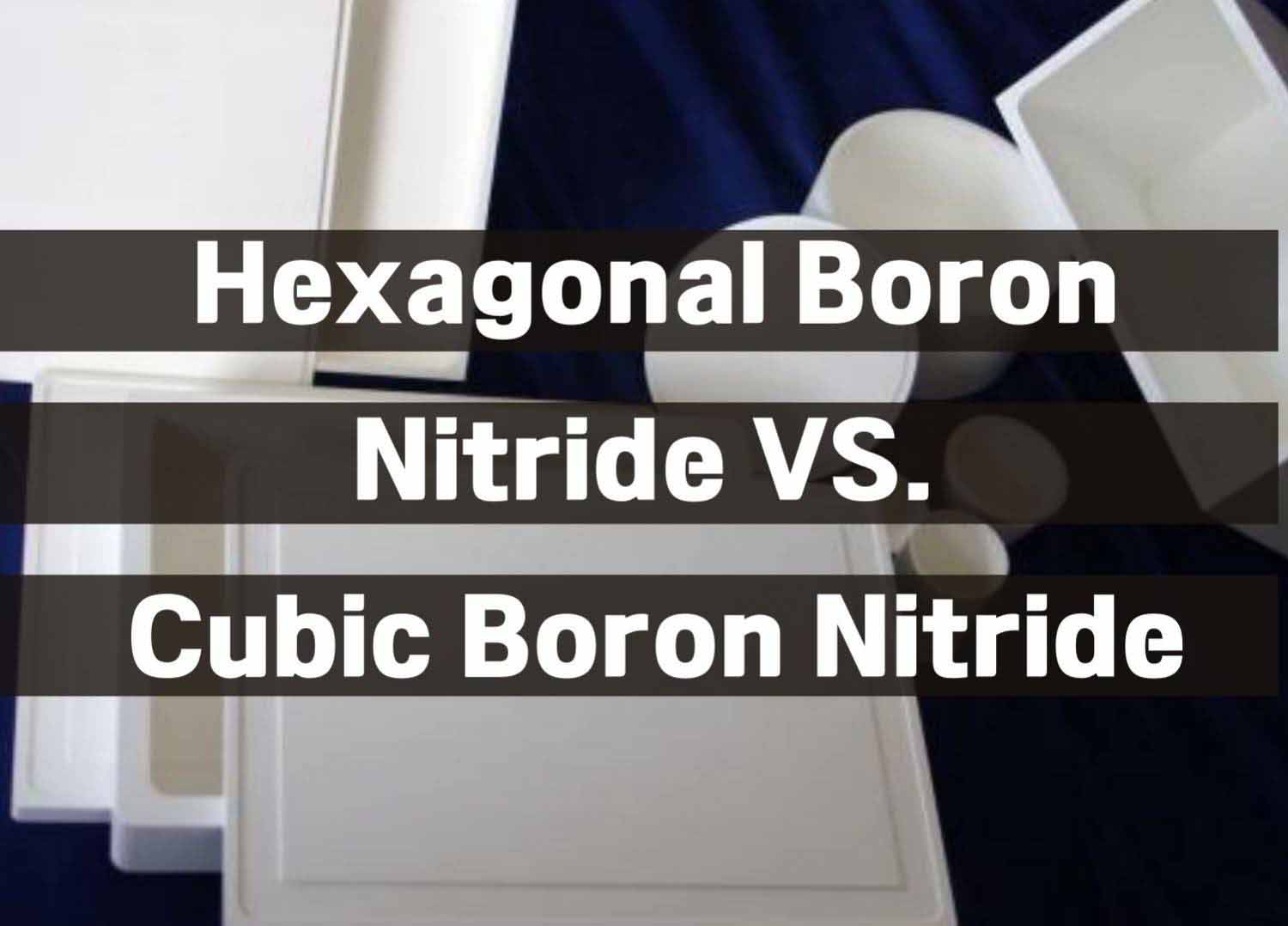
Boron nitride ceramic is a thermally and chemically stable refractory material made up of one molecule each of boron and…
Read more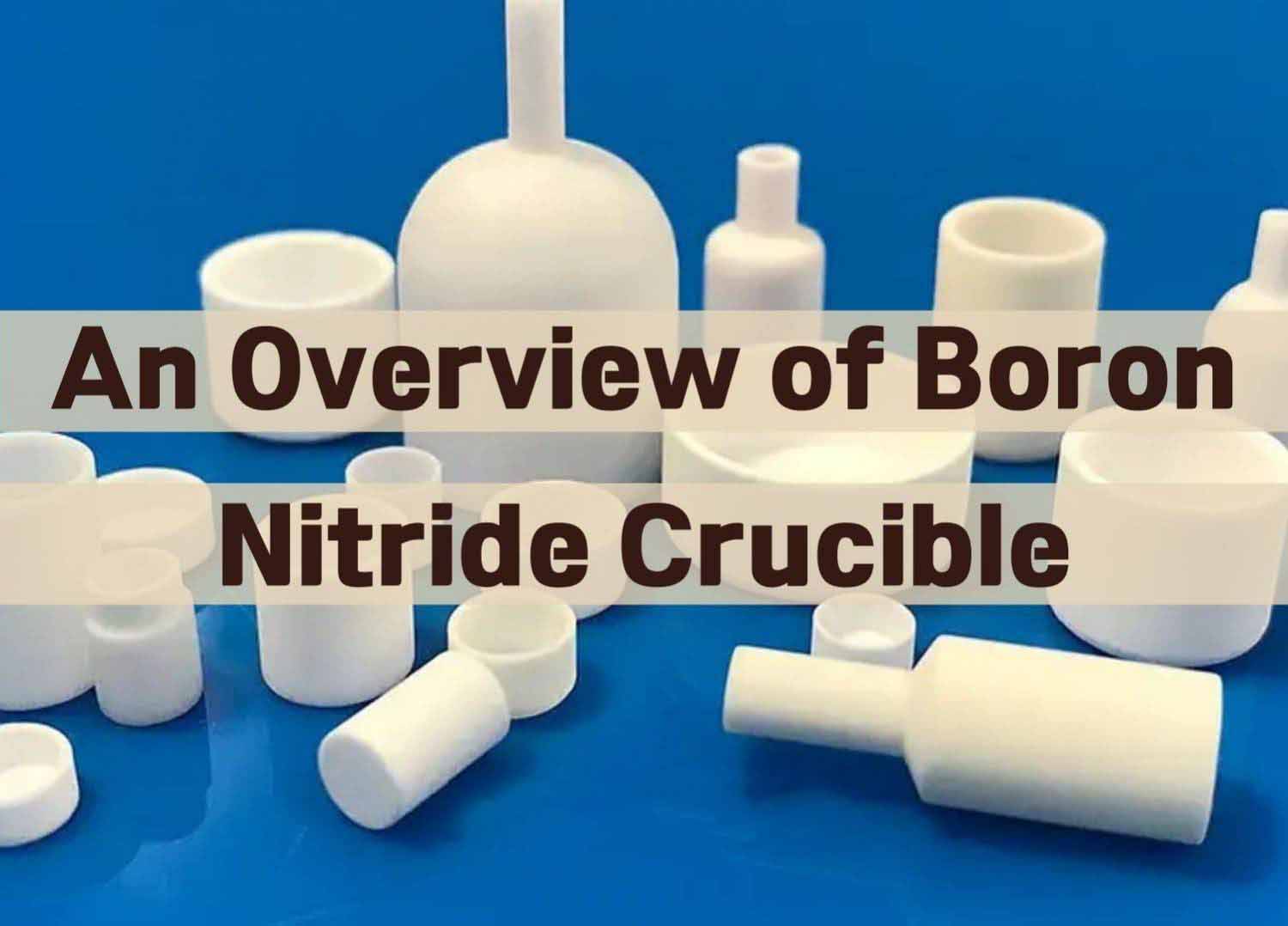
What is Boron Nitride? Boron nitride is a thermally and chemically resistant refractory compound composed mainly of boron and nitrogen…
Read more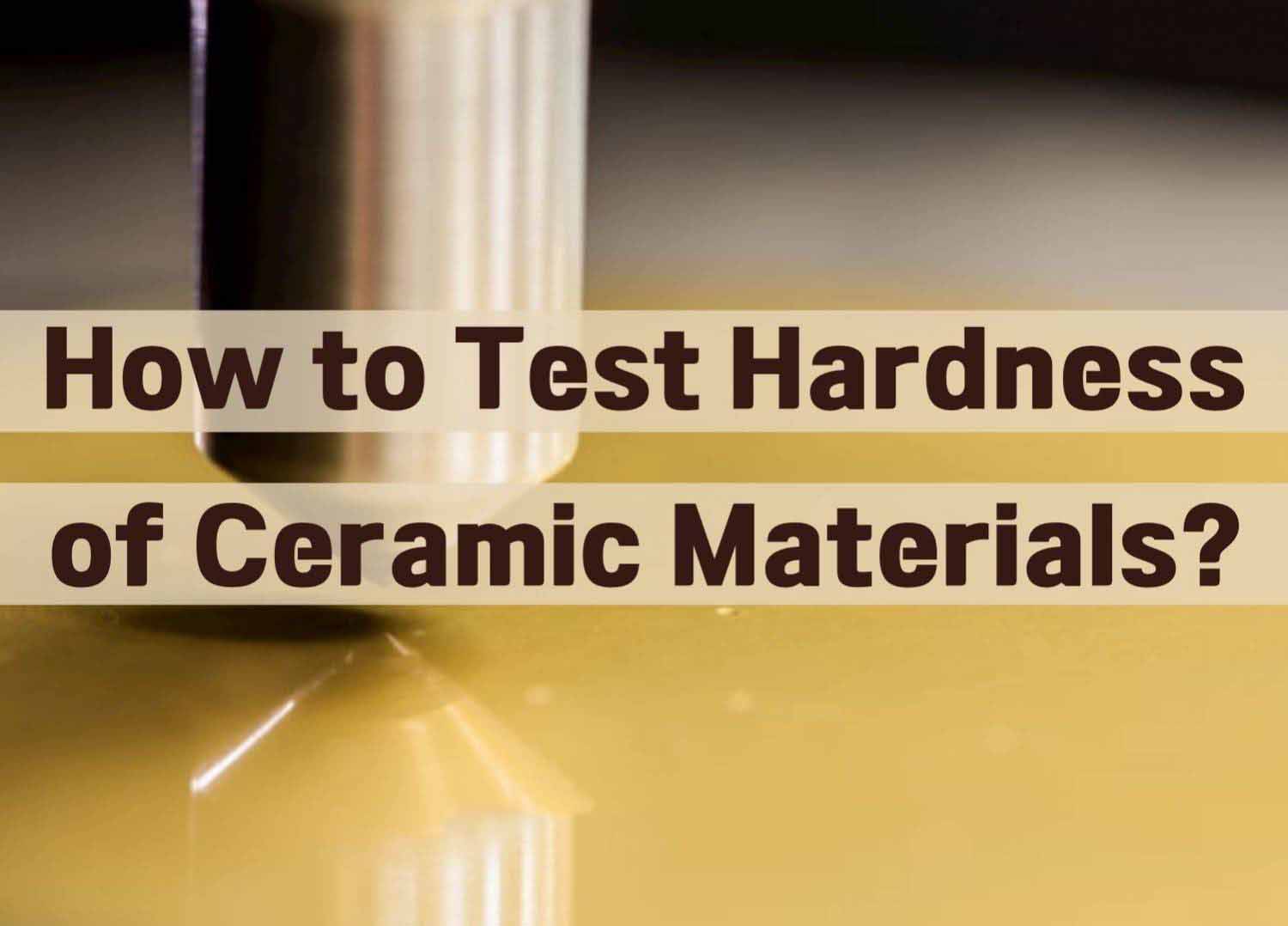
Ceramic materials, especially technical ceramics, are used in various applications where their mechanical strength and resistance to external forces, such as corrosion,…
Read more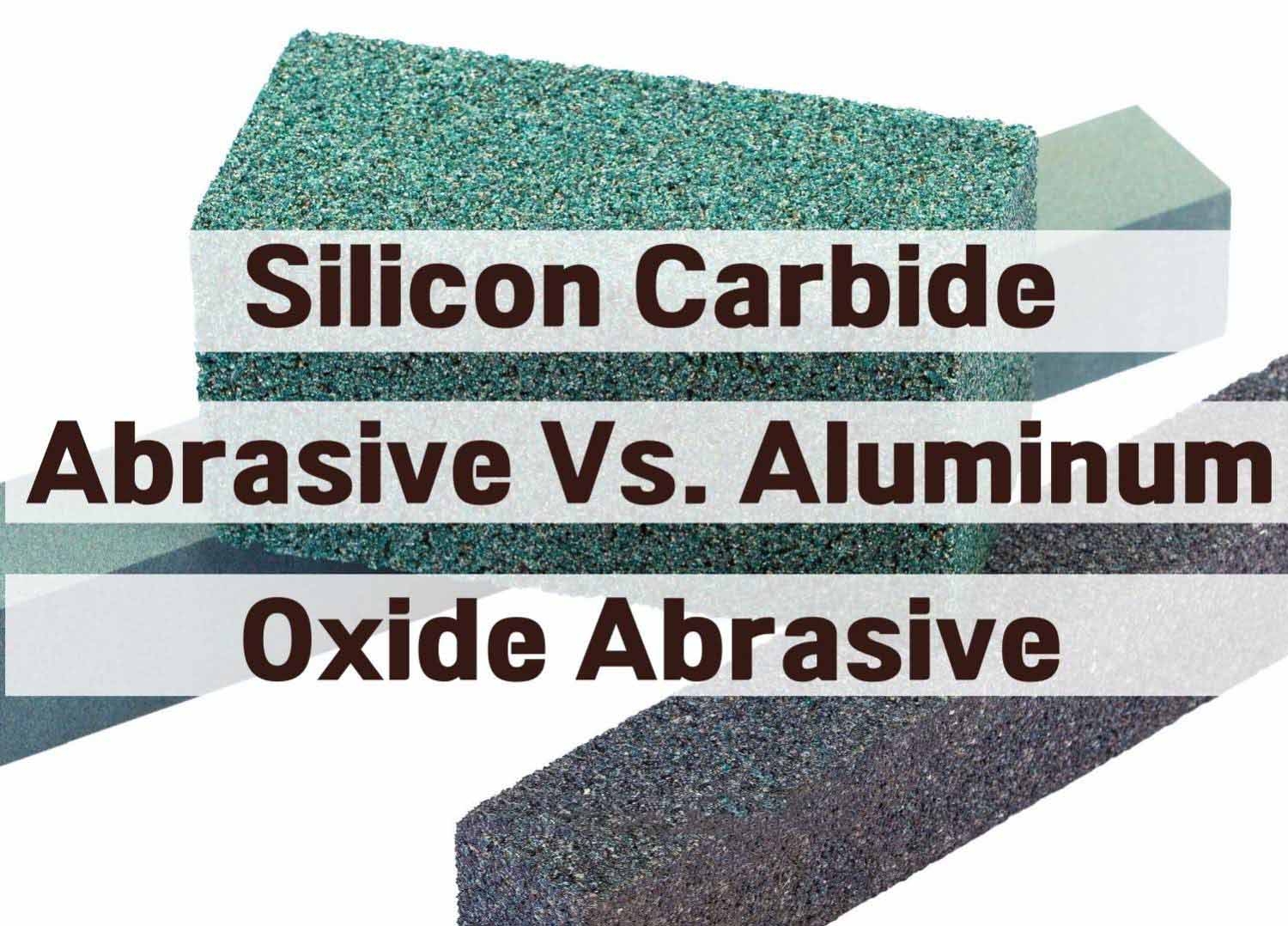
Silicon carbide and aluminum oxide are the two most commonly used abrasives. When choosing between any of these two, an…
Read more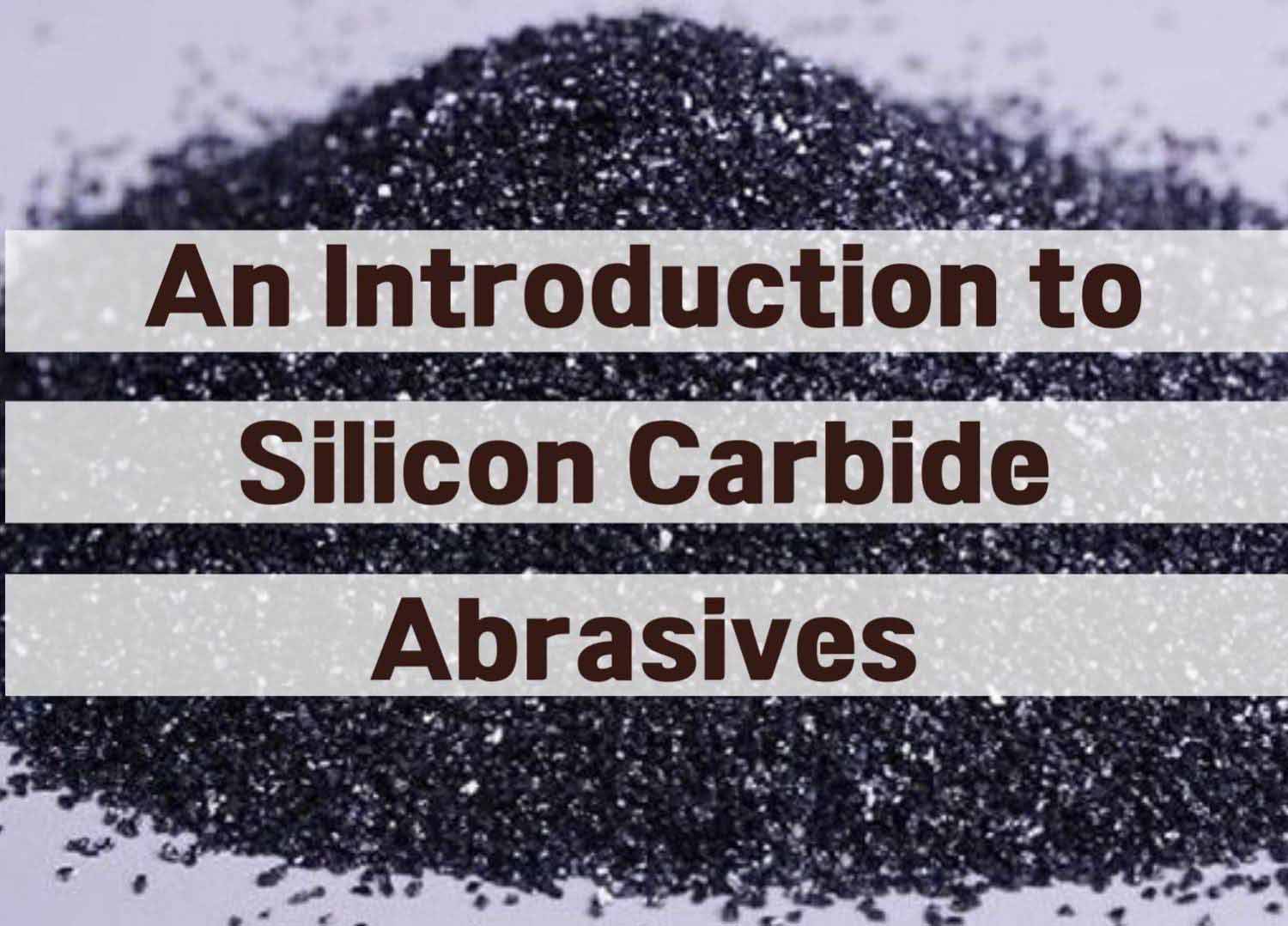
Silicon carbide is an important ceramic material known for its excellent hardness. Its hardness is only surpassed by diamond, cubic boron…
Read more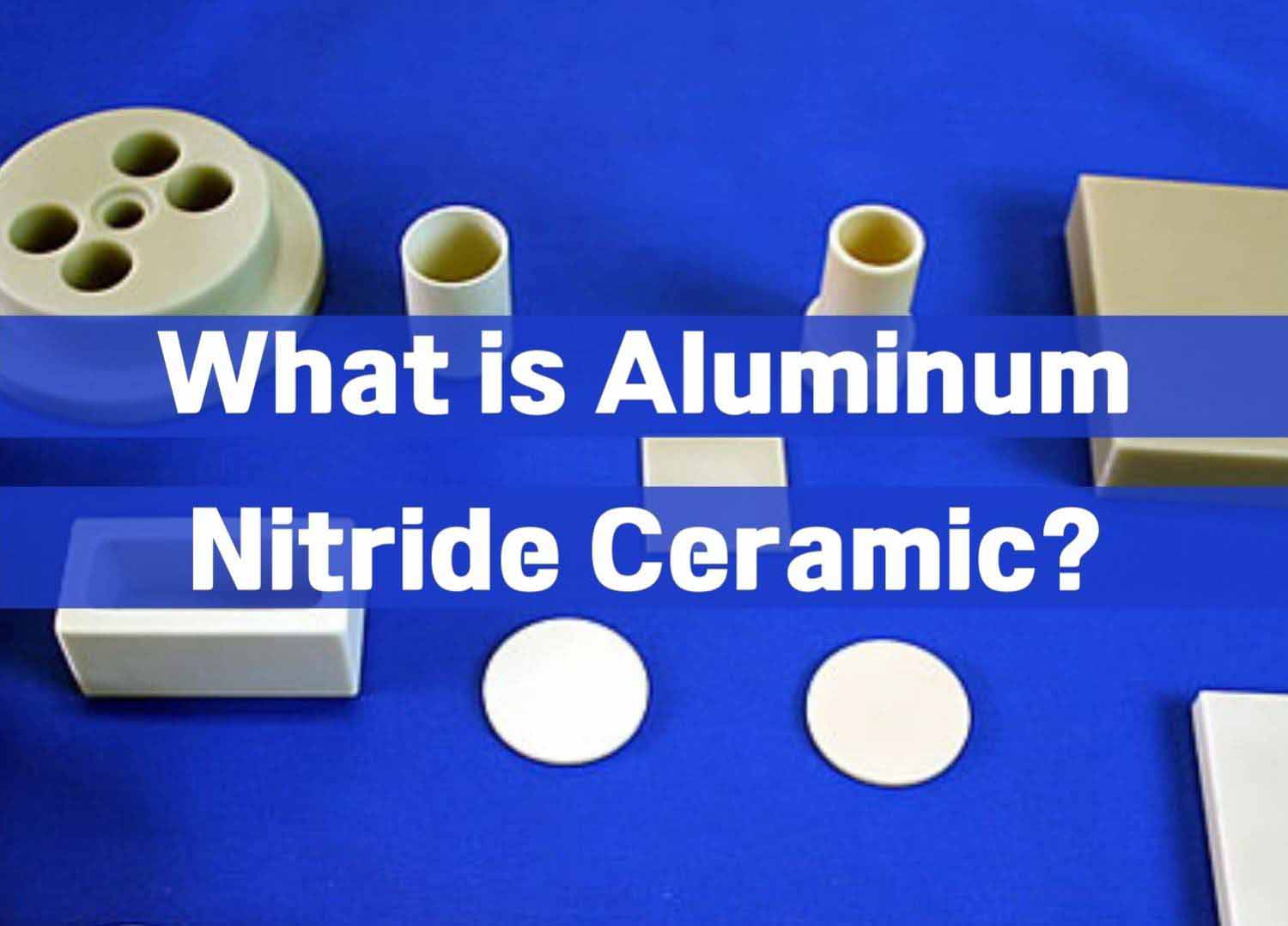
Aluminum nitride (AIN) is known for its high thermal conductivity and remarkable electrical insulation properties. It is a common ceramic…
Read more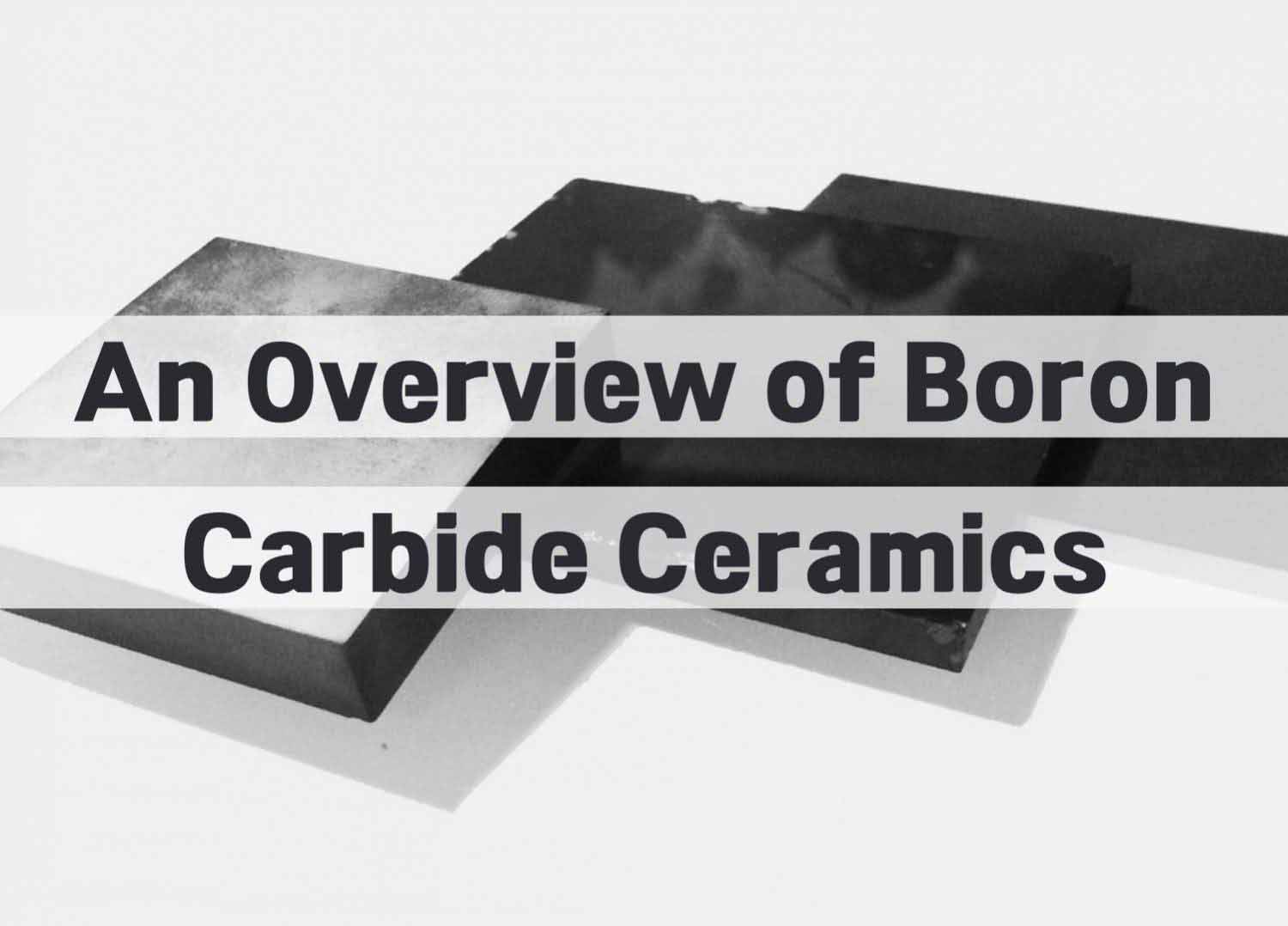
Boron carbide (B4C) is a tough ceramic material consisting of boron and carbon. Boron carbide is actually one of the…
Read more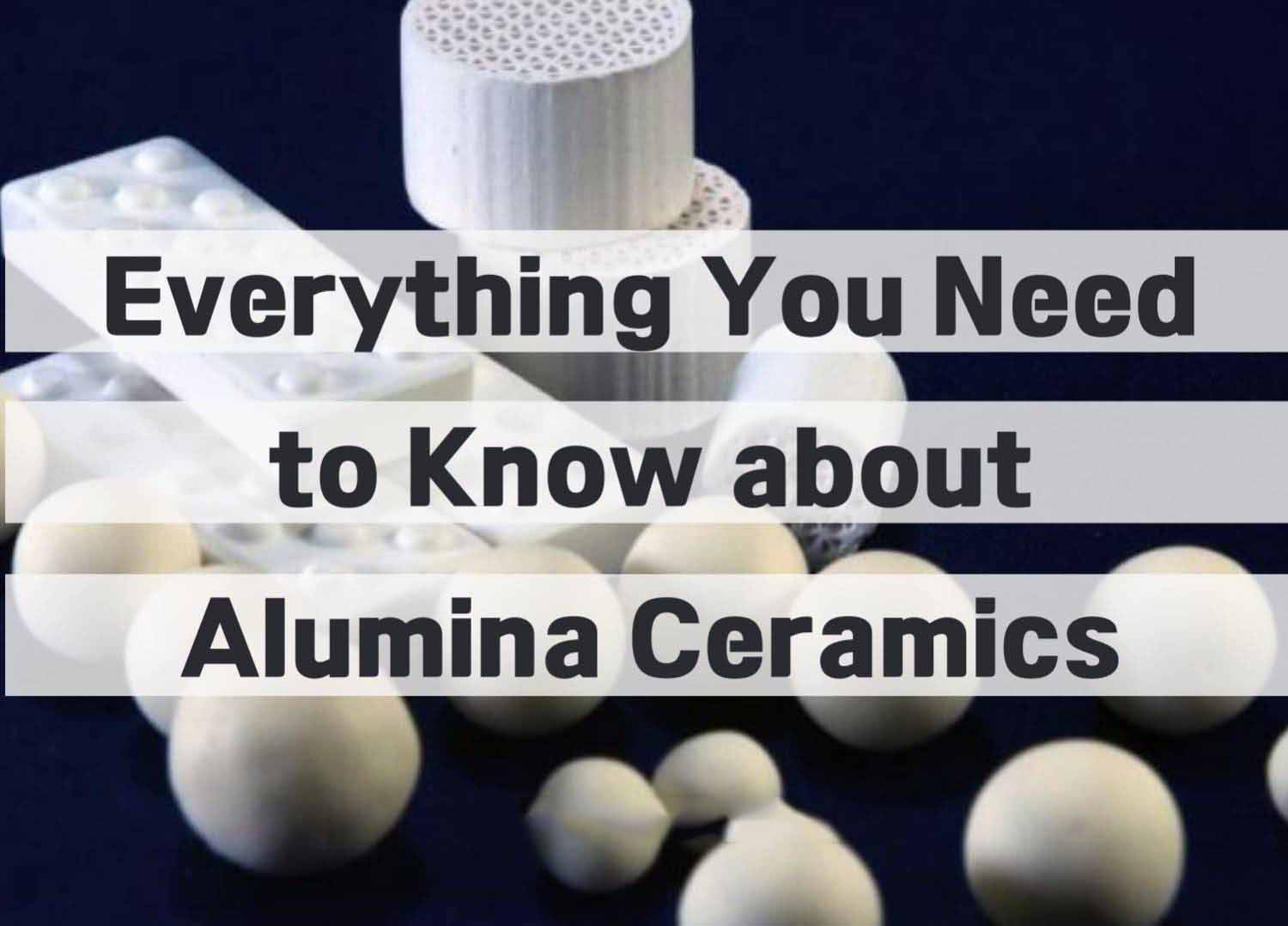
Alumina ceramics are China Special Ceramic Parts, Inc. basically composed of aluminum and oxygen. Aluminum oxide ceramics are favored among many manufacturers…
Read more
LaB6 Filaments are also known as lanthanum hexaboride filaments. These filaments are made from a chemical compound composed of lanthanum…
Read more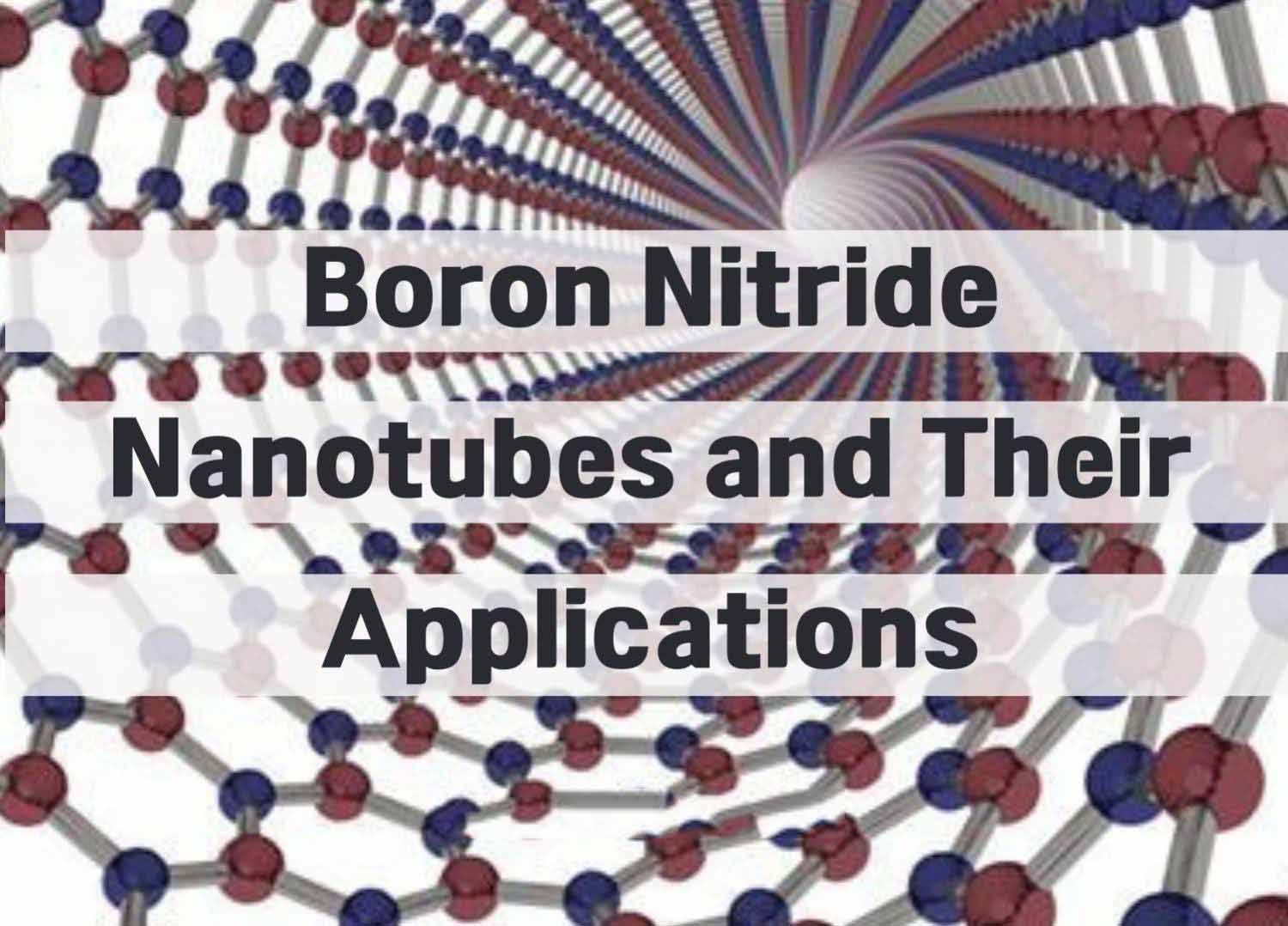
Boron nitride nanotubes have structural similarities with carbon nanotubes. However, where carbon nanotubes are made with carbon, boron nitride nanotubes…
Read more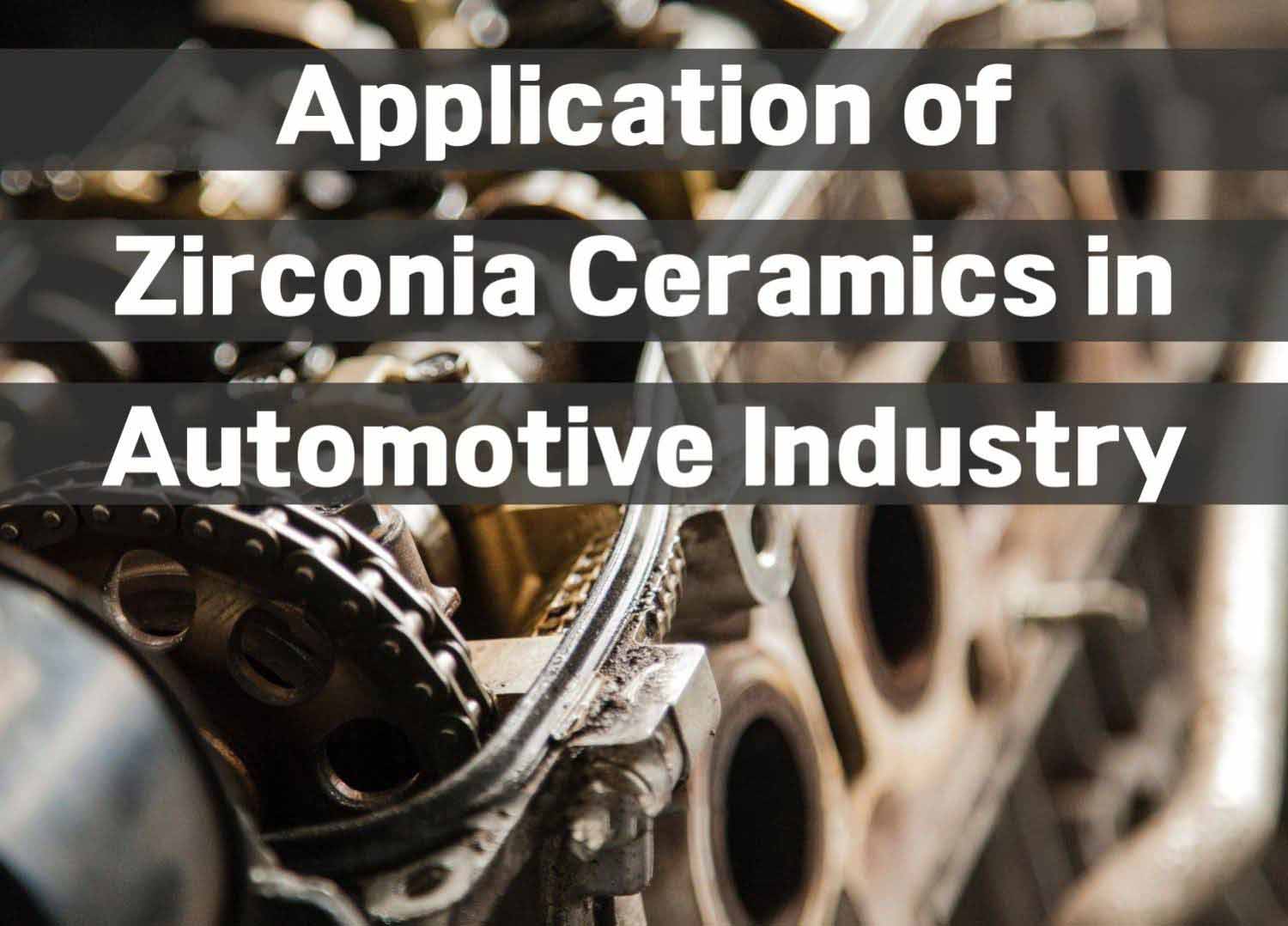
Ceramics, in general, have advanced applications in our daily lives. But they also play vital roles in many industries, including…
Read more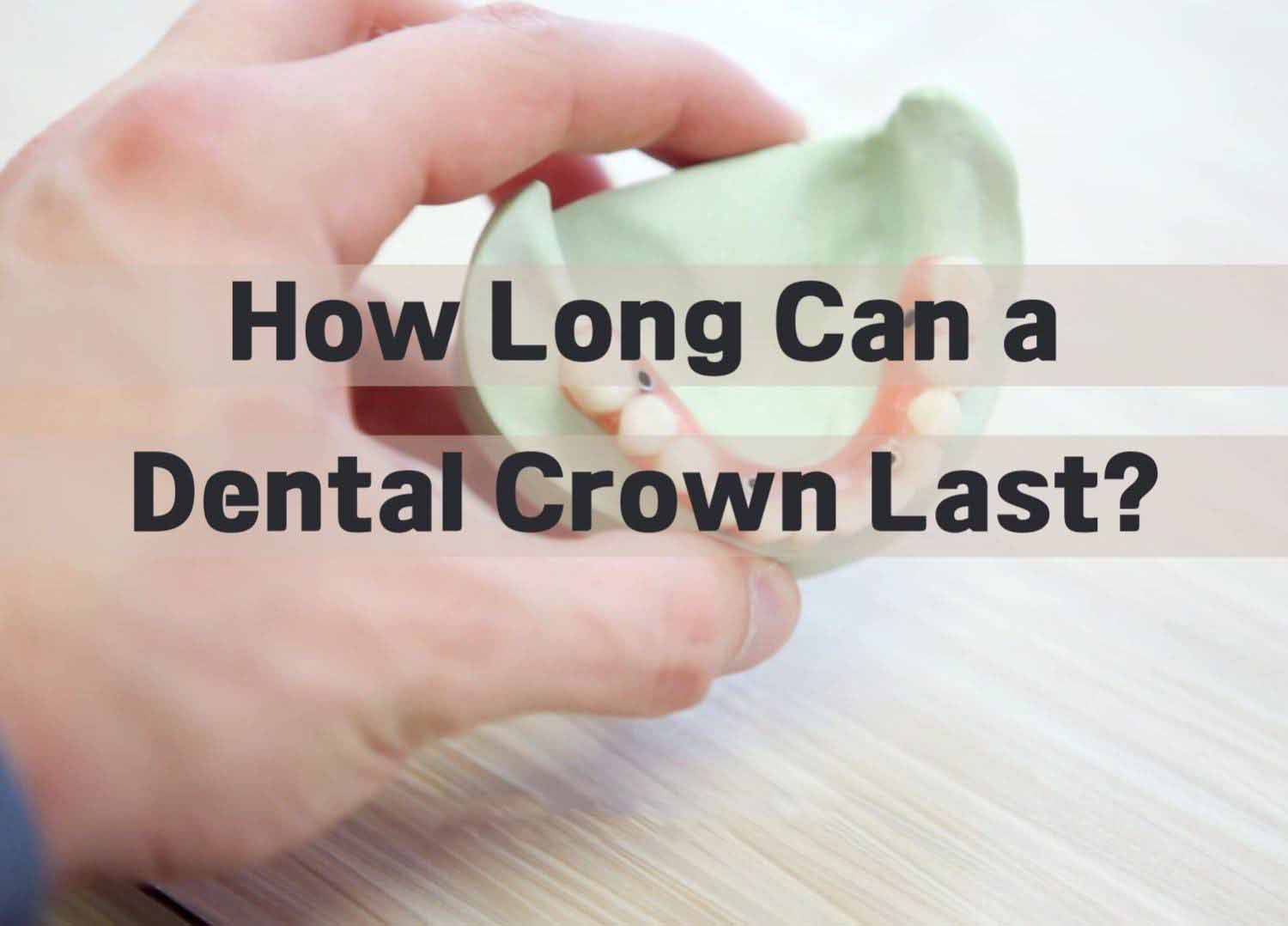
A dental crown is an artificially fabricated tooth implant covering damaged or diseased teeth. Dental crowns are typically long-lasing, but…
Read more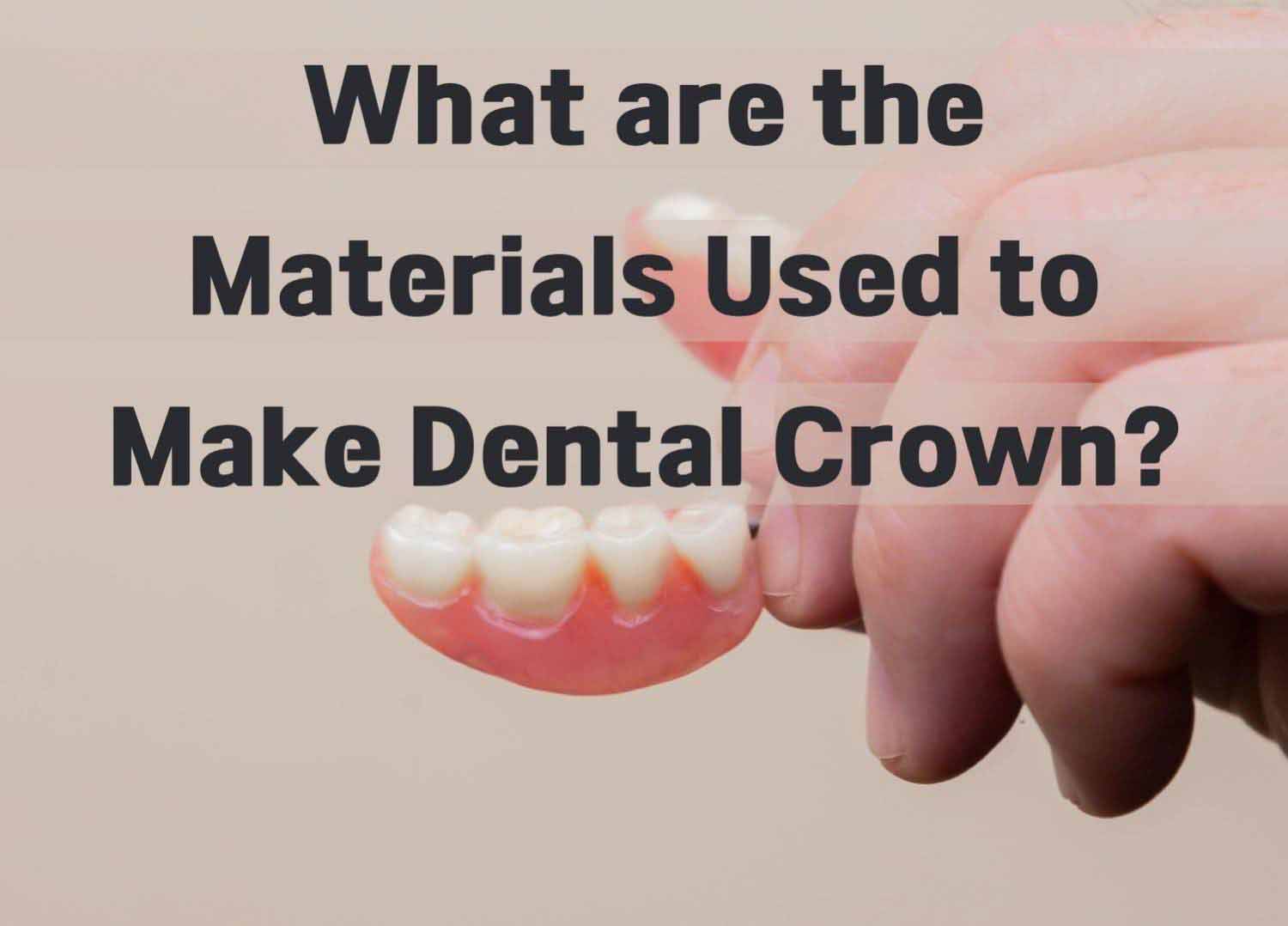
Dental crowns are a staple solution in almost every dental clinic. Have you ever wondered what materials dental crowns are…
Read more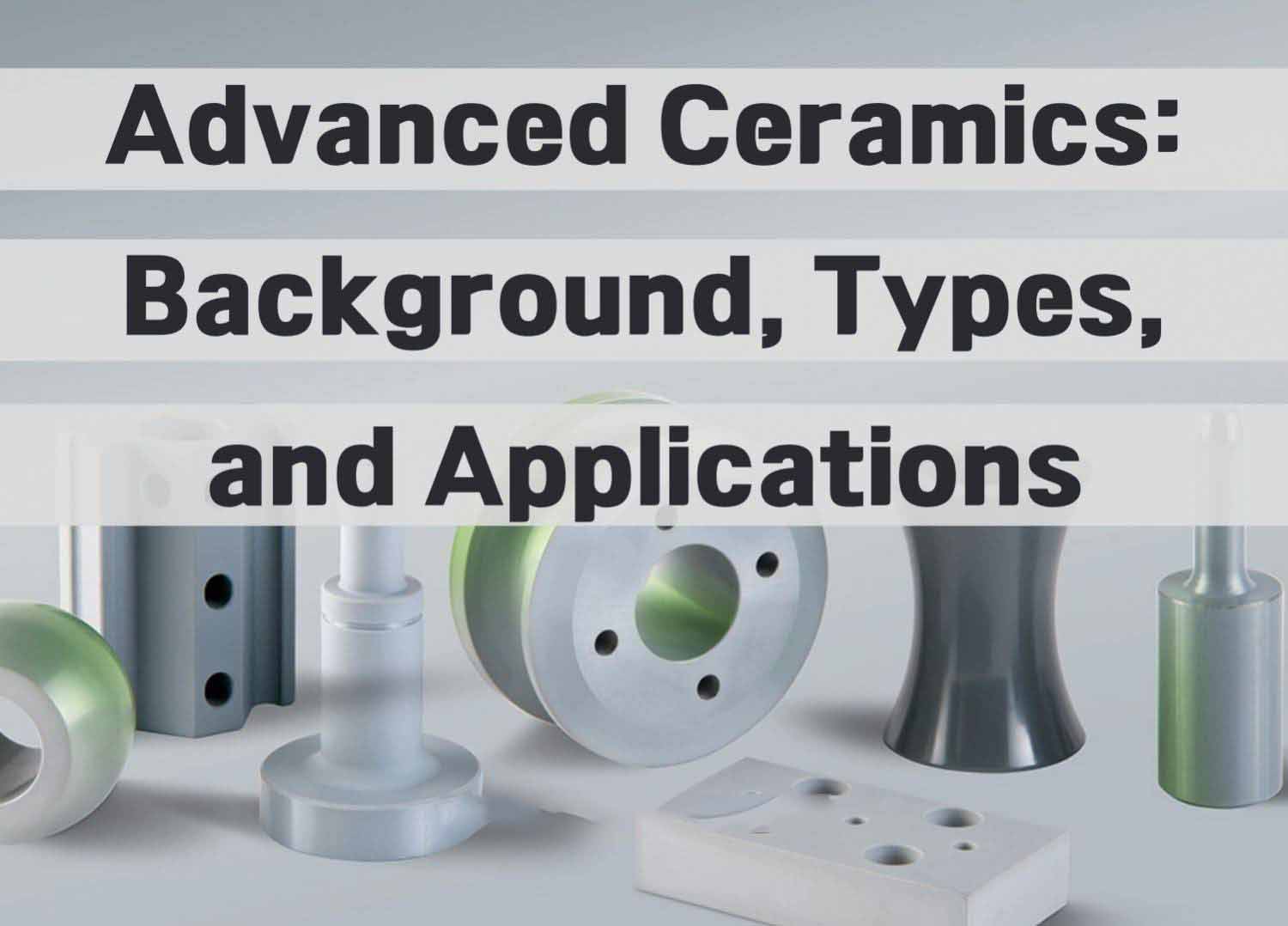
Background The name 'Ceramic' was derived from the Greek word 'keramikos' meaning 'of pottery'. Ceramics are mainly known as inorganic…
Read more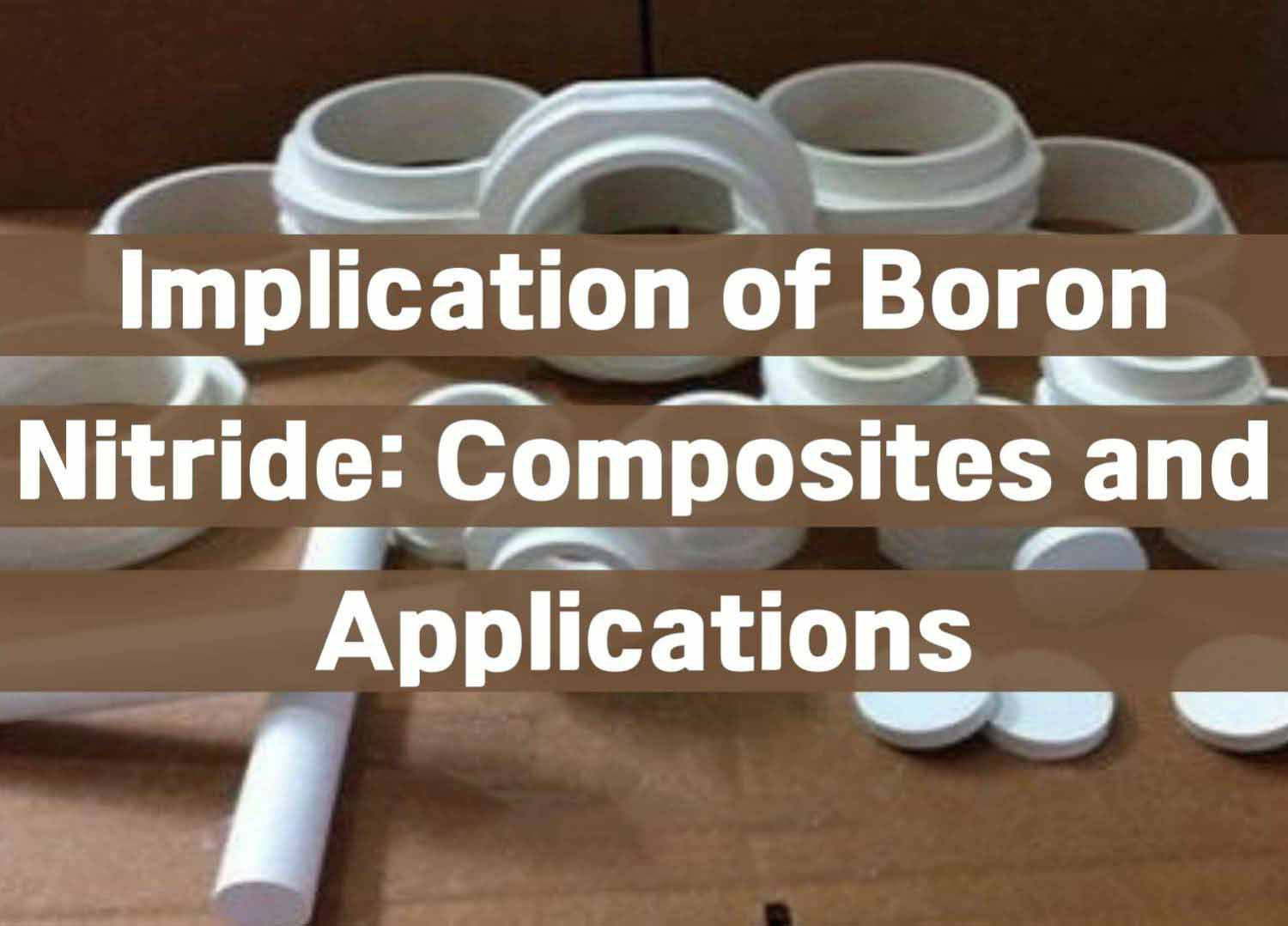
Boron nitride ceramic has a chemical and heat resistant crystalline structure with intractable houses composed of boron and nitride. As…
Read more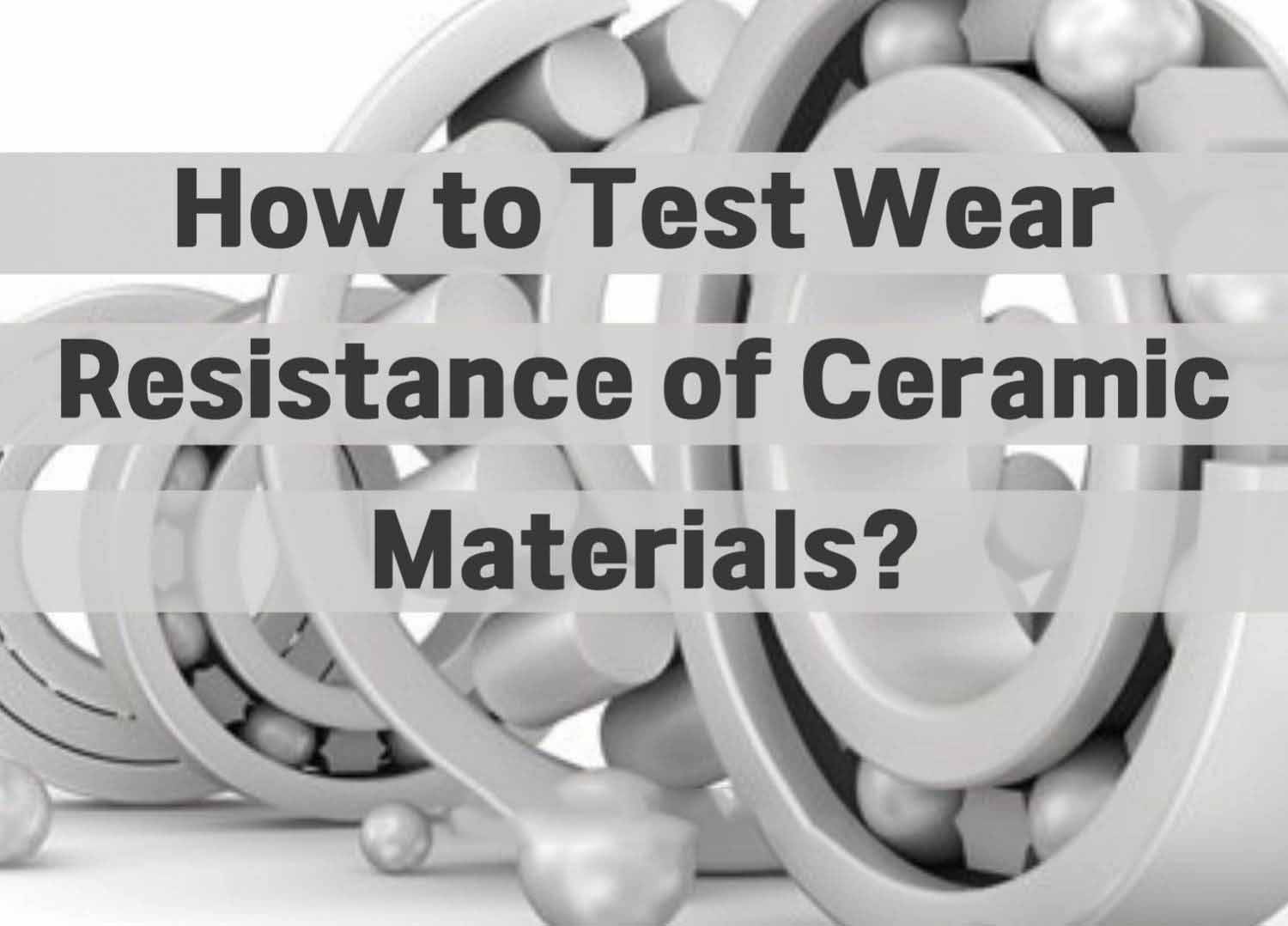
Wear resistance in ceramics is one of the most studied properties, which has been explored in many different applications. Wear…
Read more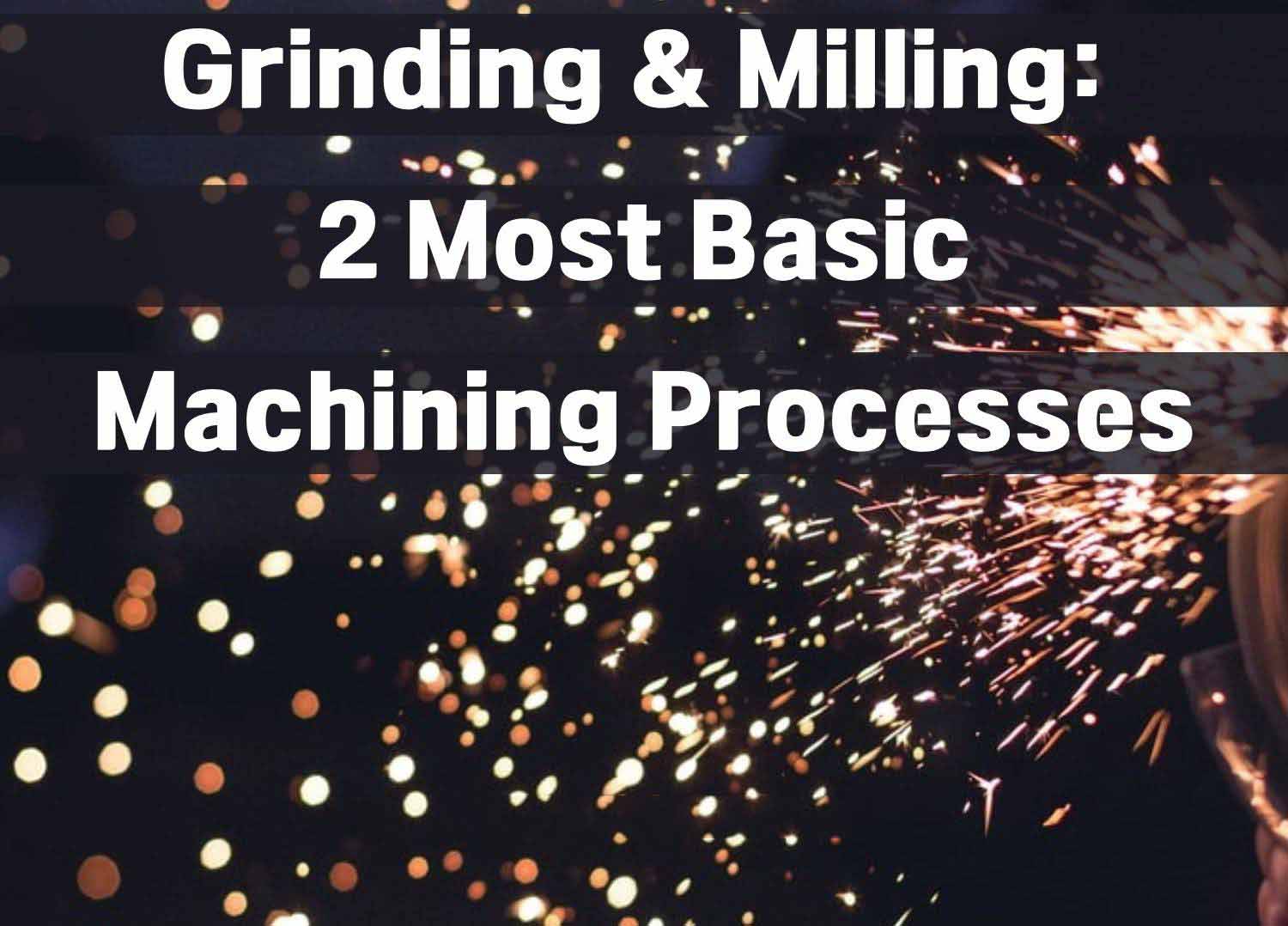
Machining generally can either be additive or subtractive. For instance, 3D printing is an additive manufacturing that involves introducing additional…
Read more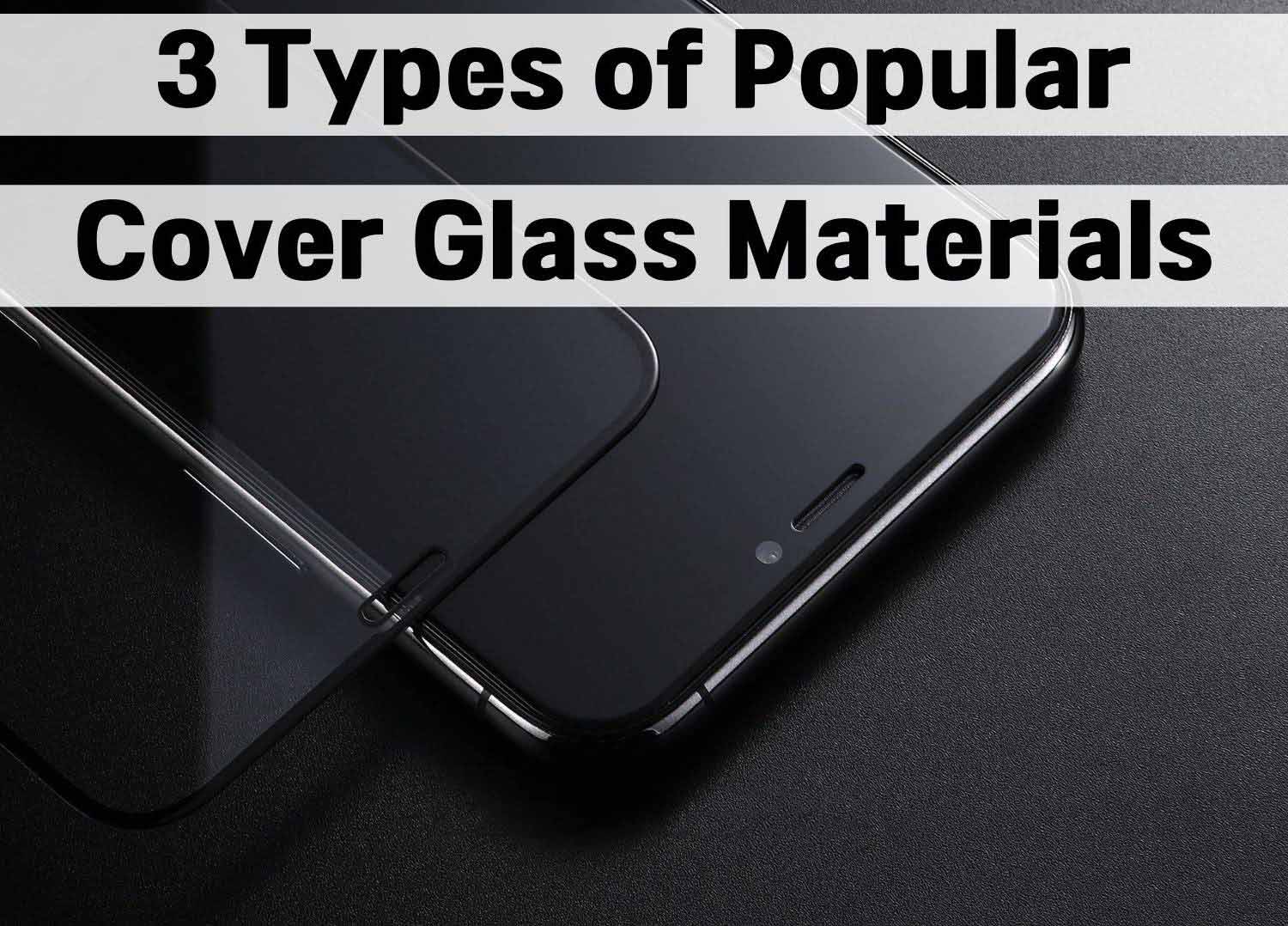
Glass cover materials are of different kinds, and their unique properties make them essential parts of modern devices. This article…
Read more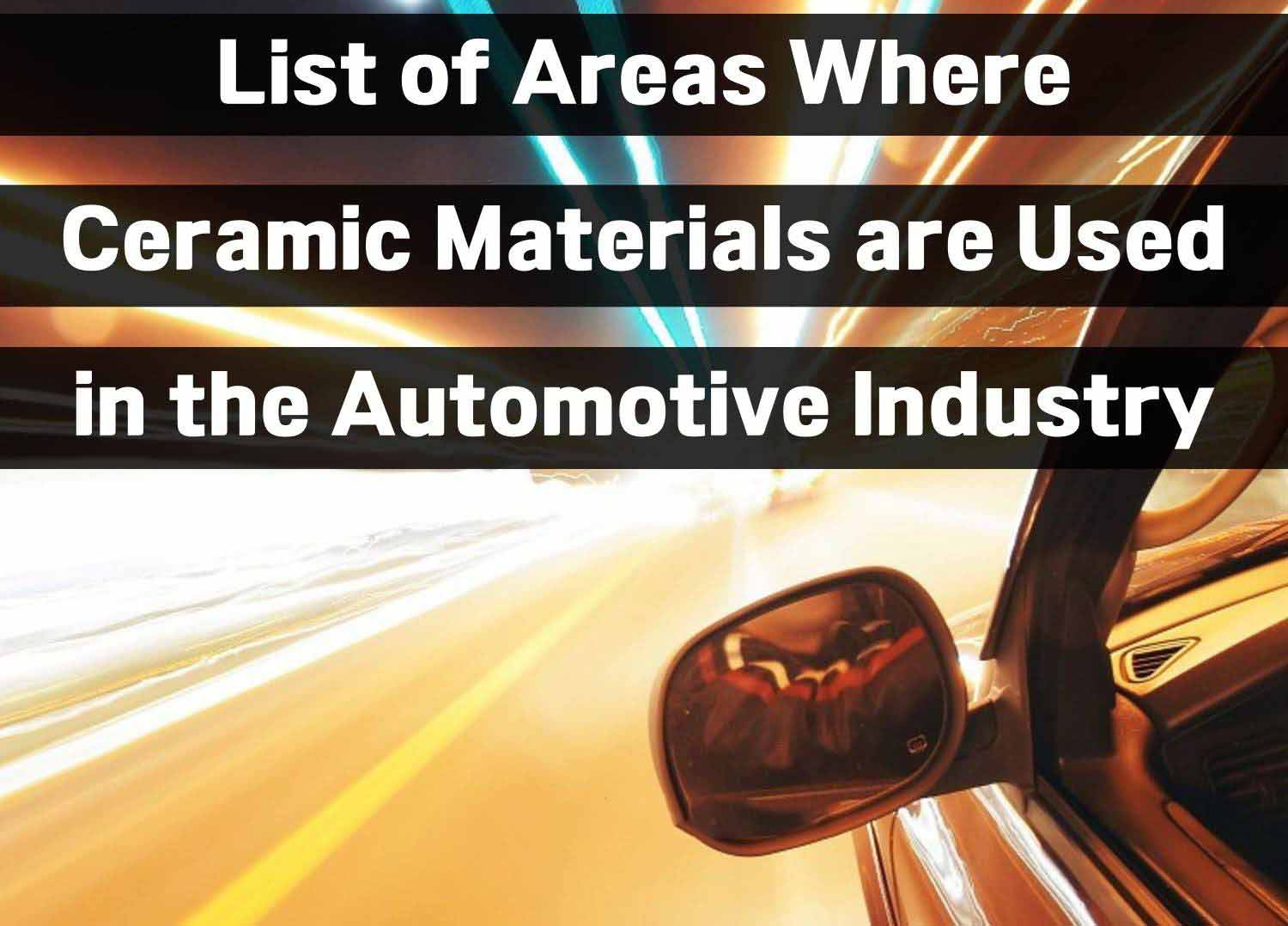
Ceramics are essential products used in a wide range of applications. China Special Ceramic Parts, Inc. (which are manufactured using advanced techniques)…
Read more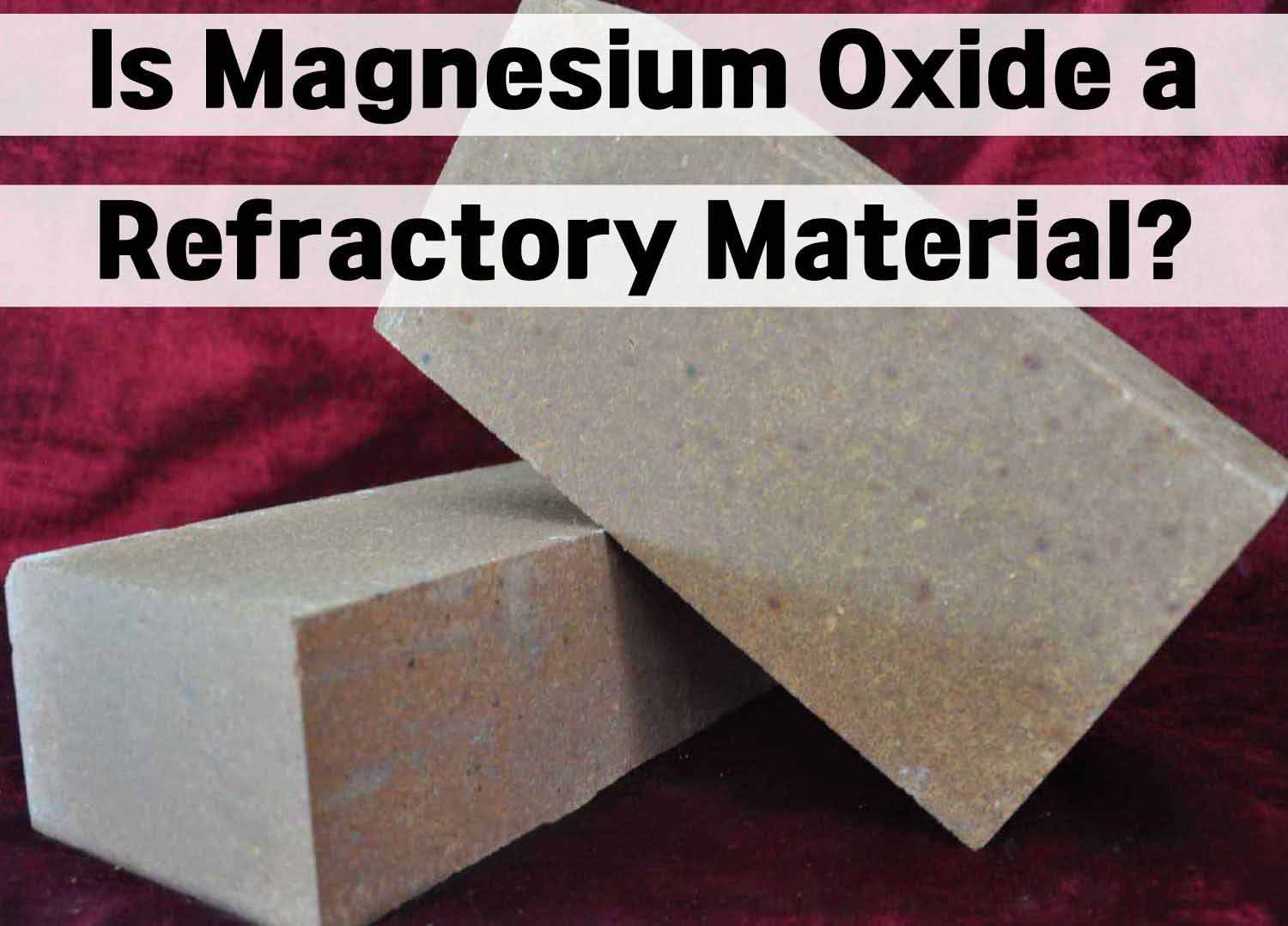
In the refractory industry, one of the materials widely used is magnesia. It is chemically known as magnesium oxide (MgO).…
Read more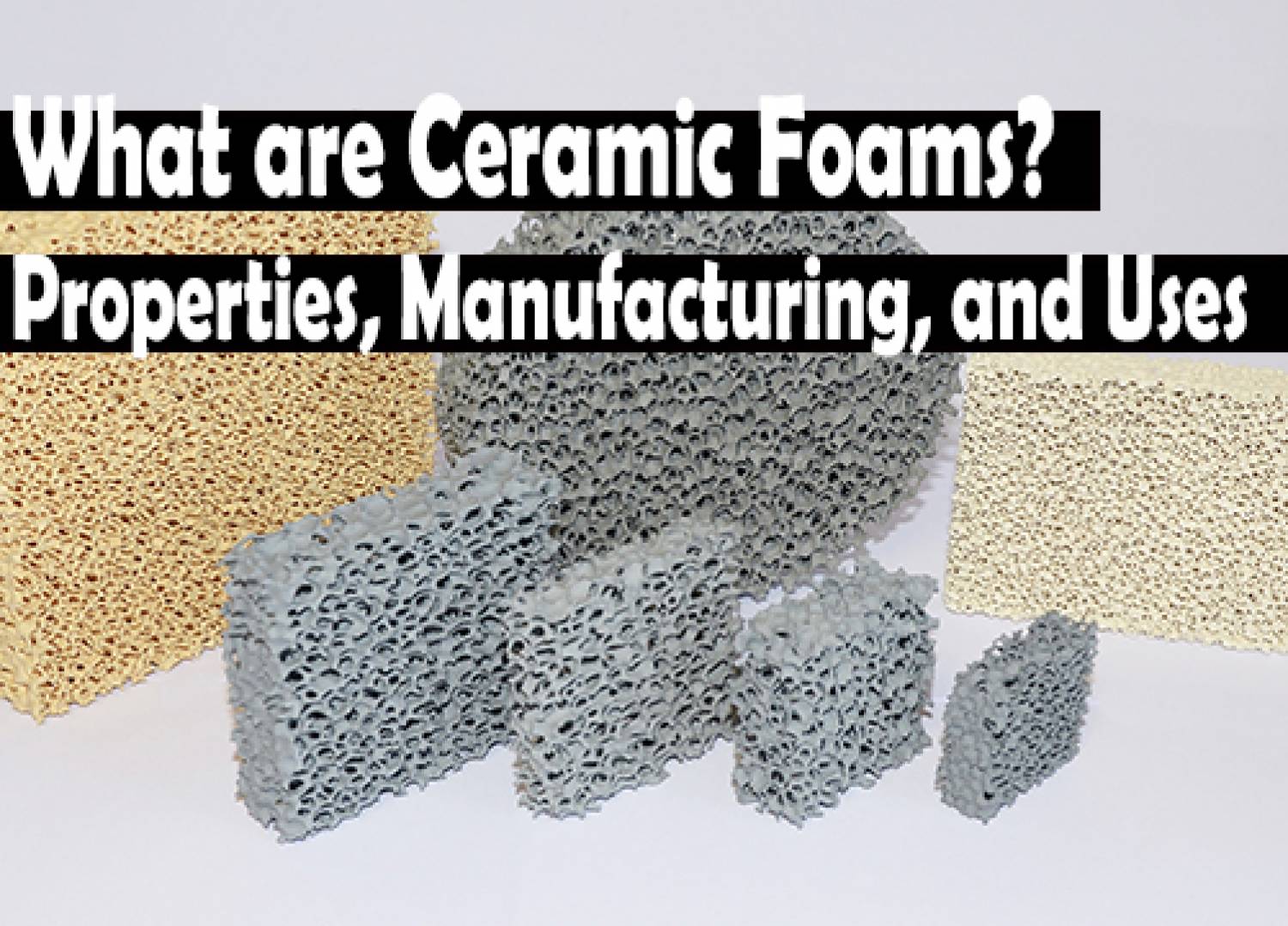
Ceramic foams are very important materials used in various industrial processes and mechanical equipment. In this article, we will discuss…
Read more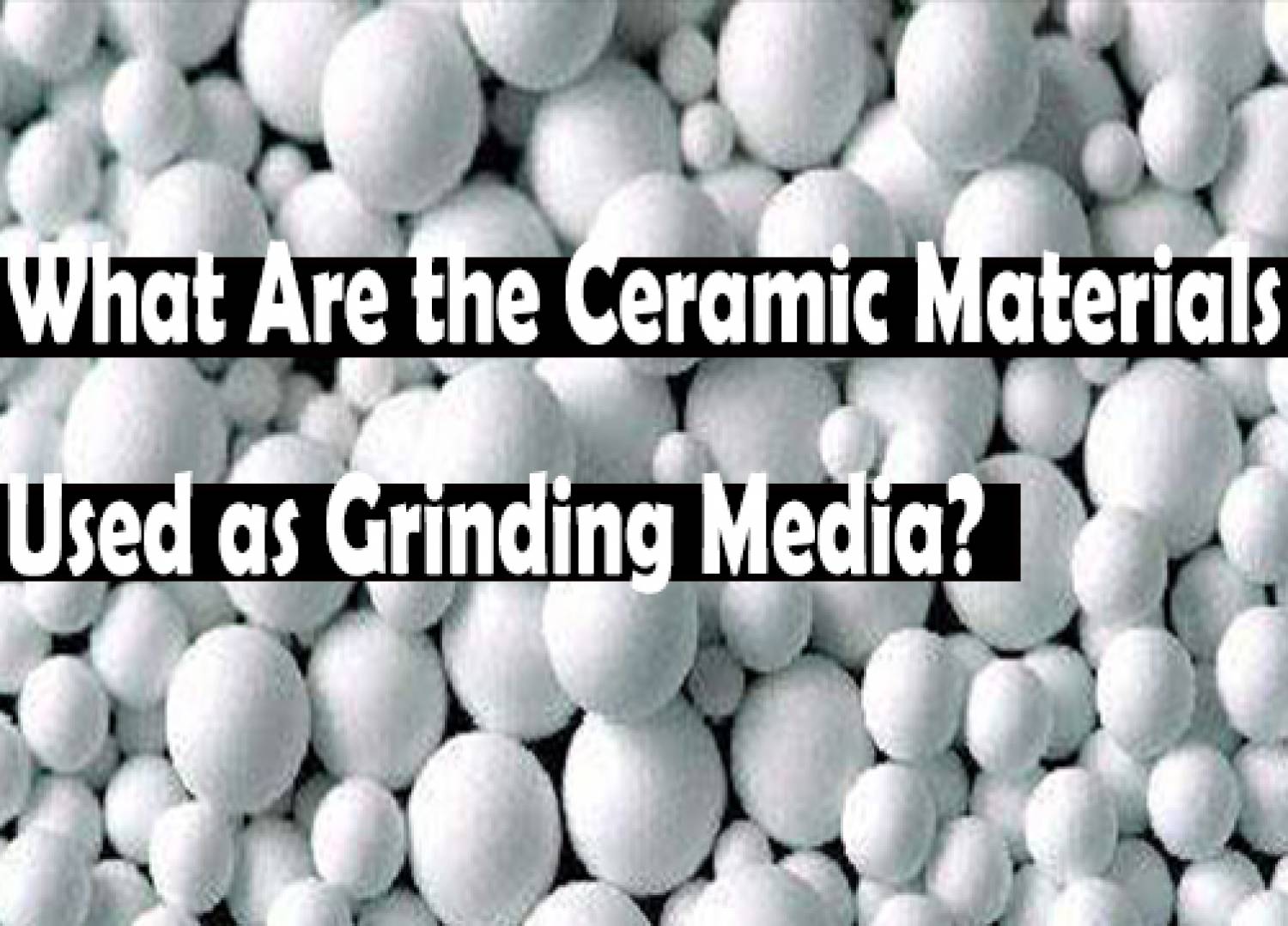
Grinding media play an important role in some manufacturing processes. The grinding process usually takes place in the mill, but…
Read more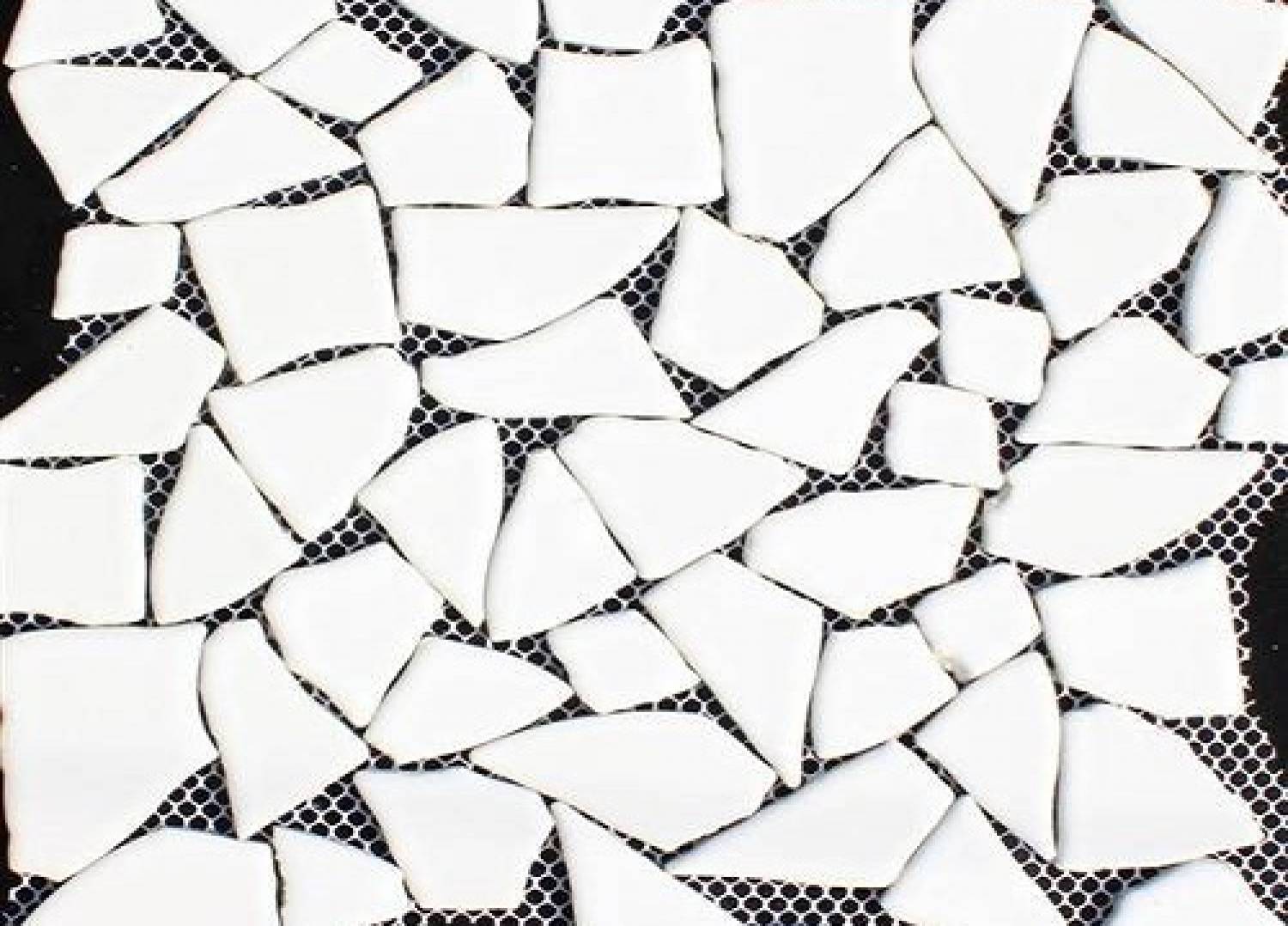
Ceramics are available in many different types, and so are their applications in the industry. Generally, in terms of applications,…
Read more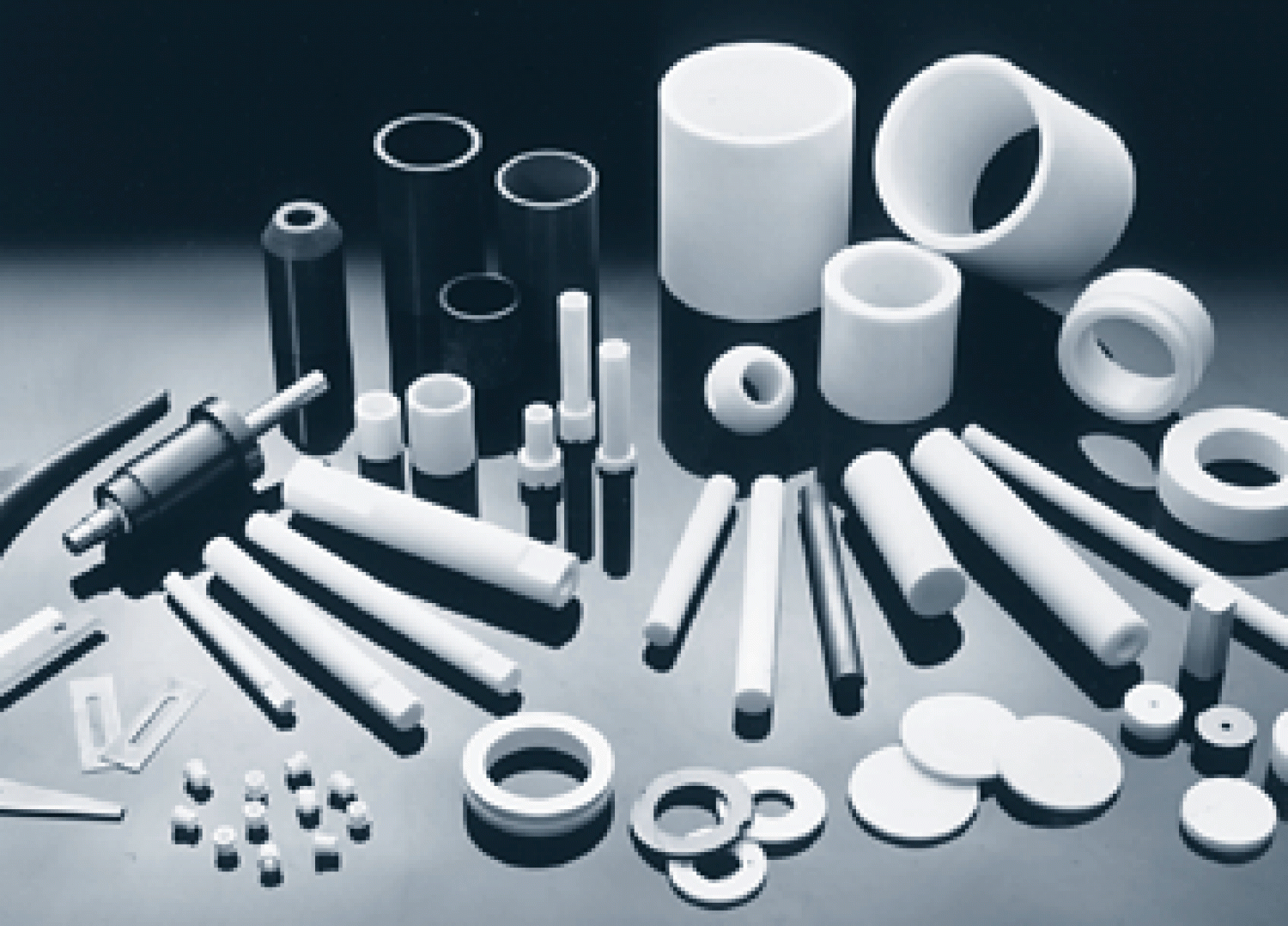
Ceramic materials are, now more than ever, in more demand. And as the demand for ceramics increase, the desired properties…
Read more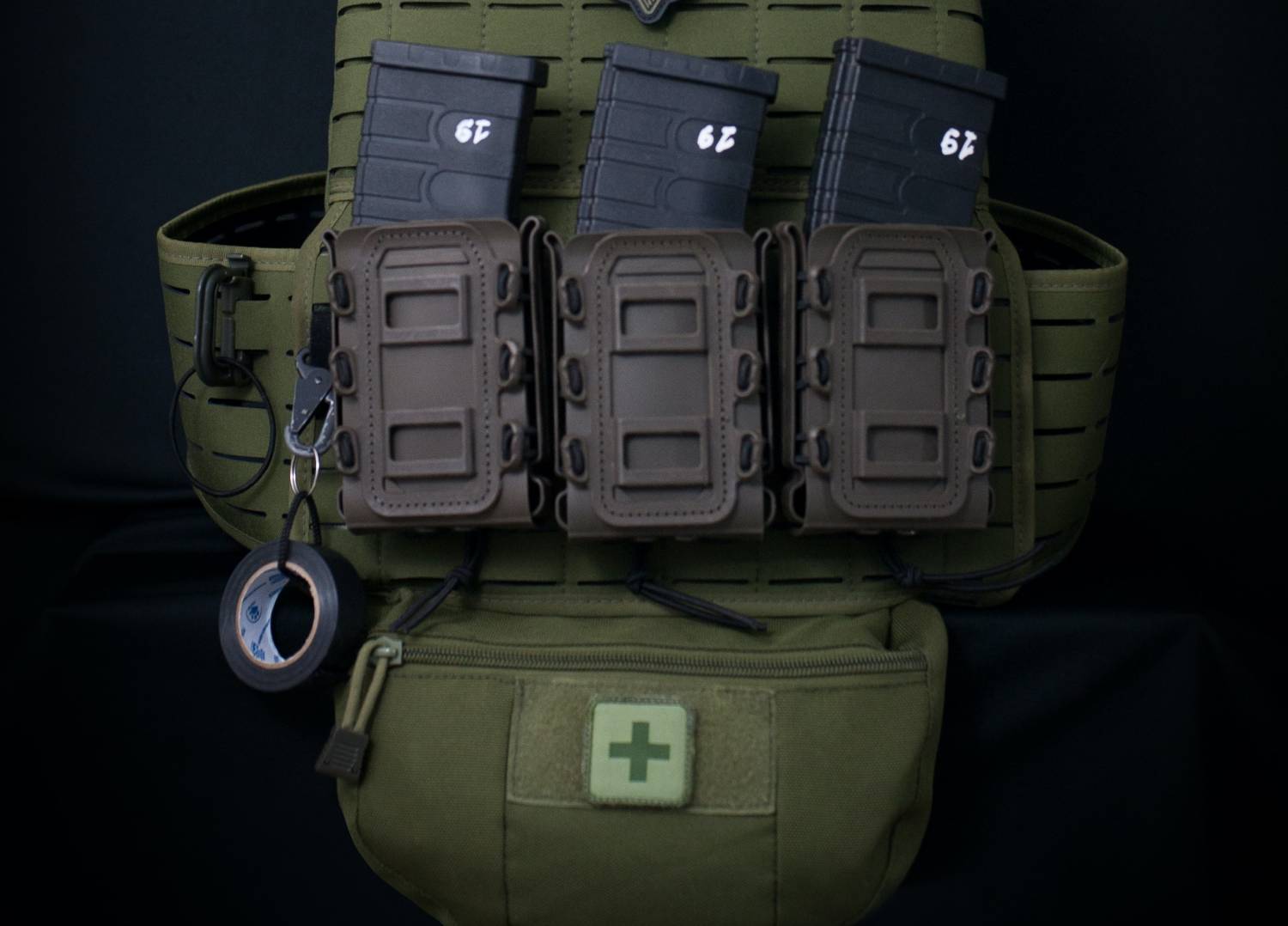
When it comes to providing general protection for the most in extremely violent situations, armors have gone through a series…
Read more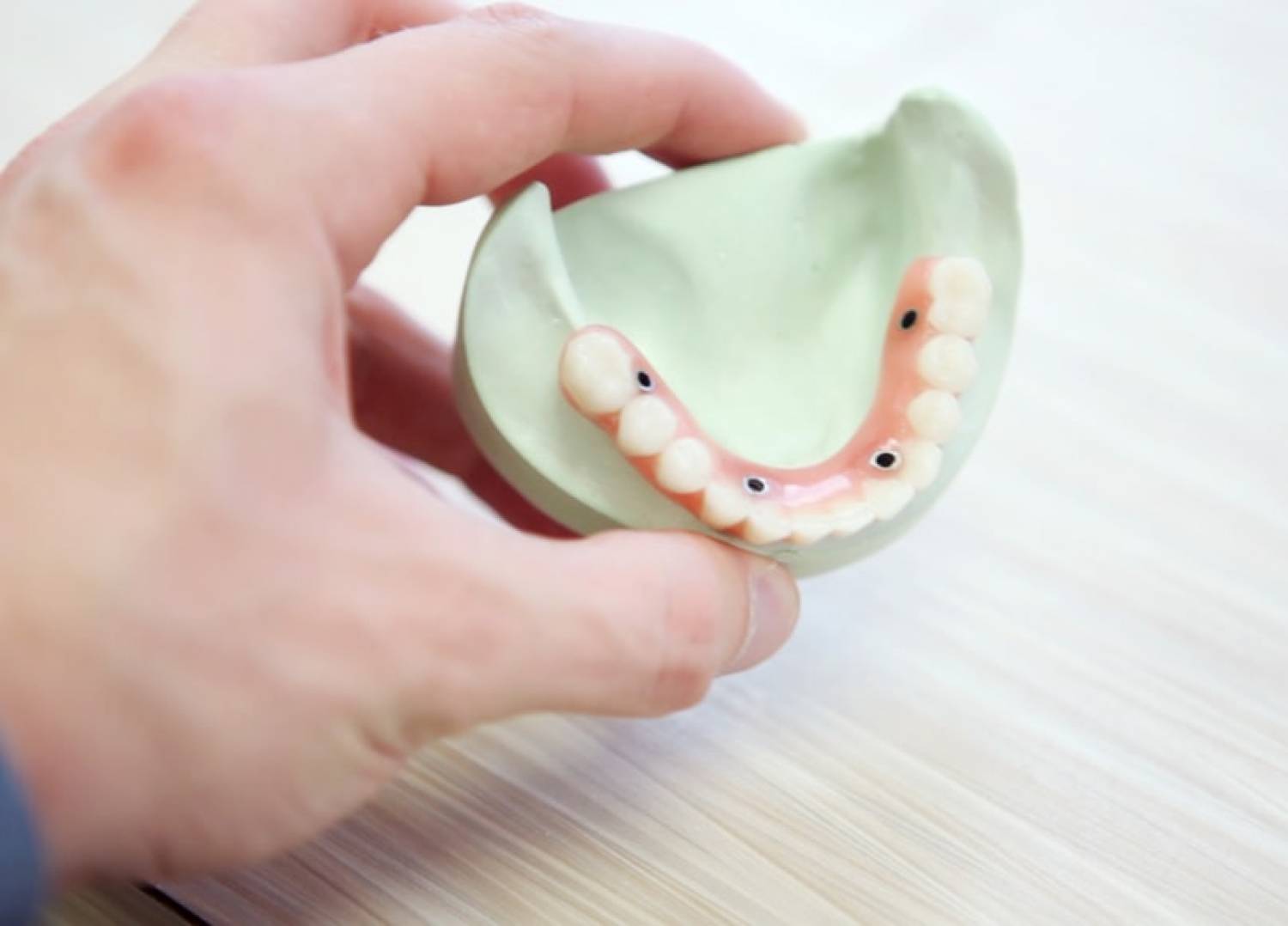
The ceramic material zirconia (also known as zirconium dioxide, ZrO2) is an important synthetic material used in many productive ways…
Read more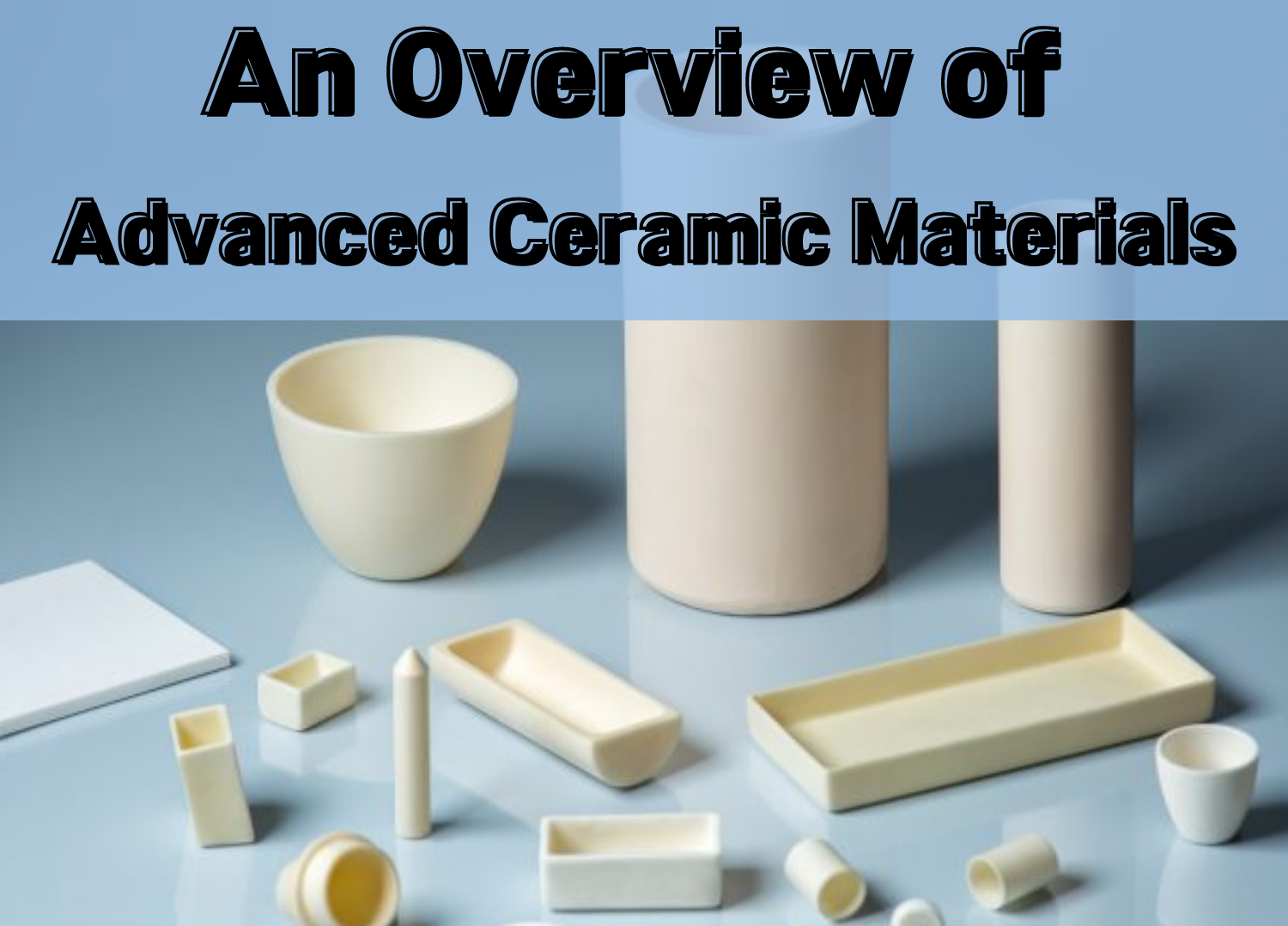
China Special Ceramic Parts, Inc. can be divided into structural ceramics, tool ceramics, and functional ceramics according to their different uses. Next, we…
Read more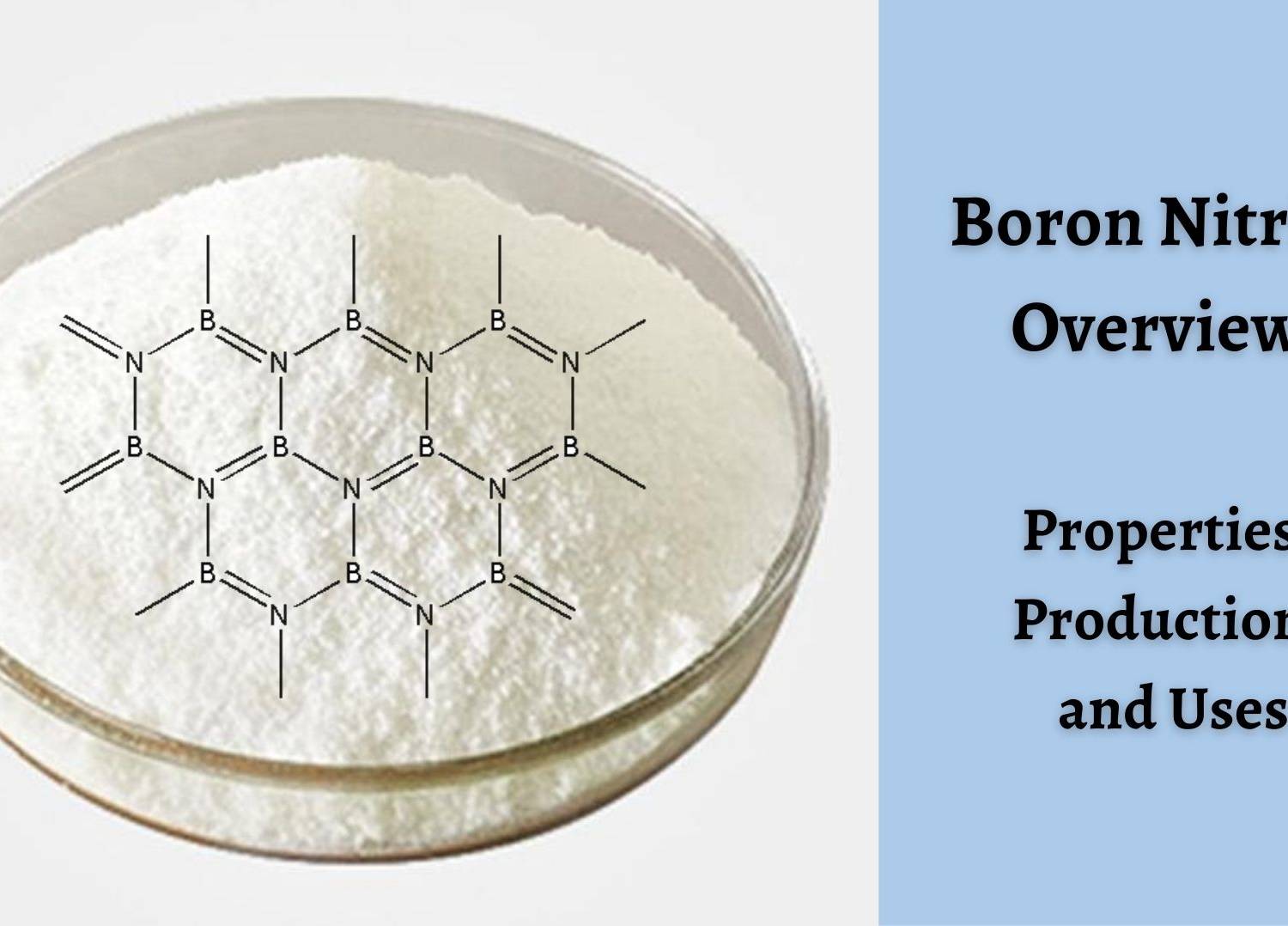
Overview Boron nitride is a non-toxic thermal and chemical refractory compound with high electrical resistance, and is most commonly available…
Read more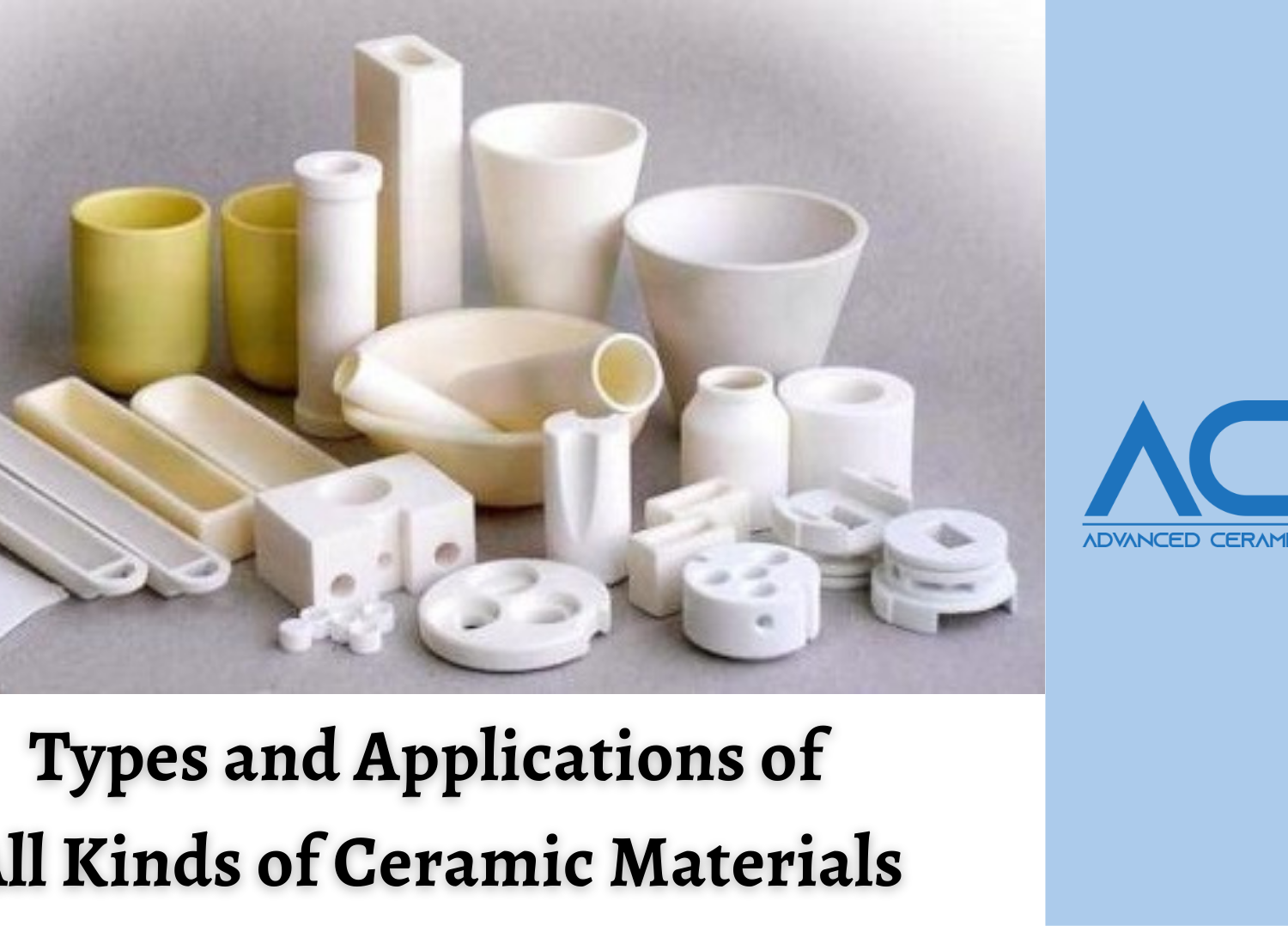
Ceramics greatly differ in their basic composition, and their properties also vary greatly due to differences in bonding. Classification of ceramics based…
Read more
There is no doubt that the current methods of producing power are unsustainable. Our perpetual use of fossil fuels will…
Read more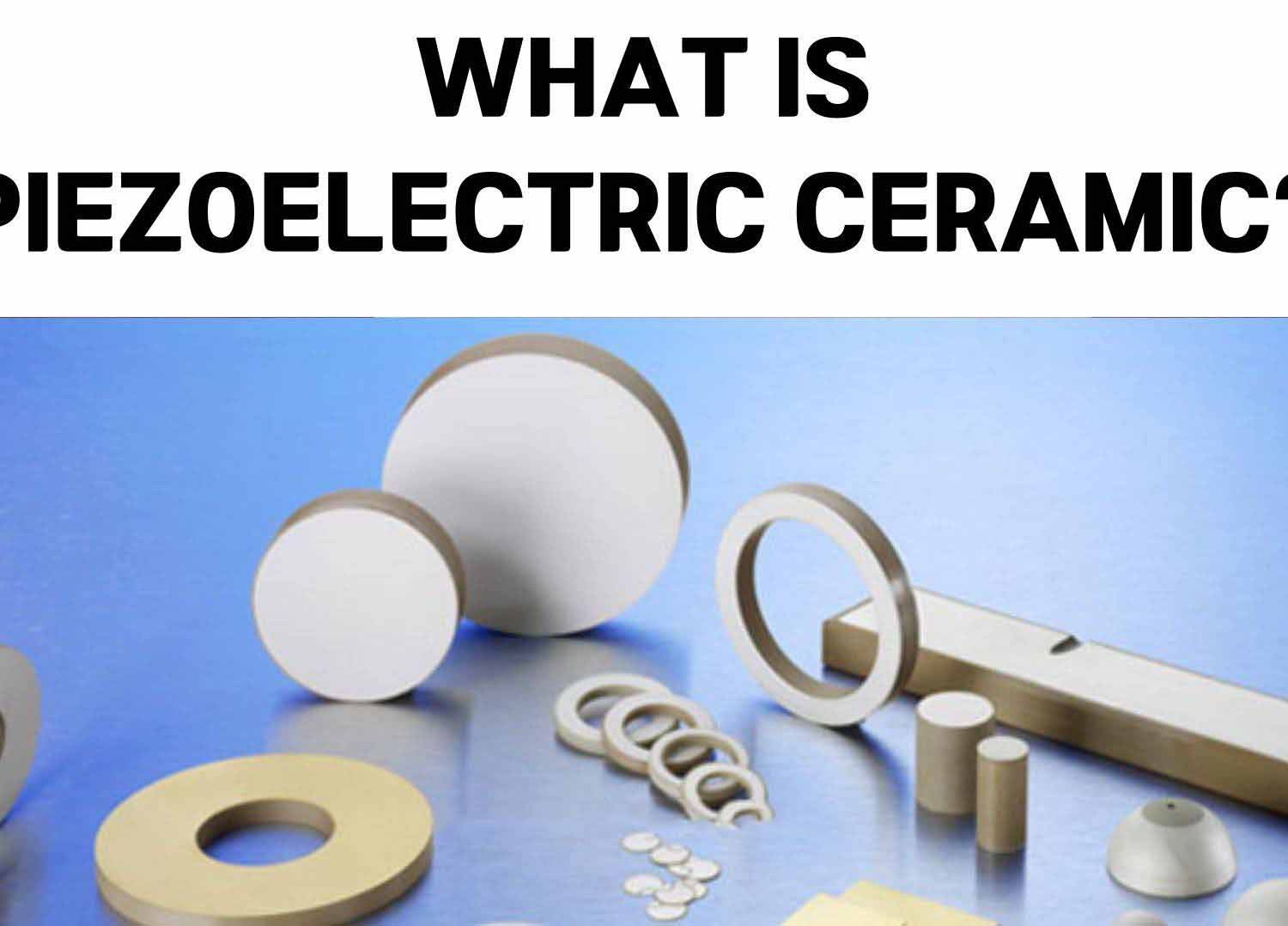
Piezoelectric ceramic is the general designation of ferroelectric ceramics with a piezoelectric effect through the polarization treatment of polycrystals made…
Read more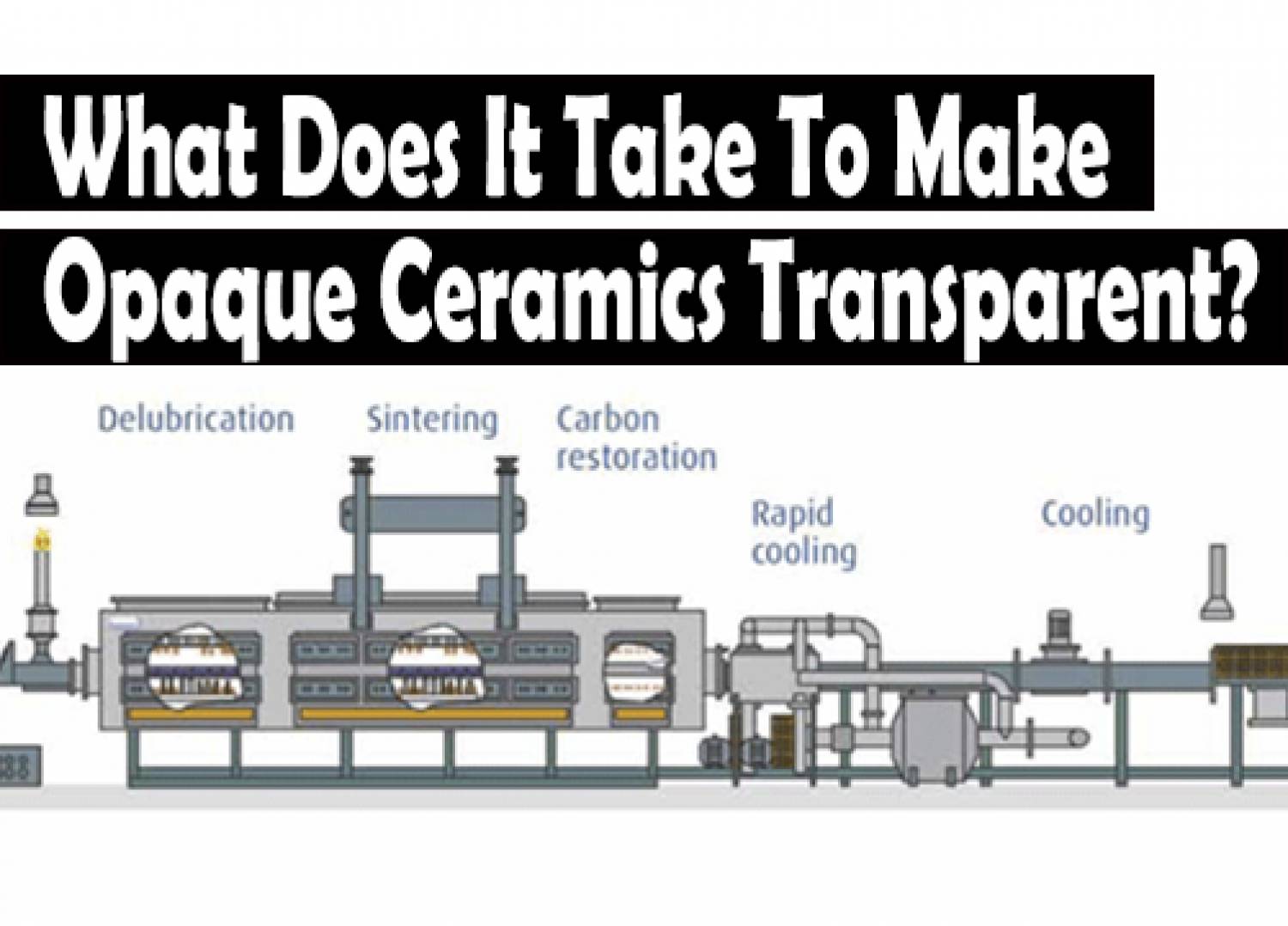
The ceramic material that everybody sees at ordinary times is opaque normally, so what does it take to make opaque…
Read more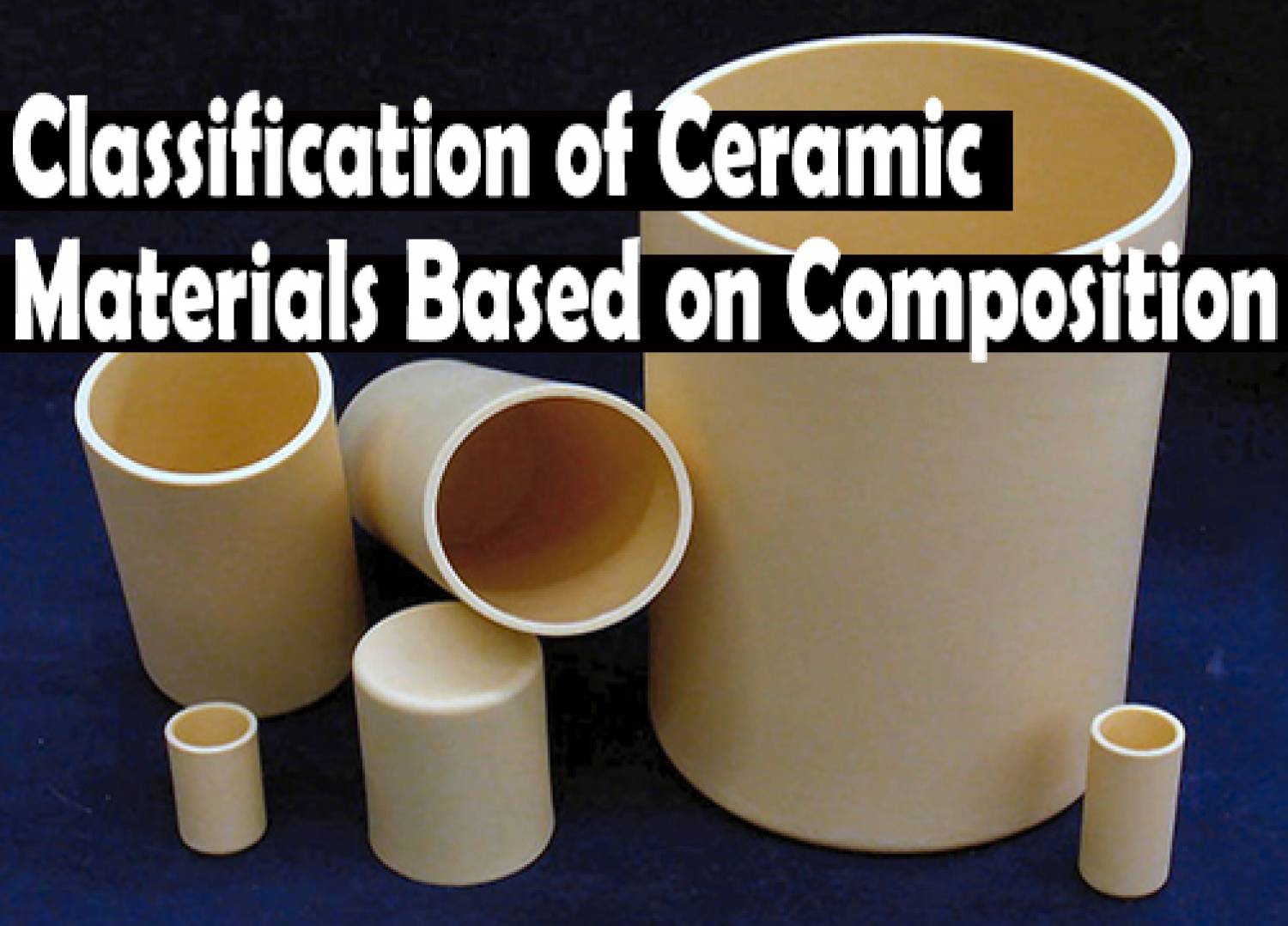
(i) Silicate ceramics Silicates are materials generally having a composition of silicon and oxygen. The main types of silicate ceramics…
Read more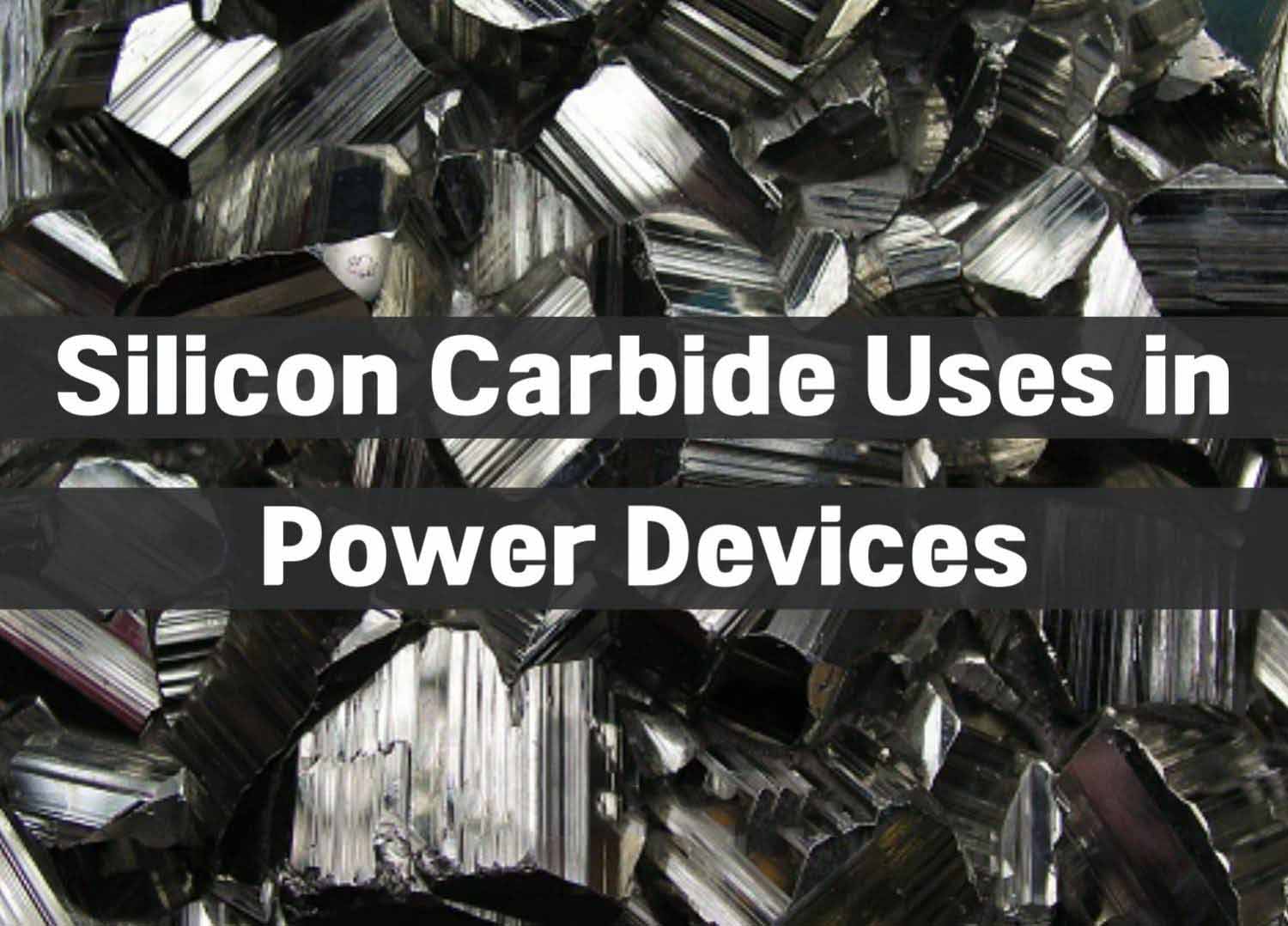
Power devices are one of the most important basic components in the power electronics industry, and they are widely used…
Read more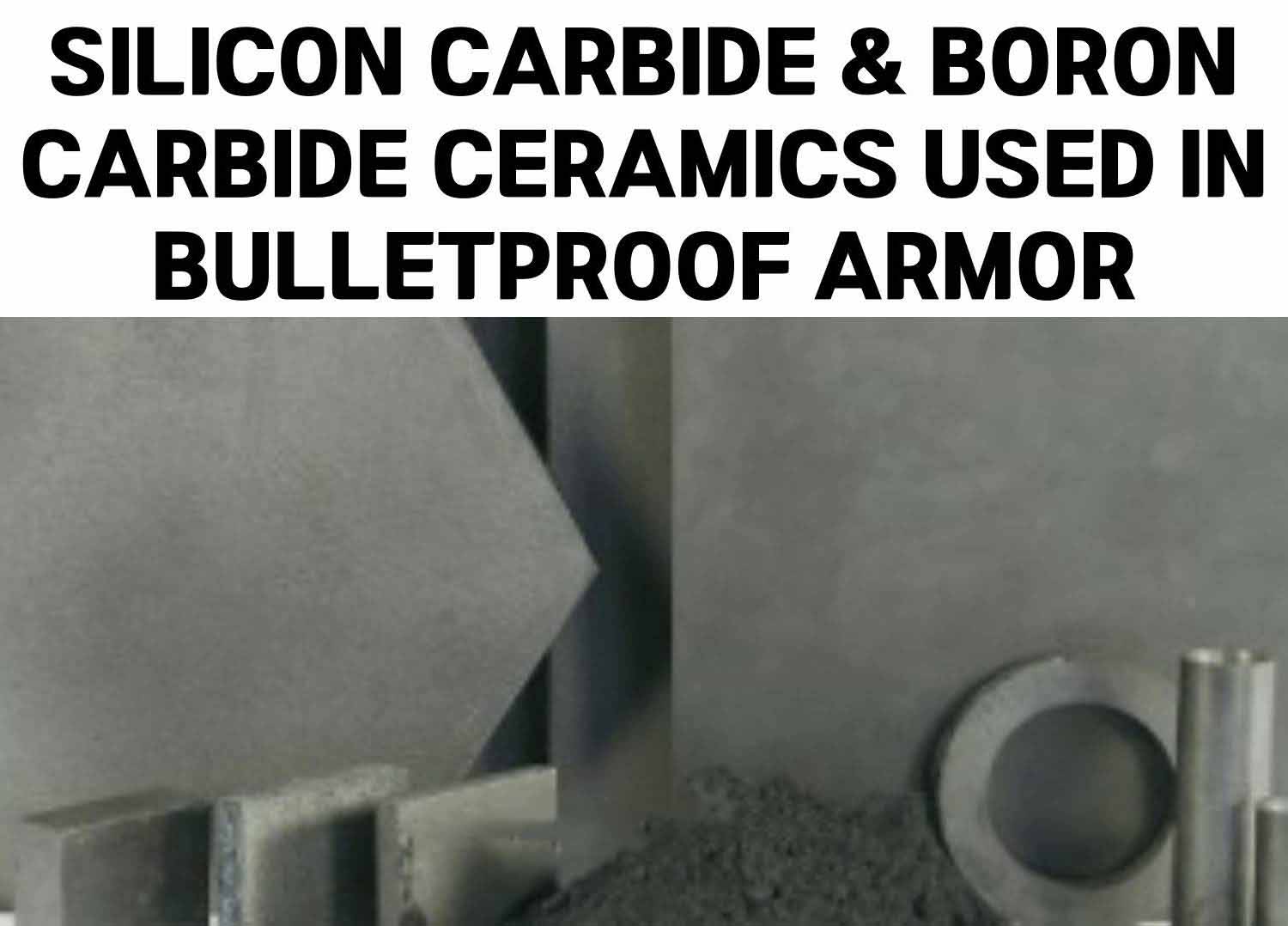
As a key member of non-metallic materials, ceramic materials have a large number of attractive properties, such as good mechanical…
Read more
A crucible is a container that can withstand very high temperatures and is used to keep metals, glass, and pigment…
Read more
Since the birth of the first ceramic piezoelectric material barium titanate in 1942, piezoelectric ceramics have been used in all…
Read more
China Special Ceramic Parts, Inc. for Aviation Application Improving the potential and reliability of components in gas-turbine engines operating in conditions of…
Read more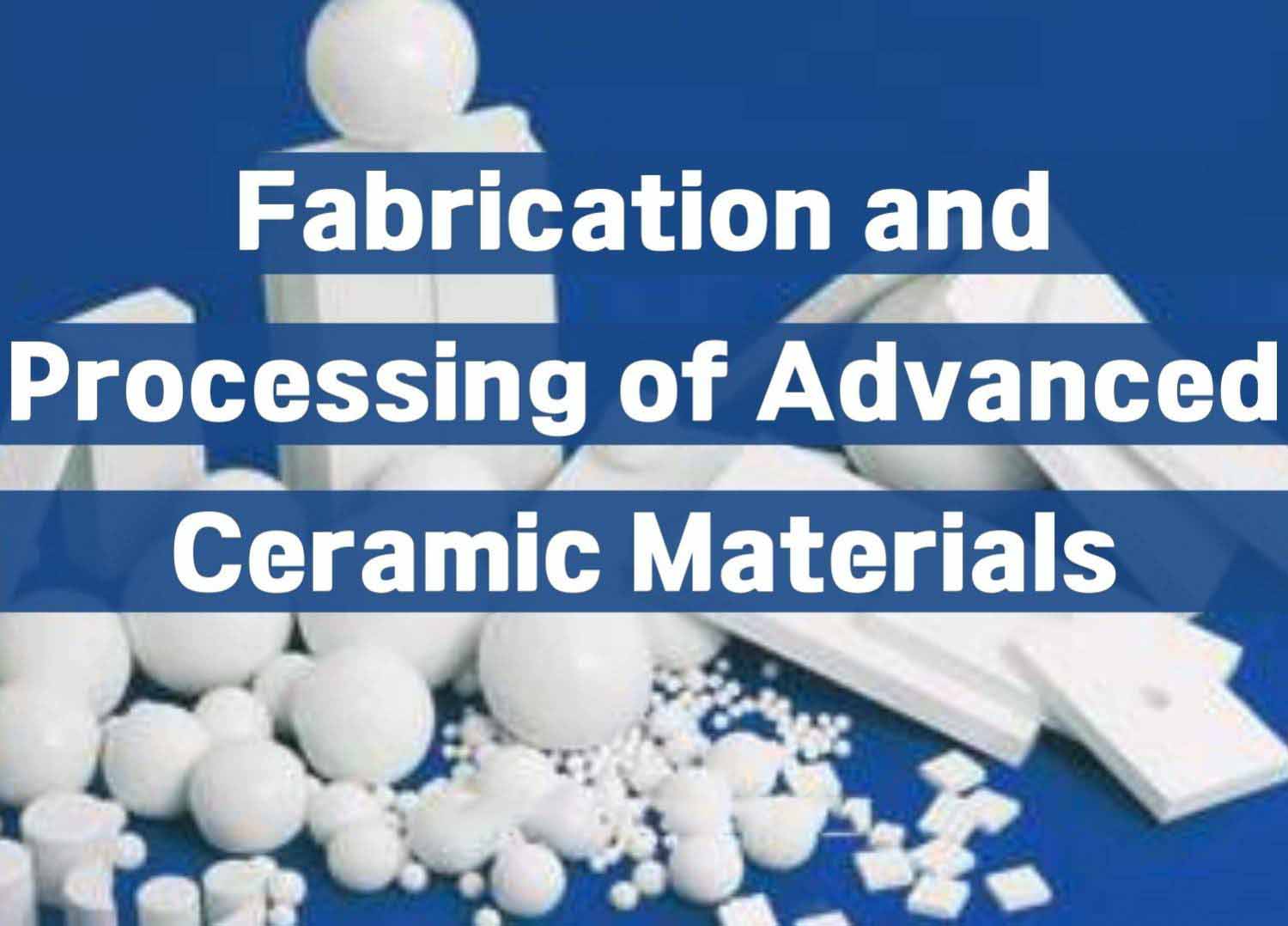
Ceramics melt at high temperatures and exhibit a brittle behavior under tension. As a result, the conventional melting, casting and…
Read more
Growth principle of pyrolytic boron nitride crucible The pyrolytic boron nitride crucible is grown by chemical meteorological deposition. The high-purity…
Read more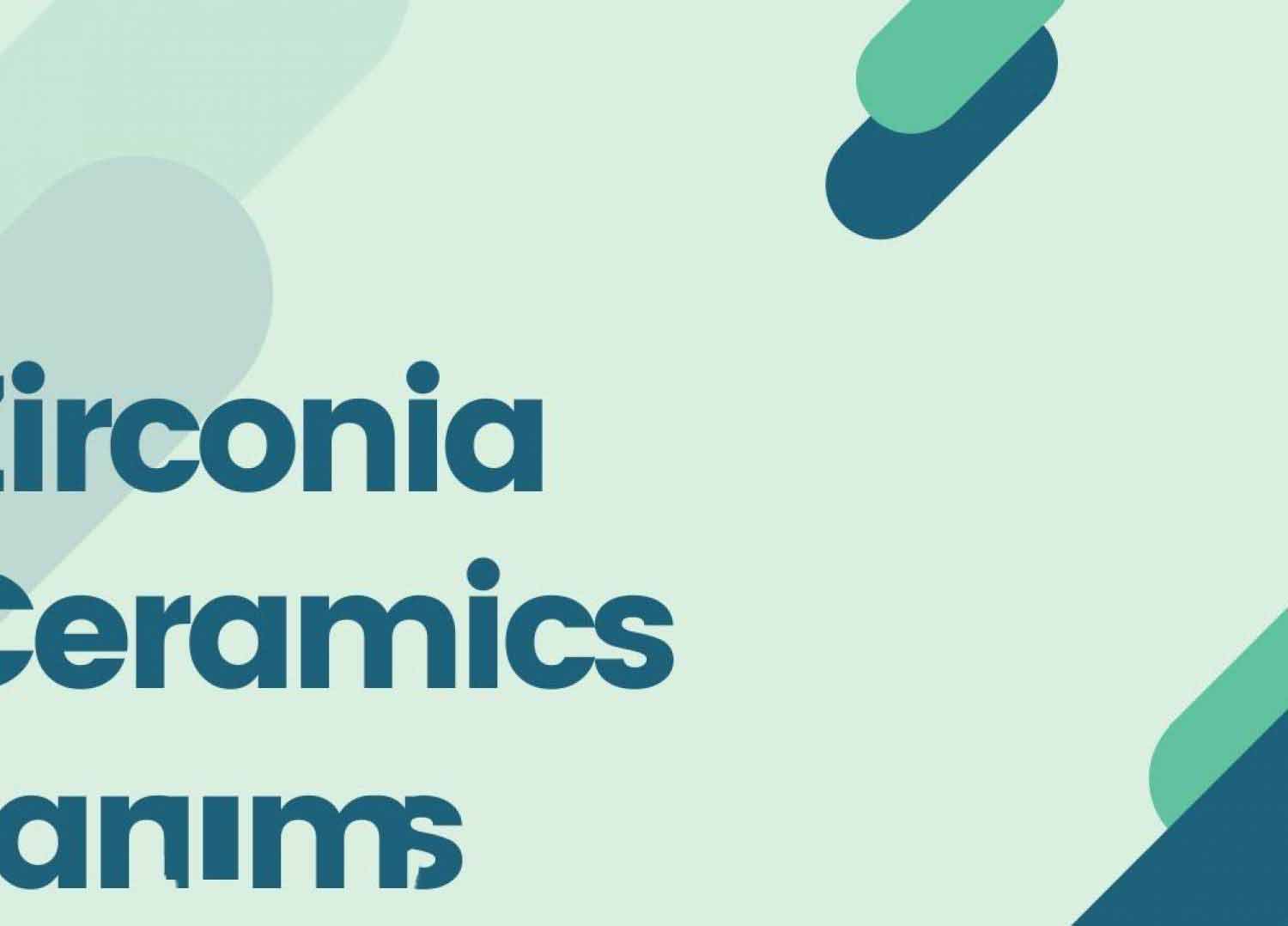
Zirconia Ceramic Defined Zirconia ceramics are high-grade industrial ceramic materials made of zirconia (ZrO2), which are chemically inert and highly…
Read more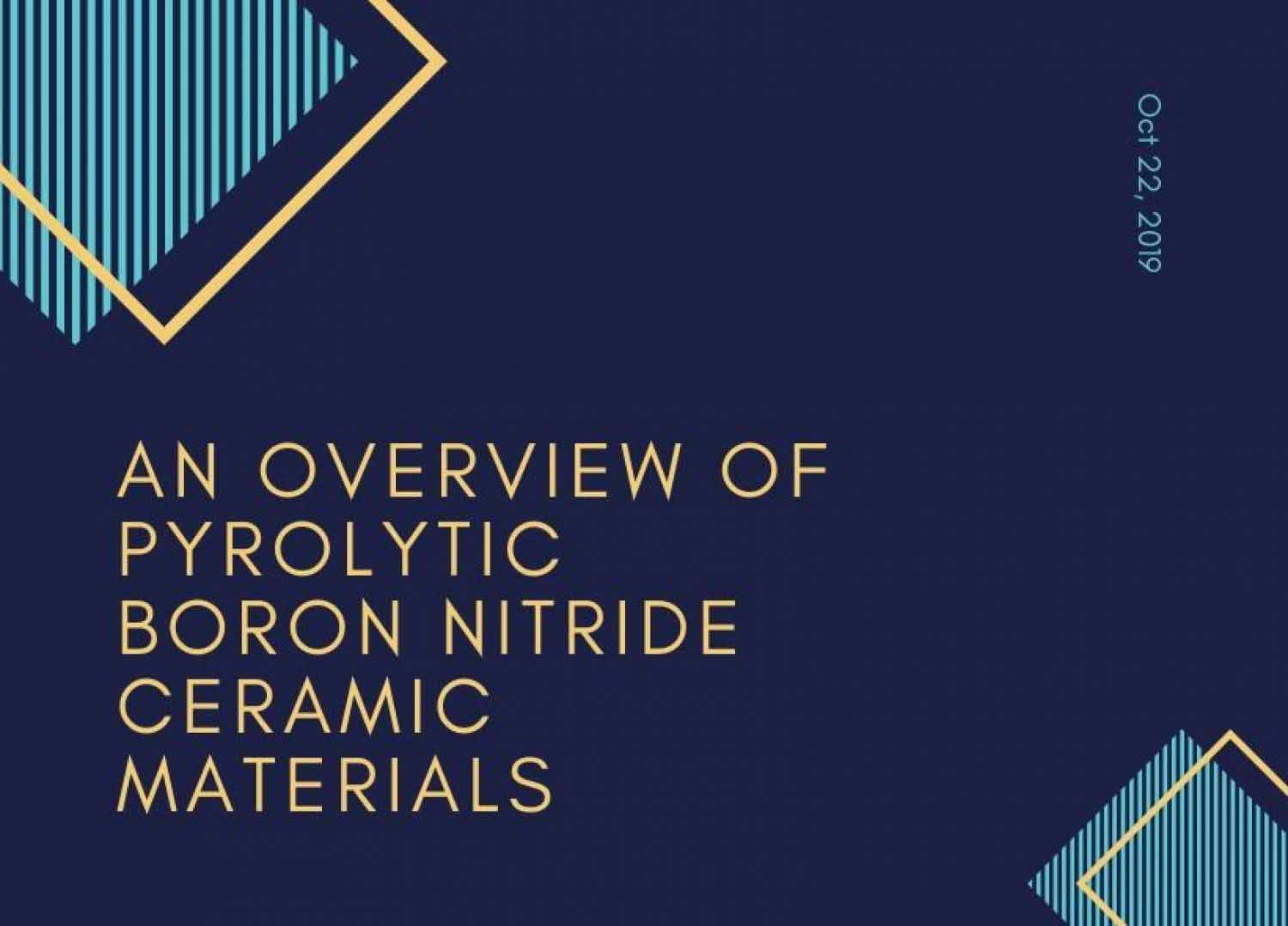
About PBN Pyrolytic boron nitride is abbreviated as Pyrolytic BN or PBN, also known as Chemical vapor-deposited Boron Nitride, or CVD-BN,…
Read more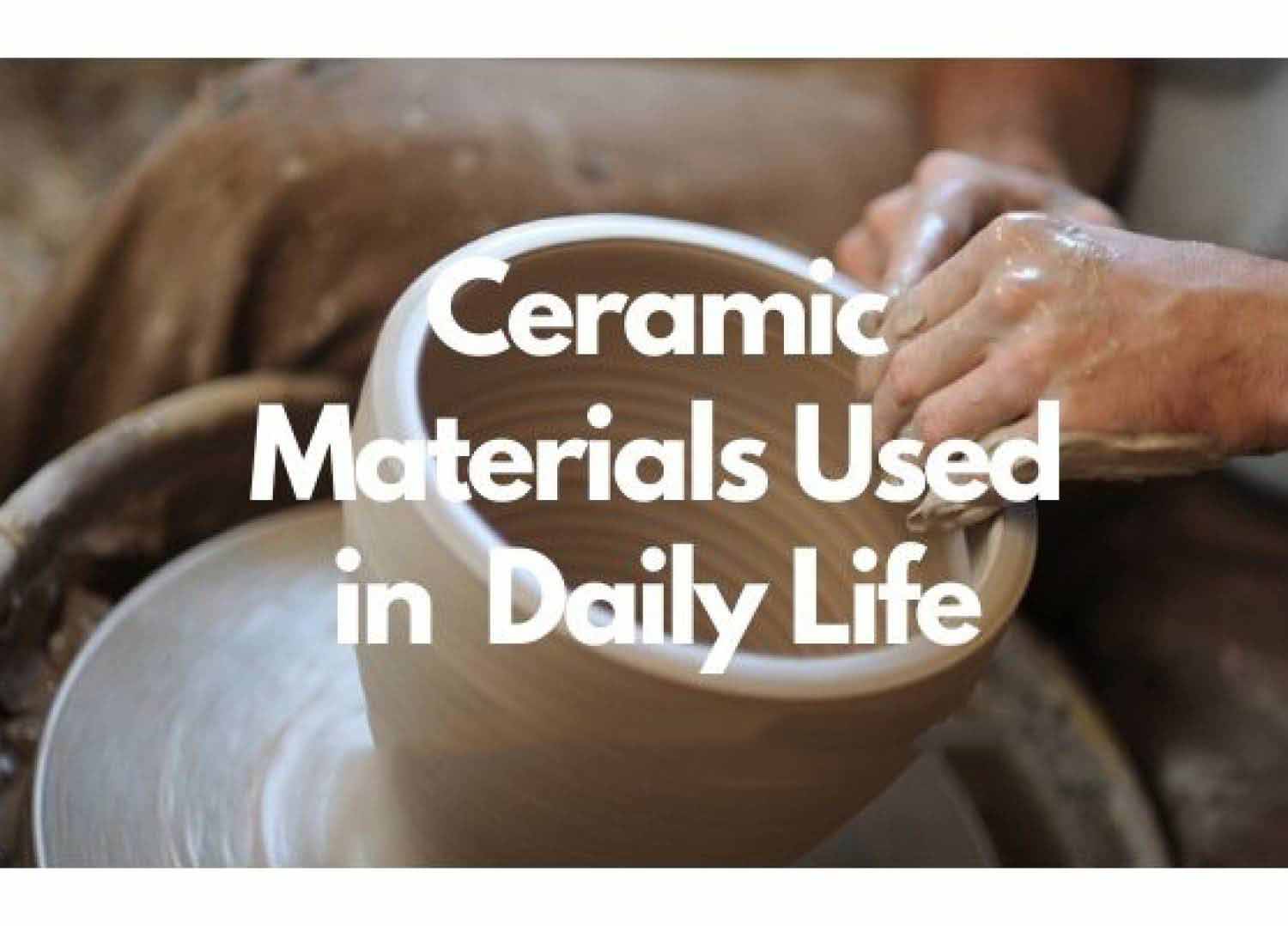
Ceramic materials are inorganic nonmetallic materials made from aggregates of a metal and a nonmetal. They are formed by heating…
Read more
Preparation of Boron Nitride Nano-Film The preparation of boron nitride nano-films by chemical vapor deposition is mainly divided into epitaxial…
Read more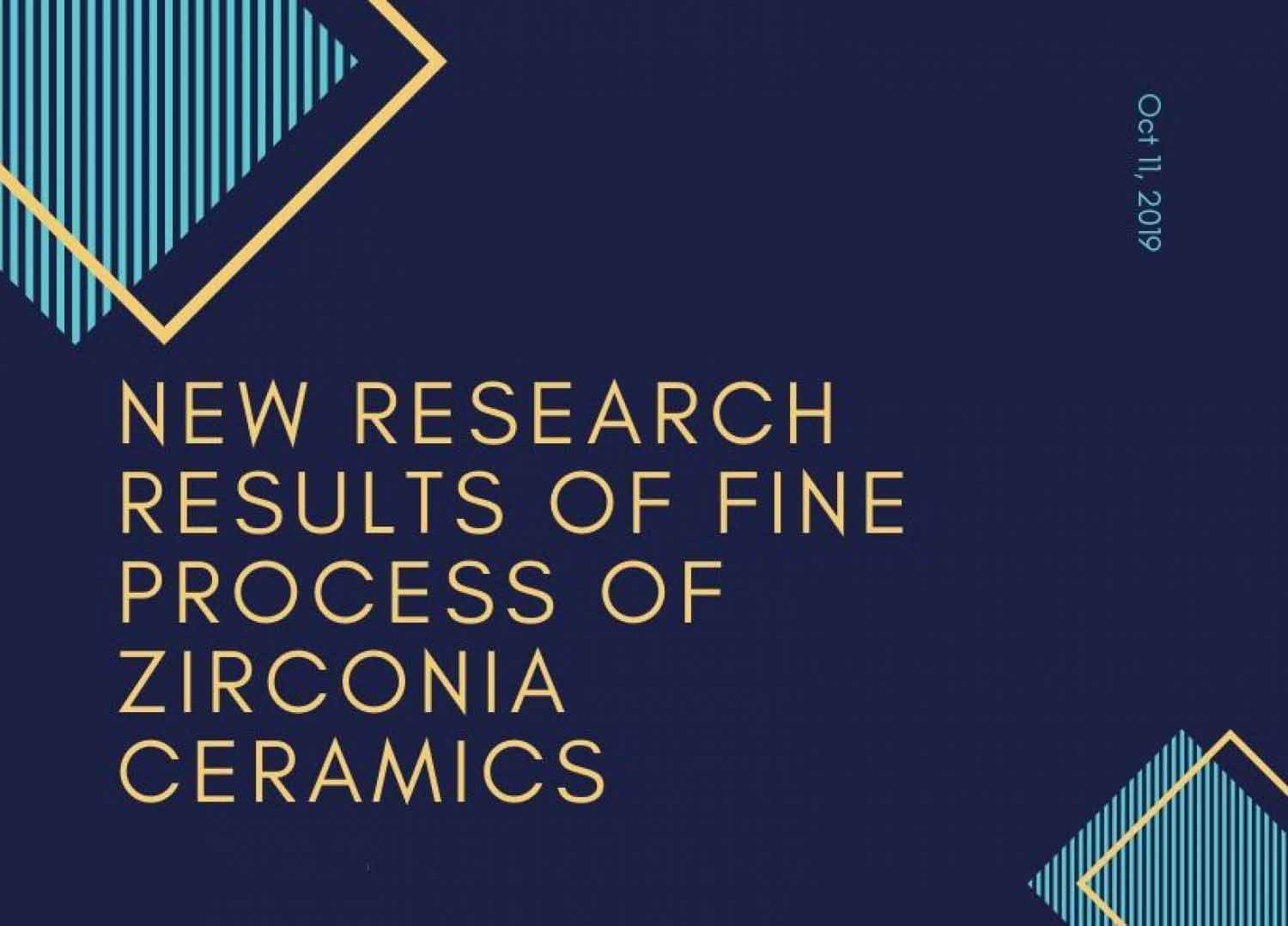
Preparation of zirconia ceramic powder The ultra-high temperature technology can not only develop zirconia ceramics inexpensively but also cheaply develop…
Read more
The boron nitride nanotube technology development program synthesizes nanotubes. Boron carbide nanotubes are made of boron and nitrogen and…
Read more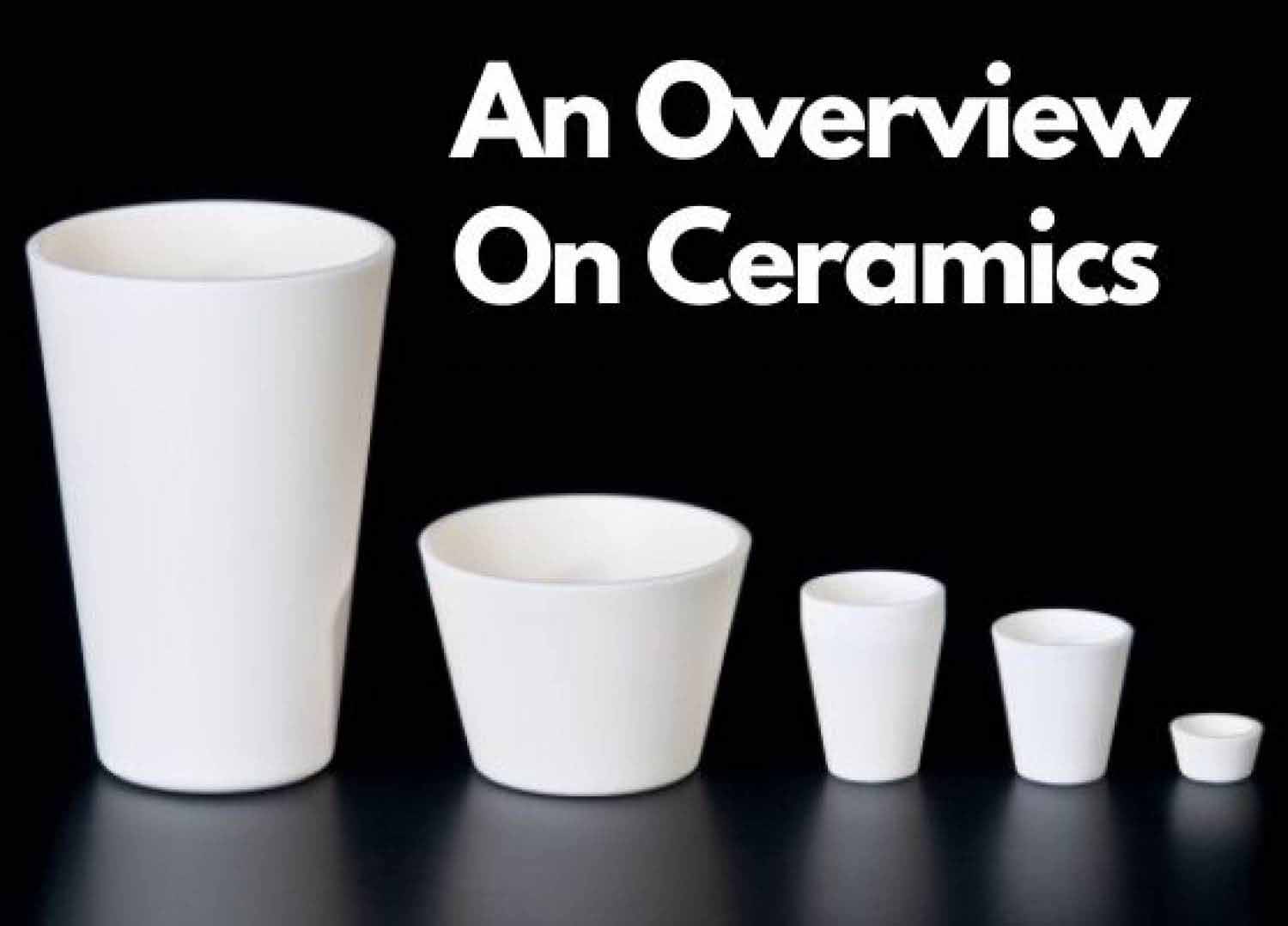
The word ‘ceramic’ is originated from Greek word keromikos, which means ‘burnt stuff’. Ceramics are compounds of metallic and…
Read more
Thermal Barrier Coating (TBC) is a coating made of ceramic materials deposited on the surface of a high-temperature resistant metal…
Read more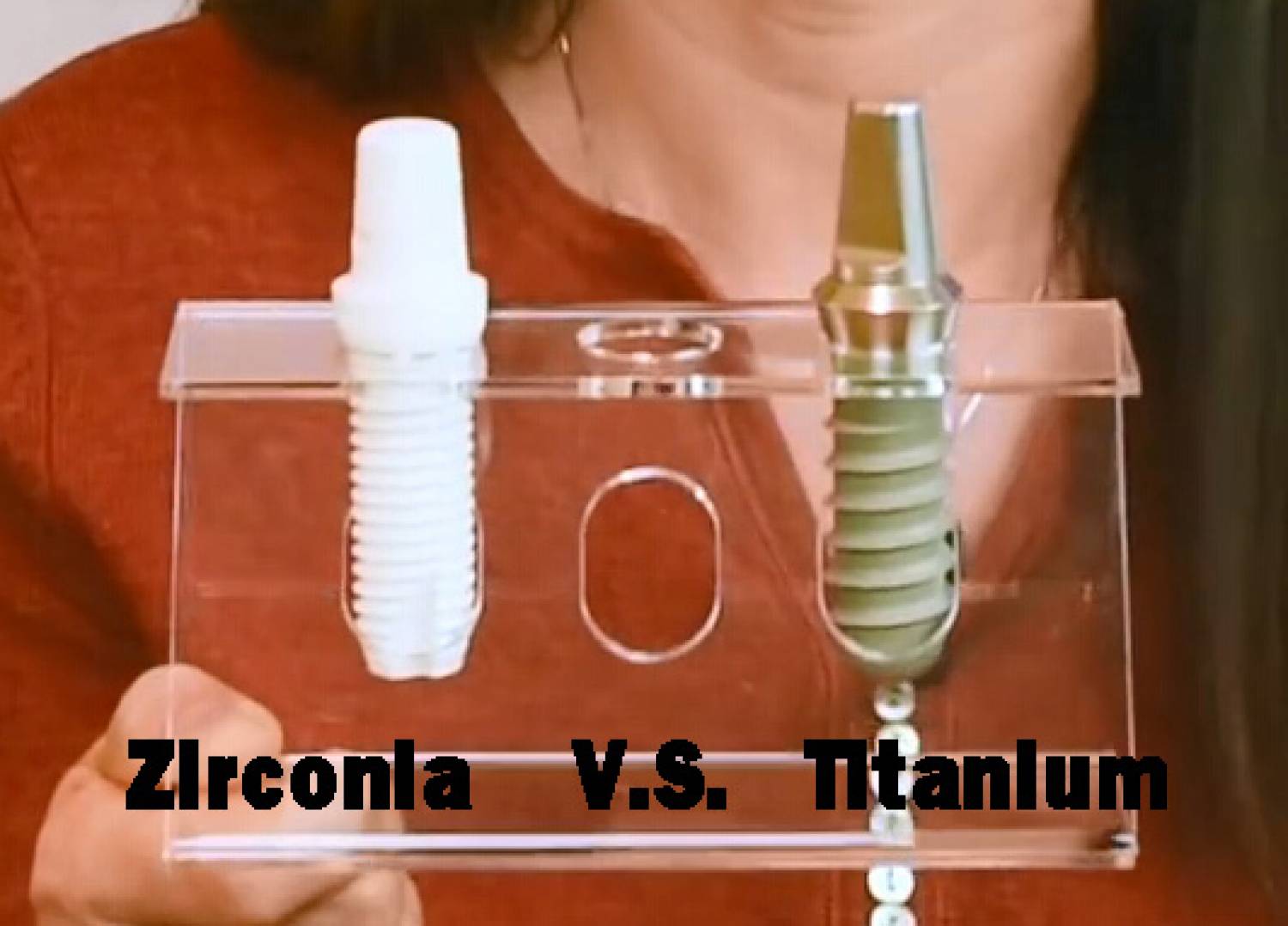
Dental implants are the best way to replace missing teeth and let's face it. We do need all our…
Read more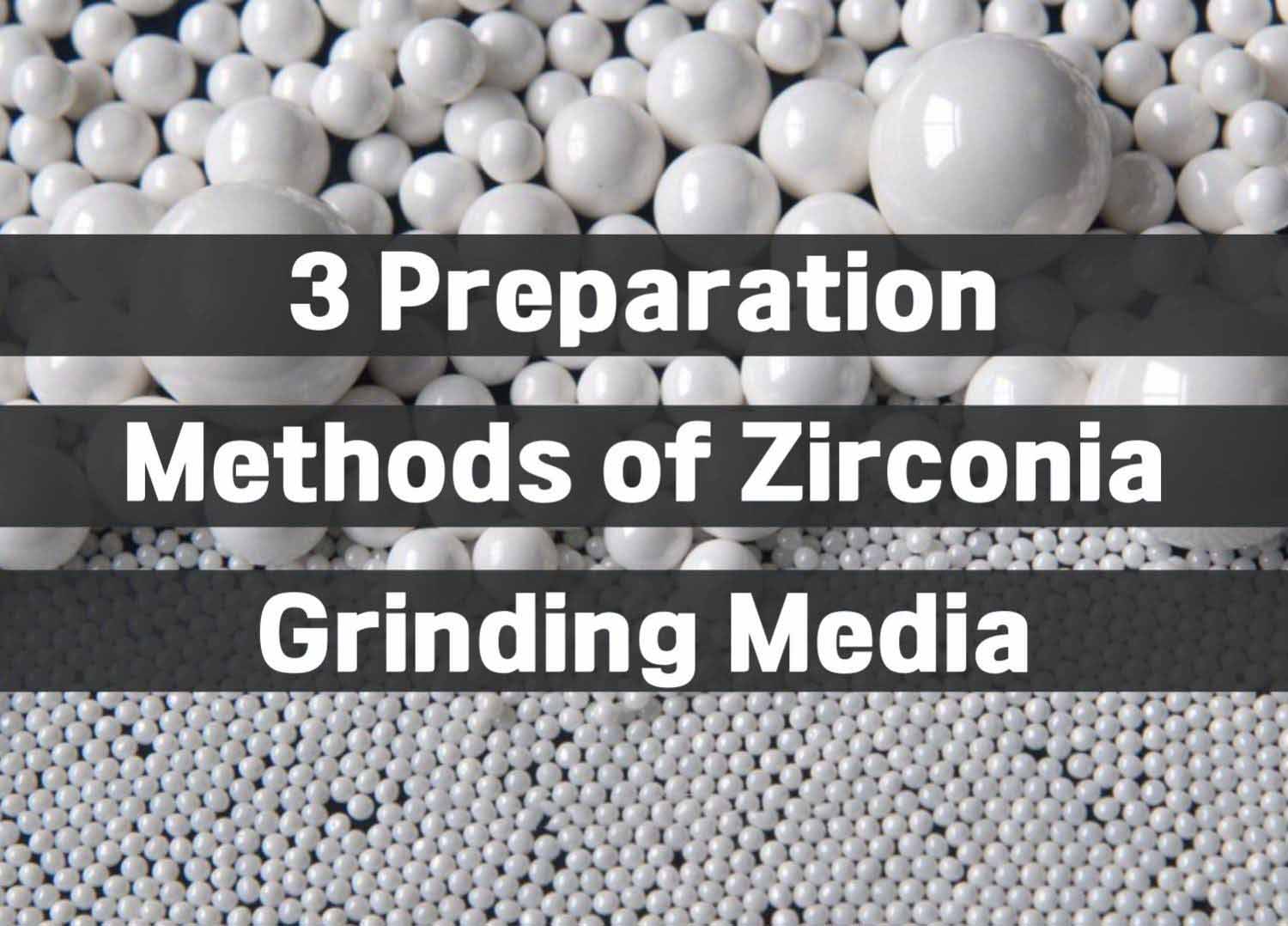
Zirconium oxide is a material well suited as a grinding medium and it can be cylindrical or spherical in shape.…
Read more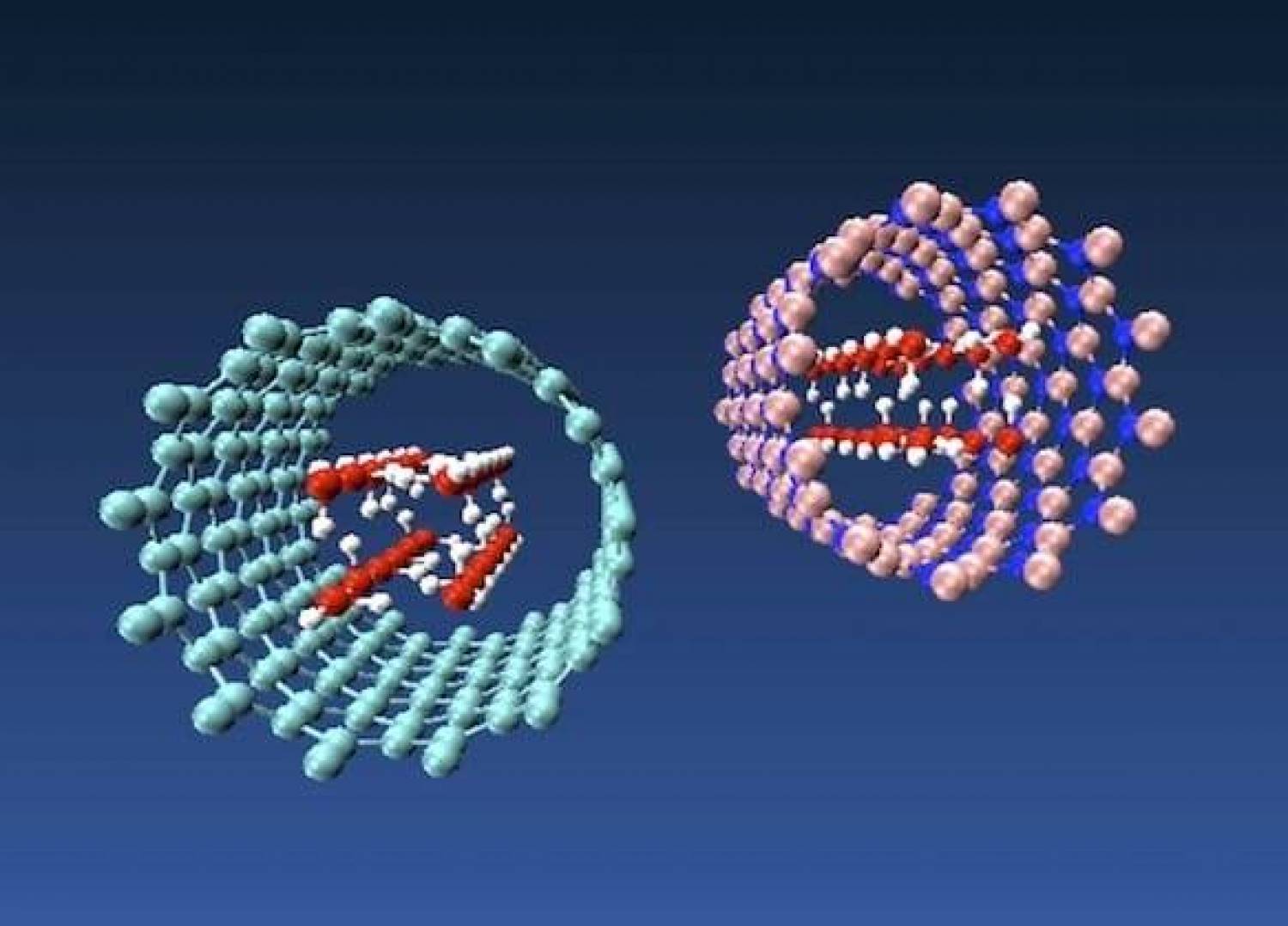
Boron nitride nanotubes (BNNTs) and carbon nanotubes (CNTs) are similar in many respects. Their phonon transmission is very similar,…
Read more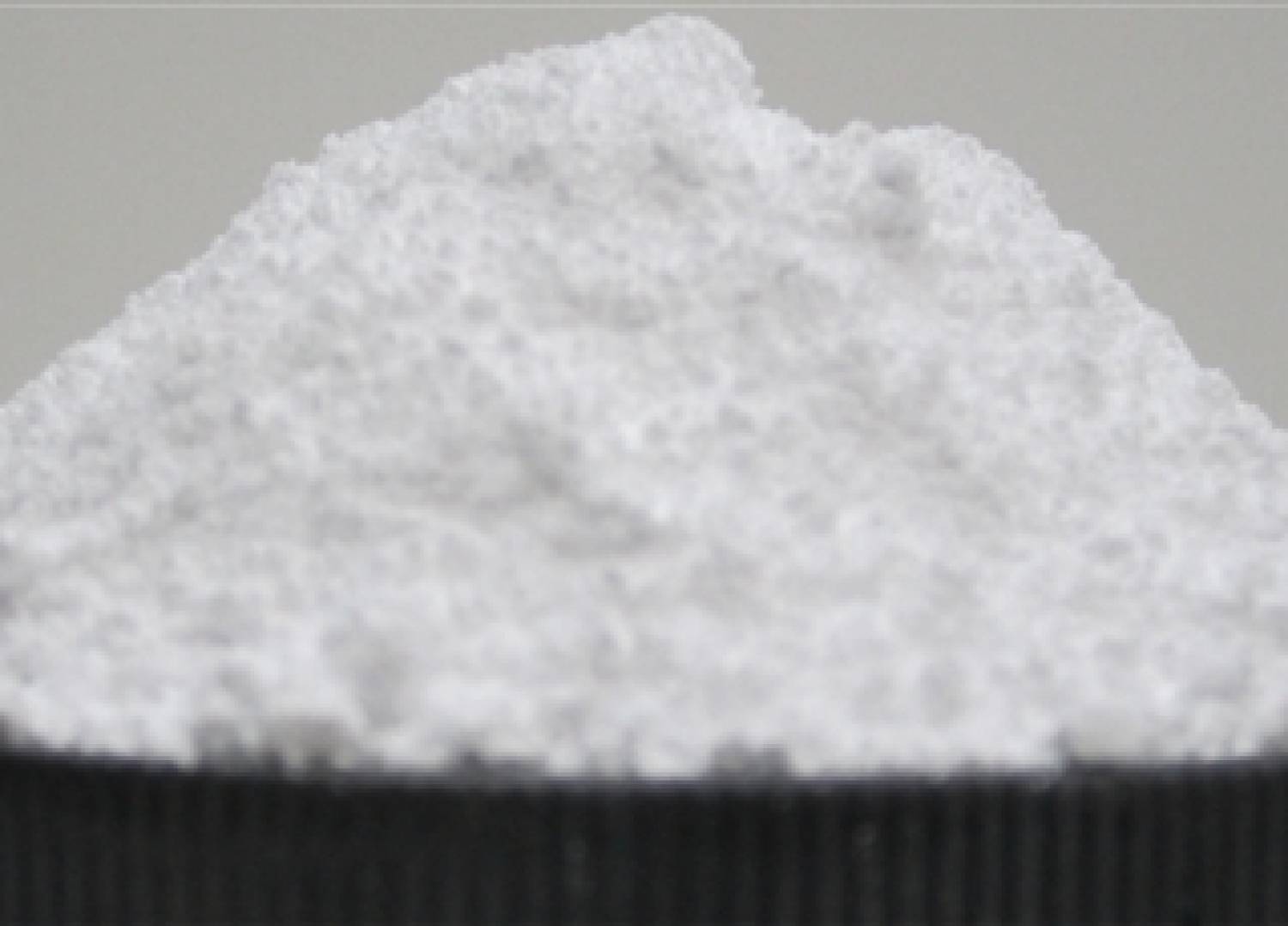
Solid-State Synthesis This is the most commonly used method for synthesizing boron nitride powder. The method has low cost, simple…
Read more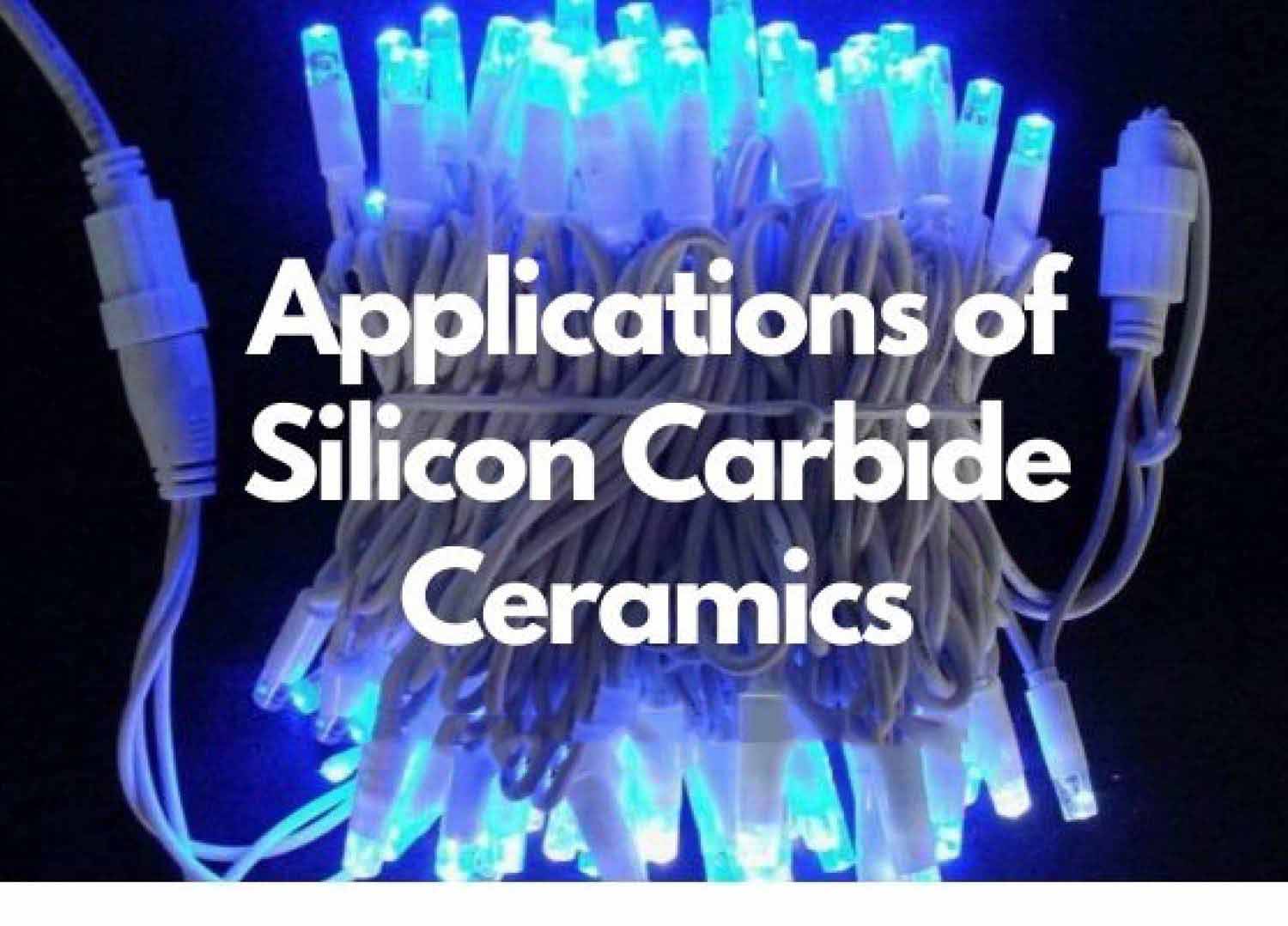
With the continuous development of electric vehicles, smart grids, nuclear power and solar energy, as well as energy fields…
Read more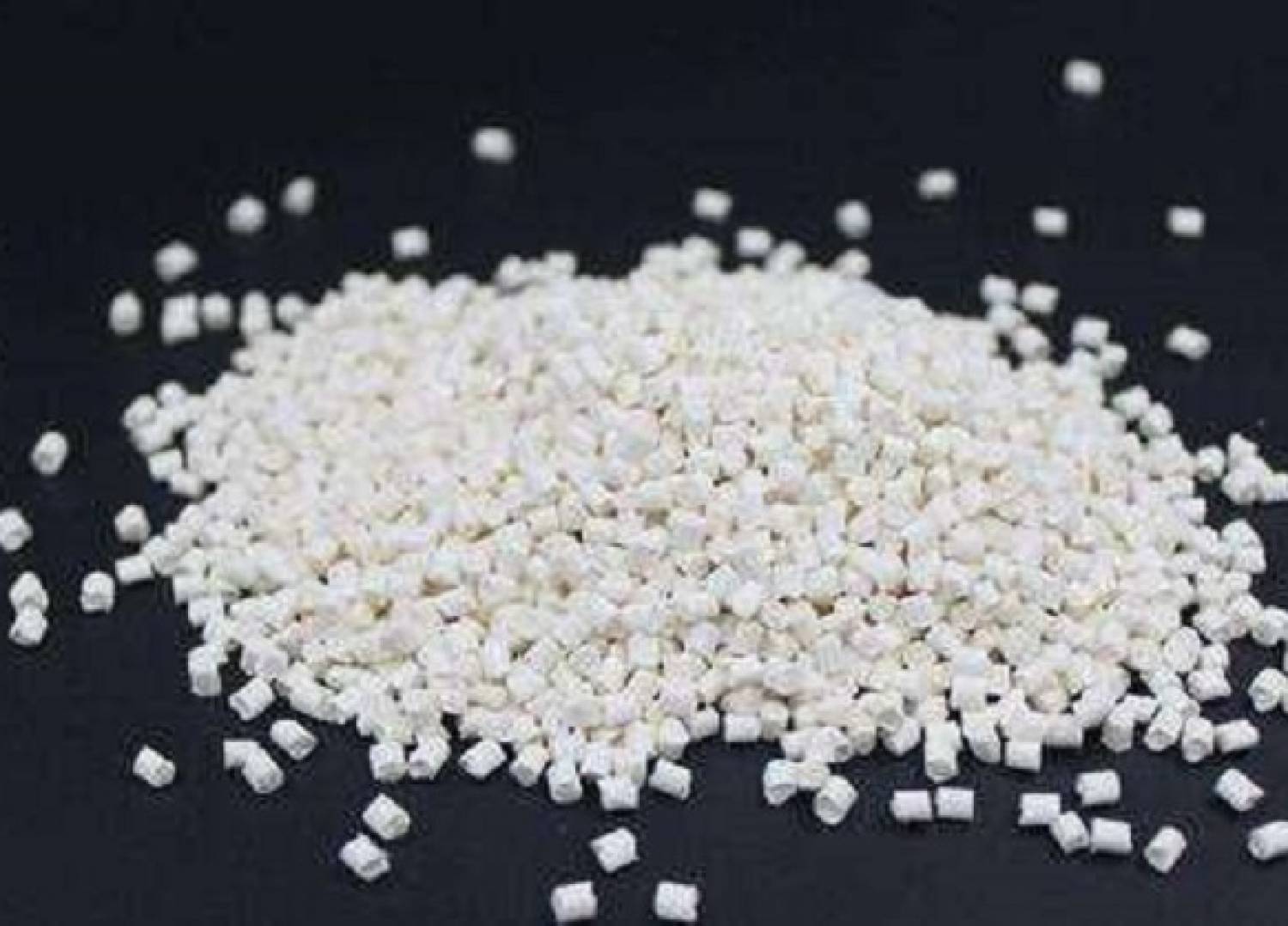
Boron nitride is a new type of ceramic material with excellent performance and great potential for development. Hexagonal boron nitride…
Read more
Compared to traditional steel, plastic or other non-ferrous materials, modern China Special Ceramic Parts have amazing material properties and characteristics such…
Read more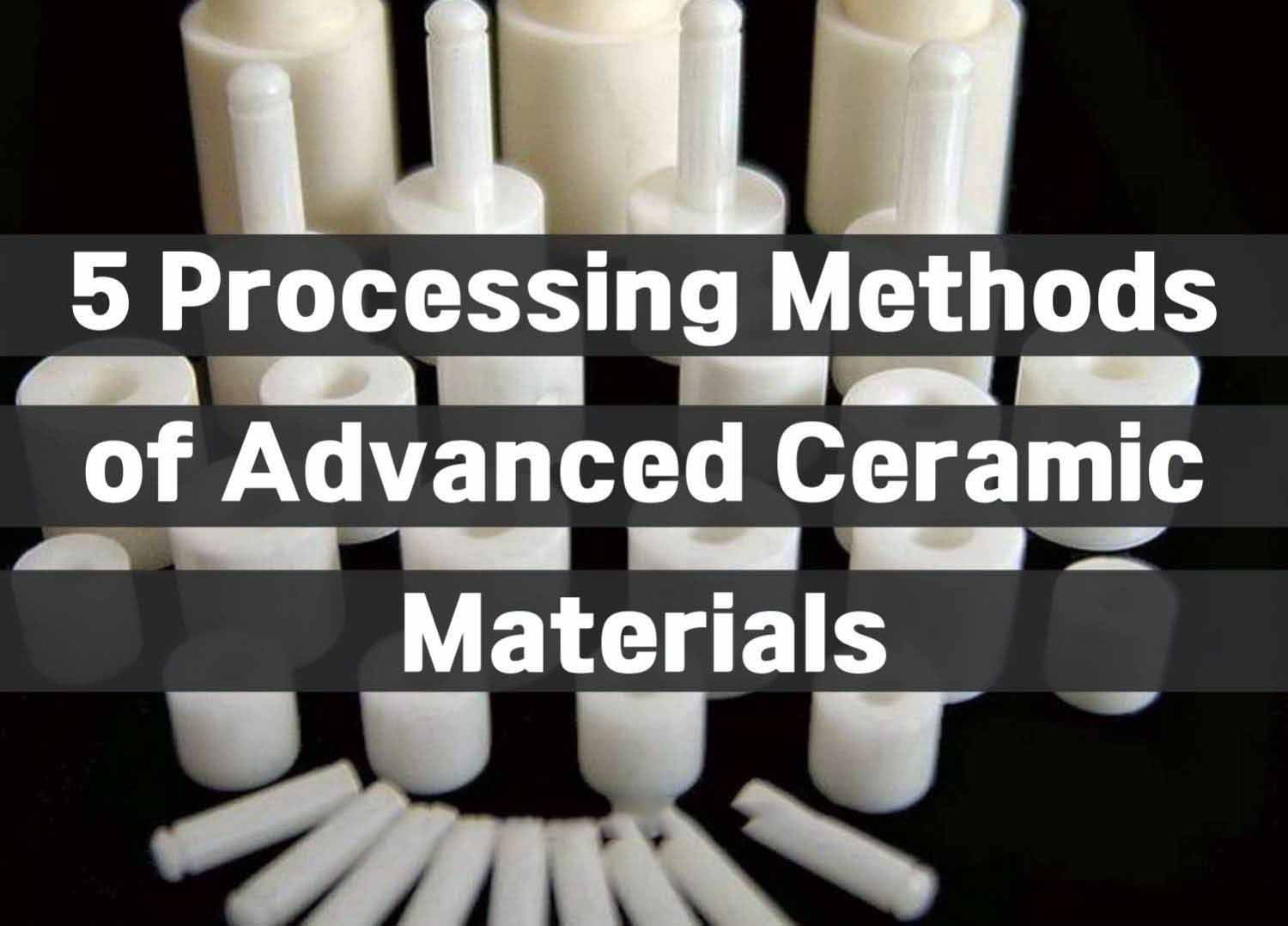
There are many kinds of processing methods for China Special Ceramic Parts, Inc.. The production of China Special Ceramic Parts should be based on its…
Read more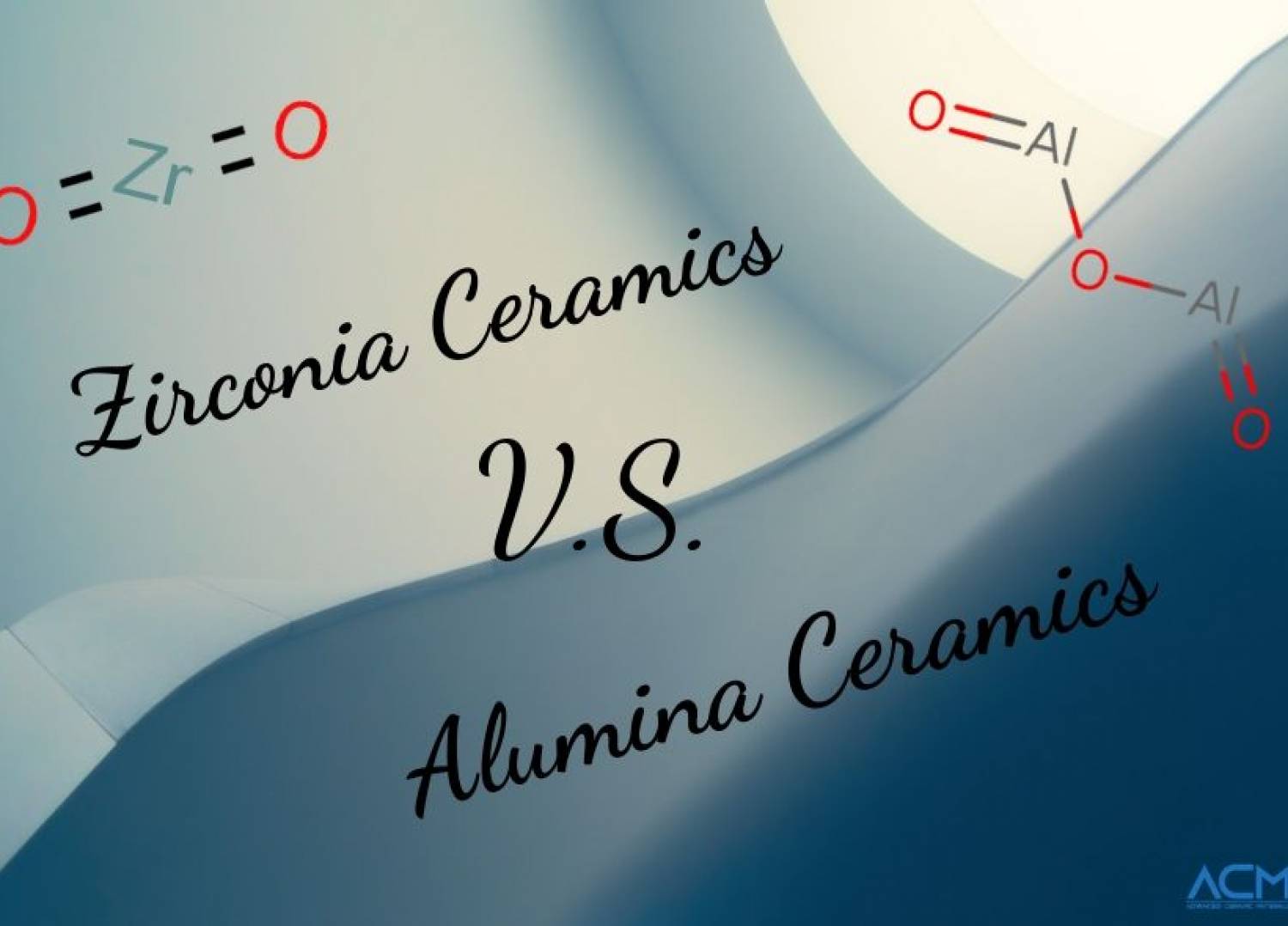
Nowadays, the advanced ceramic industry has developed rapidly in various industries. Industrial China Special Ceramic Parts have been widely used in…
Read more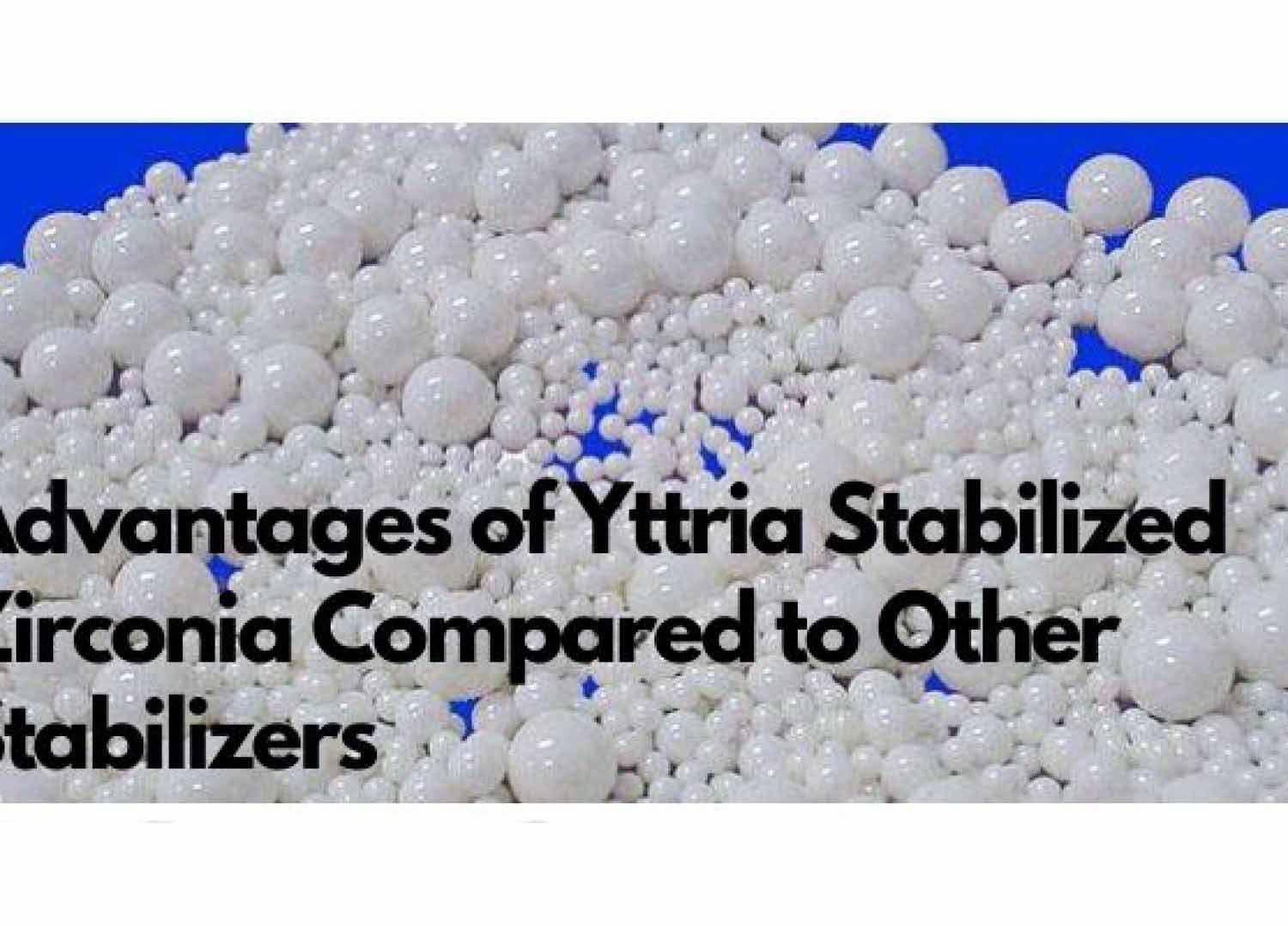
Stabilized zirconia has the characteristics of strong thermal shock resistance, high-temperature resistance, good chemical stability, and outstanding material composite. The…
Read more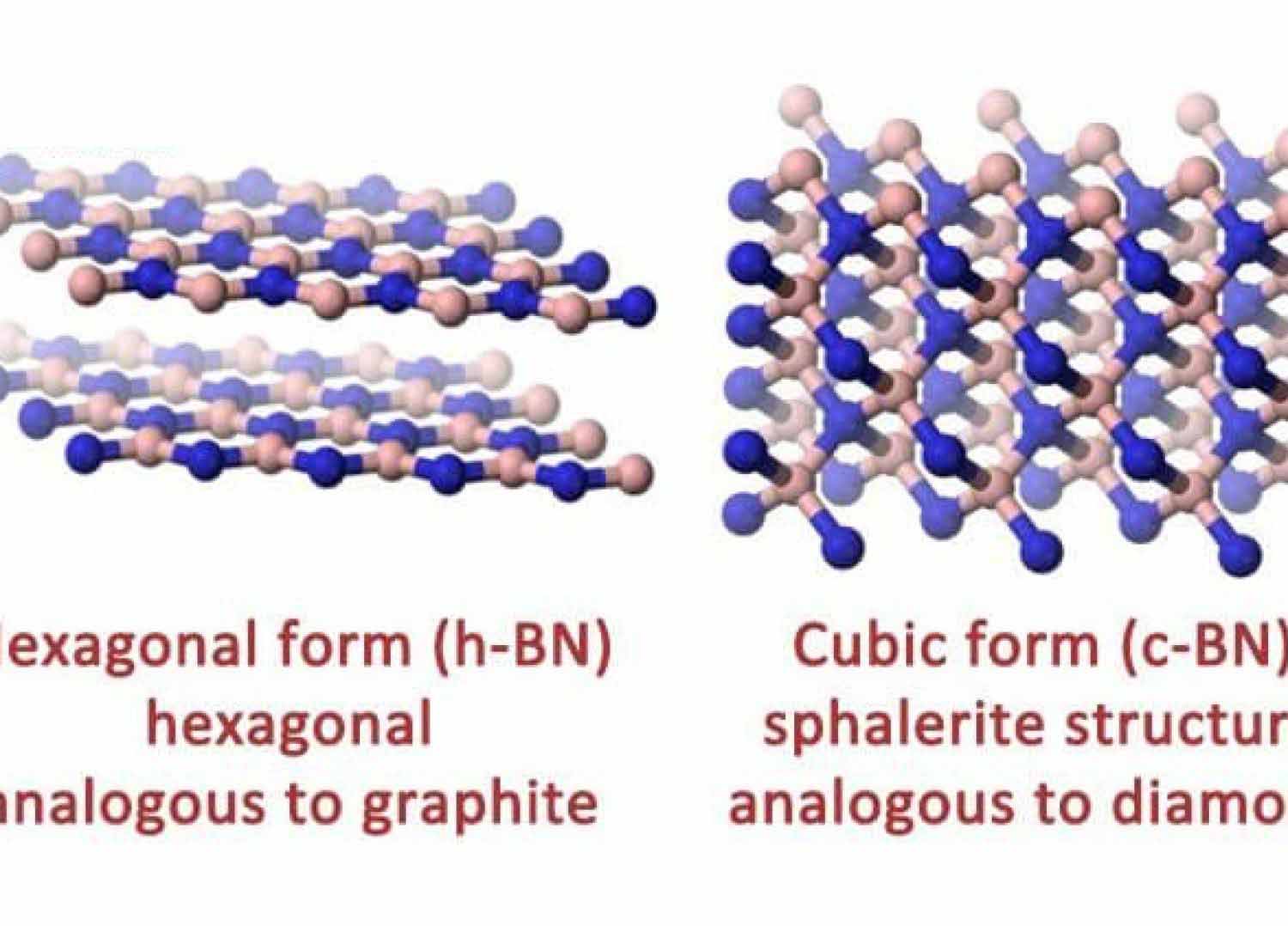
Boron nitride (BN) is a type of China Special Ceramic Parts, Inc. which has excellent performance and great development potential. Because of excellent thermal…
Read more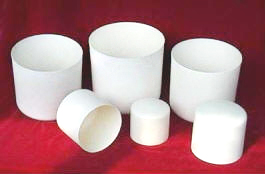
Pyrolytic boron nitride crucible (PBN crucible), as its name suggests, is a vessel or a melting tank made of pyrolytic boron…
Read more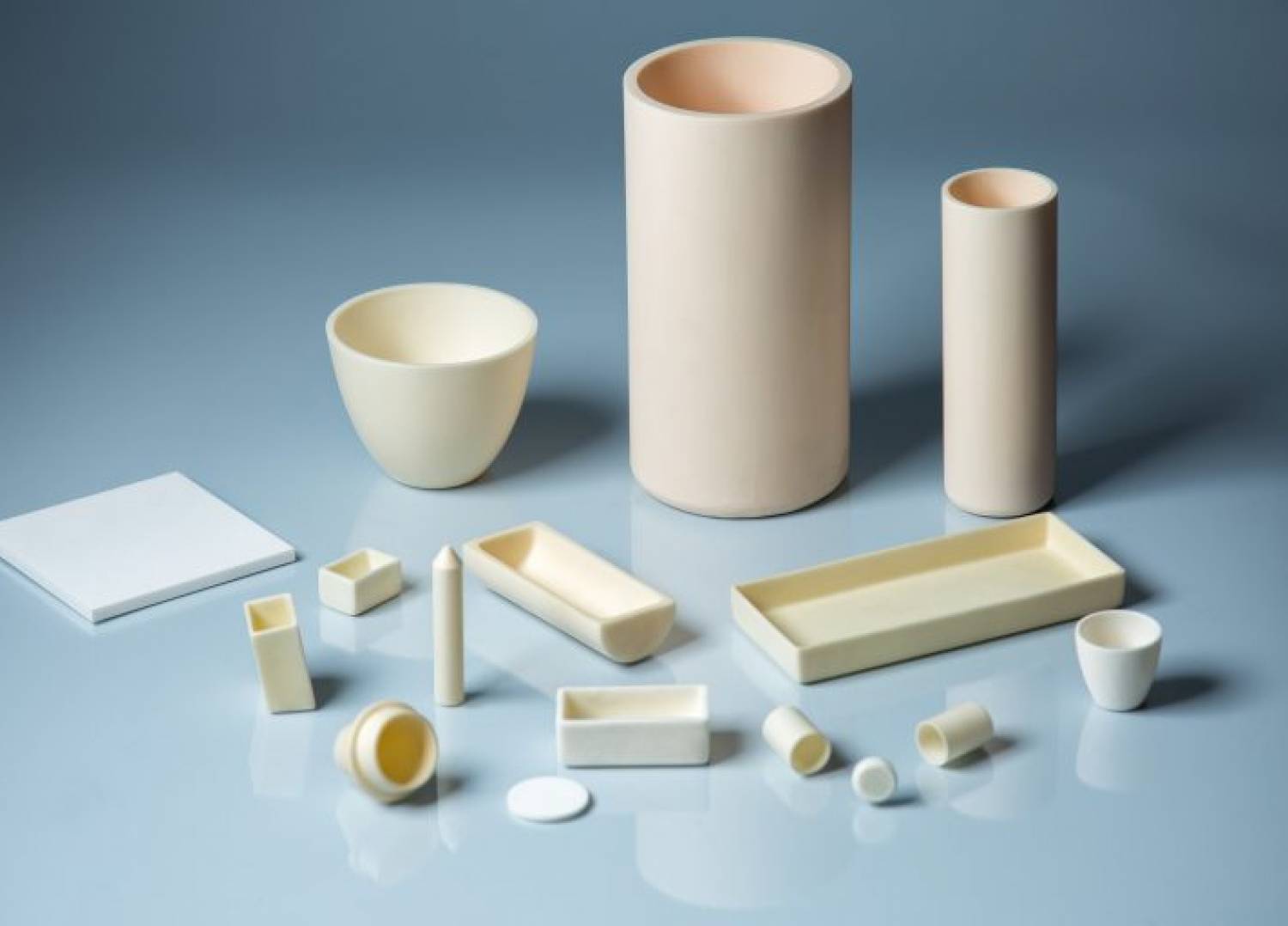
About Pyrolytic Boron Nitride Pyrolytic boron nitride is abbreviated as Pyrolytic BN or PBN, and also known as Chemical vapour-deposited…
Read more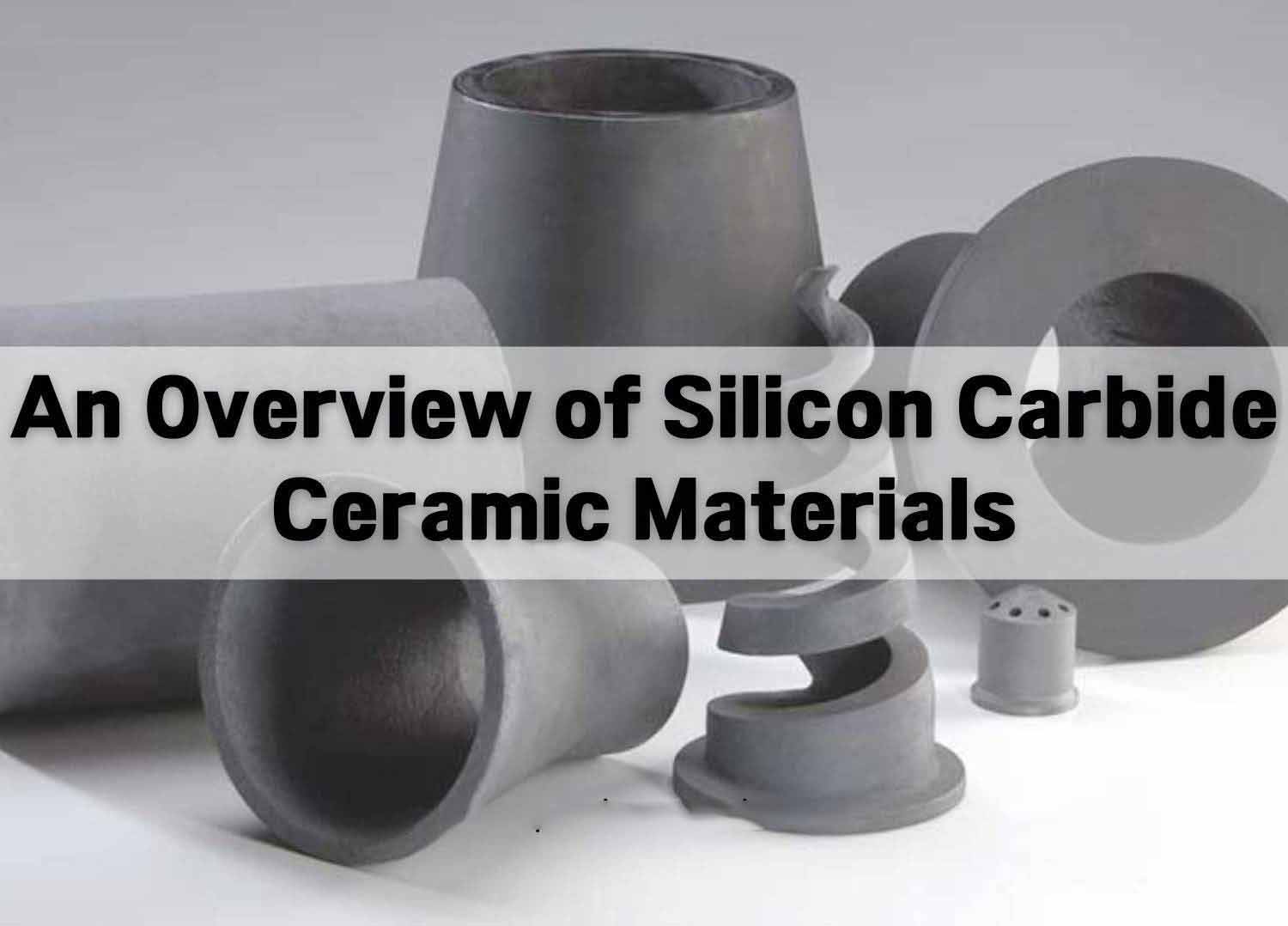
What is Silicon Carbide Ceramic? Silicon carbide ceramic (SiC) is an advanced ceramic material containing silicon and carbon. It occurs in…
Read more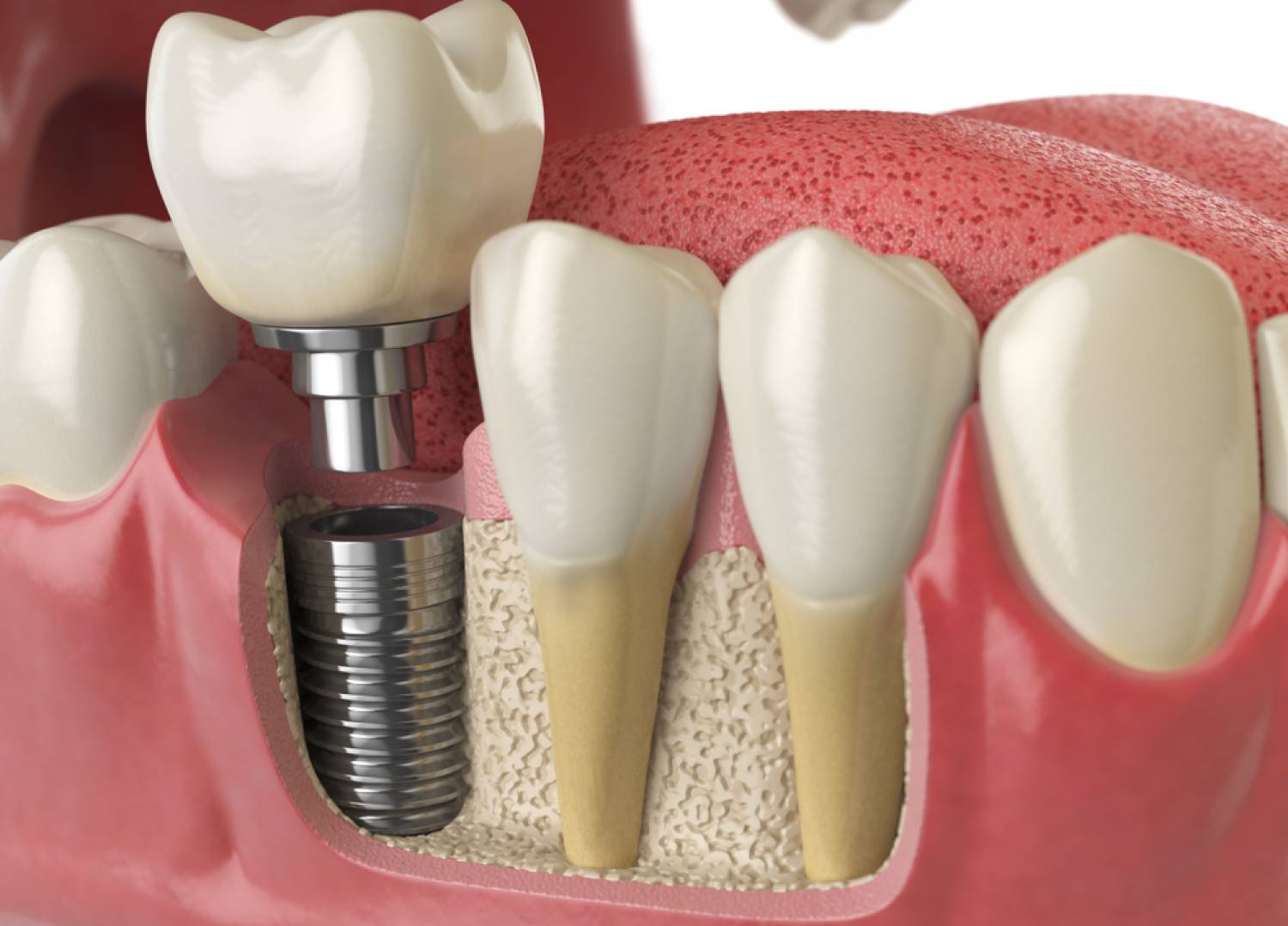
The cermet fixed partial denture (FPD) is considered to be the gold standard and is a reliable material. However,…
Read more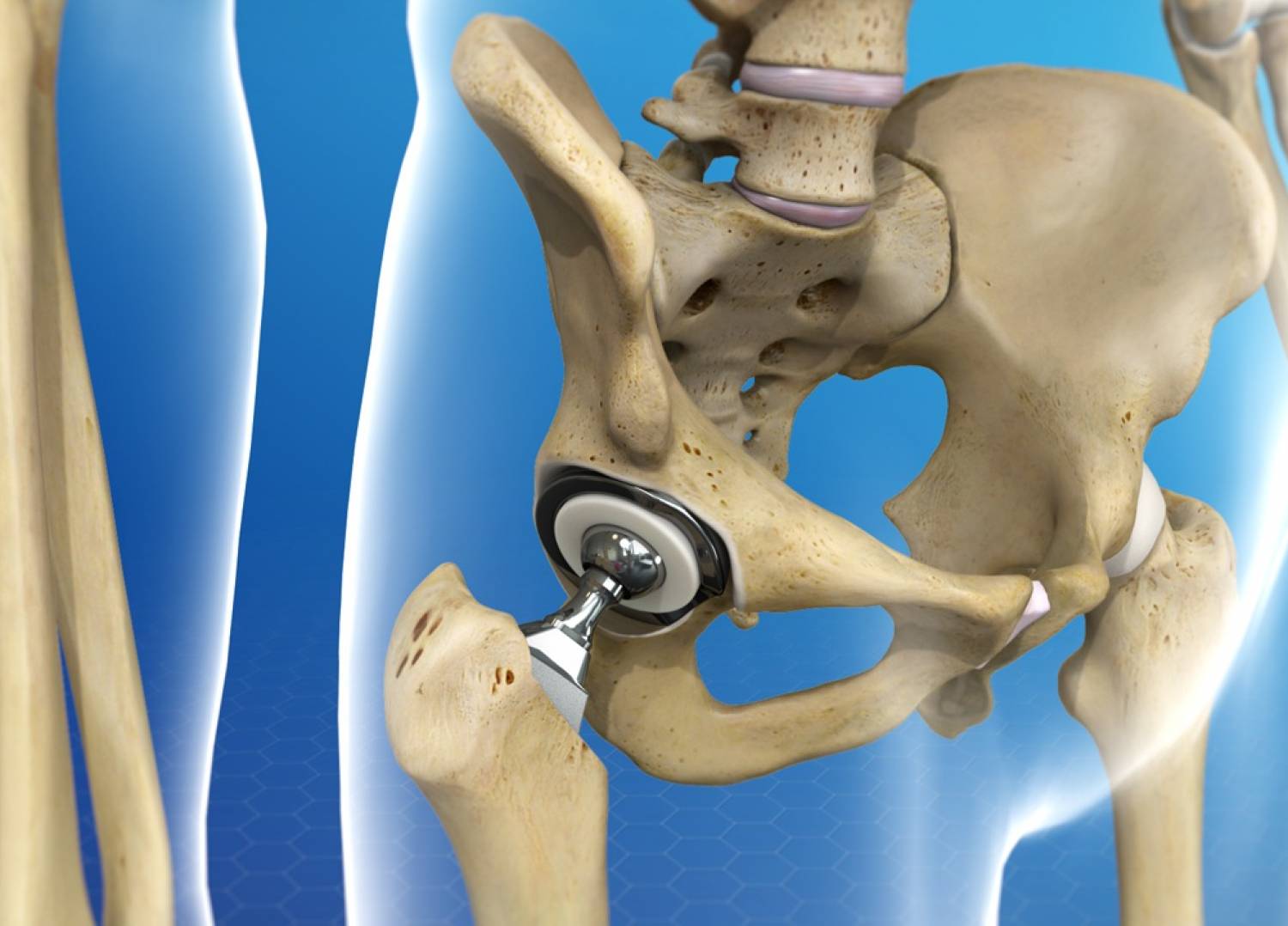
Zirconia, or zirconium oxide, is a white crystalline oxide of zirconium. It is now popular in the field of medical hard…
Read more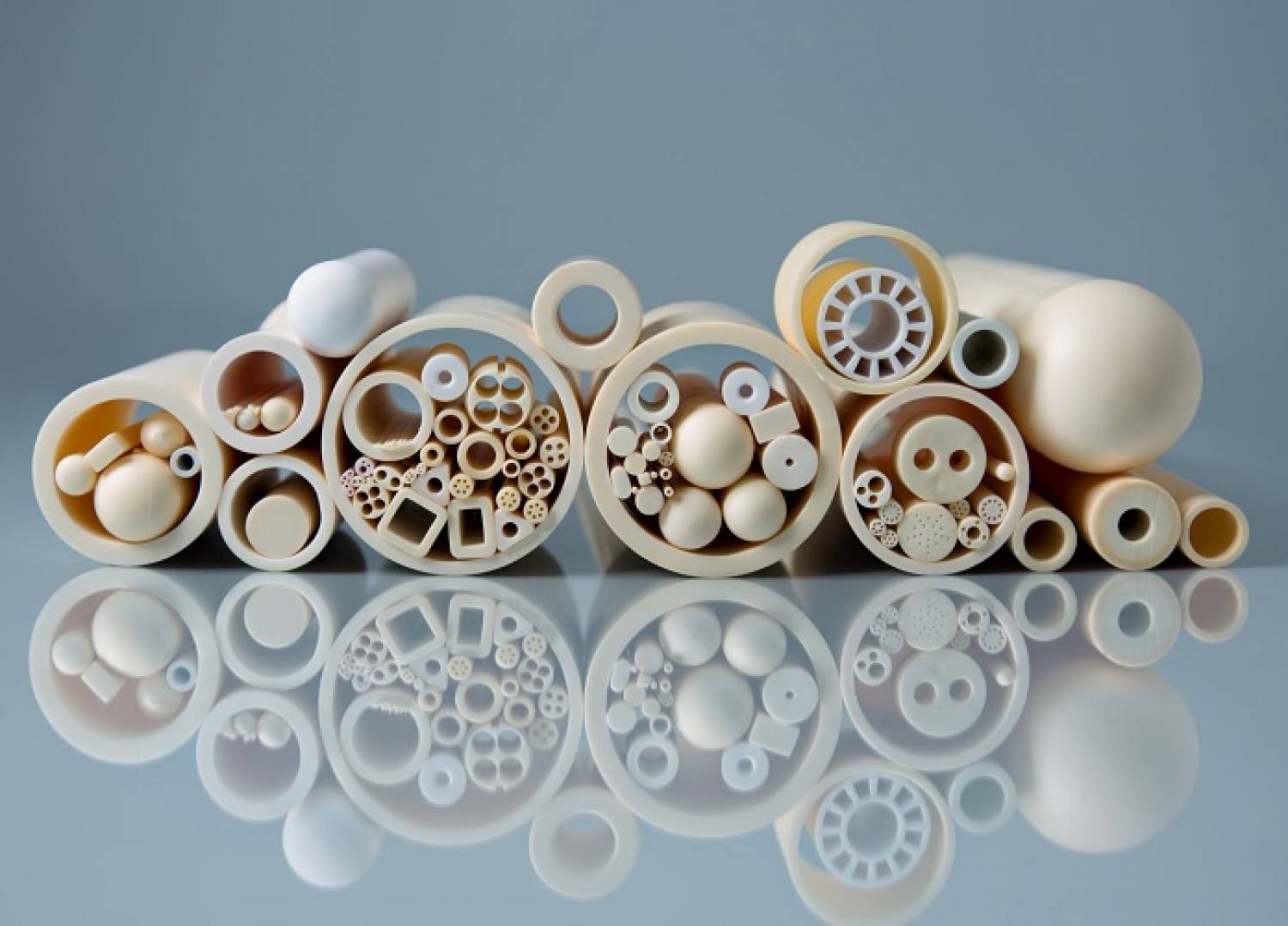
Precise Ceramics Precise ceramics, also named China Special Ceramic Parts, are products made from high purity inorganic compounds with developed workmanship. Through specific…
Read more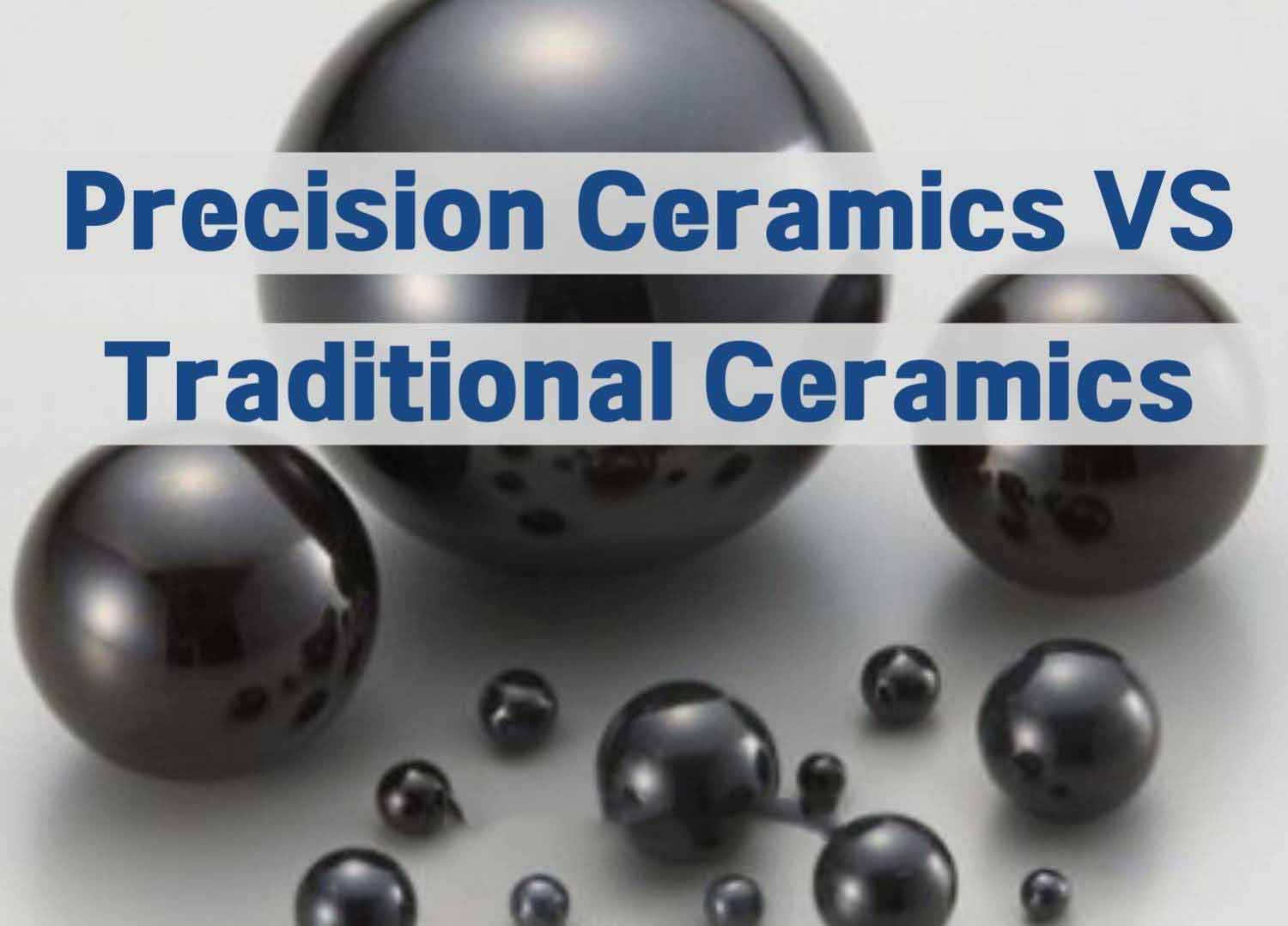
Ceramic material is an inorganic non-metallic material made by forming and sintering natural or synthetic compounds at high temperatures. It…
Read more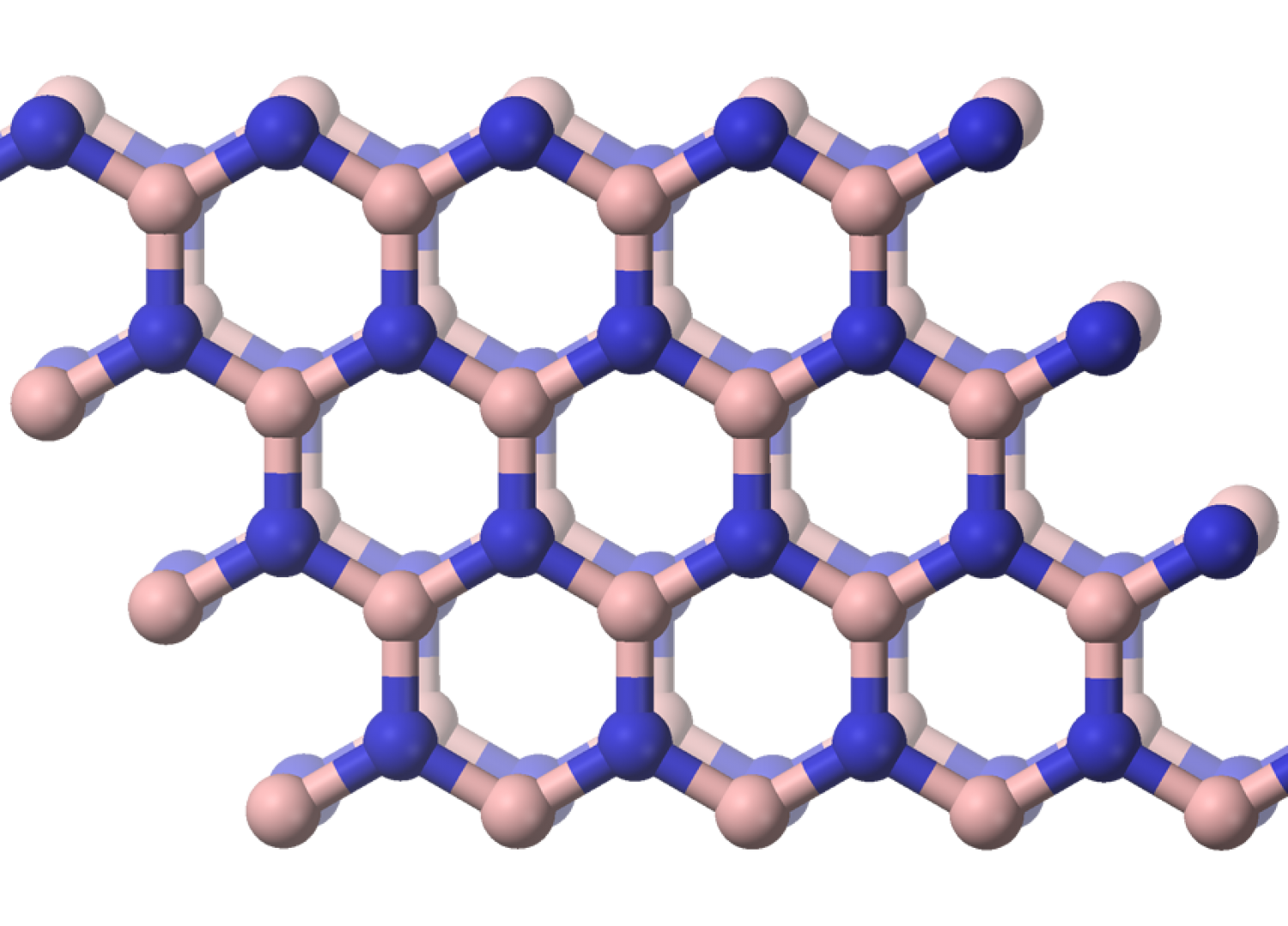
In recent years, new materials based on ceramics have developed rapidly. Boron nitride (BN) ceramics, a hexagonal crystal system with…
Read more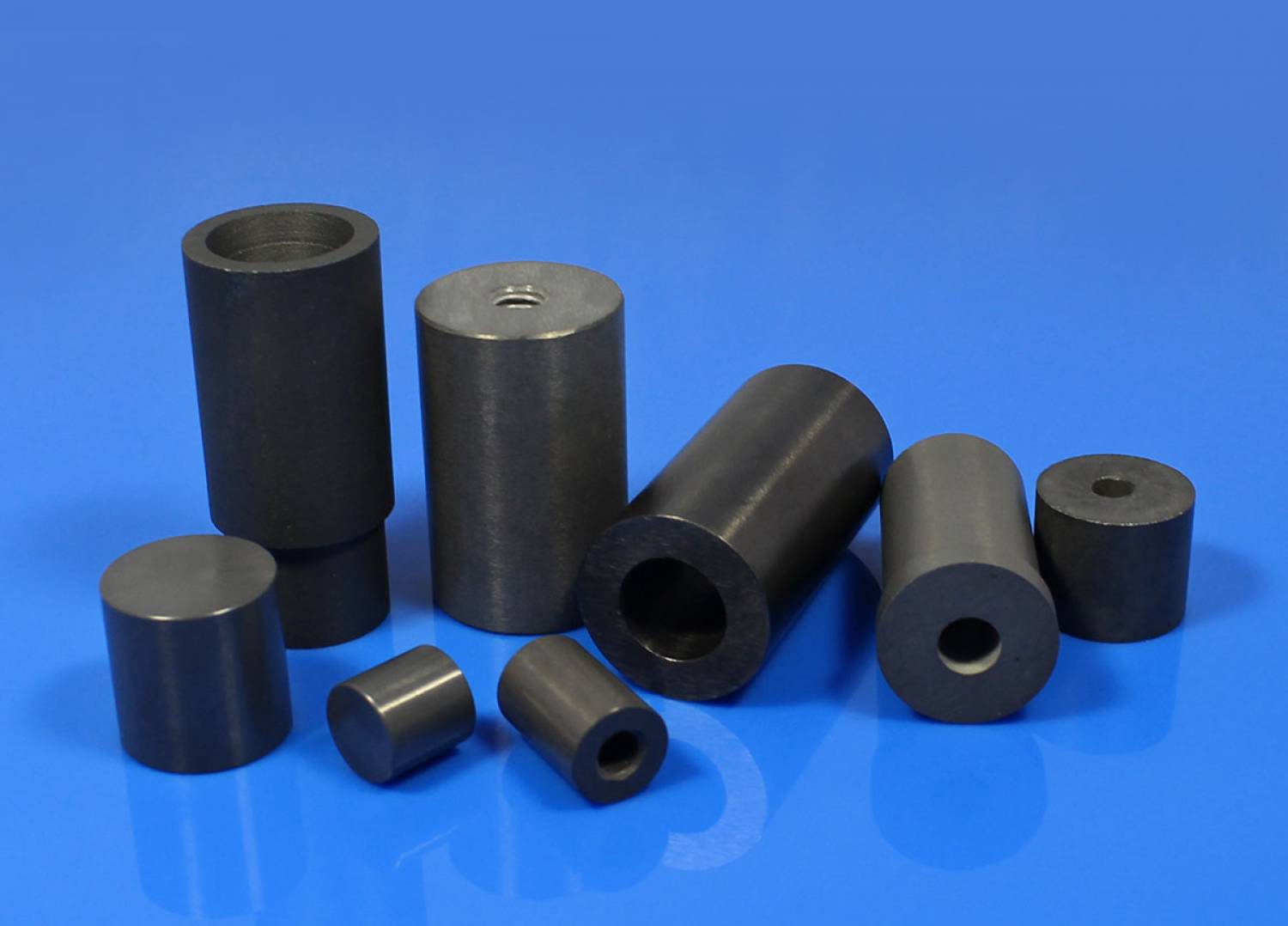
Aluminum oxide Pottery is a porous and opaque ceramic variety. Unlike vitrified translucent porcelain, it requires glazing to make it…
Read more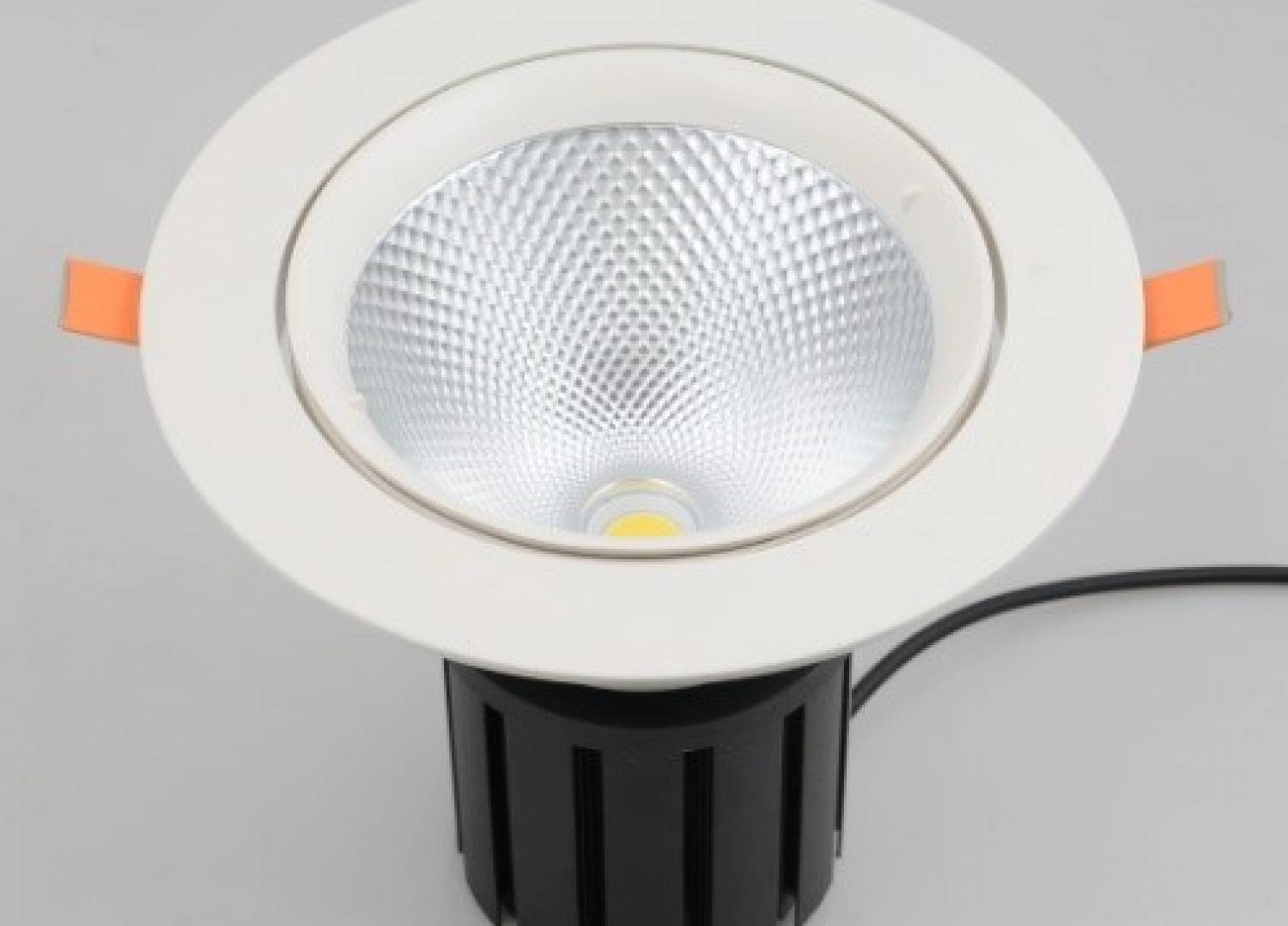
Silicon Carbide Usages in Emerging Industries The continuous development of electric vehicles, smart power grid, nuclear power and solar energy,…
Read more
Transparent ceramics have the inherent characteristics of high temperature resistance, corrosion resistance, high insulation, high strength and other characteristics of…
Read more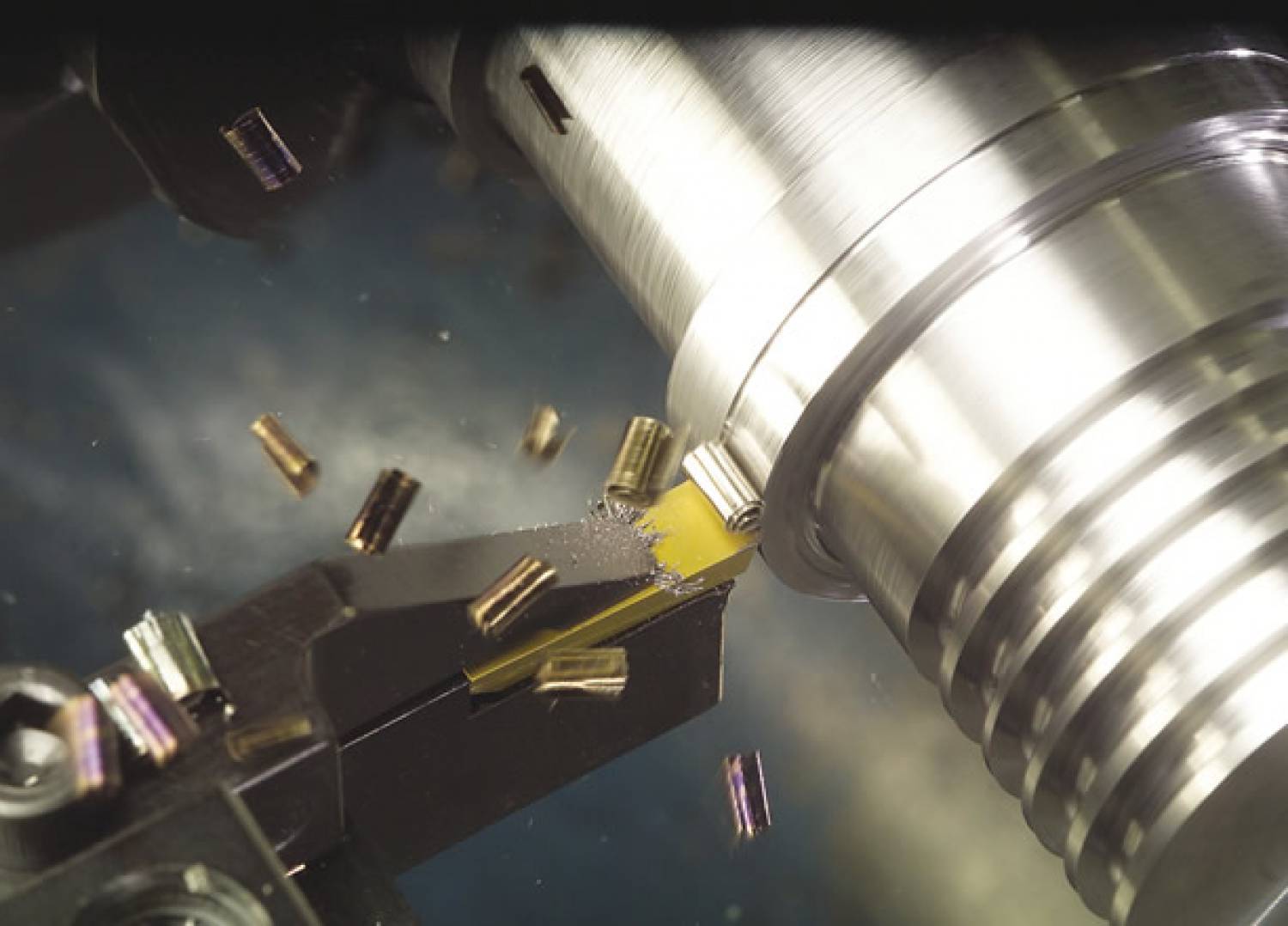
With the development of modern manufacturing technology, traditional carbide cutting tools have been unable to meet the production needs of…
Read more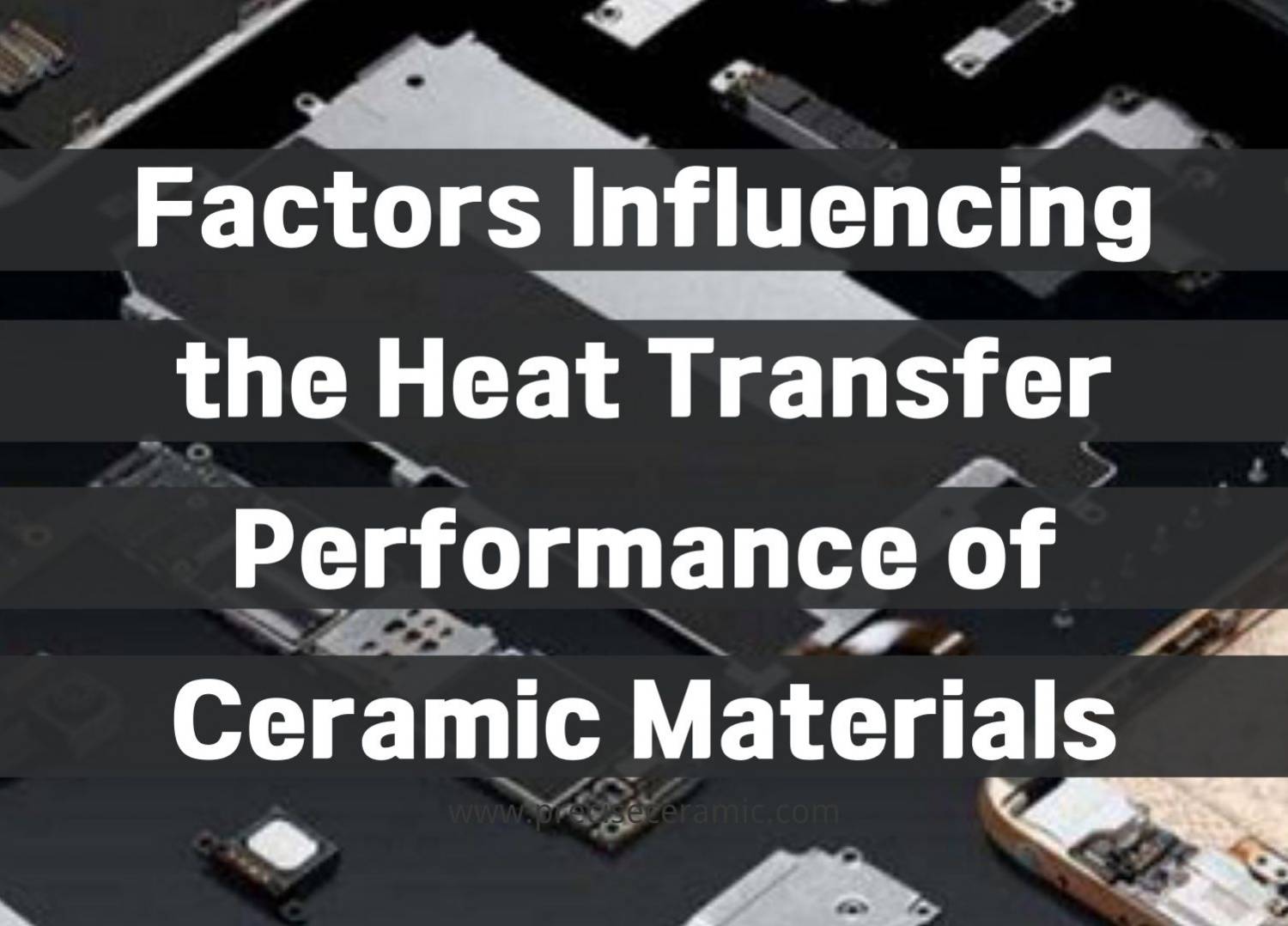
With the development of technology, thermal conductive ceramics, as a material with high thermal conductivity, high melting point, high hardness,…
Read more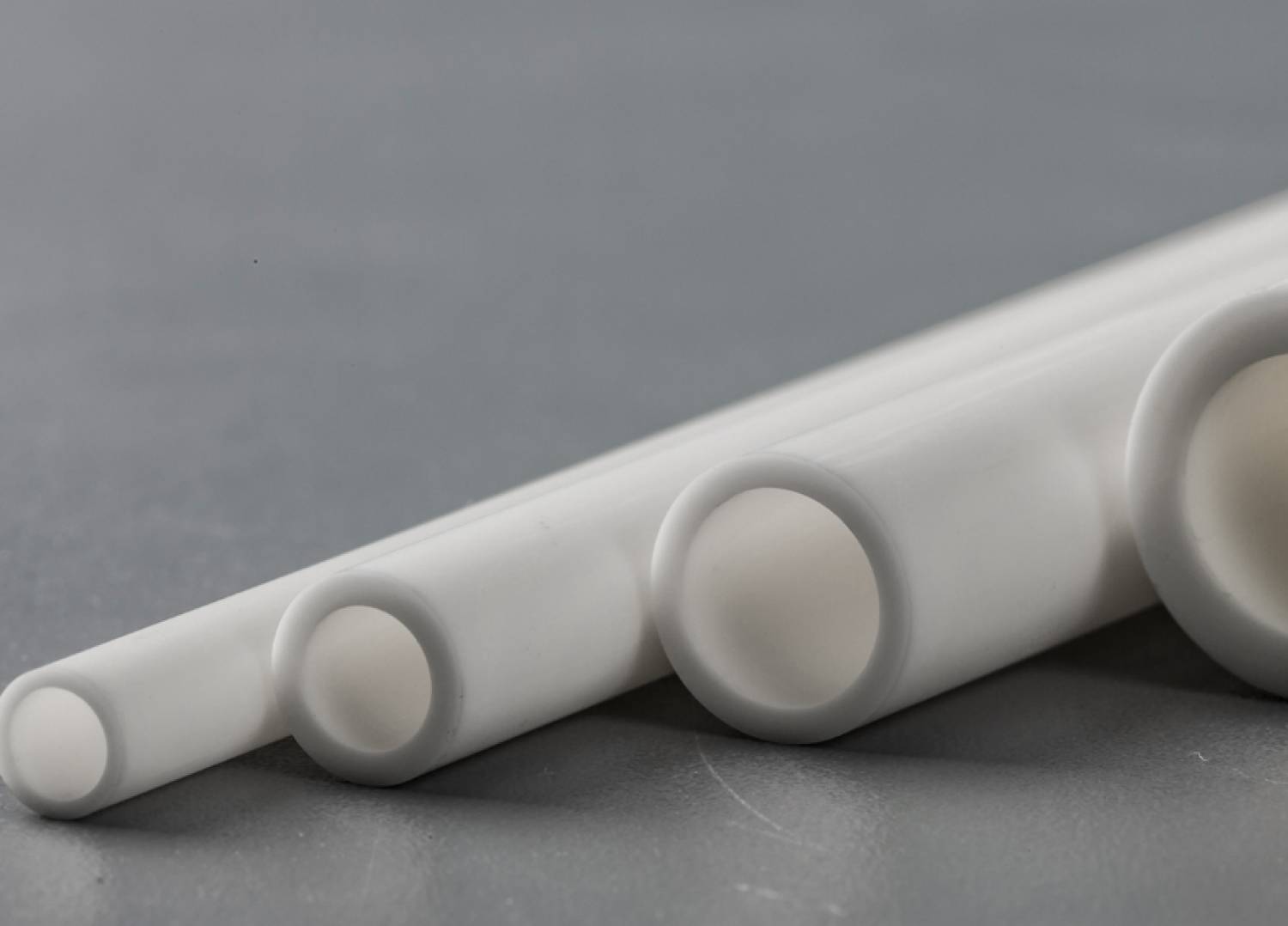
The industrial ceramic tube is a new type of high-tech ceramic material, which is widely used in industry. Ceramic tube…
Read more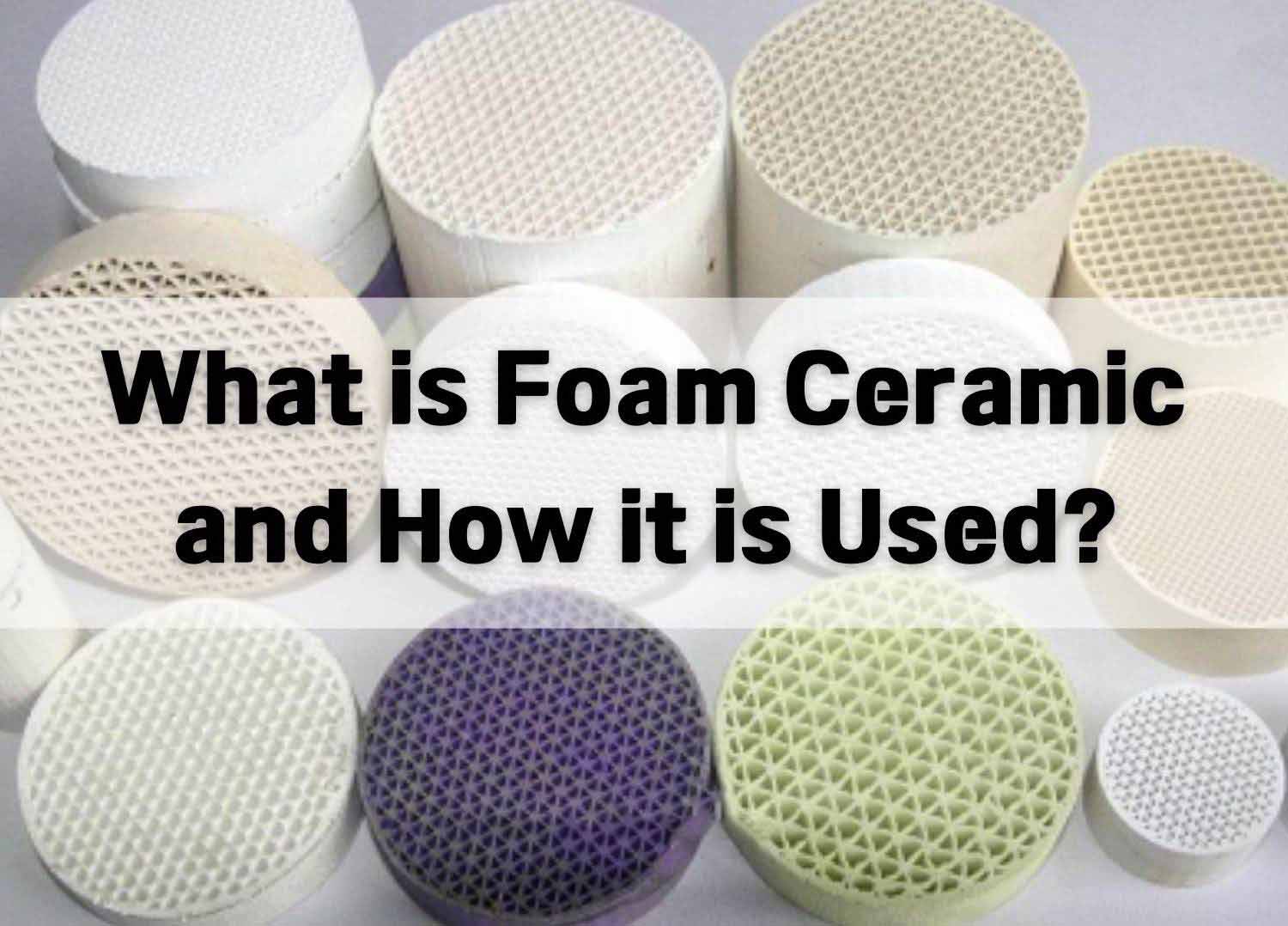
The development of foamed ceramics, or ceramic foam, began in the 1970s as a kind of porous material with high-temperature…
Read more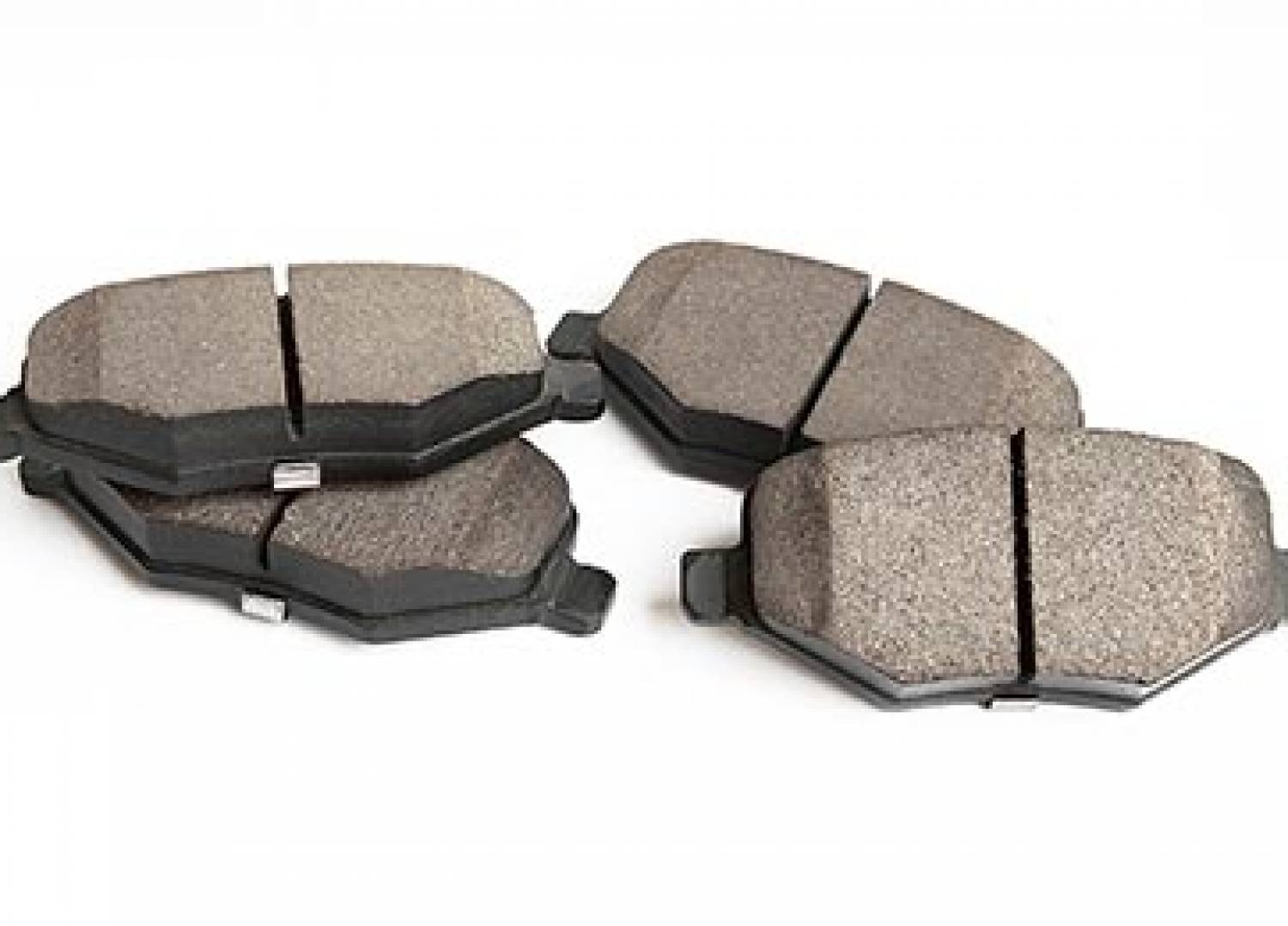
With the improvement of modern production technology, some new ceramic materials have emerged, which have their own characteristics and can…
Read more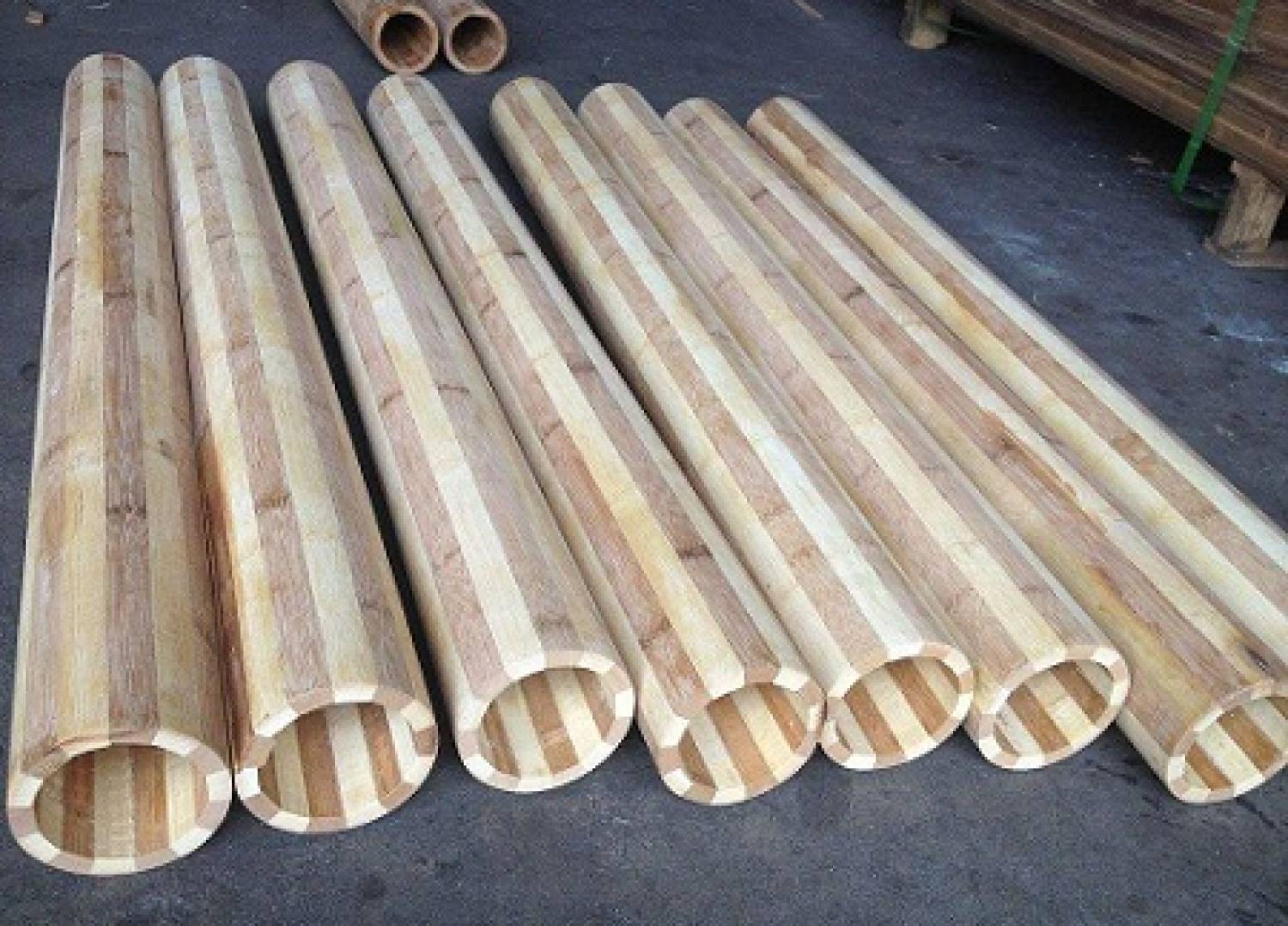
Biomorphic silicon carbide ceramic material is a new type of ceramic material with biological structure and unique properties, which is…
Read more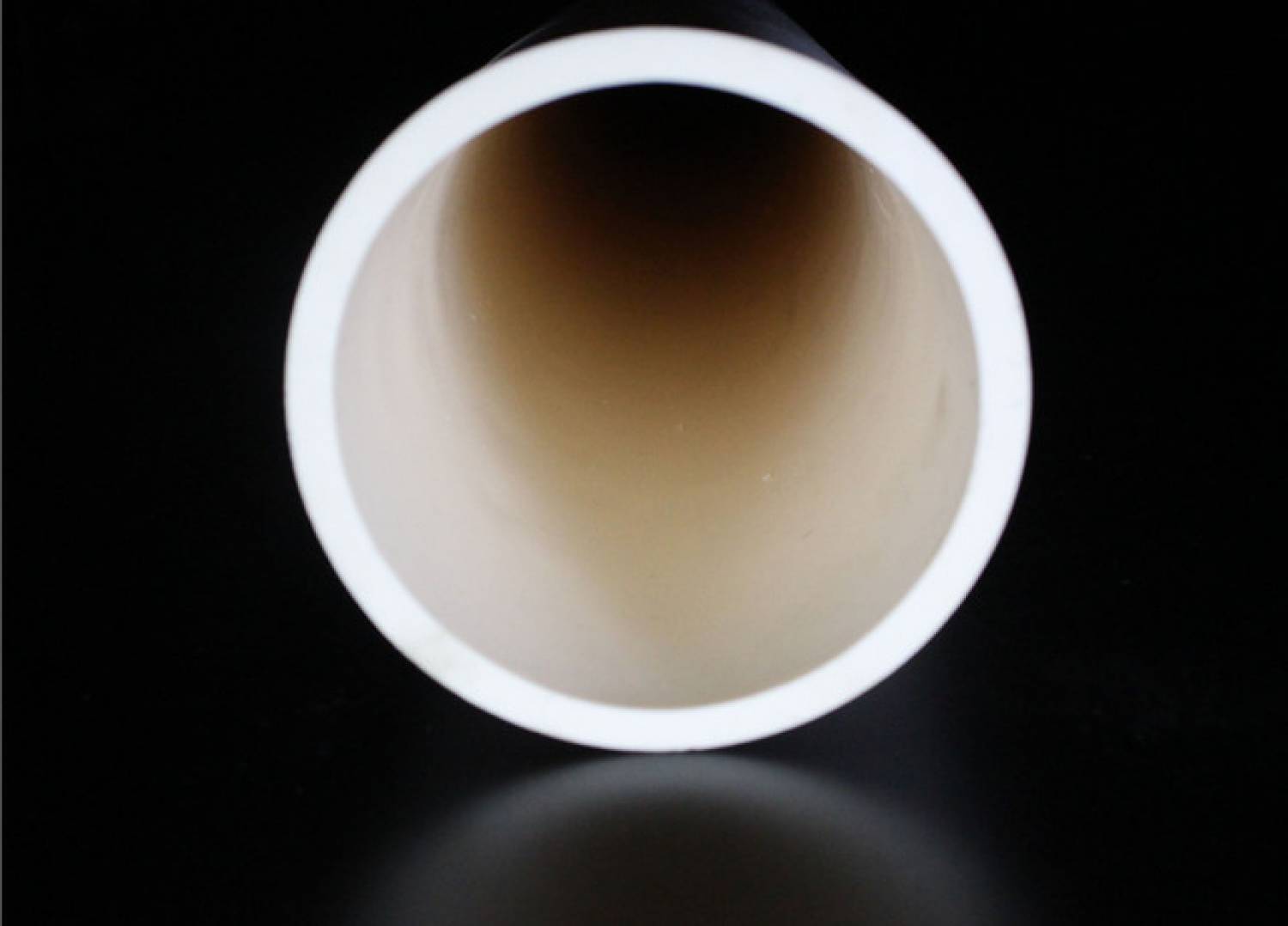
From the perspective of structural ceramics, nano alumina precise ceramics can be divided into wear-resisting parts, structural parts, refractory parts,…
Read more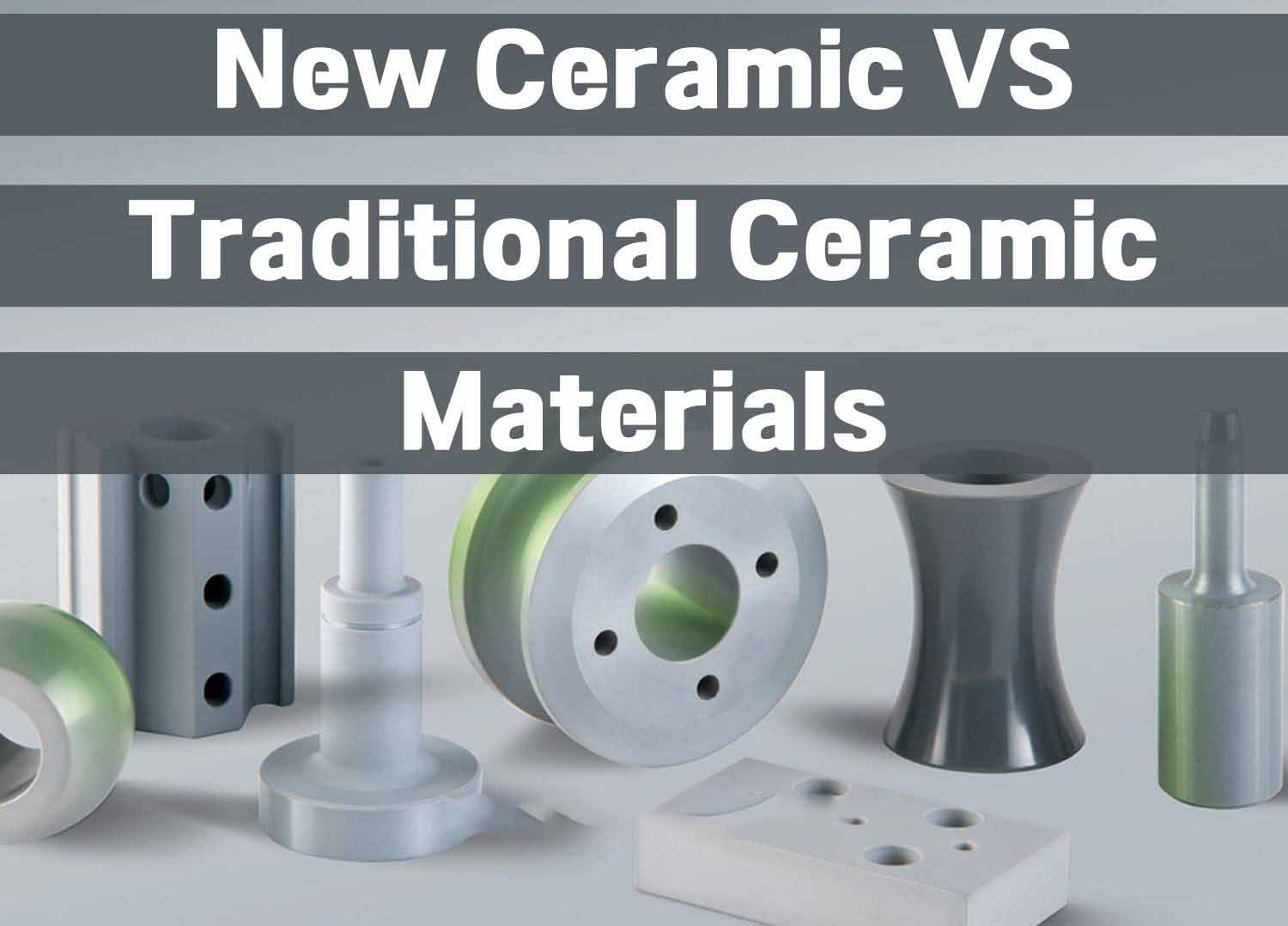
Ceramic material is an inorganic non-metallic material made by forming and sintering natural or synthetic compounds at high temperatures. It…
Read more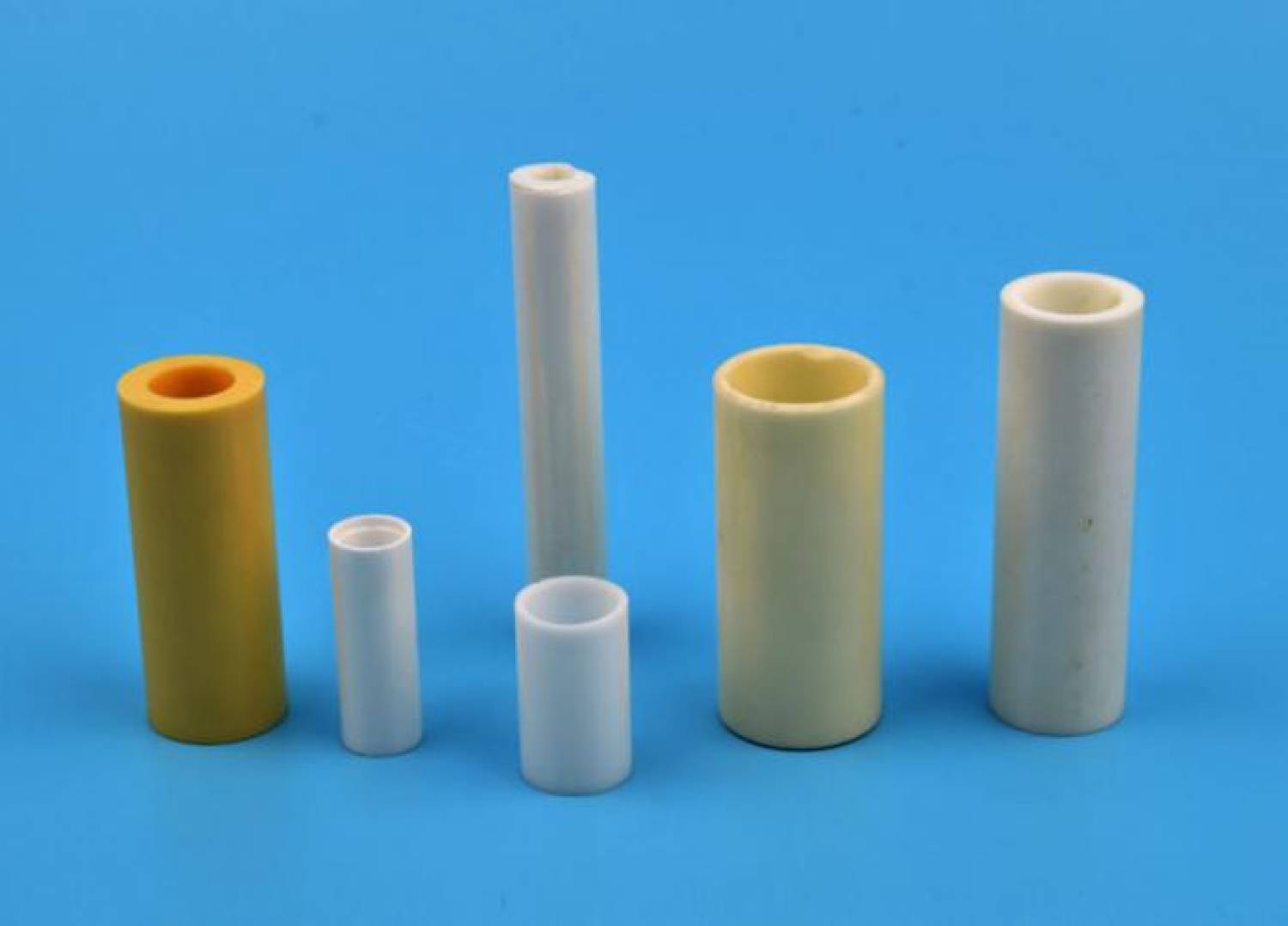
As a new material with excellent mechanical, thermal and chemical properties, structural ceramics gradually replaced similar metal materials to make…
Read more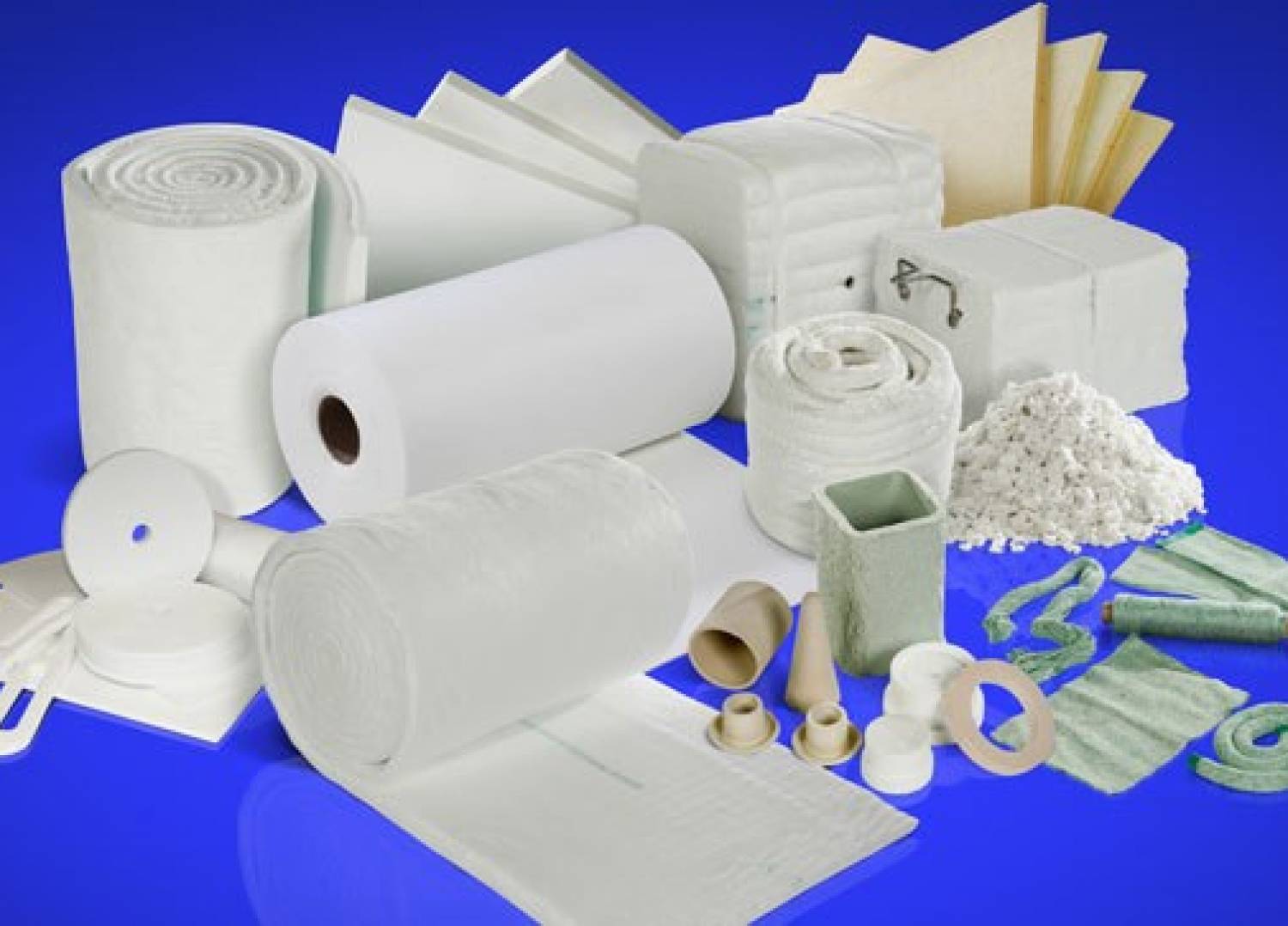
There are many kinds of ceramic thermal protective materials, among which carbon/carbon composite materials have attracted the wide attention of…
Read more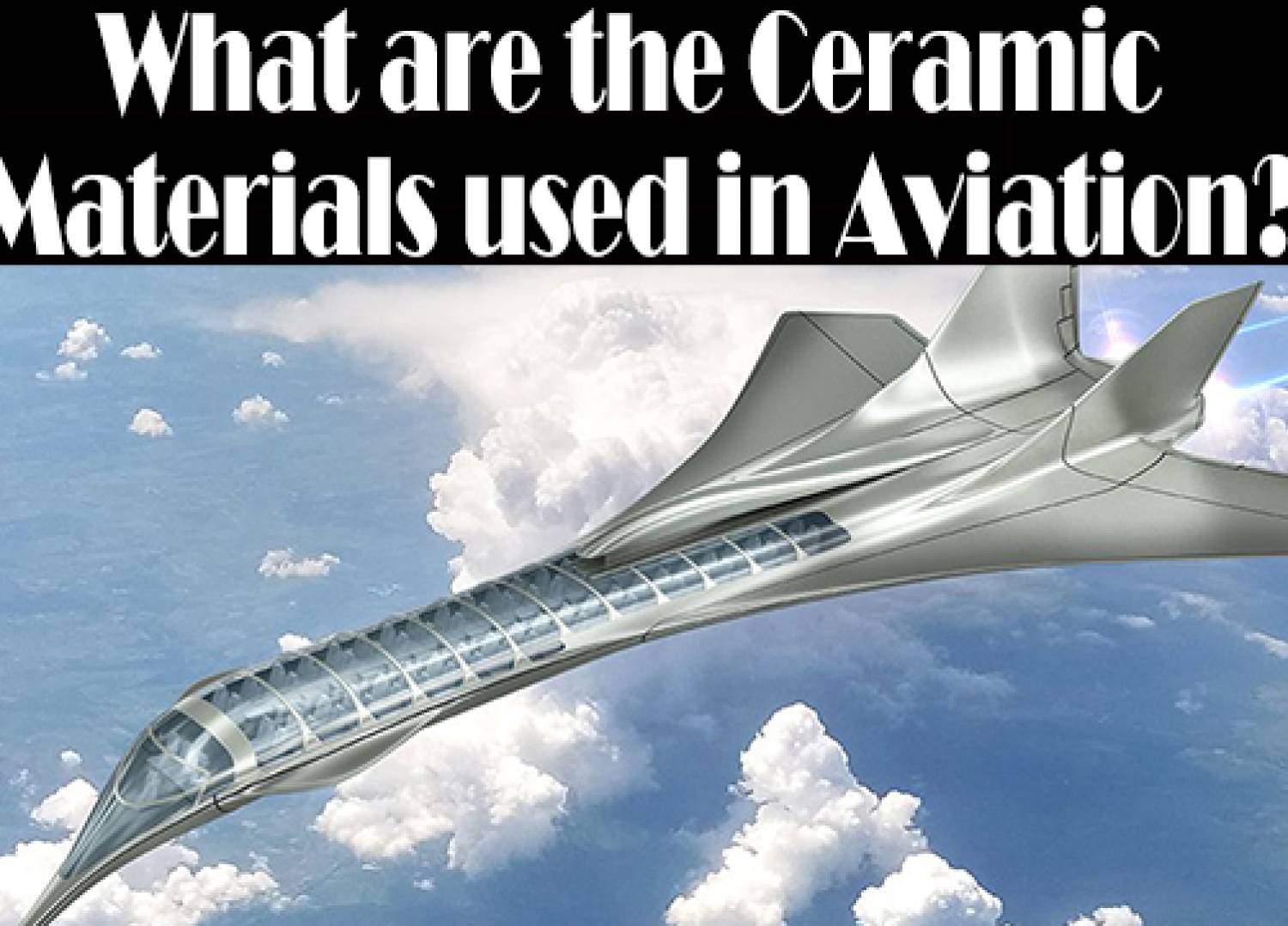
In recent years, aero-engine companies all over the world are seeking new ways to improve the performance of military and…
Read more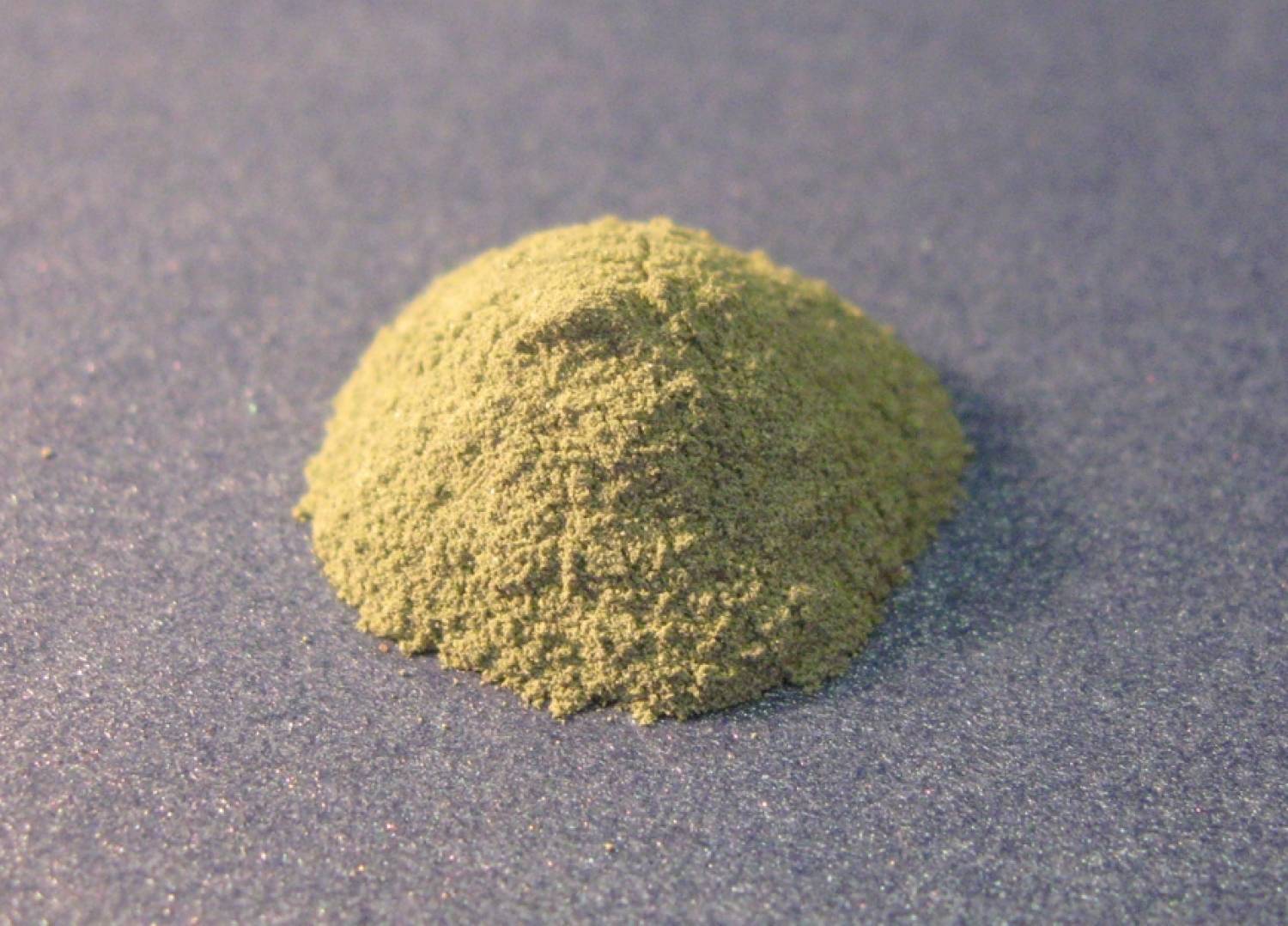
Tungsten trioxide (WO3) is an extremely important high-tech material, which is characterized by non-linearity, high dielectric constant, electrochromism, gas detection,…
Read more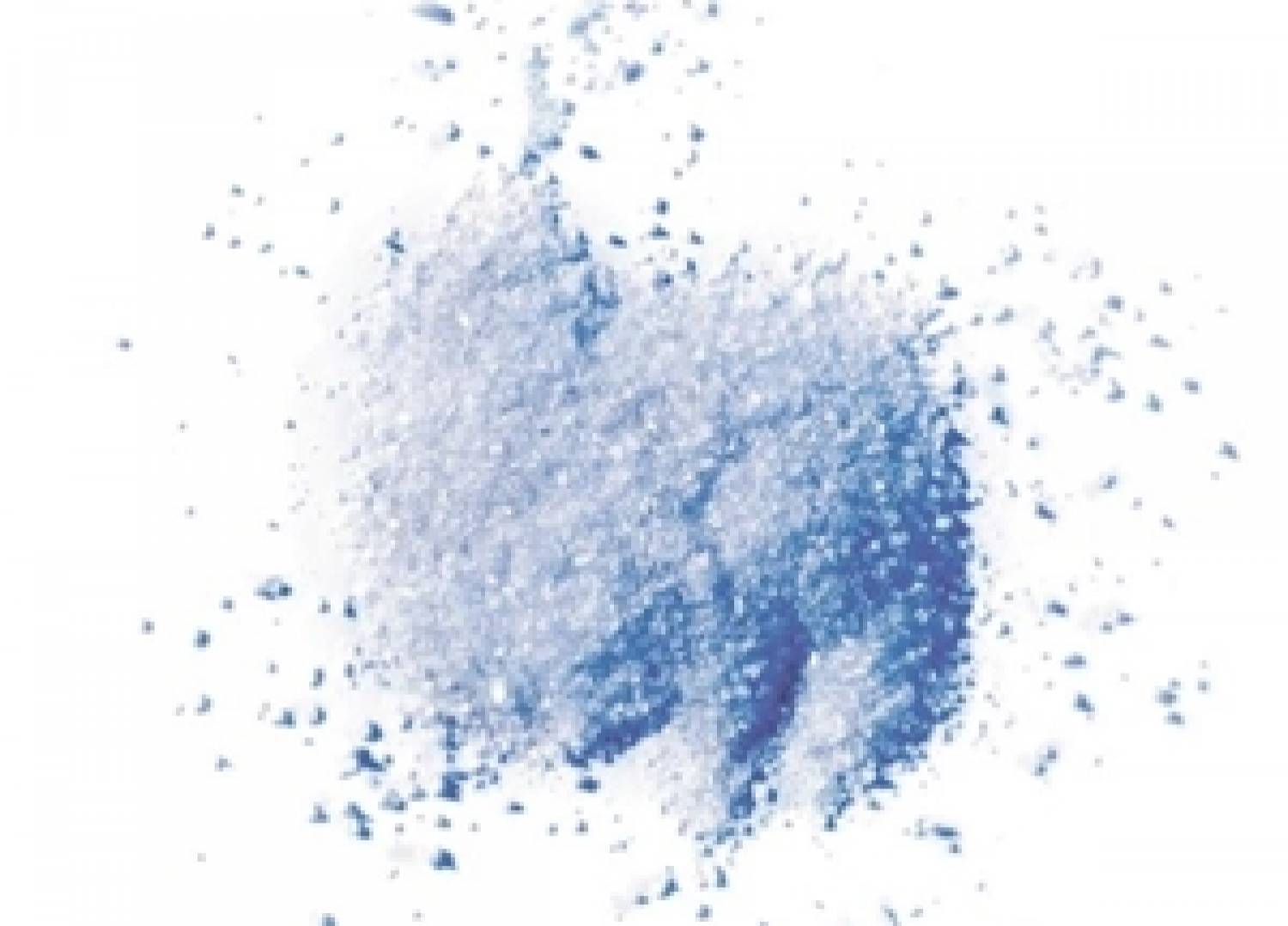
In the past few years, structural ceramics have maintained a strong and sustained growth, which is not only due to…
Read more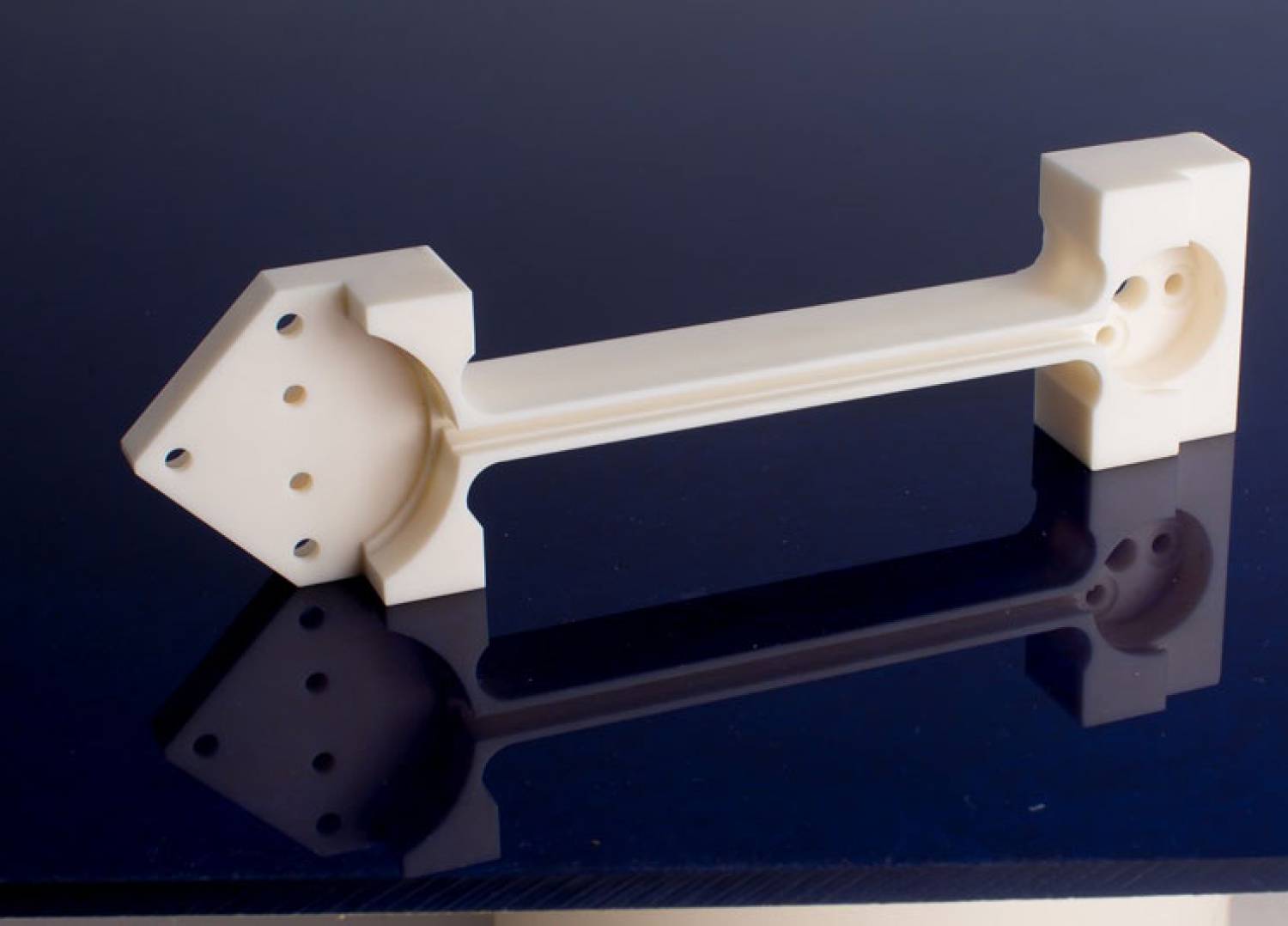
Structural ceramics are characterized by superior strength, hardness, insulation, heat conduction, high-temperature resistance, oxidation resistance, corrosion resistance, wear resistance and…
Read more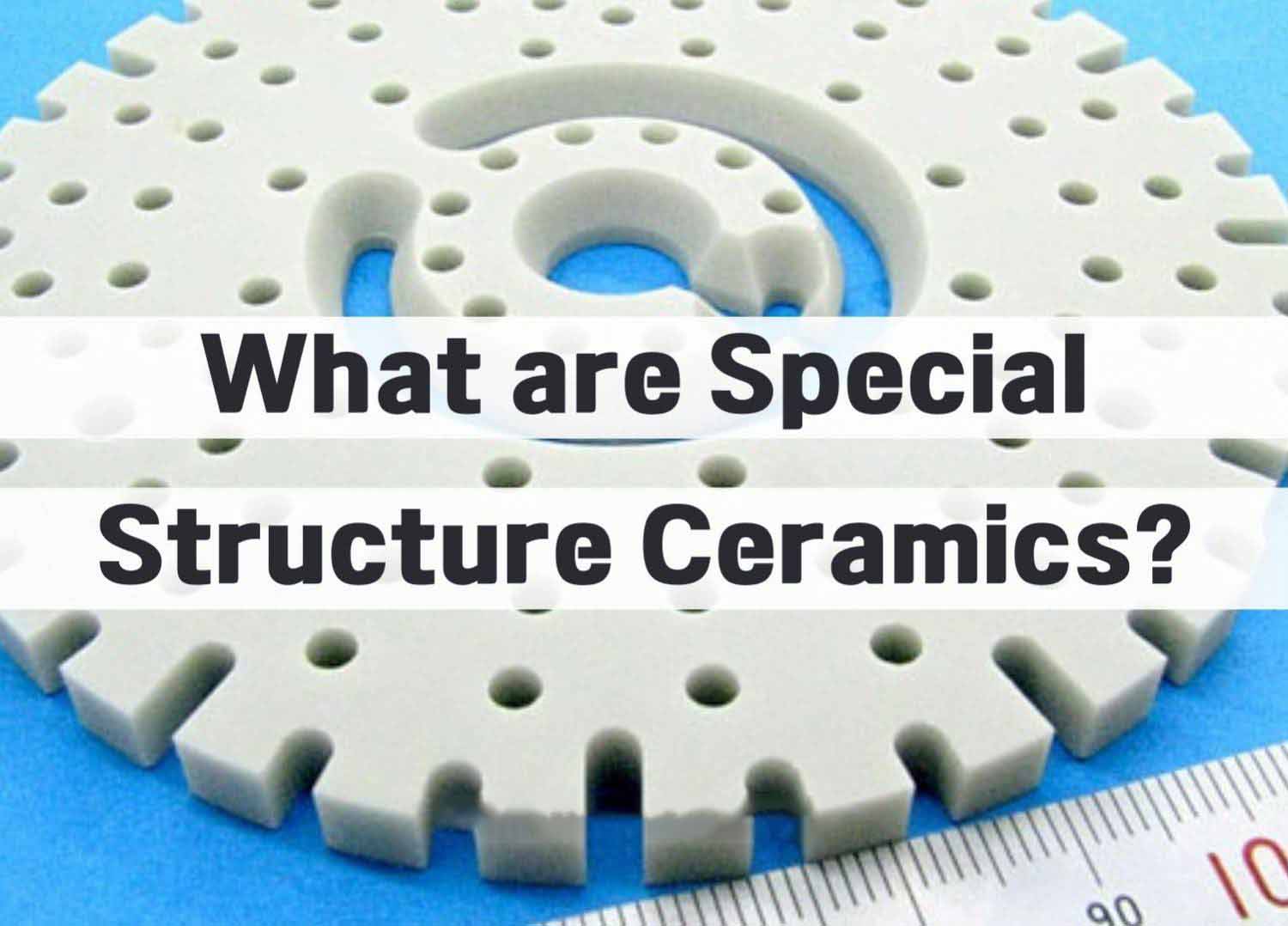
Ceramic with a special structure is an important branch of ceramic materials. It is characterized by high-temperature resistance, high strength,…
Read more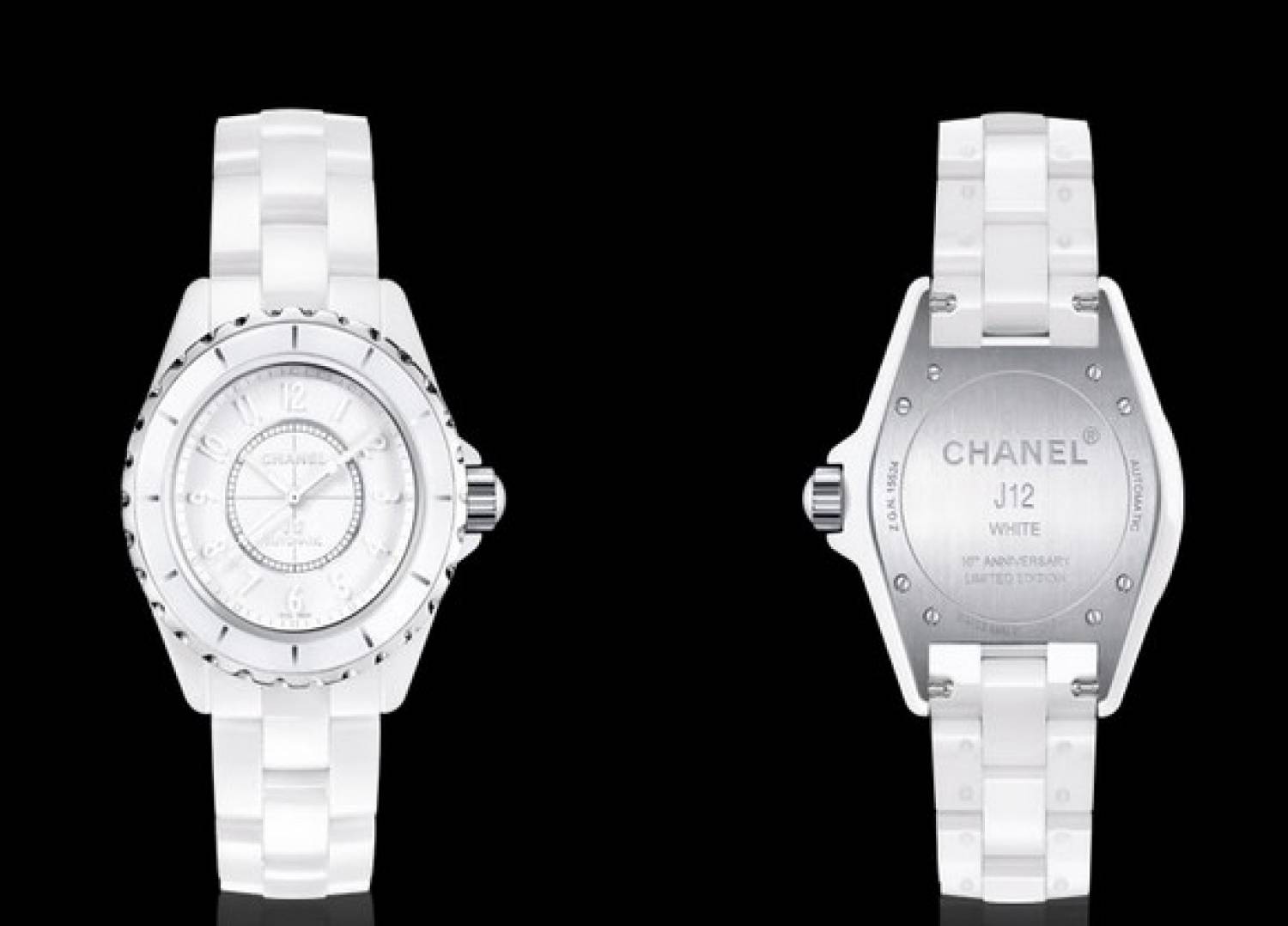
High-tech precision ceramics mainly refer to high-temperature hard ceramics, the hardness and high-temperature resistance of which are greatly enhanced due…
Read more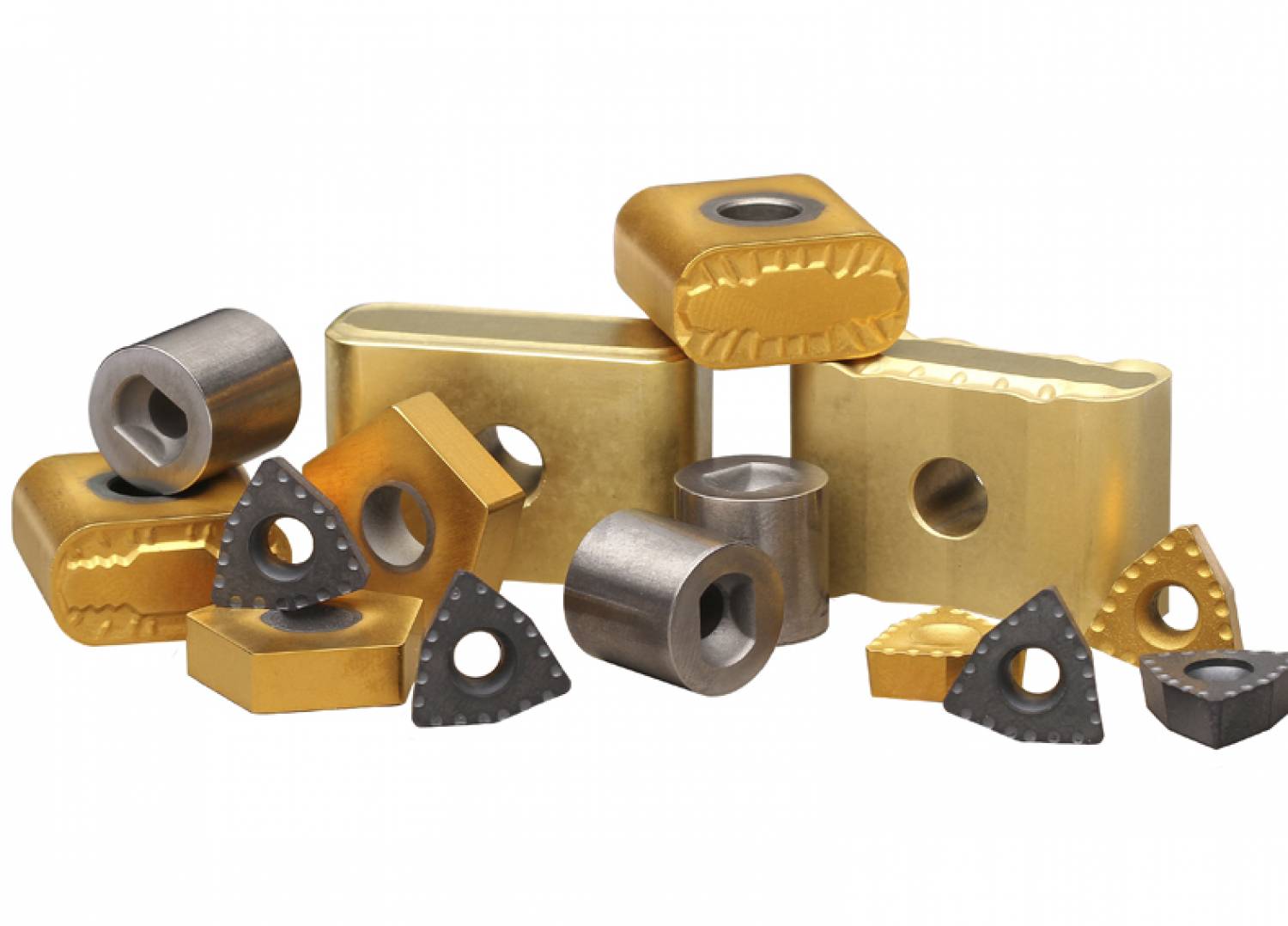
The cermet is a composite material composed of ceramic hard bonded with metal or alloy. Cermets not only maintain some…
Read more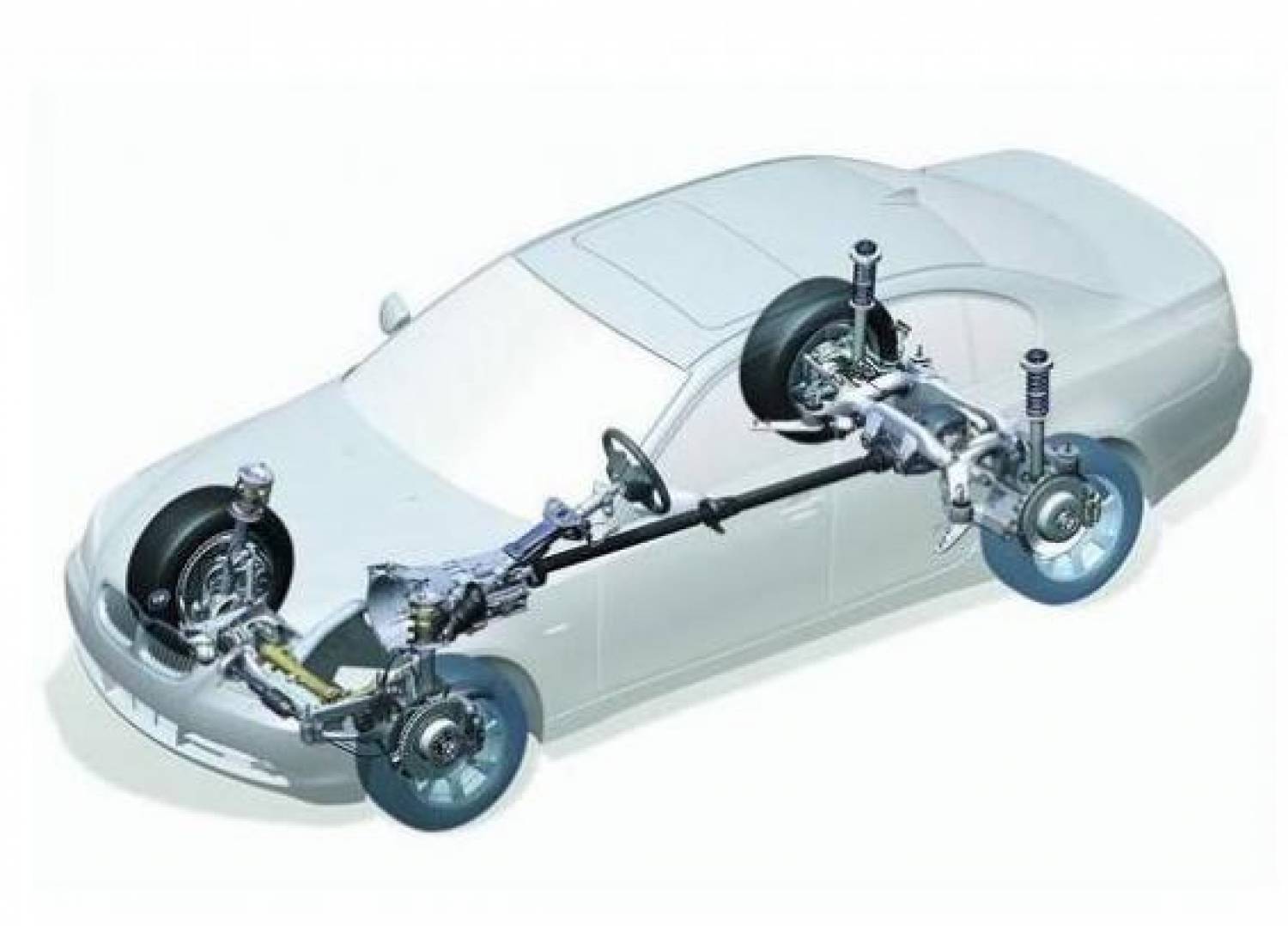
Alumina ceramic substrate has excellent comprehensive performance and is an important material in the automobile industry. It is more and…
Read more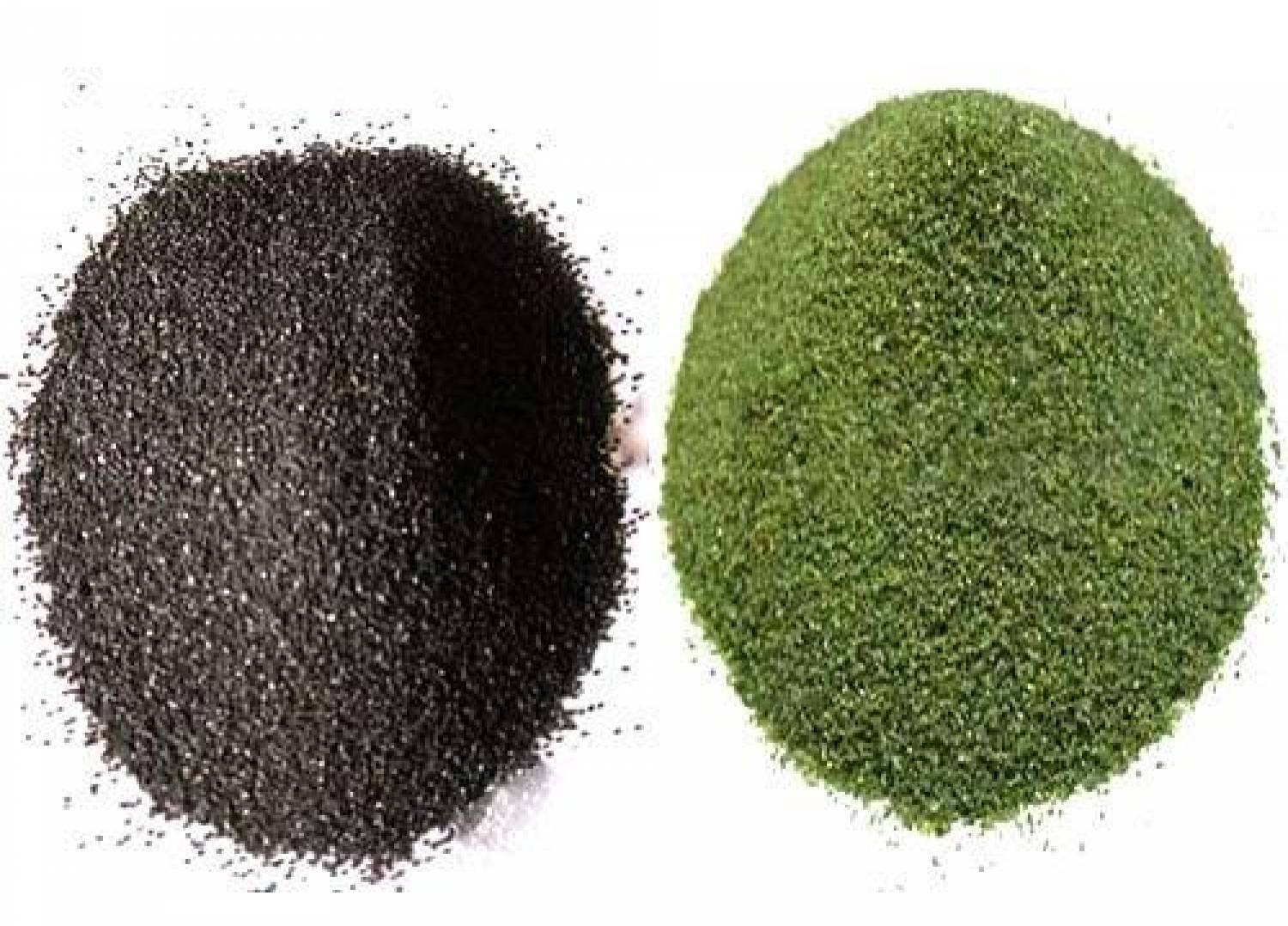
Silicon carbide (SiC) ceramics have excellent properties such as oxidation resistance, high-temperature strength, chemical stability, thermal shock resistance, thermal conductivity and…
Read more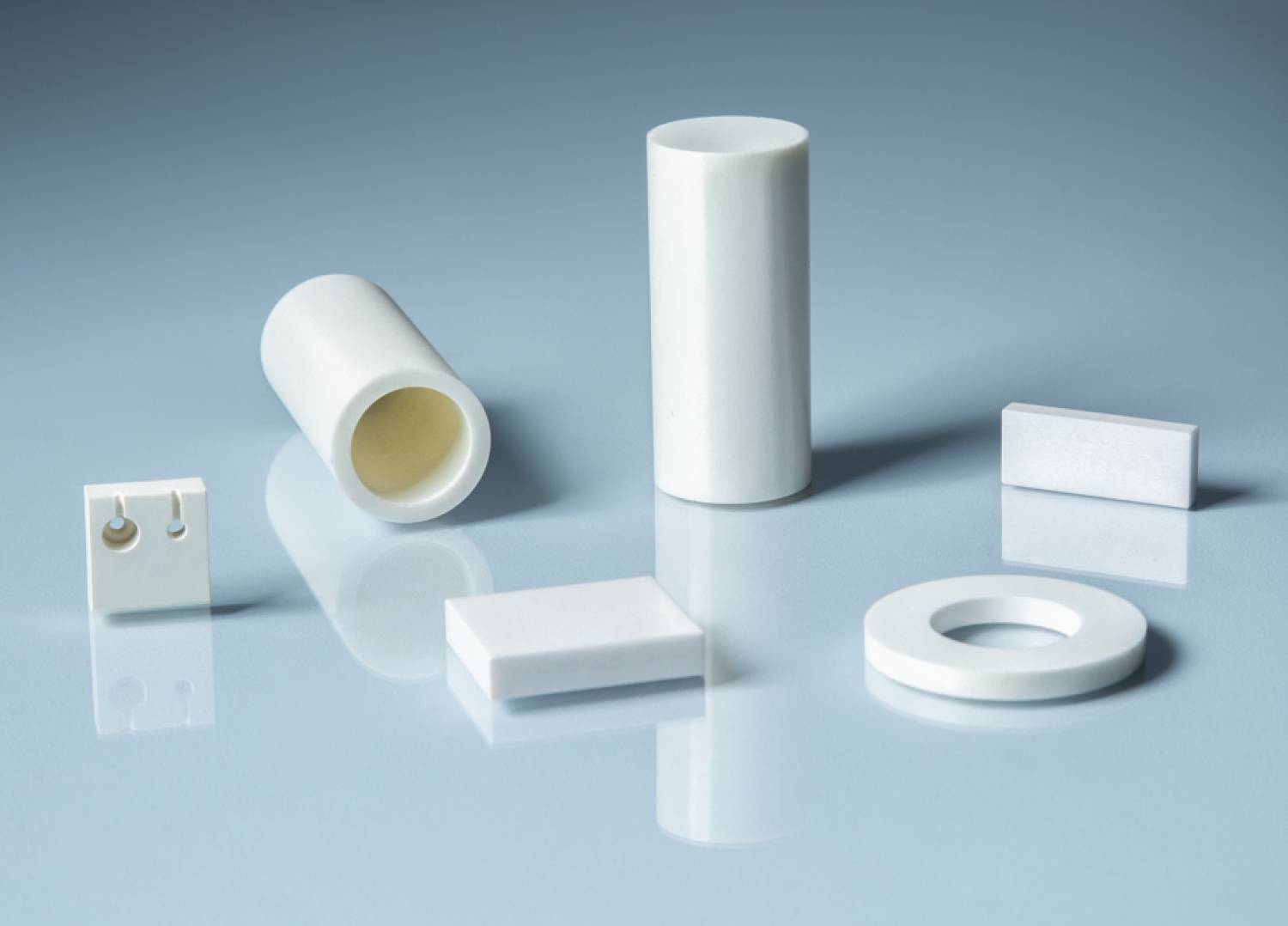
The content of zirconium in the earth's crust is 0.025%, which is more than copper, zinc, and lead that are…
Read more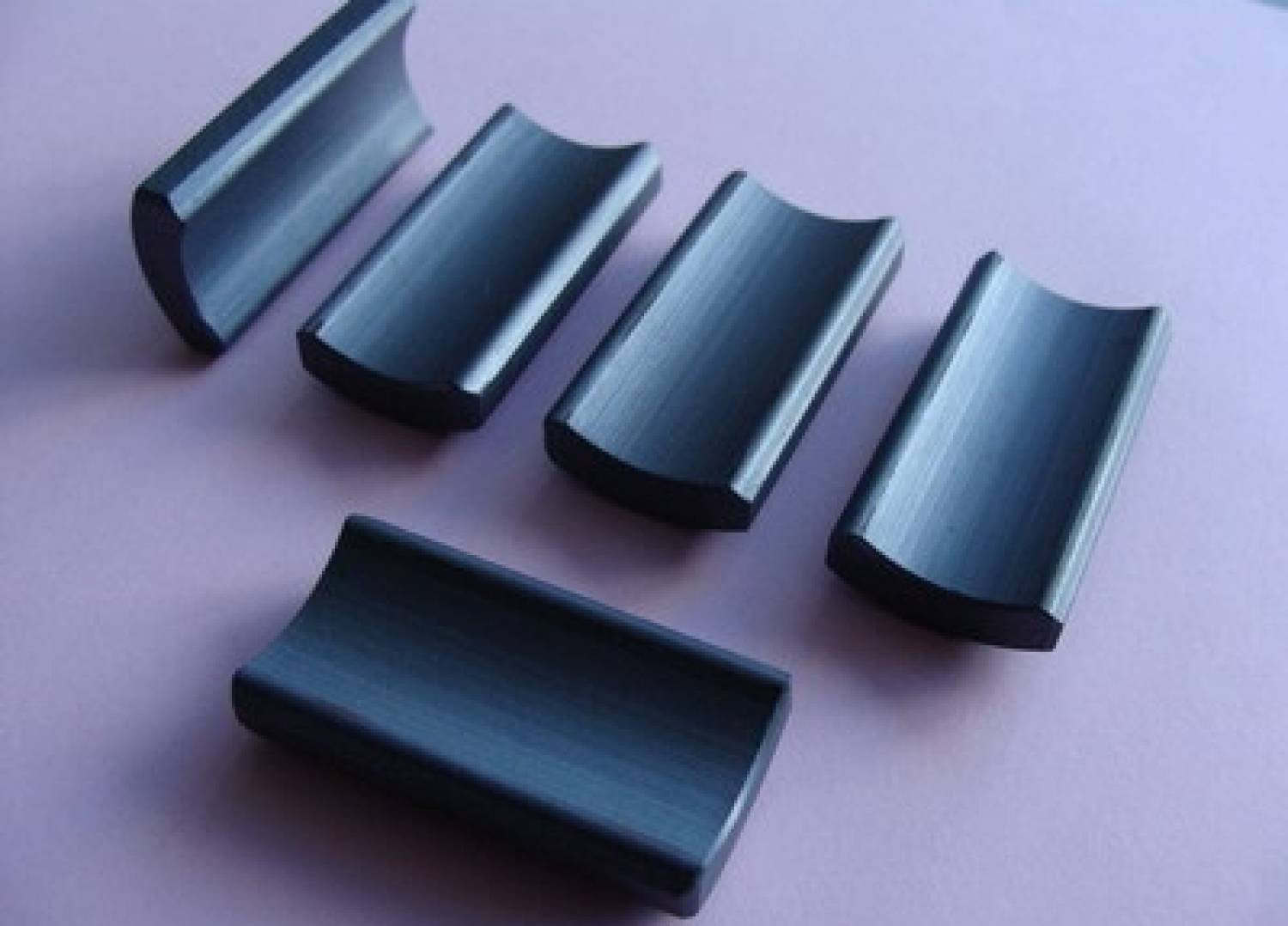
Functional ceramics are knowledge and technology-intensive products. There are many kinds of functional ceramics and they are widely used. Electronic…
Read more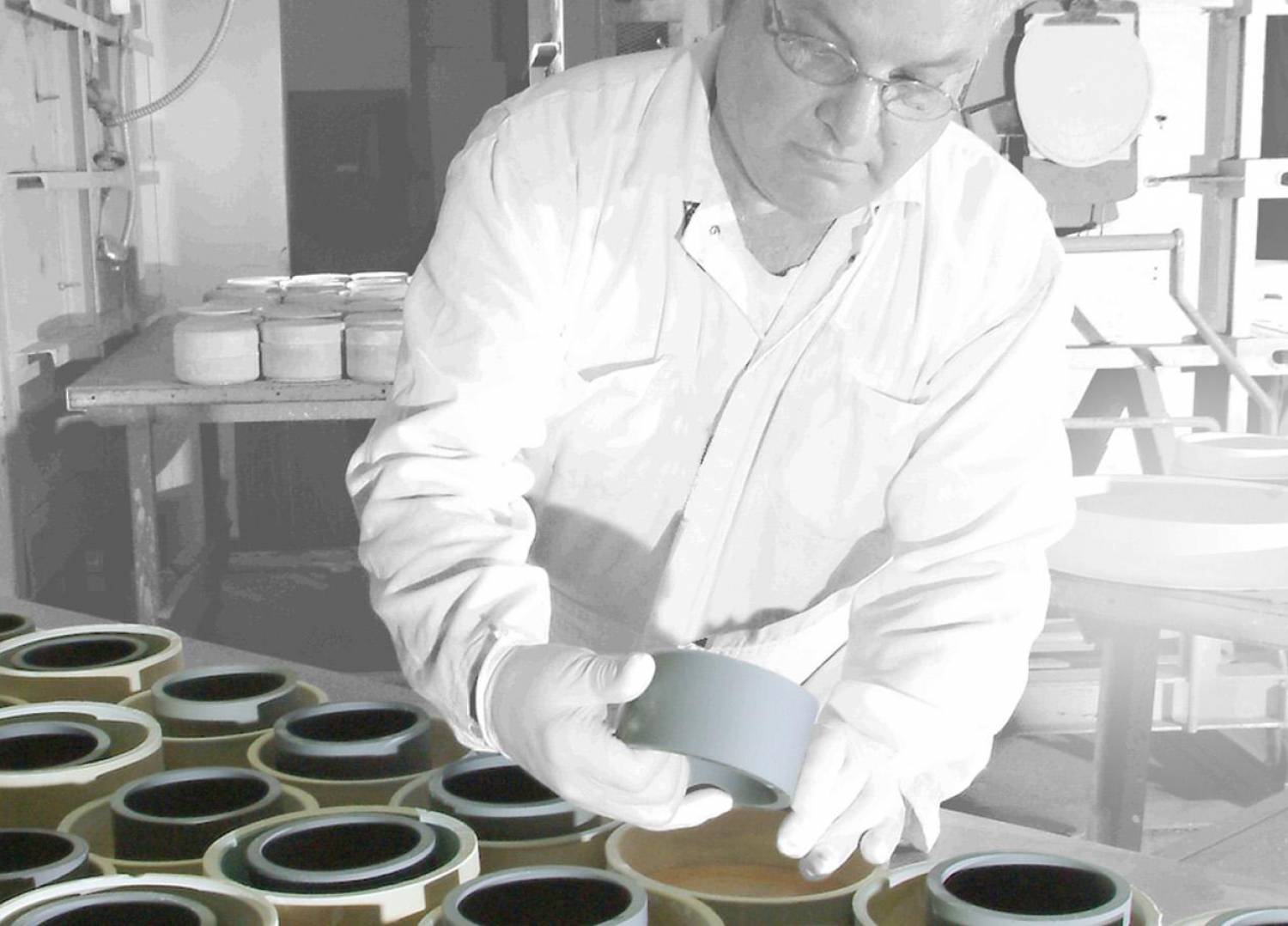
Ceramics are the oldest silicate materials. With the development of science and technology, modern ceramic materials with special excellent properties…
Read more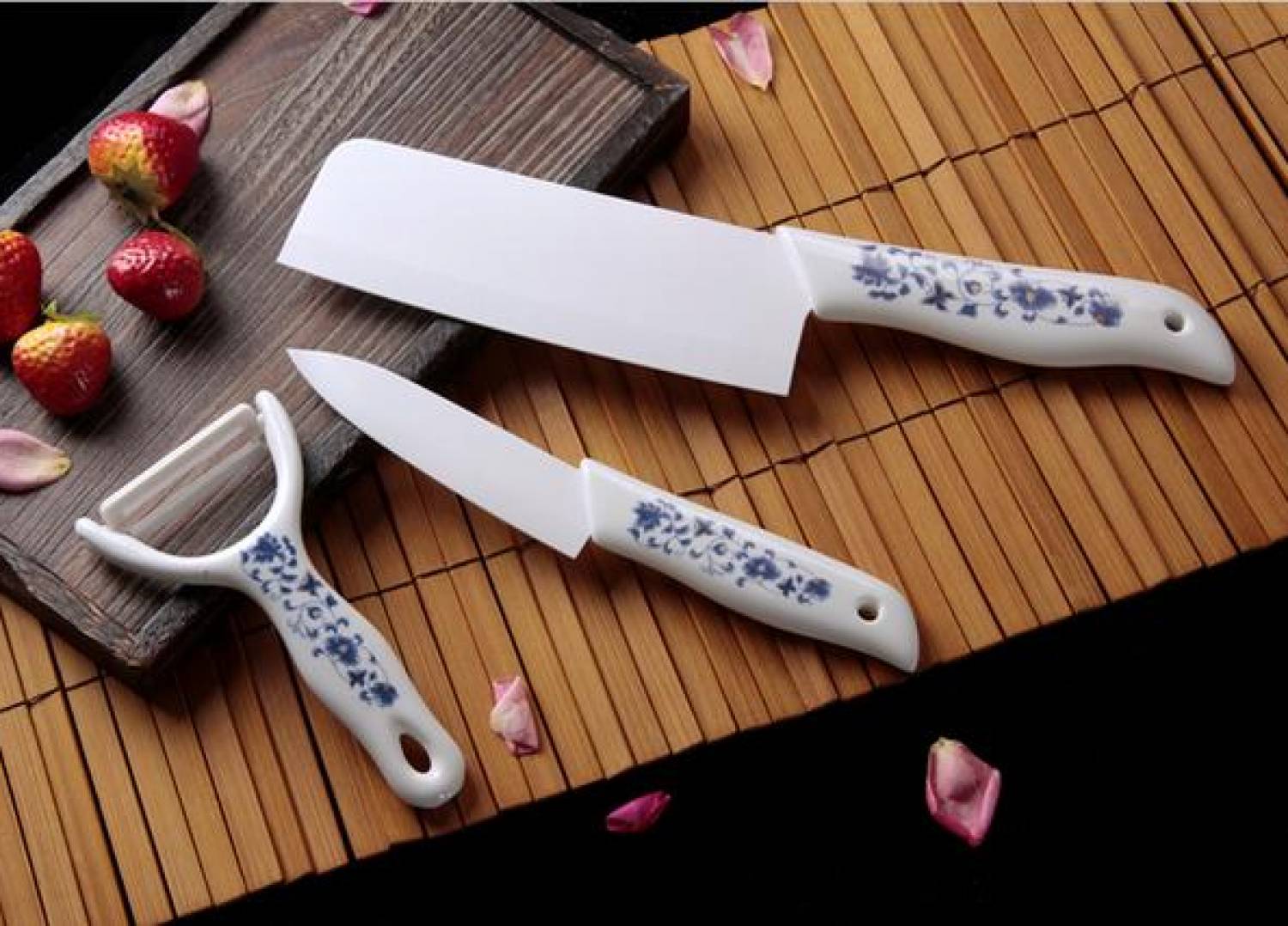
The ceramic knife appeared to be popular with consumers since ordinary kitchen knives and general metal tools are not enough…
Read more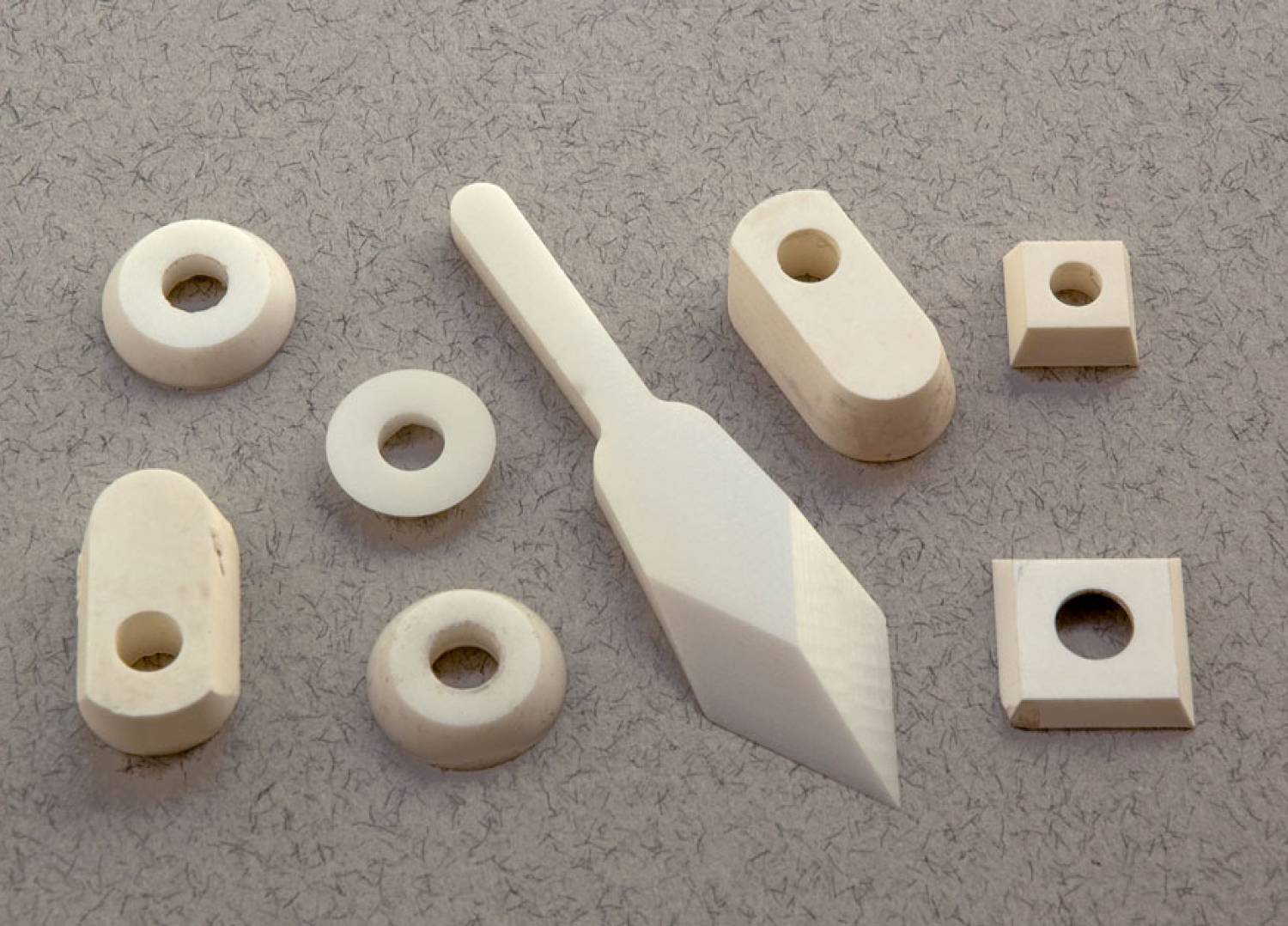
The emergence of new ceramic cutting tools is the first time that people have used ceramic materials to reform the…
Read more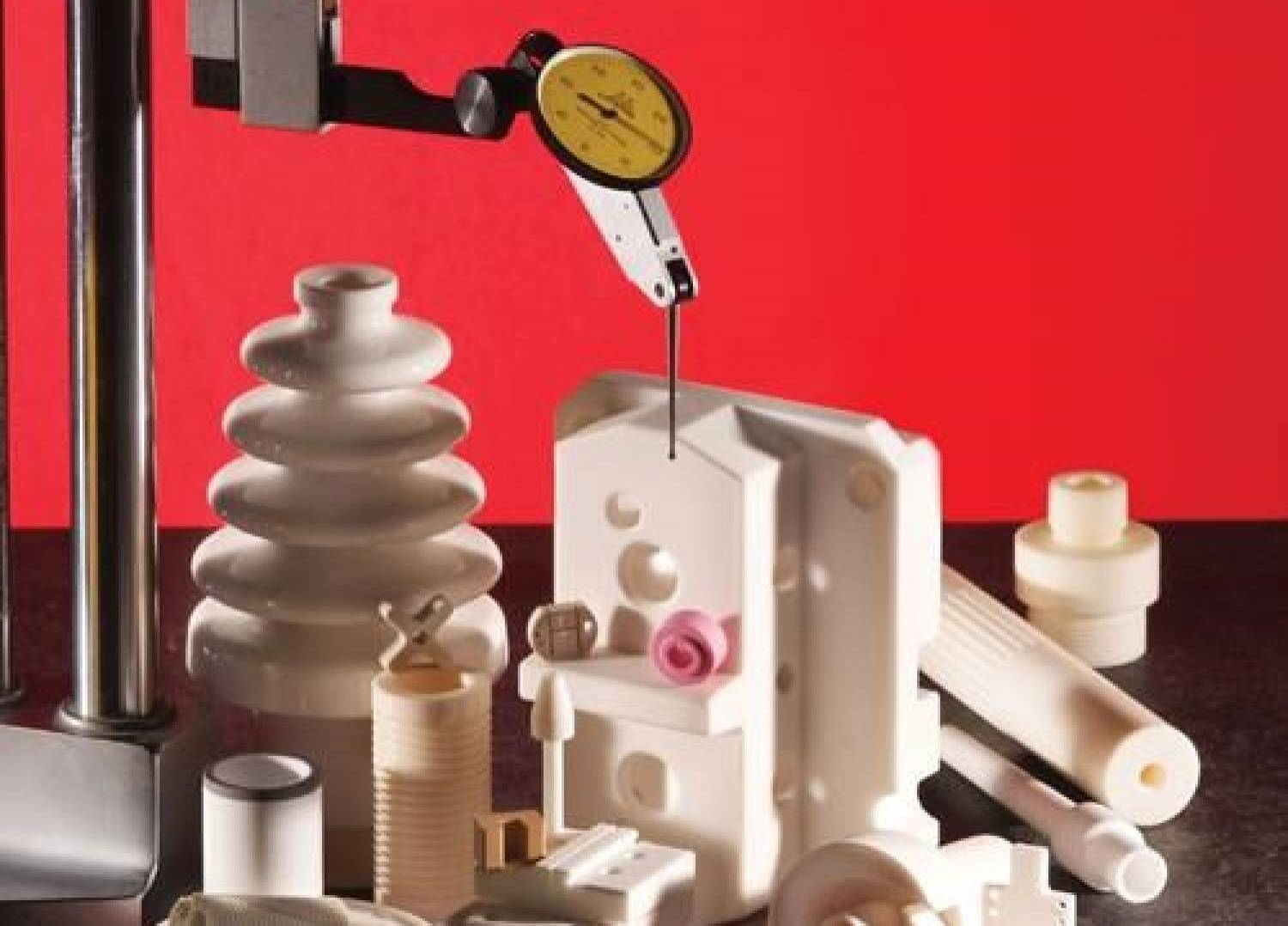
Functional ceramics is a new material with wide application. When it comes to ceramics, people often think of it as…
Read more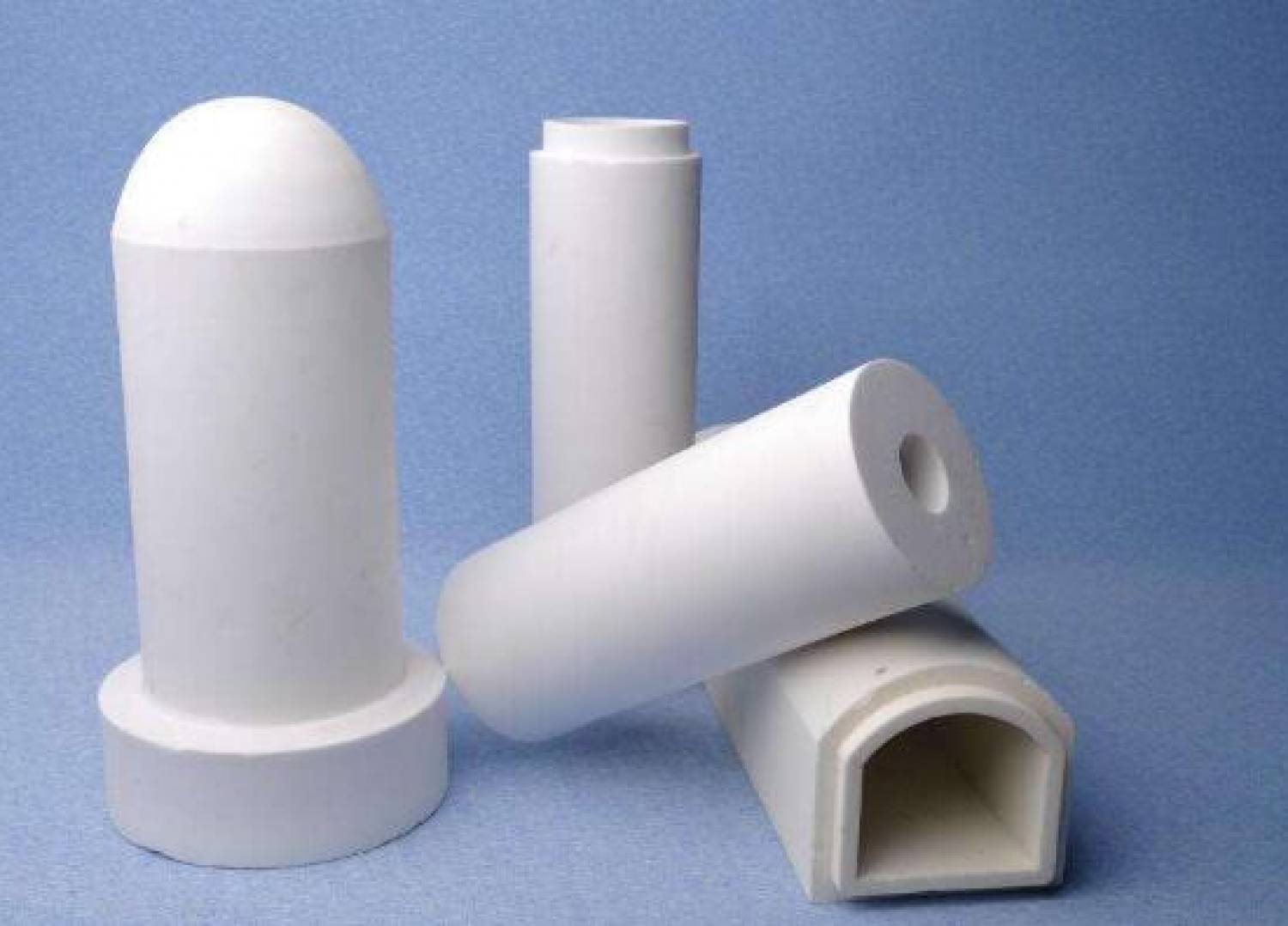
Magnesium Oxide (MgO) Ceramic Magnesium oxide ceramics are ceramic with magnesium oxide as the main component. It belongs to the…
Read more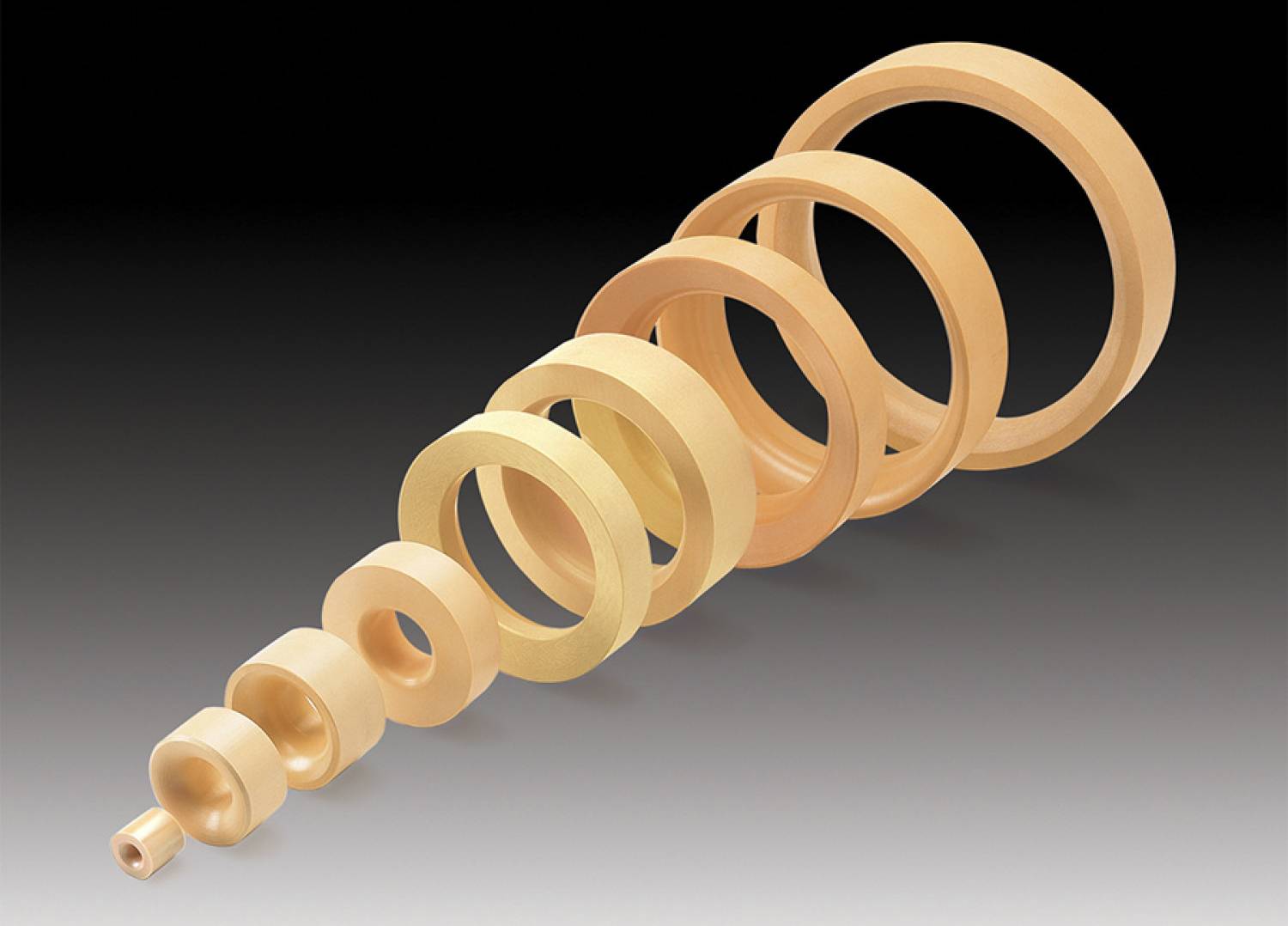
Oxide structural ceramic is a kind of ceramic materials that widely used and earlier developed, which generally refers to various…
Read more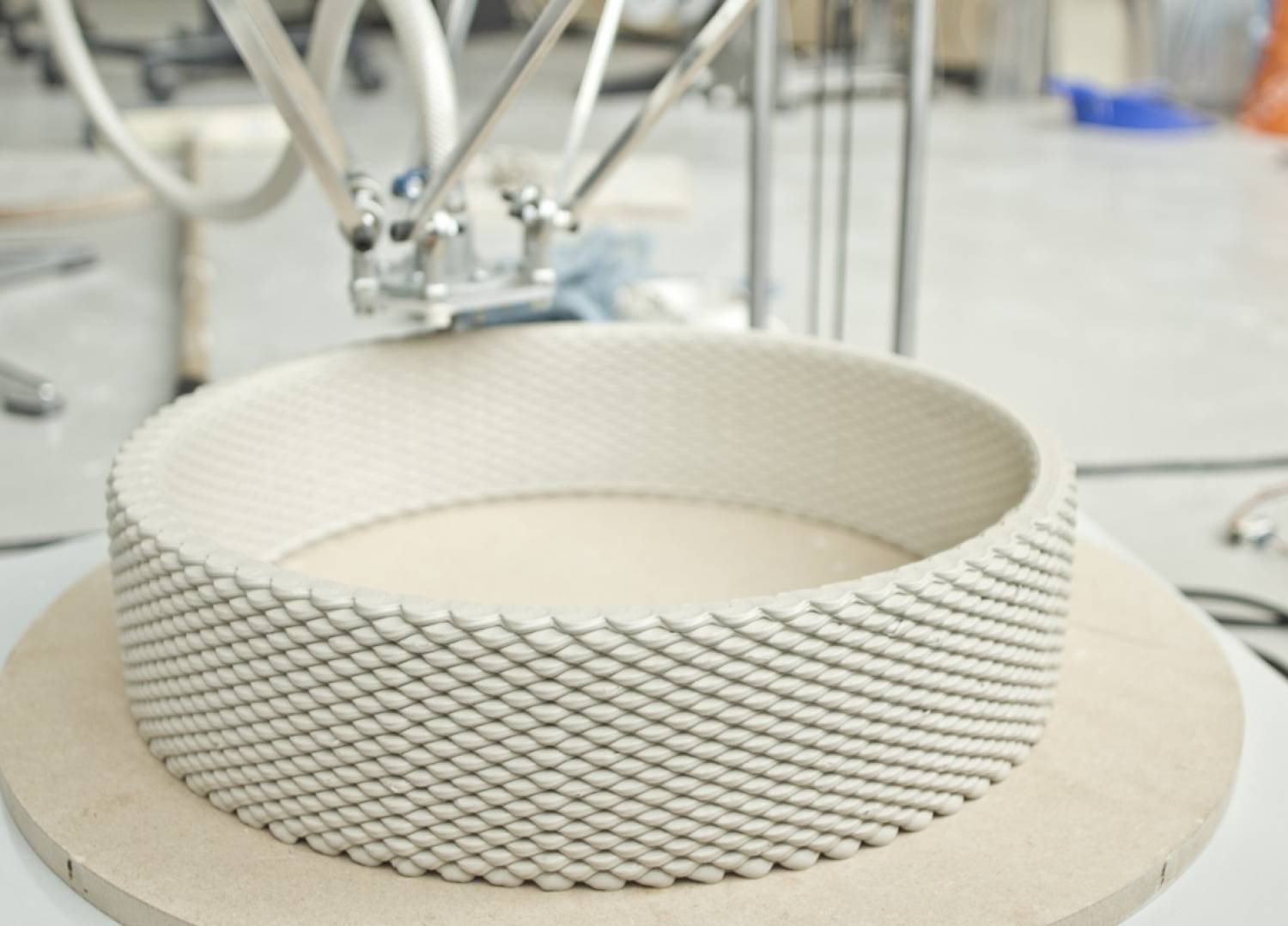
There are many many disadvantages on traditional ceramic manufacturing technology, such as which needs long lead time (at least 8…
Read more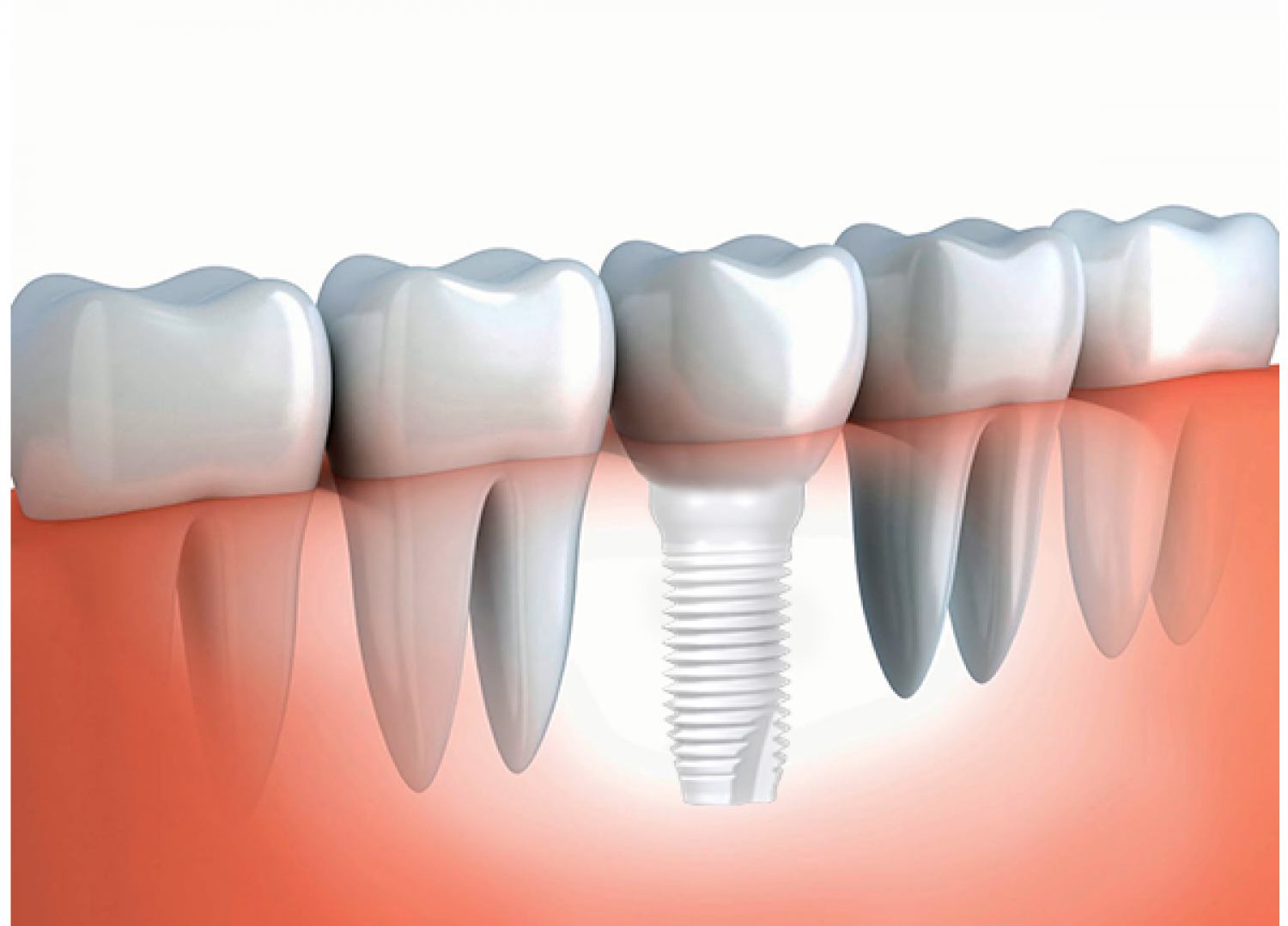
Zirconia ceramics now is popular in the field of dental had tissue repaired because of its dense texture, abrasion resistance,…
Read more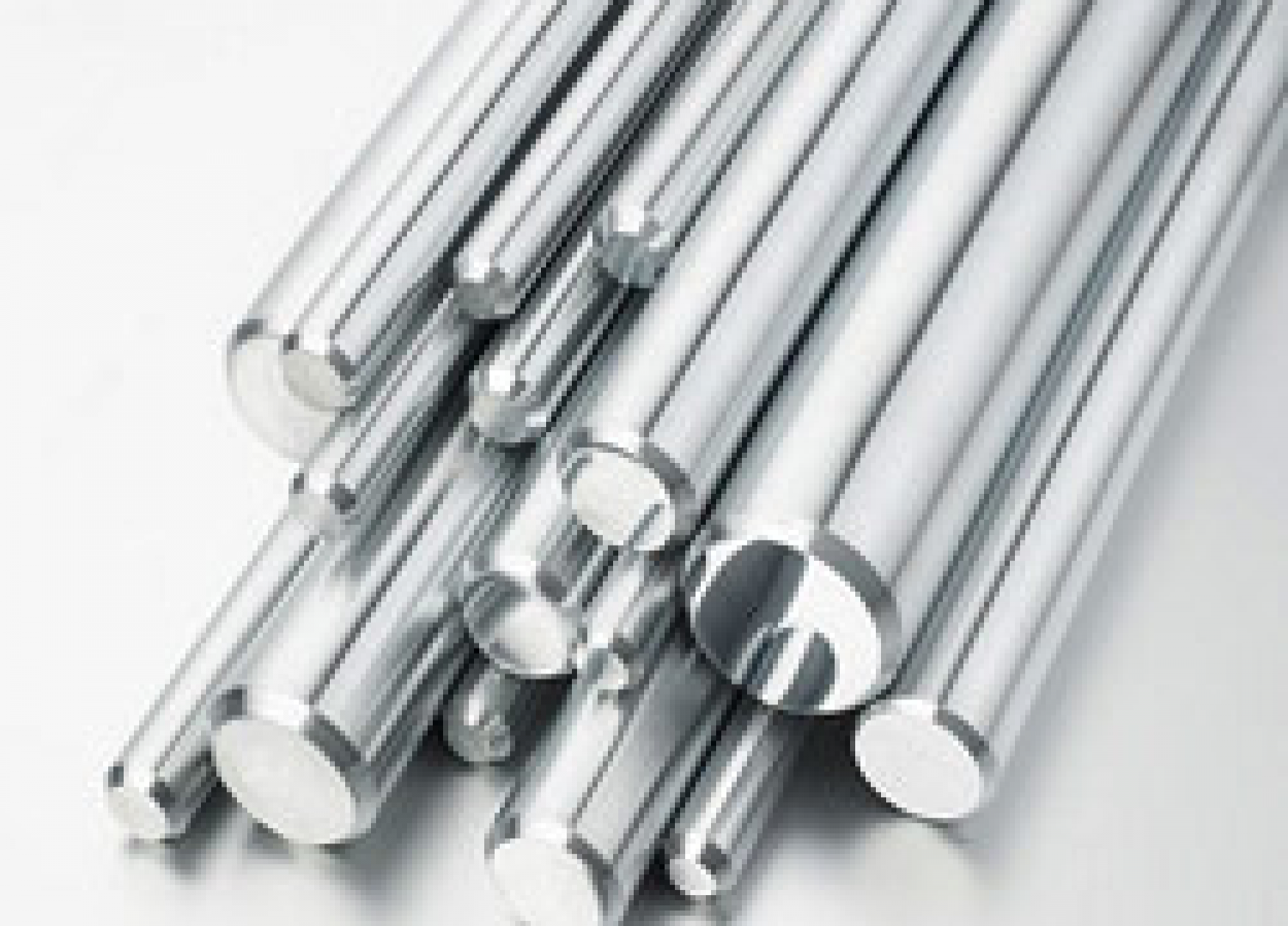
Due to its rigidity, lightness and dimensional stability over a wide temperature range, beryllium metal is used for light components…
Read more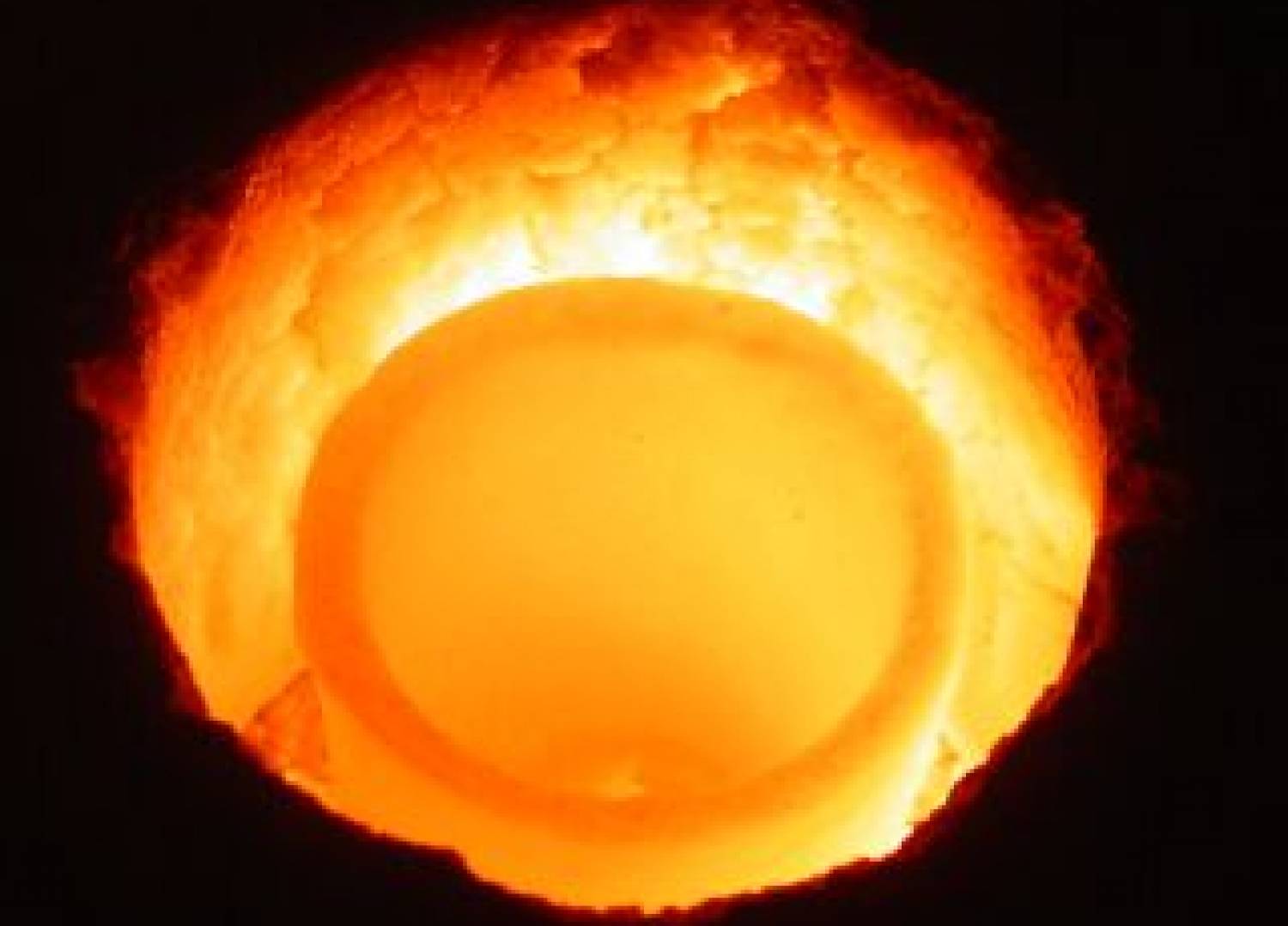
Crucibles are used in the laboratory to contain chemical compounds when heated to extremely high temperatures. Crucibles are available in…
Read more
Some people think that if Apple iPhone uses the zirconium oxide ceramic material, then the equipment production costs increase, the final…
Read more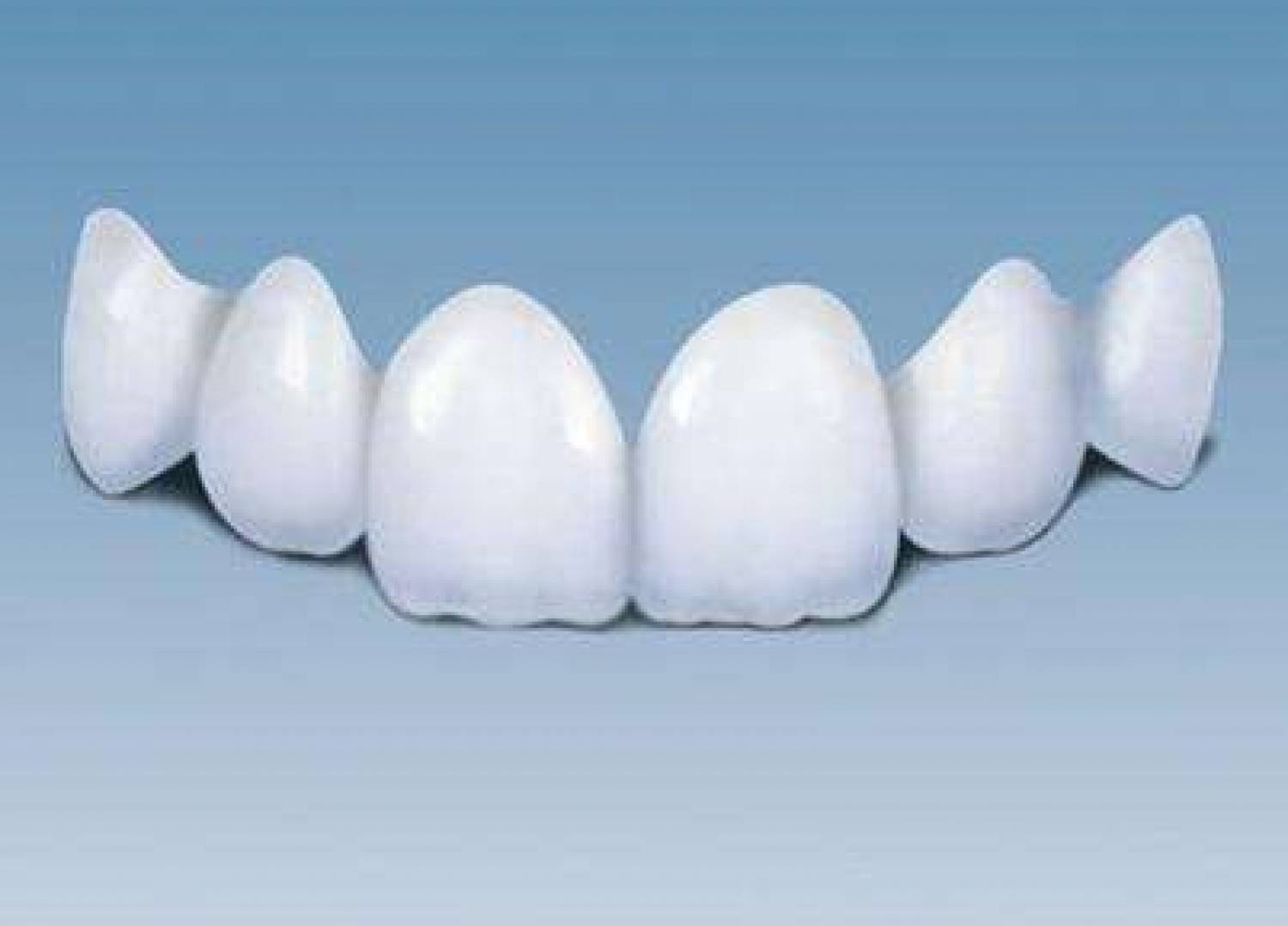
Zirconia is widely used in dentistry. It has been reported that the clinical success of resin bonding procedures for cementing…
Read more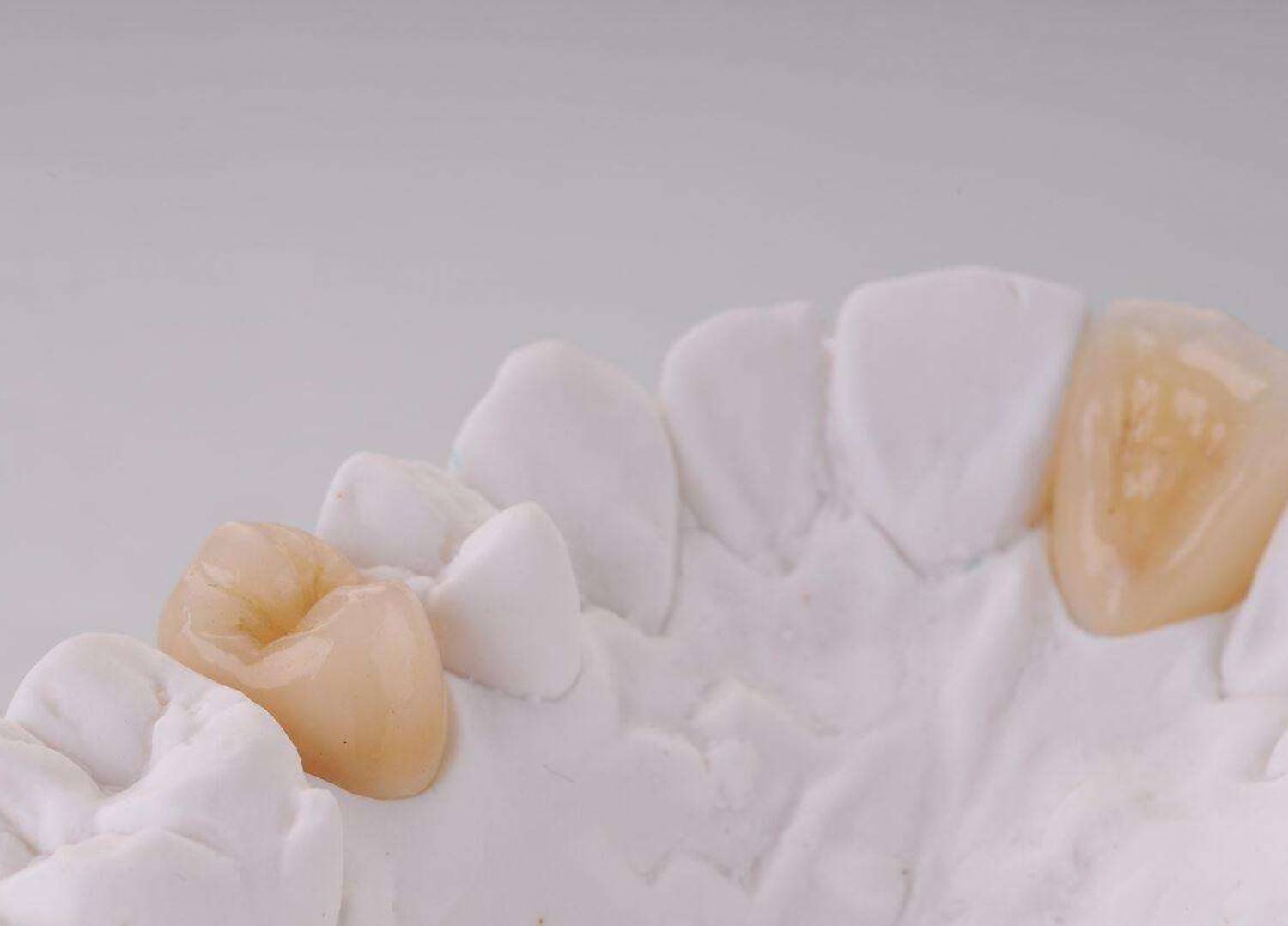
ZrO2 stabilized with Y2O3 has better mechanical properties than other combinations; although its sintering is much more difficult, this is…
Read more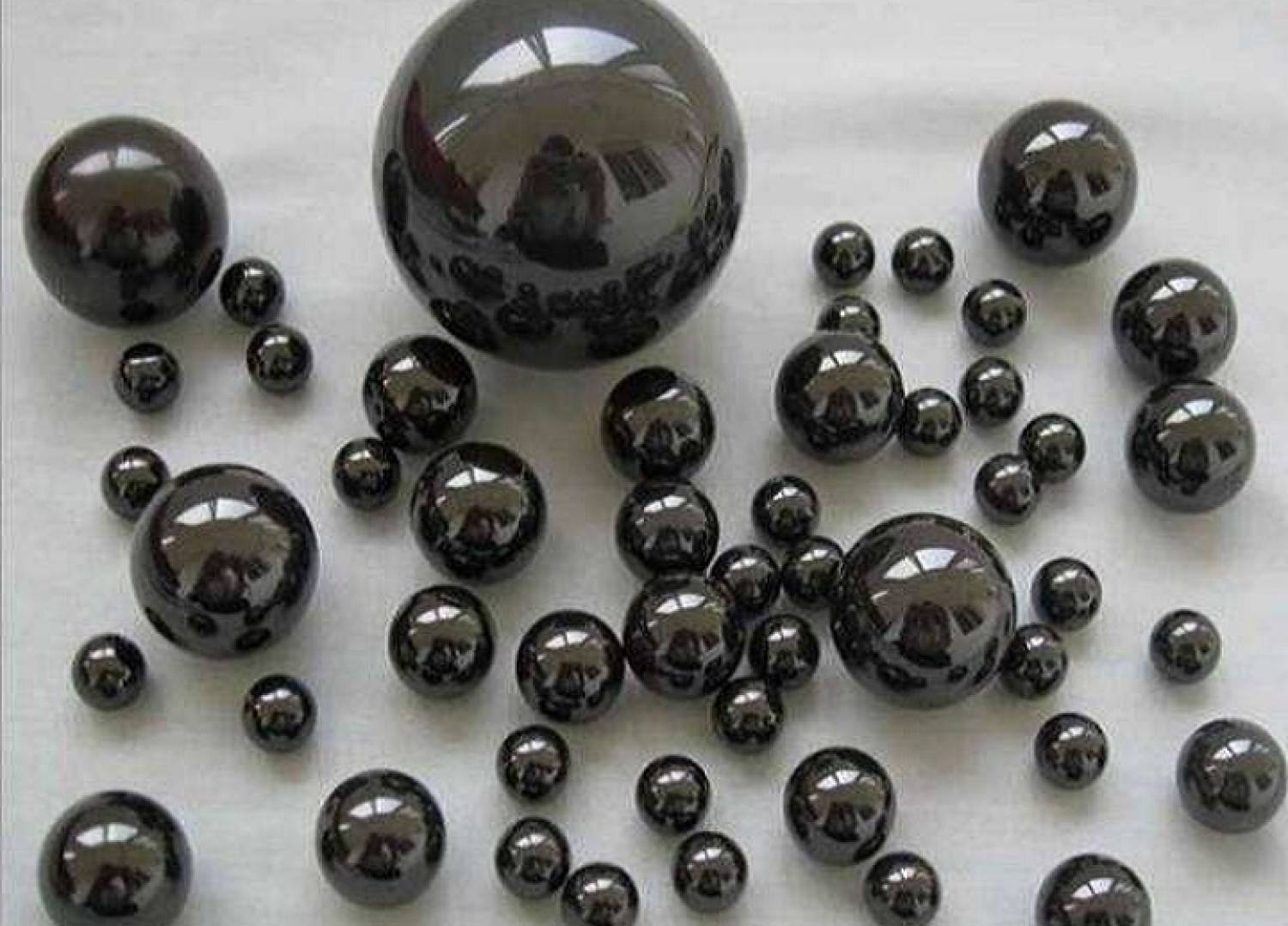
4 Types of Silicon Nitride Ceramics Silicon nitride ceramic is a range of advanced engineering ceramic characterized by high strength,…
Read more
Zirconium oxide–ceramic relationship is not yet well known. Core–veneer interface is one of the weakest aspect of these restorations so…
Read more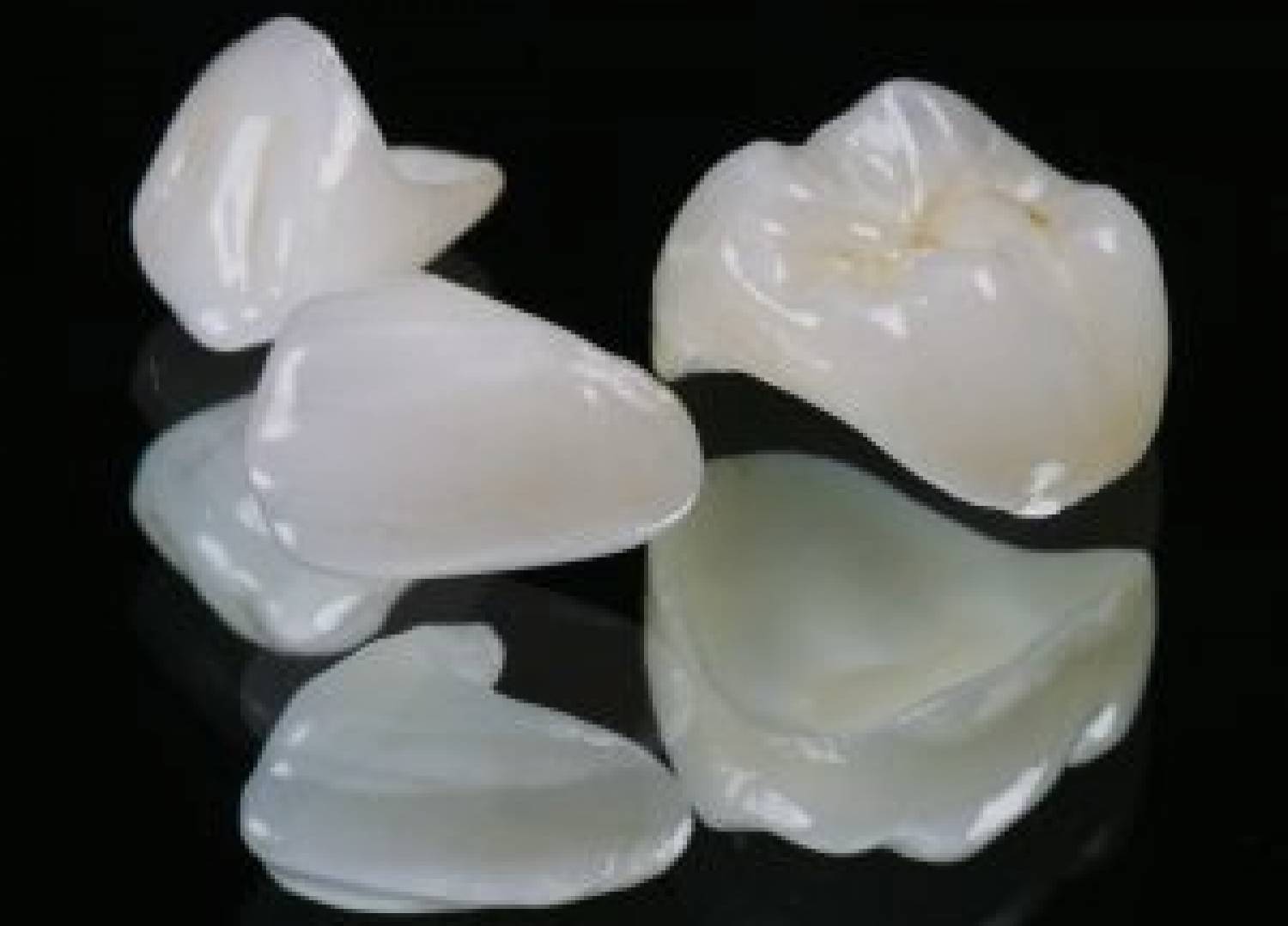
Ceramic materials are very important in the science of dental biomaterials. Among all dental ceramics, zirconia ceramic is in evidence…
Read more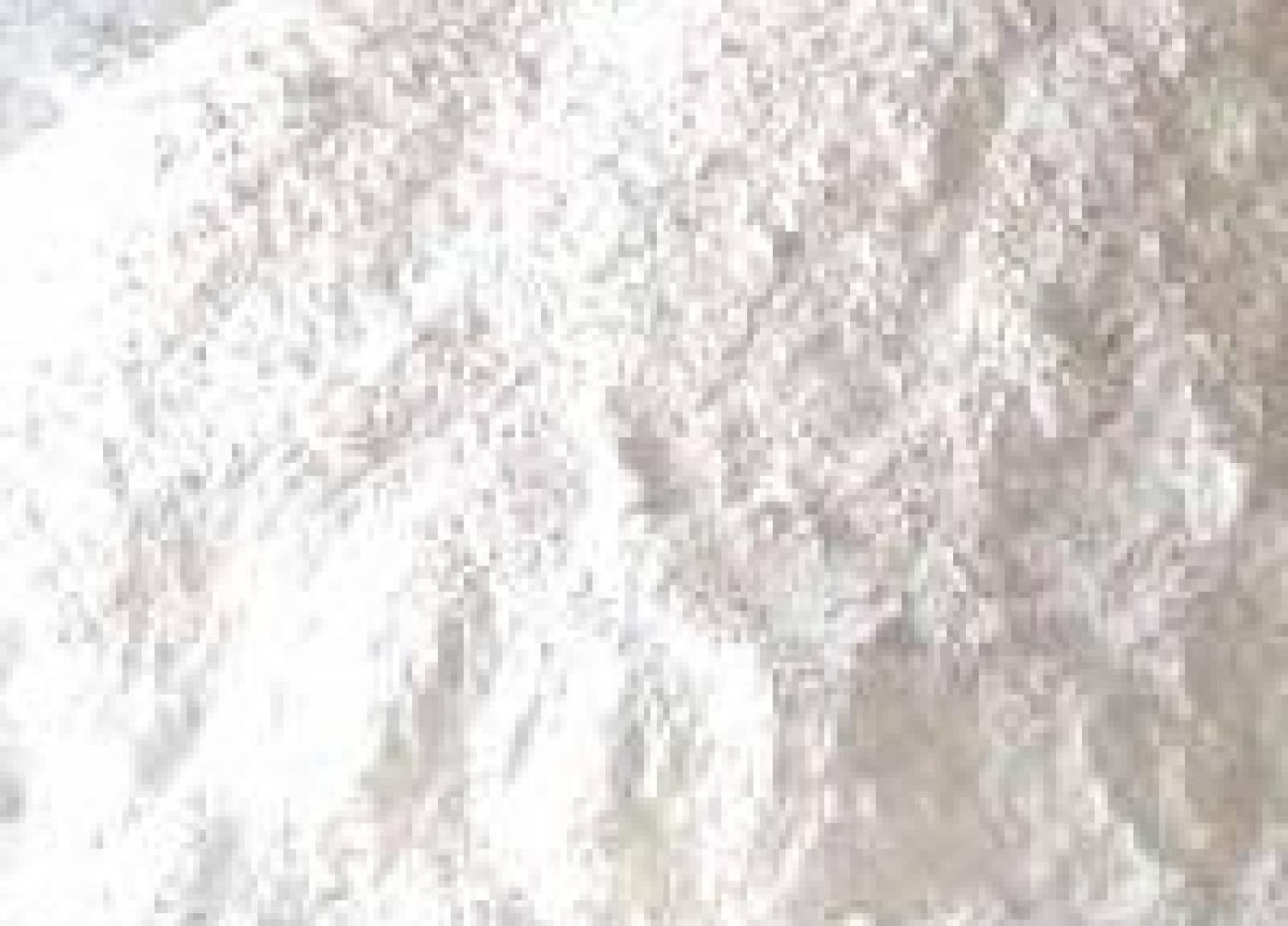
Ceramic powder processing consists of powder production by milling/grinding, followed by fabrication of green product, which is then consolidated to…
Read more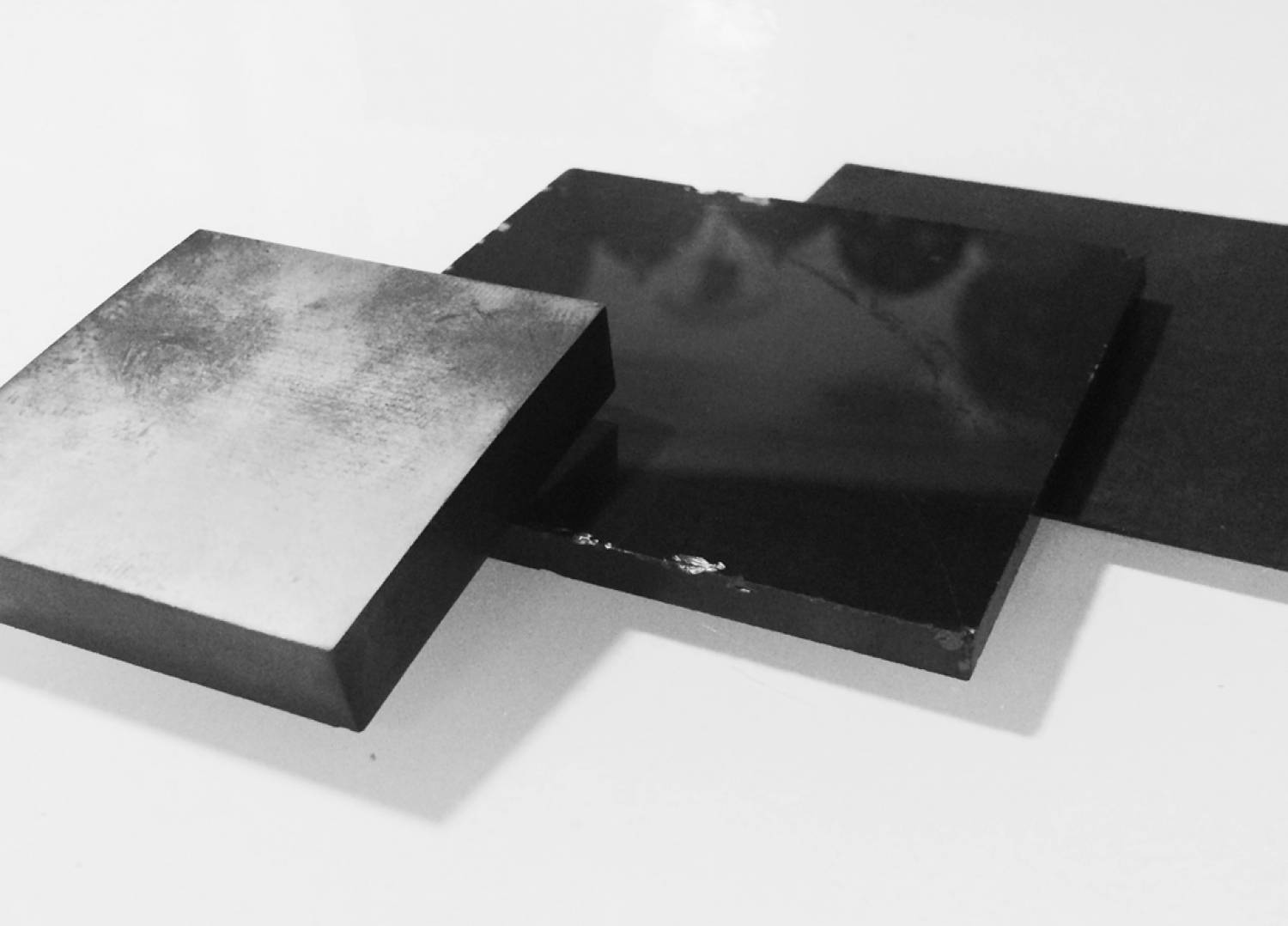
Boron carbide is characterized by a unique combination of properties that make it a material of choice for a wide…
Read more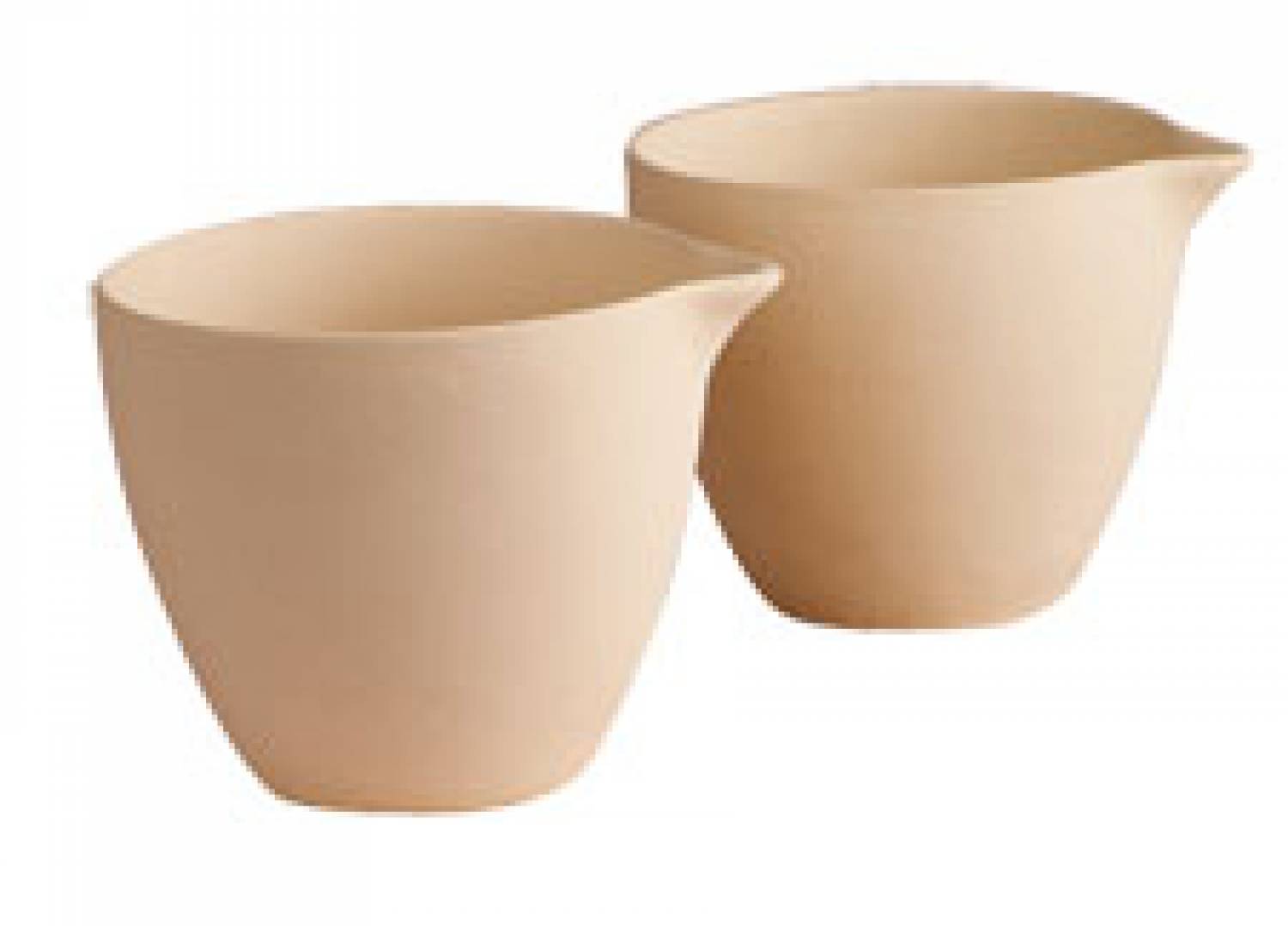
Ceramics melt at high temperatures and they exhibit a brittle behavior under tension. As a result, the conventional melting, casting…
Read more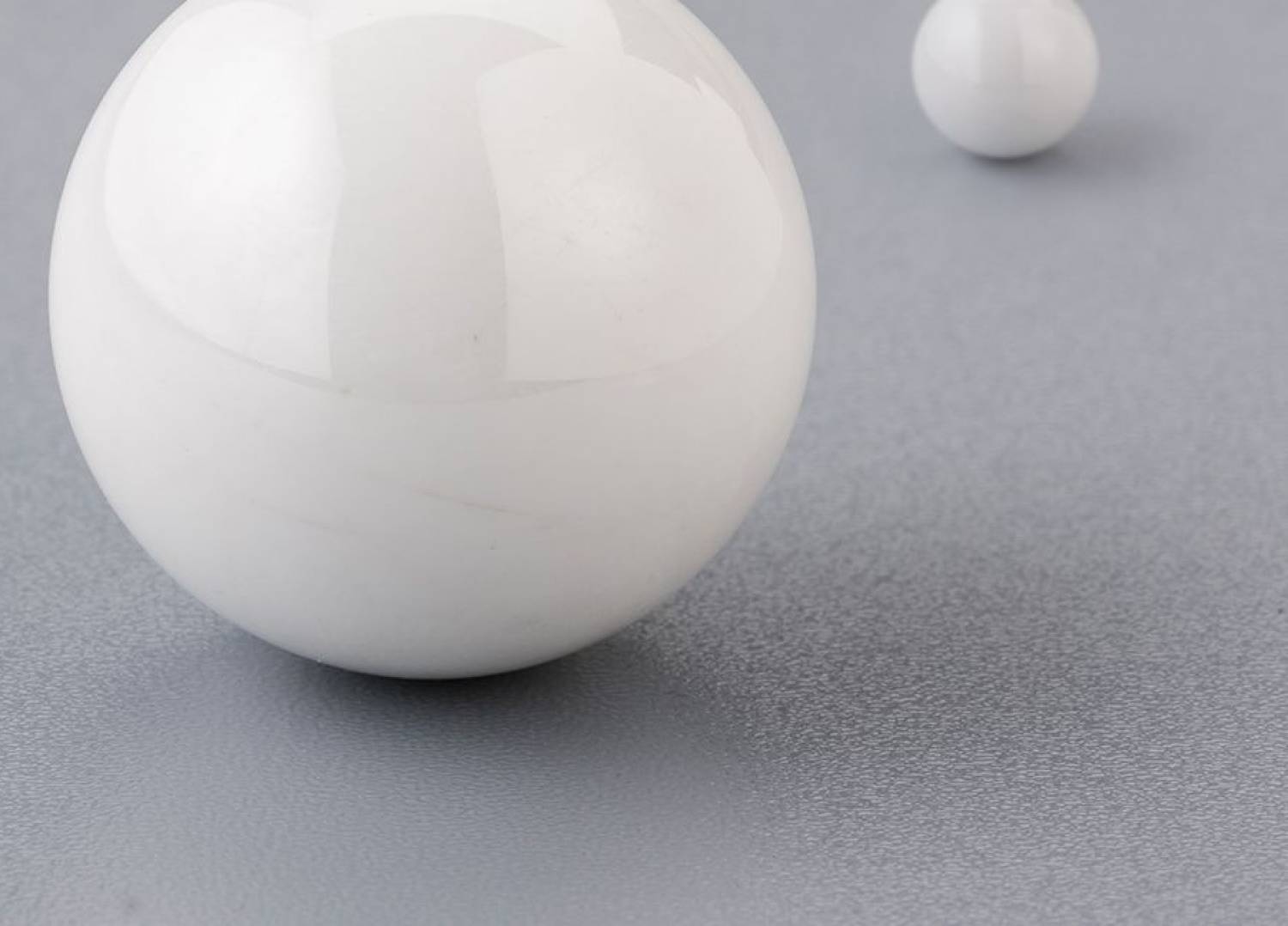
Some typical ceramics and respective applications are as follows: Aluminium oxide / Alumina (Al2O3): it is one of most commonly…
Read more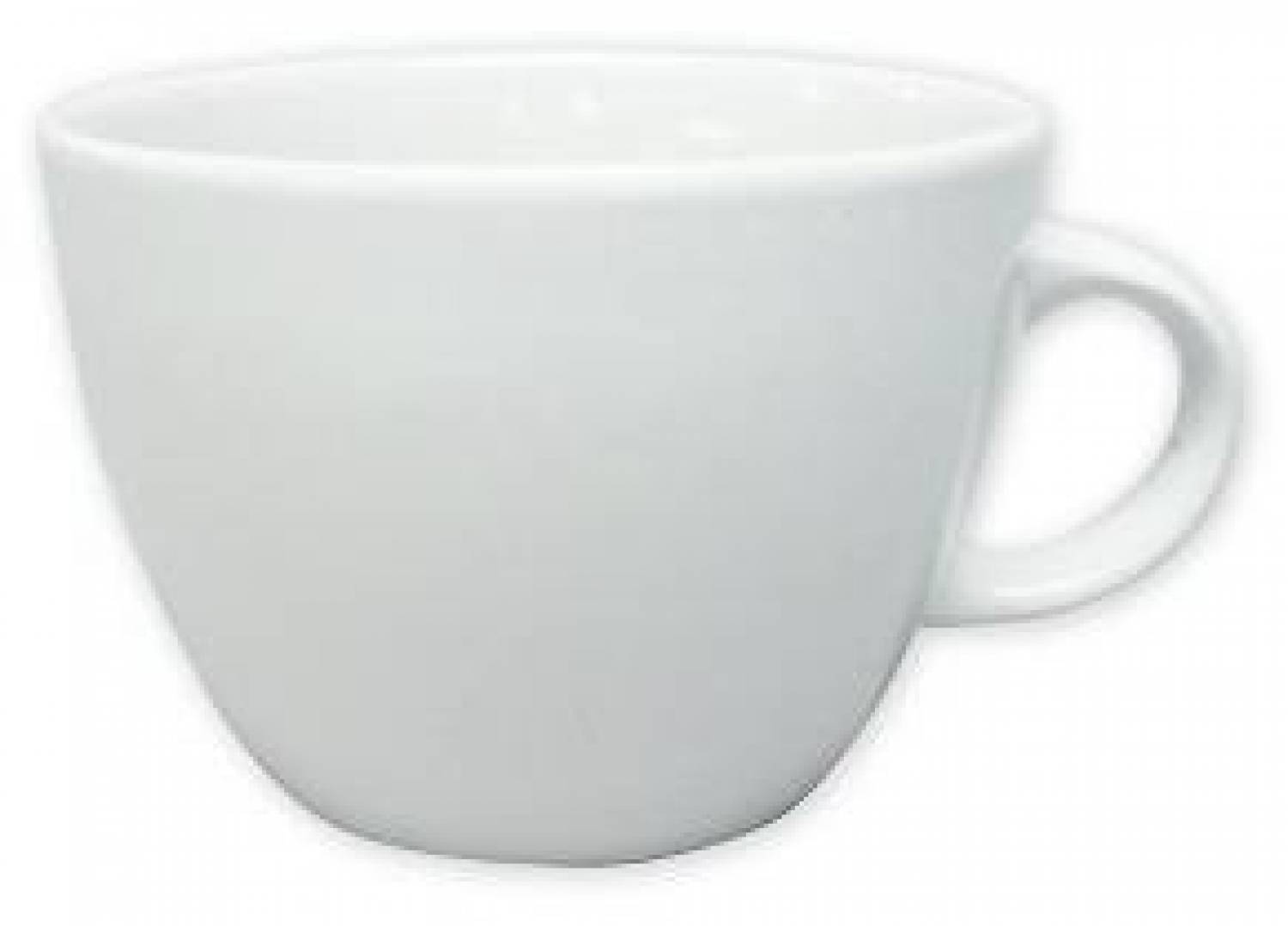
Ceramics greatly differ in their basic composition. The properties of ceramic materials also vary greatly due to differences in bonding,…
Read more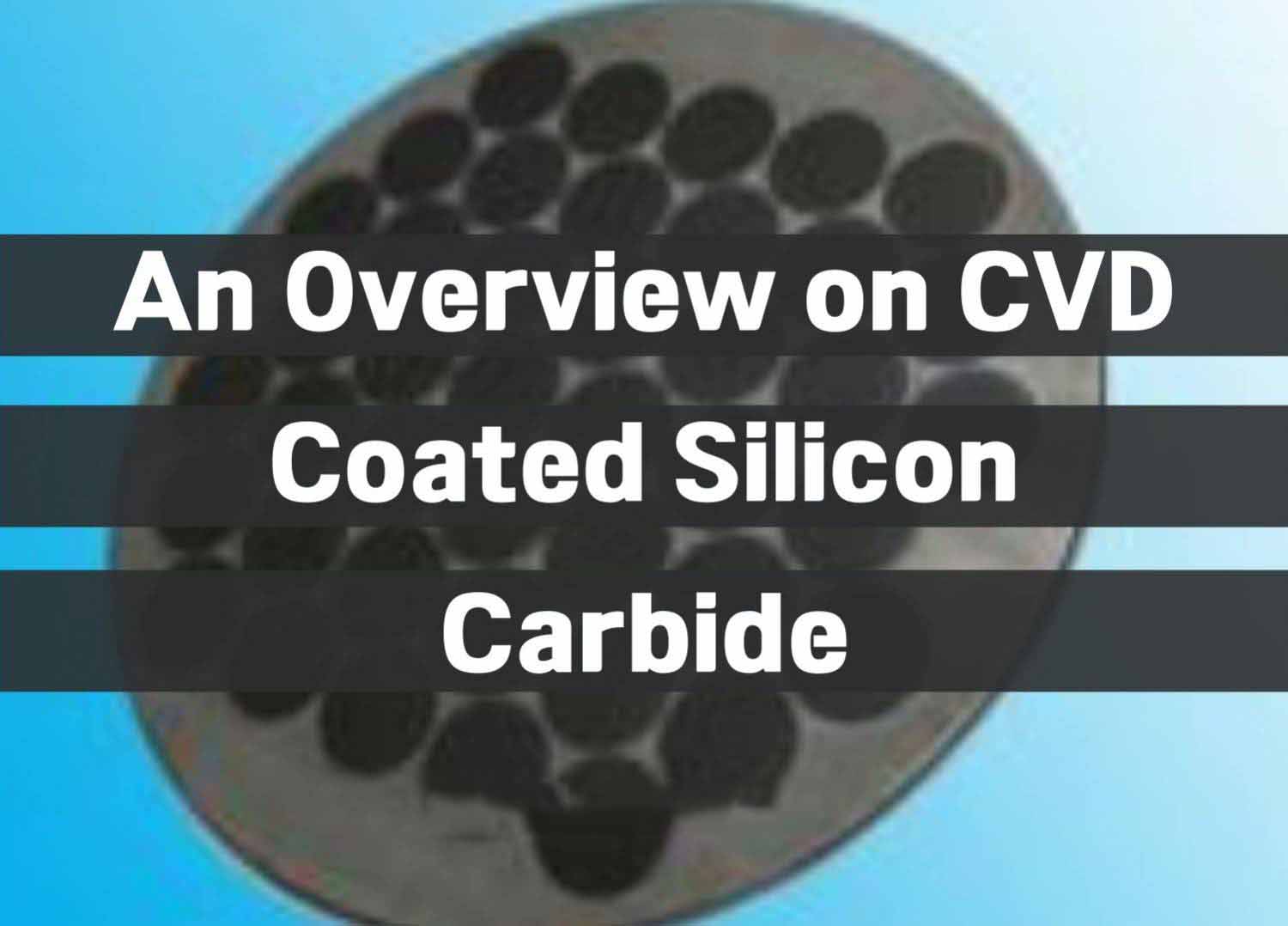
How Silicon Carbide is Discovered? Ceramics consist of a host of different materials with special properties. Silicon Carbide (SiC) is…
Read more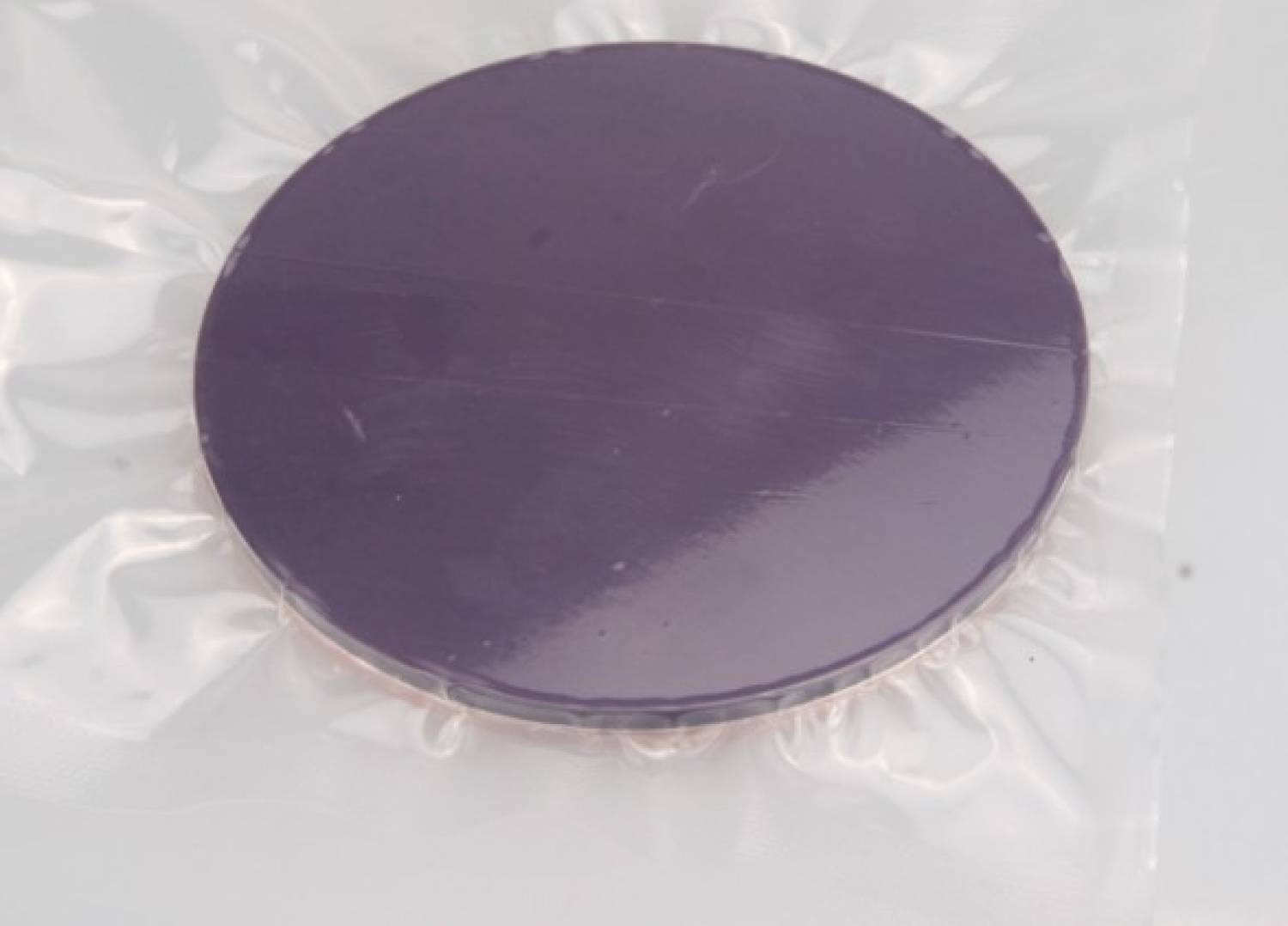
Lanthanum hexaboride (LaB6) is a well known as a kind of thermionic material. Its ability to emit electrons has been…
Read more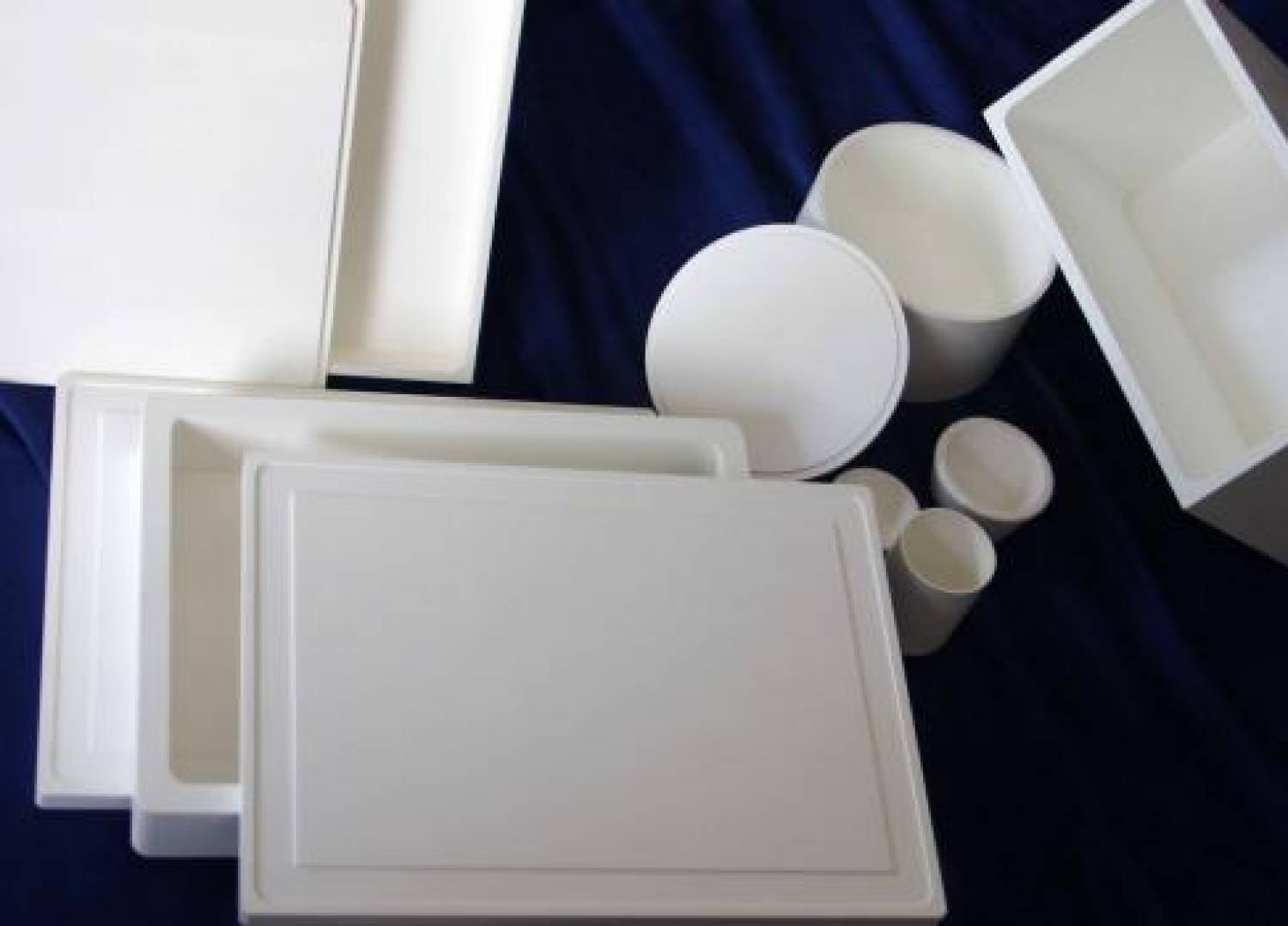
Thin films forming a group of composite materials are becoming more widely used in optics, electronics and construction of machines.…
Read more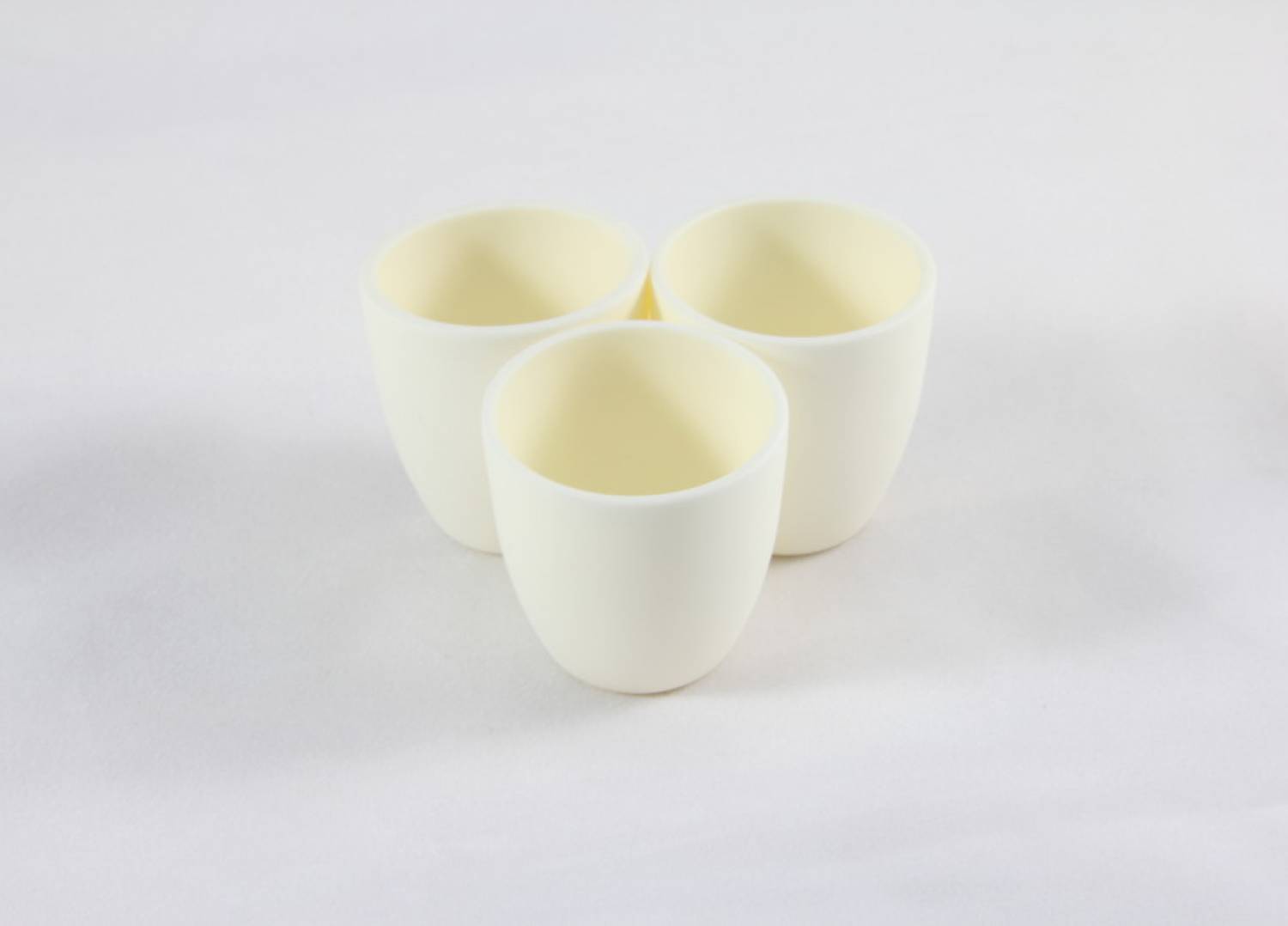
Because zirconia generally remains partially stabilized in the tetragonal phase, and alumina presents a moderate toughness, there is a trend…
Read more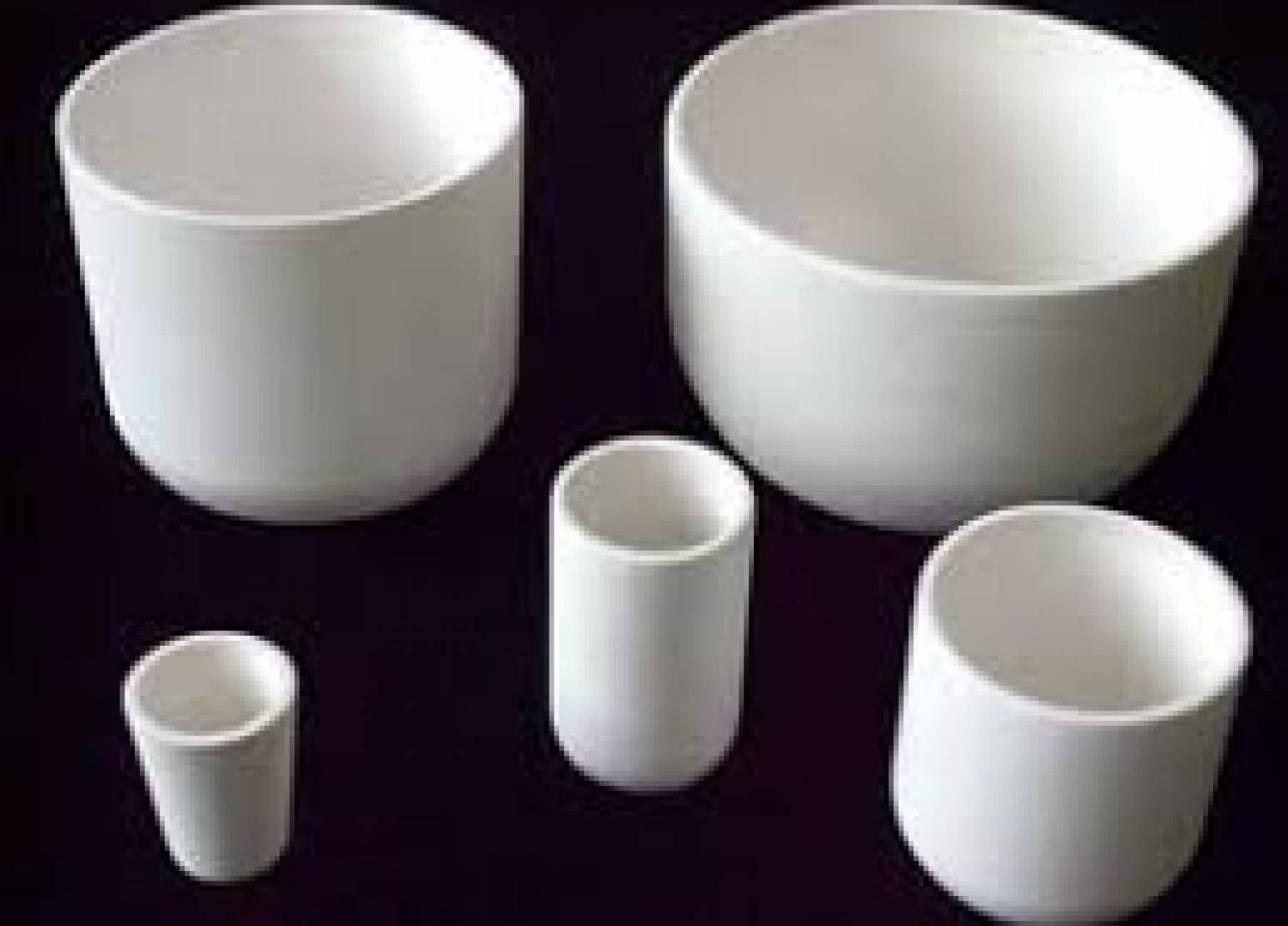
There are many kinds of stabilized zirconia, for example, Nobel Procera Zirconia, Nobel Biocare; Lava/Lava Plus, 3M ESPE; In-Ceram YZ,…
Read more
The most important and wide-ranging use of alumina is in the field of ceramics. a. As an Insulating Material The…
Read more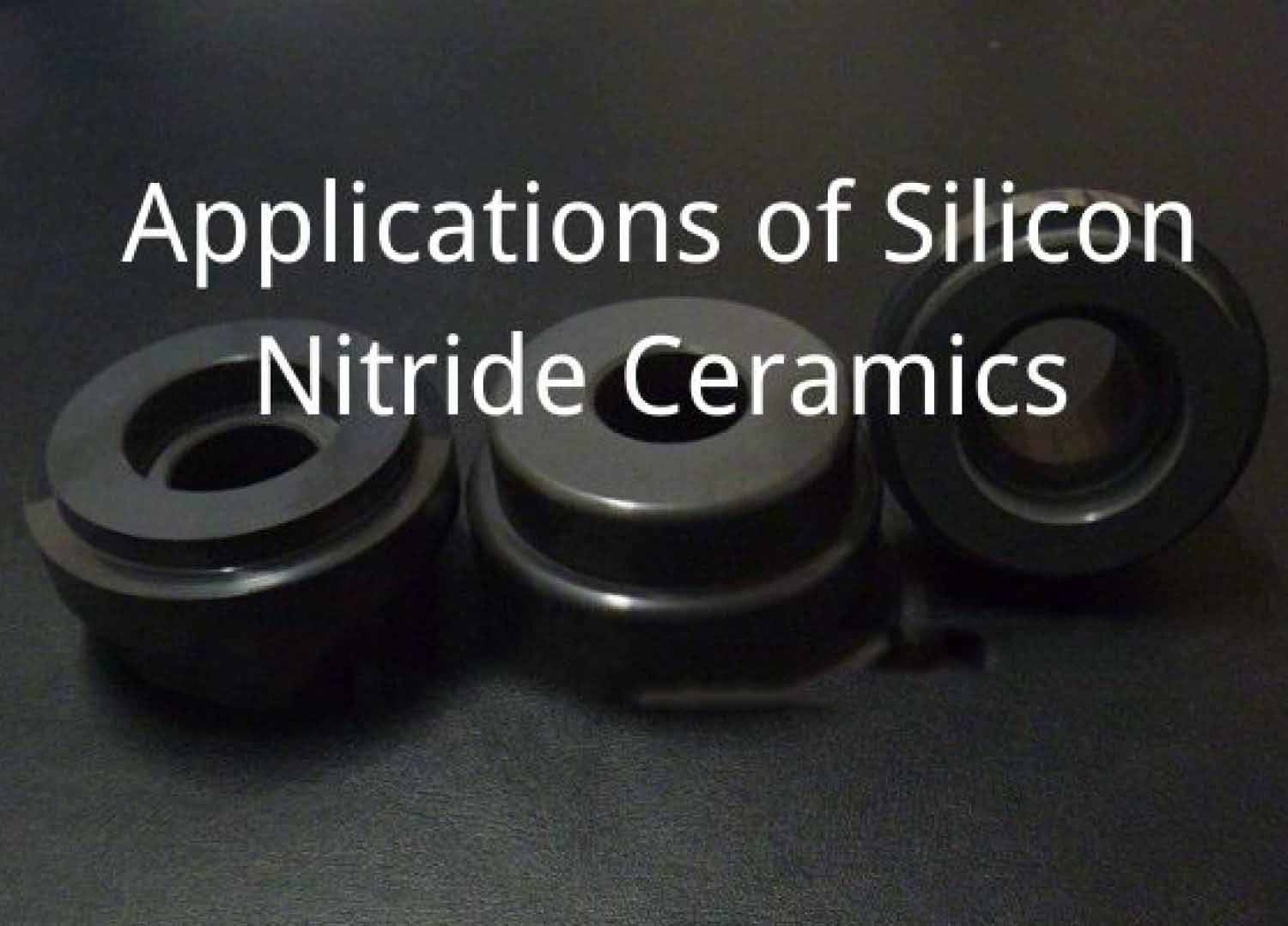
Silicon Nitride Ceramics Have Combined Properties Silicon nitride ceramics are characterized by an excellent combination of material properties. Silicon nitride…
Read more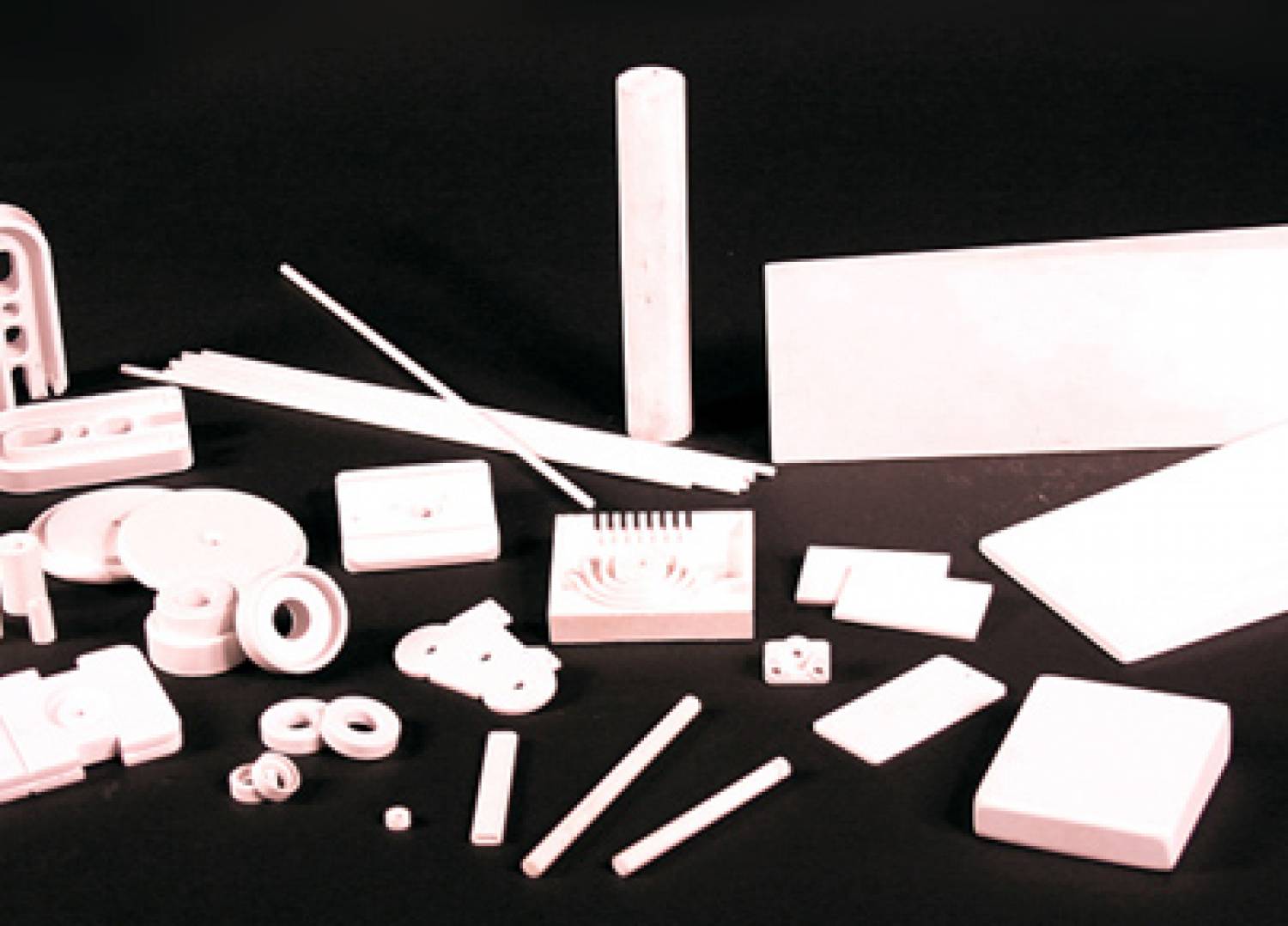
Aluminum oxide, also know as Alumina, is the most well-known oxide ceramic material. Alumina (Al2O3) in its various levels of…
Read more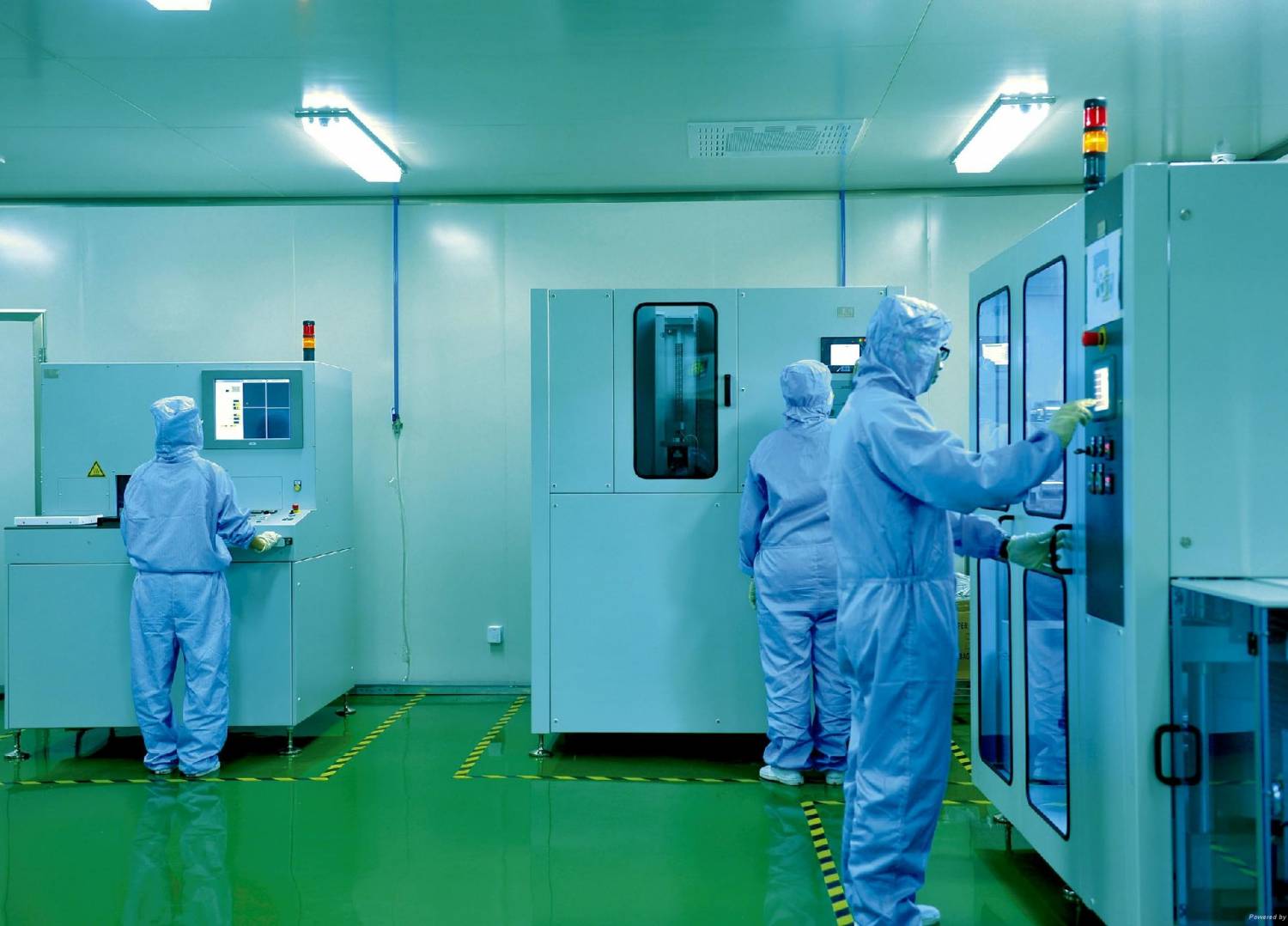
Aluminum Nitride is most often the material of choice due to its relatively excellent thermal conductivity and non-toxic nature. It…
Read more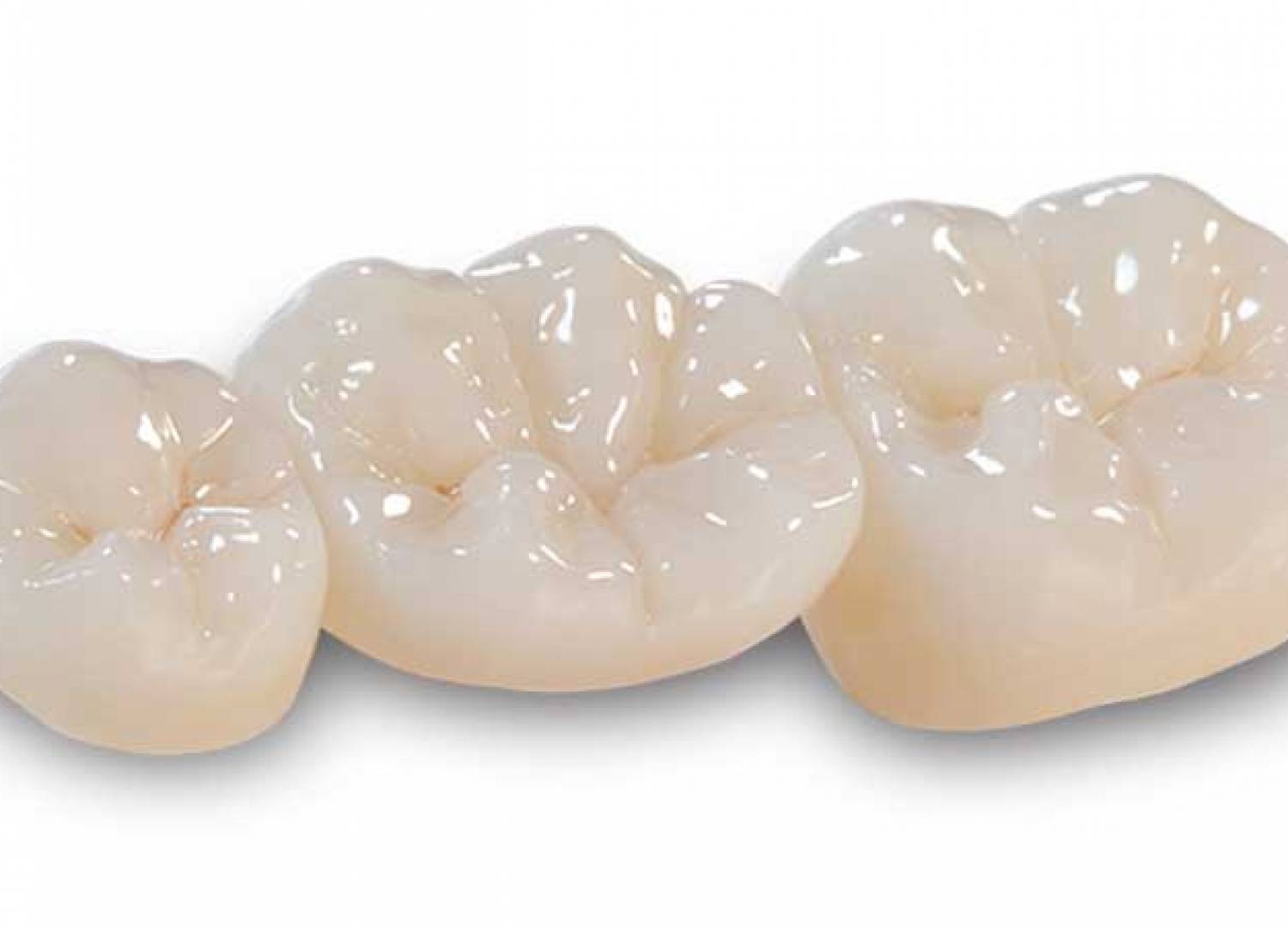
Unlike other ceramic materials, zirconium oxide, known as zirconia, it is a material with very high resistance to crack propagation.…
Read more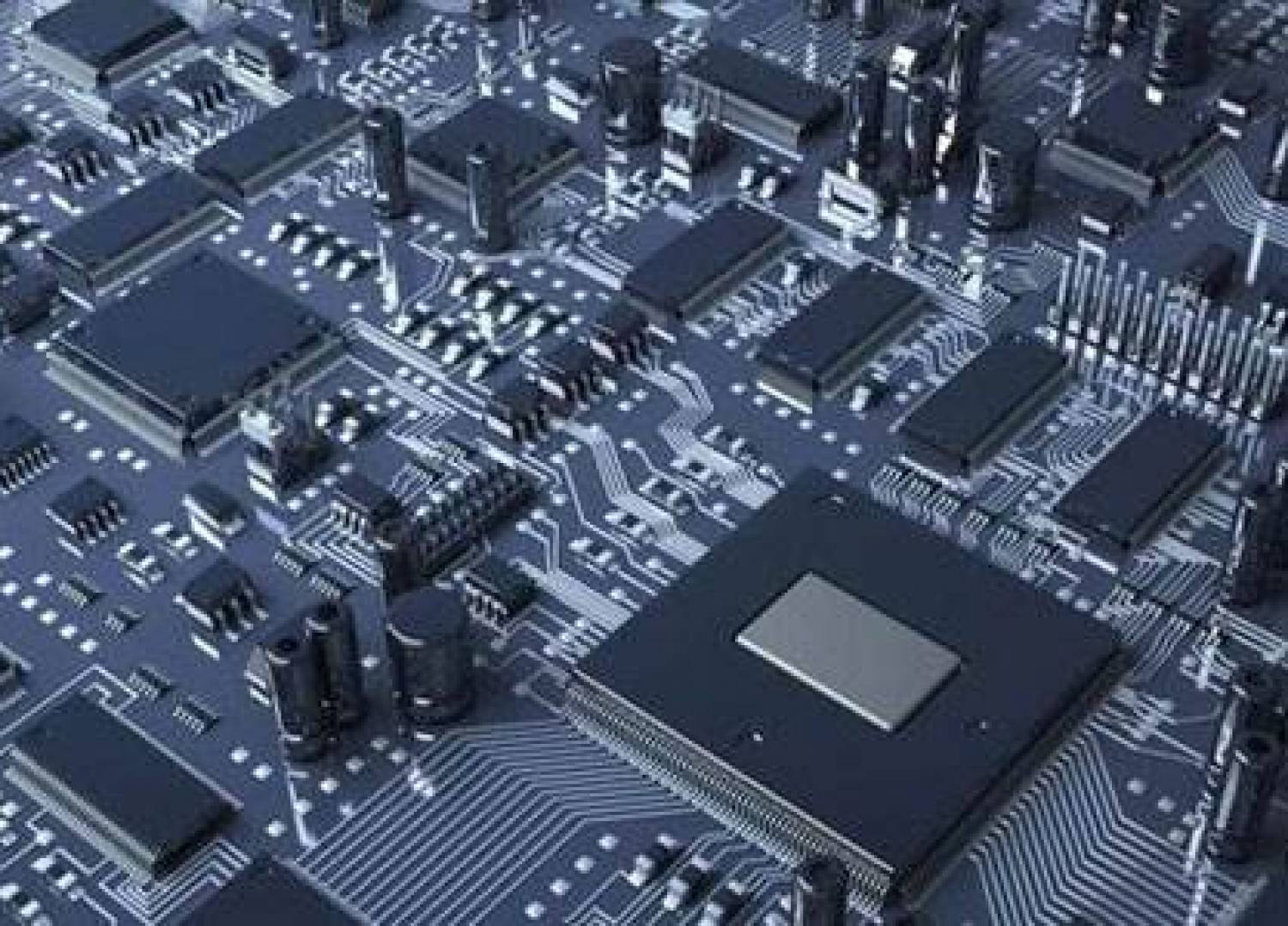
Silicon Carbide, sometimes mistakenly referred to by the trade name Carborundum. Silicon Carbide is widely used in the manufacture of…
Read more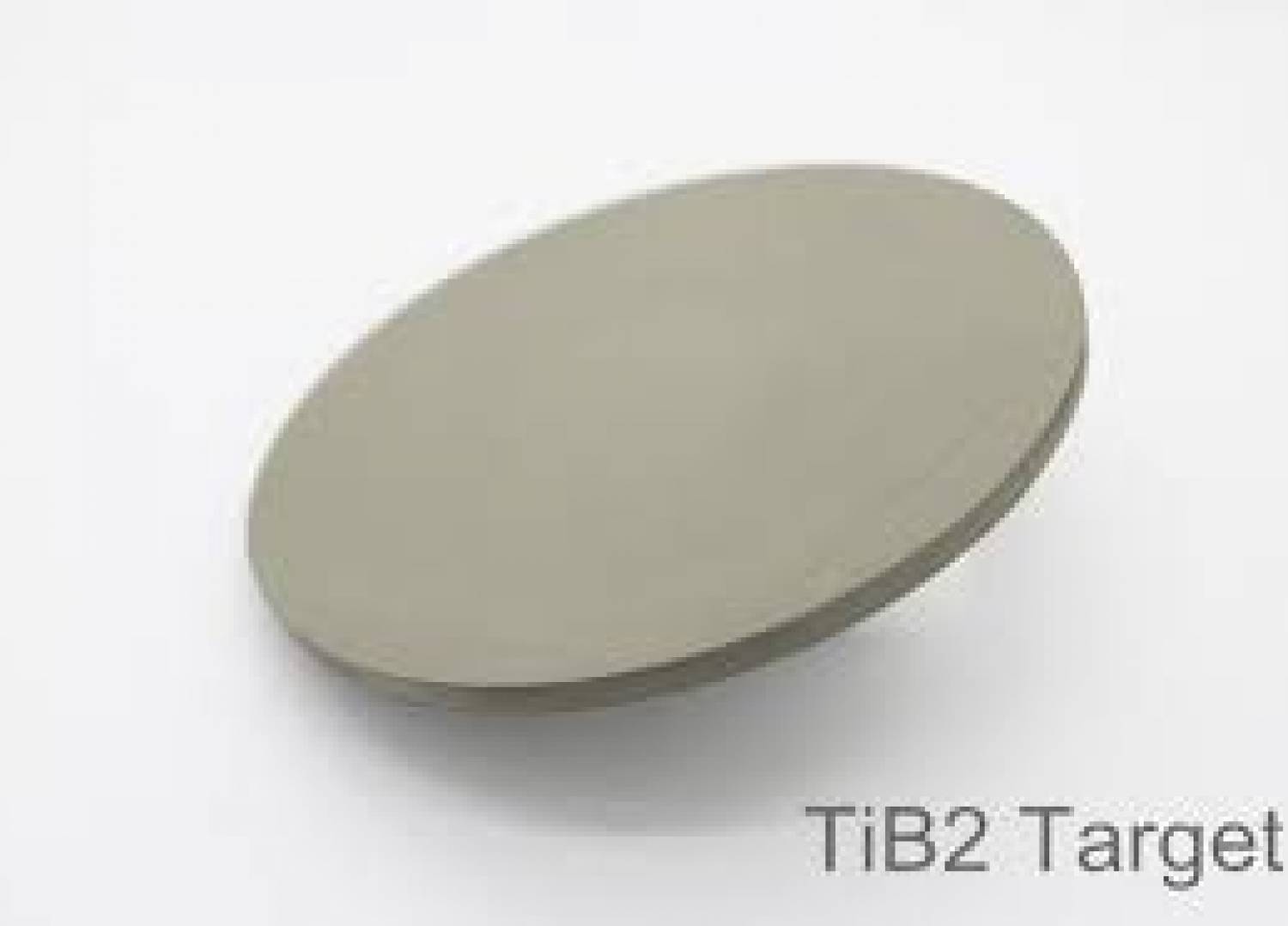
Titanium diboride for hot-pressed composite materials with outstanding electrical conductivity. These properties qualified titanium diboride for use in hot-pressed composite…
Read more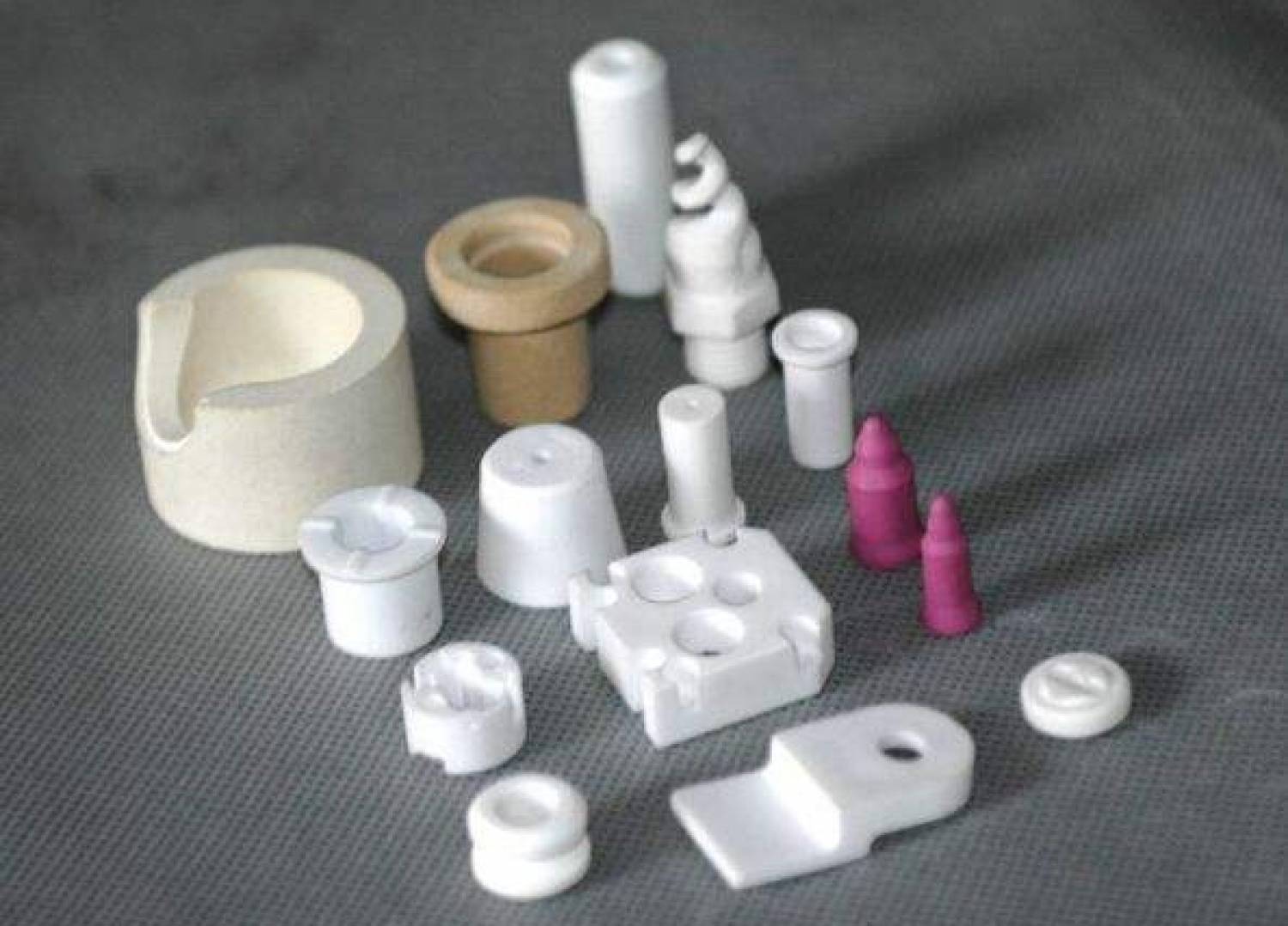
Aluminum Titanate (ATi / Al2TiO5) is an oxide – ceramic material with fine-grained microstructure and an open porosity. For Aluminum…
Read more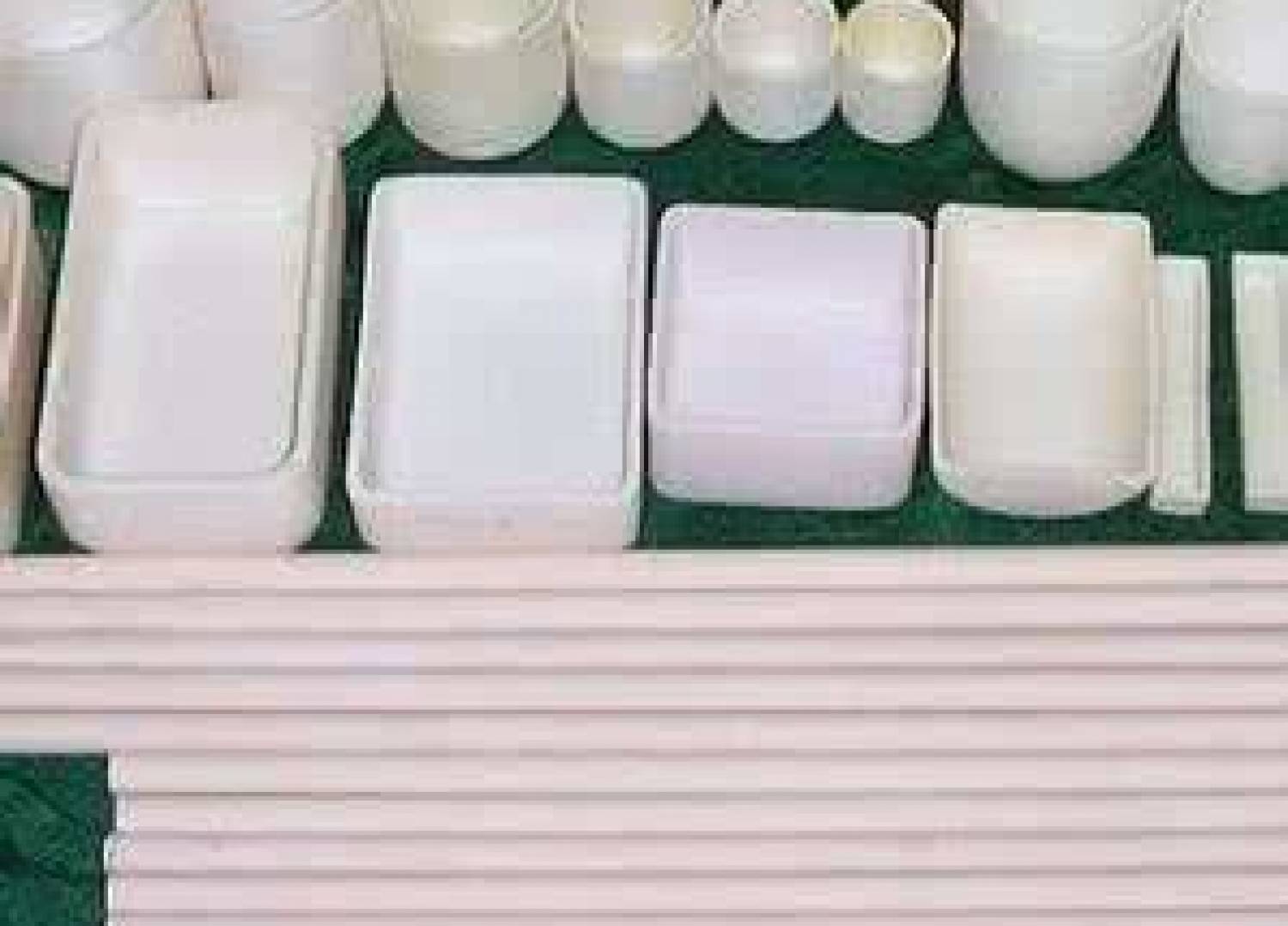
Alumina is the most common and cheap ceramic material. Due to its high hardness, high modulus of elasticity and thermal…
Read more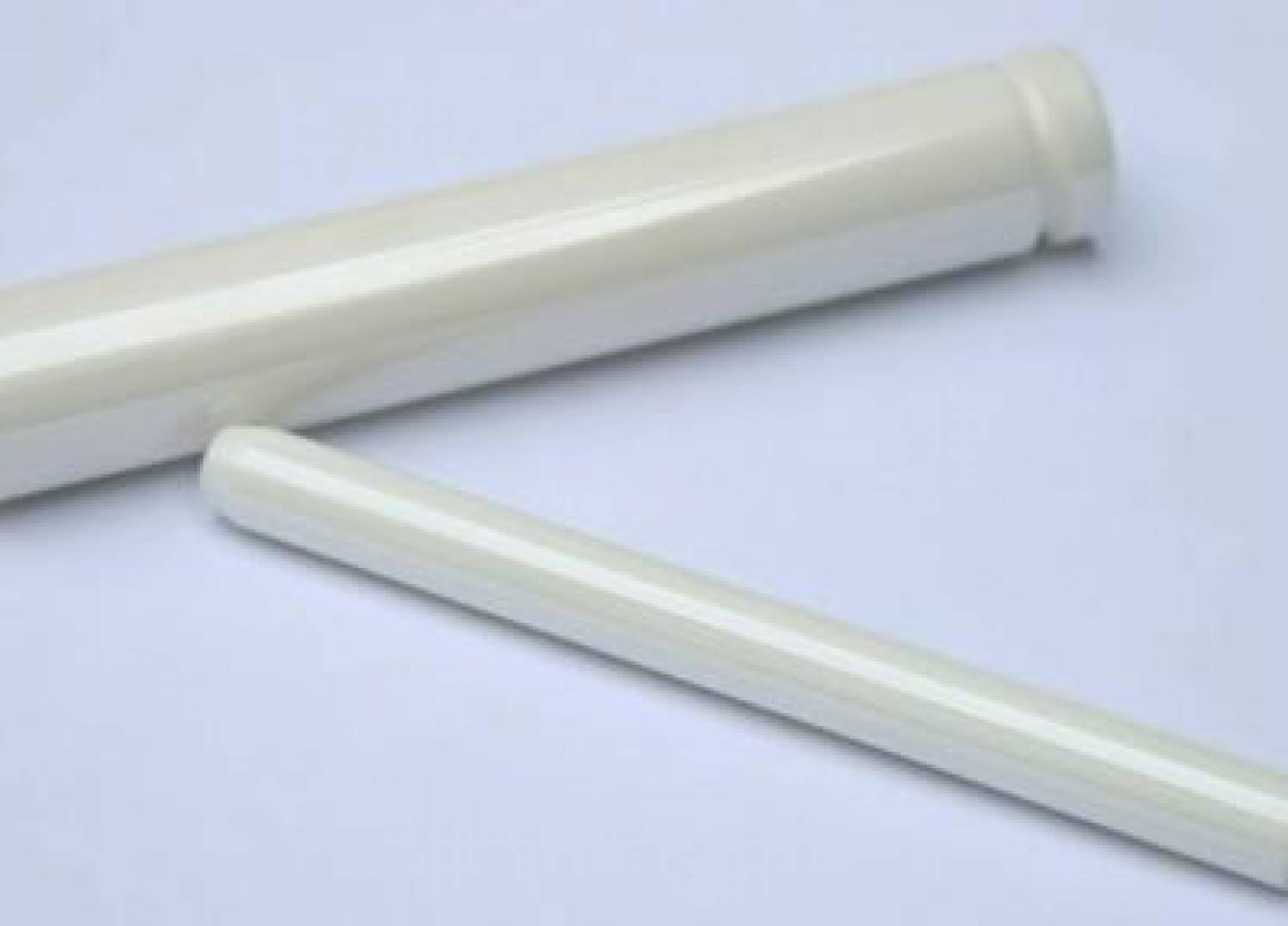
Ceramic plunger is used for petroleum machinery, comprising a connecting end of the plunger body, the inside of the plunger…
Read more
Alumina ceramic parts will be applied to a lot of industrial production occasions, which fully demonstrates that ceramic parts have…
Read more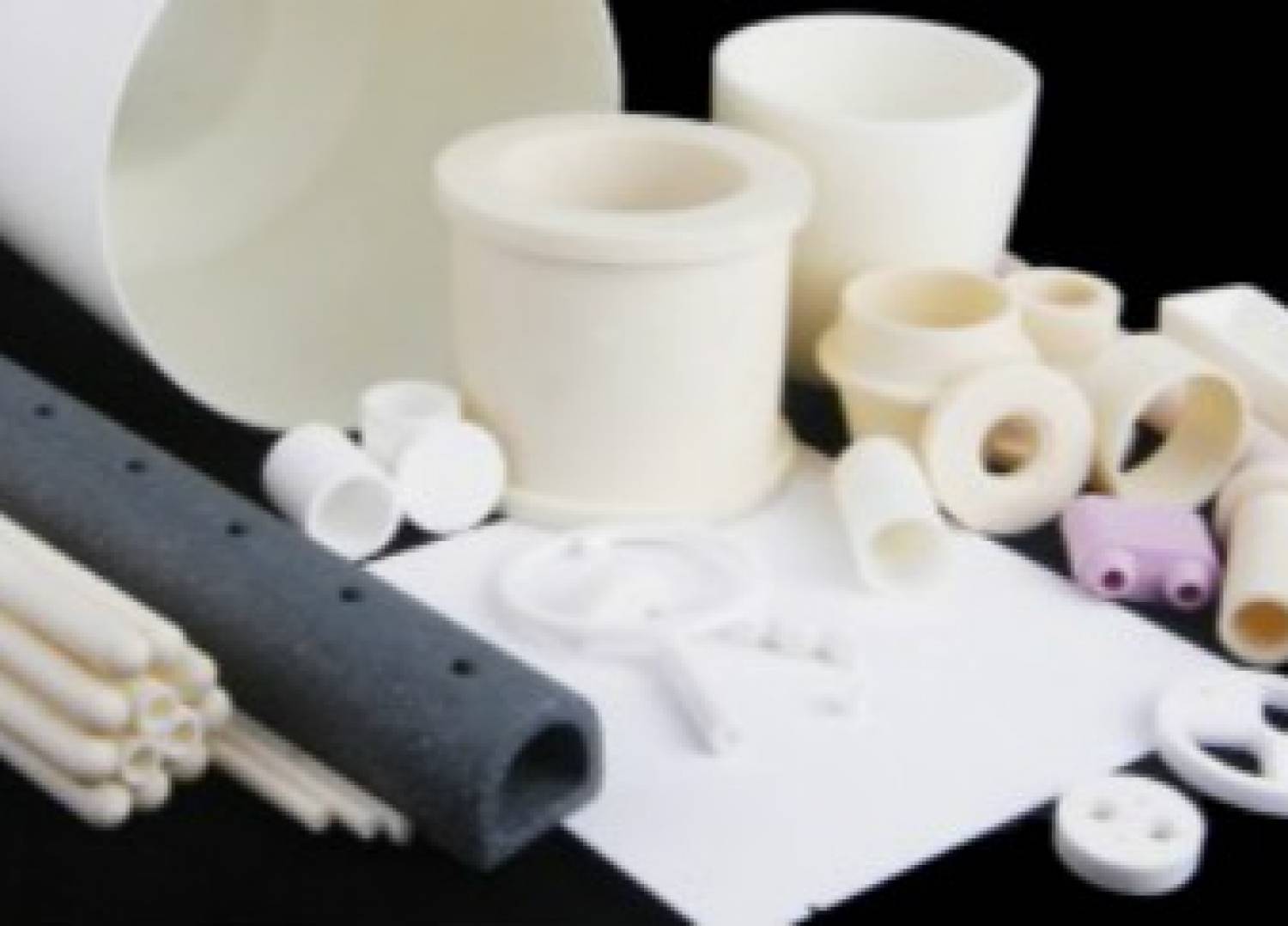
There are many kinds of precise ceramic producing methods. The production of precise ceramics should be based on product’s shapes.…
Read more
There are many kinds of precise ceramic producing methods. The production of precise ceramics should be based on product’s shapes.…
Read more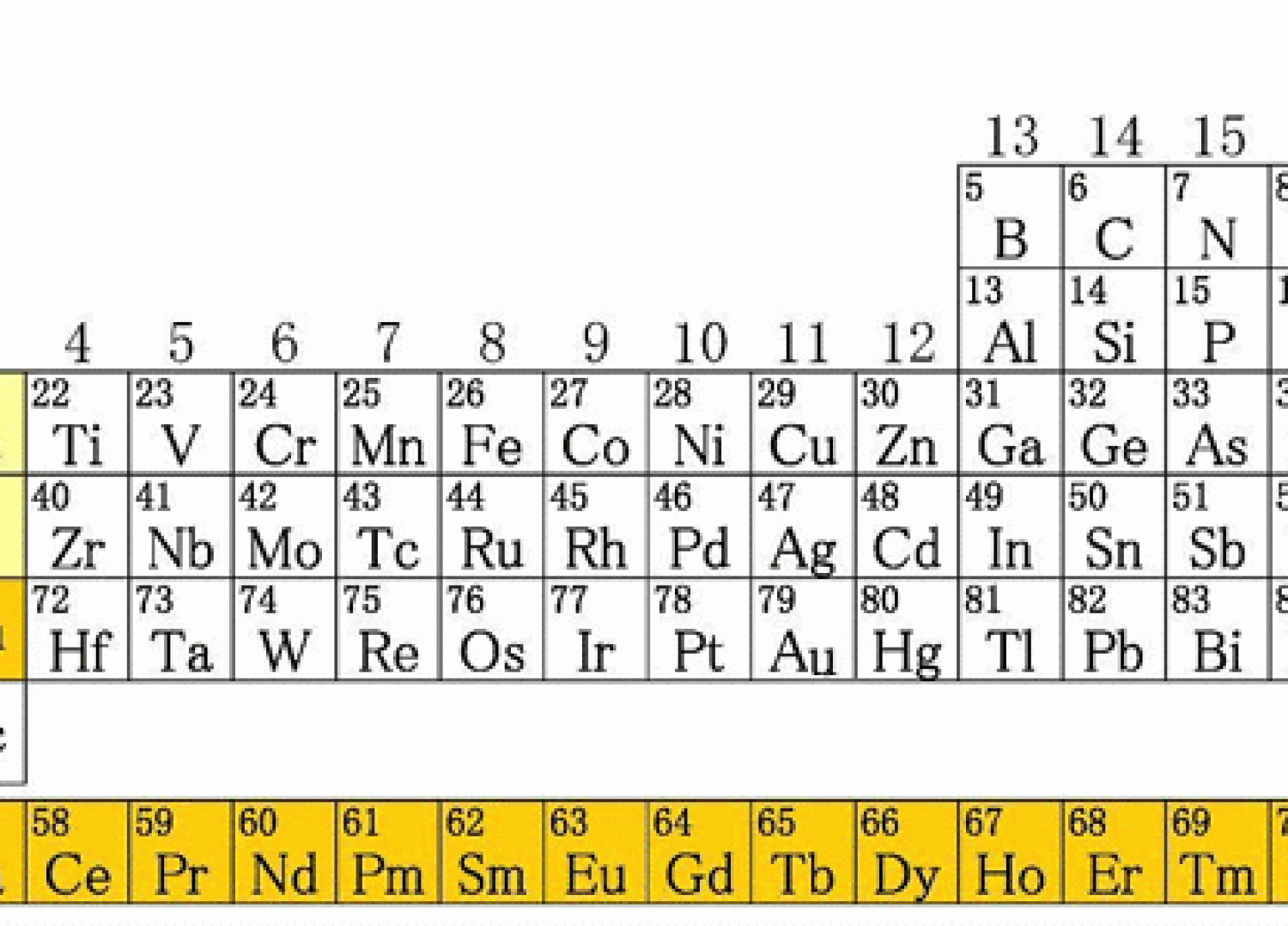
Rare Earths & Functional Ceramic Rare Earth Elements consist of 17 metal elements, including 15 lanthanides, scandium, and yttrium. In…
Read more
precise ceramics Precise ceramics are new materials which have stable and reliable anti-static performance by high temperature sintering molding. During…
Read more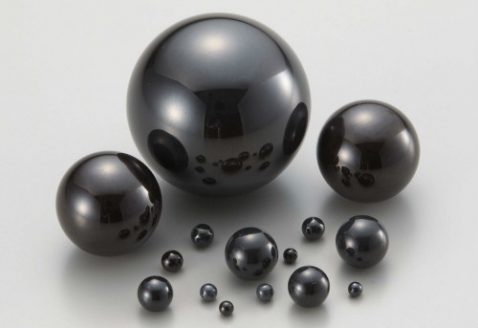
Precise Ceramics Precise ceramics, also named China Special Ceramic Parts, are products made from high purity inorganic compounds with developed workmanship. Through…
Read more